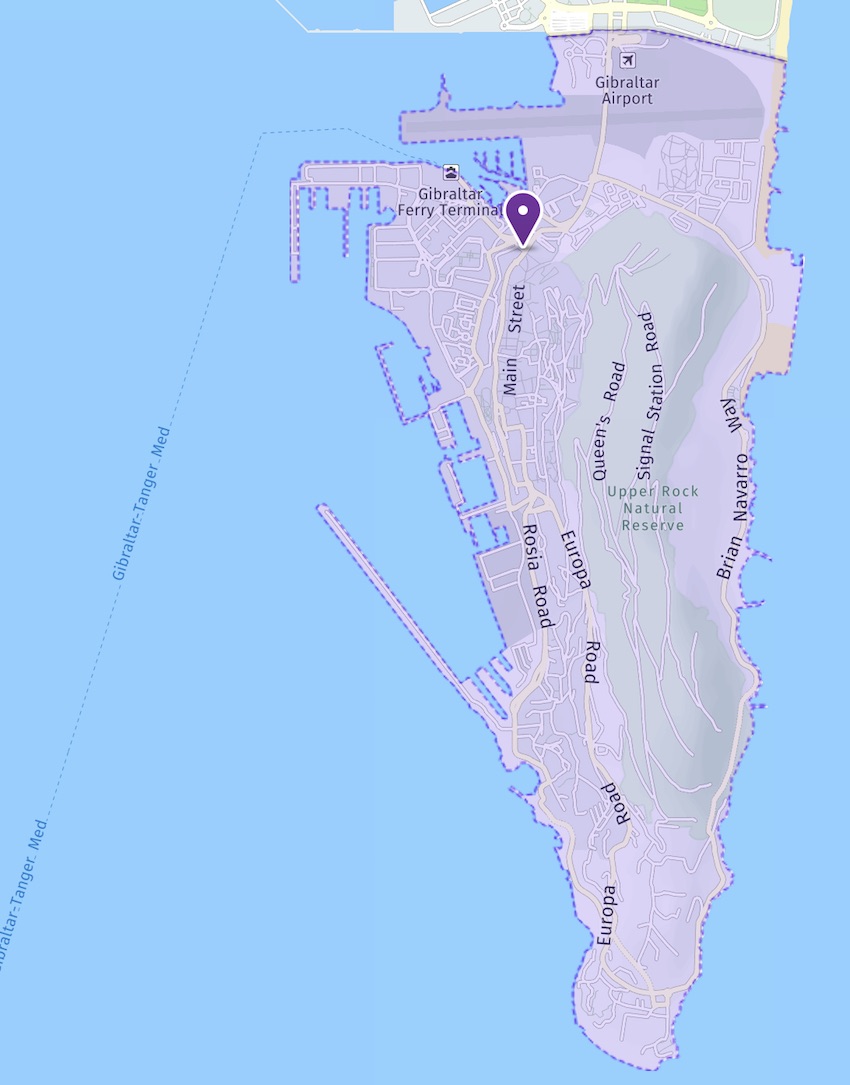My most current blog entry:
On an Oregon Filbert Farm
 Wednesday, May 23, 2018 at 7:15AM
Wednesday, May 23, 2018 at 7:15AM  Out n the farm, just north of Keizer, Oregon, a storm approaches.
Out n the farm, just north of Keizer, Oregon, a storm approaches.
 Western Oregon in mid-Spring . . . breathtaking beauty.
Western Oregon in mid-Spring . . . breathtaking beauty.
 I am staying with a friend who keeps bees on his 'hobby' filbert farm.
I am staying with a friend who keeps bees on his 'hobby' filbert farm.
 A large puff of flowers being pollinated . . .
A large puff of flowers being pollinated . . .
 Busy bees from the farm's bee hives.
Busy bees from the farm's bee hives.
 Bees are not the only insects that carry out pollination duties . . . flies do to.
Bees are not the only insects that carry out pollination duties . . . flies do to.
 Wild clover growing at the fringes of the orchard and gardens.
Wild clover growing at the fringes of the orchard and gardens.
 Late in the afternoon . . . one small shaft of light found it's way through the bushes to find this one hidden flower. WOW!
Late in the afternoon . . . one small shaft of light found it's way through the bushes to find this one hidden flower. WOW!
 Such a lovely variety of magnificent flowers all around the farm.
Such a lovely variety of magnificent flowers all around the farm.
 A whole world in one flower . . .
A whole world in one flower . . .
 Ravishingly beautiful . . .
Ravishingly beautiful . . .

So many flowers . . . I wish I knew the names of all of them.
 Many flowers showed signs of flowering for a long time . . . as there were many stages of development all on the same stalk.
Many flowers showed signs of flowering for a long time . . . as there were many stages of development all on the same stalk.
 Deep red . . .
Deep red . . .
 And a salmon rose . . .
And a salmon rose . . .
 A yellow marvel hidden deep in the reeds . . .
A yellow marvel hidden deep in the reeds . . .
 Oh my! The patterns!!!
Oh my! The patterns!!!
 I have to always keep an eye open for this mean, aggressive rooster. He will attack without eating!
I have to always keep an eye open for this mean, aggressive rooster. He will attack without eating!
 Nature's flower arrangements . . .
Nature's flower arrangements . . .
 Busy bees all across the many flowers in the garden . . .
Busy bees all across the many flowers in the garden . . .
 I love these bursts of life . . .
I love these bursts of life . . .
 A never-ending landscape of flowery bouquets . . .
A never-ending landscape of flowery bouquets . . .
 It is hard to believe these waxy flowers are real . . .
It is hard to believe these waxy flowers are real . . .
 Tiny flowers in the deep grasses.
Tiny flowers in the deep grasses.
 While some plants throw out many, many blossoms, others offer only a few brilliant targets for pollination.
While some plants throw out many, many blossoms, others offer only a few brilliant targets for pollination.
 The back garden . . .
The back garden . . .
 Busy bees . . .
Busy bees . . .
 A busy bee getting lost in the white folds . . .
A busy bee getting lost in the white folds . . .
 Lovely green . . .
Lovely green . . .
 Lovely berry blossoms . . .
Lovely berry blossoms . . .
 It has been lovely staying out in the Oregon countryside.
It has been lovely staying out in the Oregon countryside.
 Flowers everywhere . . . down in the bottom of the garden's ground cover too.
Flowers everywhere . . . down in the bottom of the garden's ground cover too.
 A tiny world of flowers.
A tiny world of flowers.
 Afternoon . . . .
Afternoon . . . .
 Late afternoon puffs of white . . .
Late afternoon puffs of white . . .
 Oregon is known for its rhododendrons . . .
Oregon is known for its rhododendrons . . .
 The farmhouse.
The farmhouse.
 A nutty farmer . . . er . . . a farmer of nuts.
A nutty farmer . . . er . . . a farmer of nuts.
 Some of the filbert orchards.
Some of the filbert orchards.
 Specialized filbert harvesting equipment: sweeper (left) and harvester (right)
Specialized filbert harvesting equipment: sweeper (left) and harvester (right)
 The last of this kind of early-blossoming flower . . .
The last of this kind of early-blossoming flower . . .
 I was completely infatuated with these purple beauties!
I was completely infatuated with these purple beauties!
 There were so many of these on one bush.
There were so many of these on one bush.
 Fantastic!
Fantastic!
 So green . . . it becomes purple!!!
So green . . . it becomes purple!!!
 The last of these messy orange flowers.
The last of these messy orange flowers.
 Astonishing beauty!
Astonishing beauty!
 Ready to burst.
Ready to burst.
 Morning opening . . .
Morning opening . . .
 Opening in morning's first light . . . fully open by afternoon!
Opening in morning's first light . . . fully open by afternoon!
 In all phases . . .
In all phases . . .
 The center exposed.
The center exposed.
 . . . and fully open!
. . . and fully open!
 More pink wonders.
More pink wonders.
 I LOVE these happy little things . . .
I LOVE these happy little things . . .
 A magnificent purple Iris!
A magnificent purple Iris!
 Remarkable variety of flowers in the garden.
Remarkable variety of flowers in the garden.
 Many different kinds of rhododendrons all over the garden.
Many different kinds of rhododendrons all over the garden.
 Gorgeous rhodies!
Gorgeous rhodies!
 The rhododendron must be the most 'flower-full' of all bushes!
The rhododendron must be the most 'flower-full' of all bushes!
 The variety of colors of the rhodies is amazing.
The variety of colors of the rhodies is amazing.
 Red rhododendrons too.
Red rhododendrons too.
 Bright salmon-colored rhodies . . .
Bright salmon-colored rhodies . . .
 I sometimes took photos of the same flower at different times of the day . . . in different light.
I sometimes took photos of the same flower at different times of the day . . . in different light.
 Small delicate little sprites of color!
Small delicate little sprites of color!
 A spray of pretty pink flowers.
A spray of pretty pink flowers.
 I was sometimes surprised by new bursts of blossoms . . . where there had been none only a few days before!
I was sometimes surprised by new bursts of blossoms . . . where there had been none only a few days before!
 These beautiful 'ornamental cherry' flowers came right out of the trunk only a foot off the ground . . . not on the limbs and branches!
These beautiful 'ornamental cherry' flowers came right out of the trunk only a foot off the ground . . . not on the limbs and branches!
 I LOVE flowers and am always happy when I am in a garden . . .
I LOVE flowers and am always happy when I am in a garden . . .
Hot Rods!
 Wednesday, May 9, 2018 at 6:51AM
Wednesday, May 9, 2018 at 6:51AM 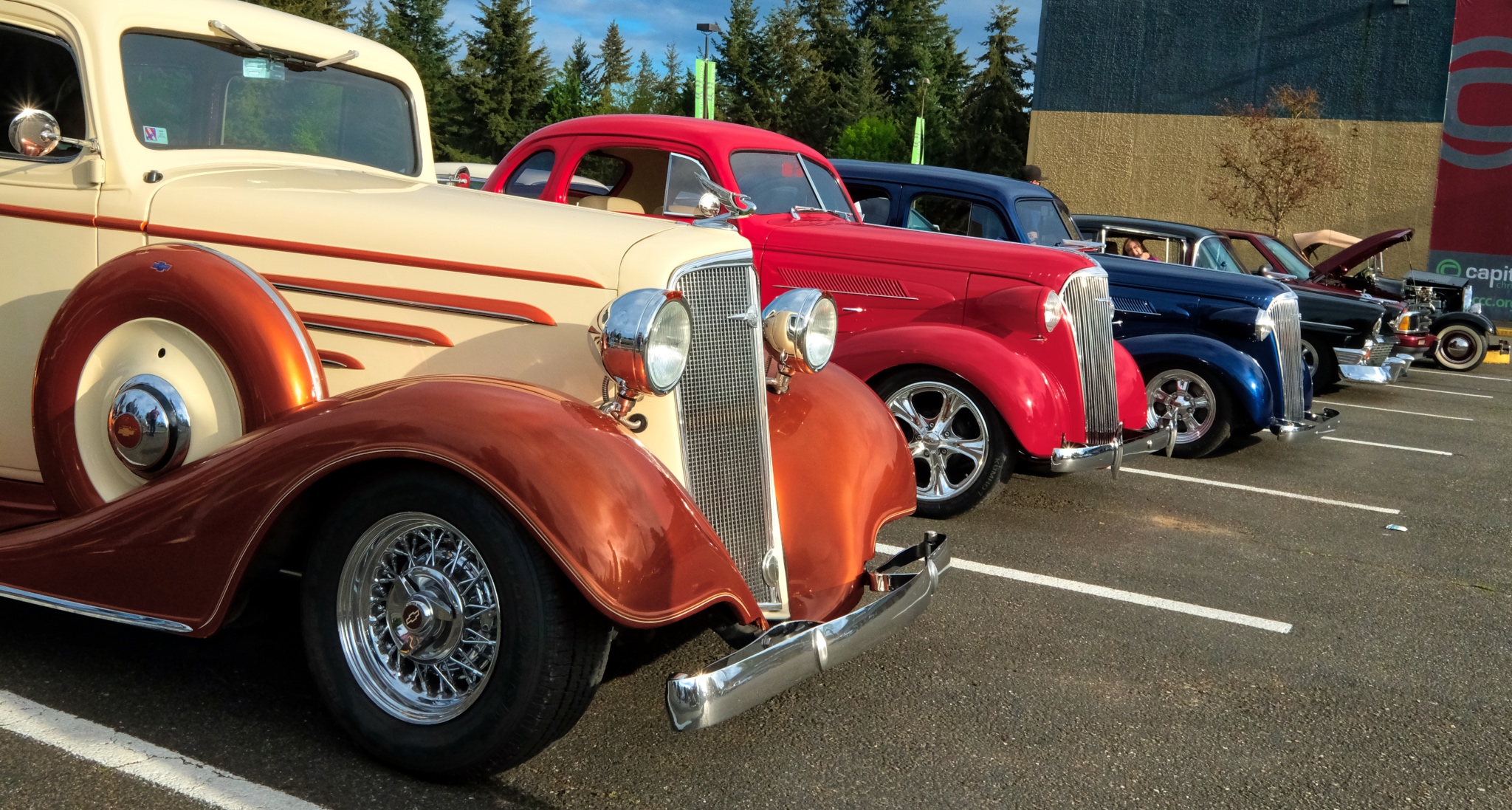
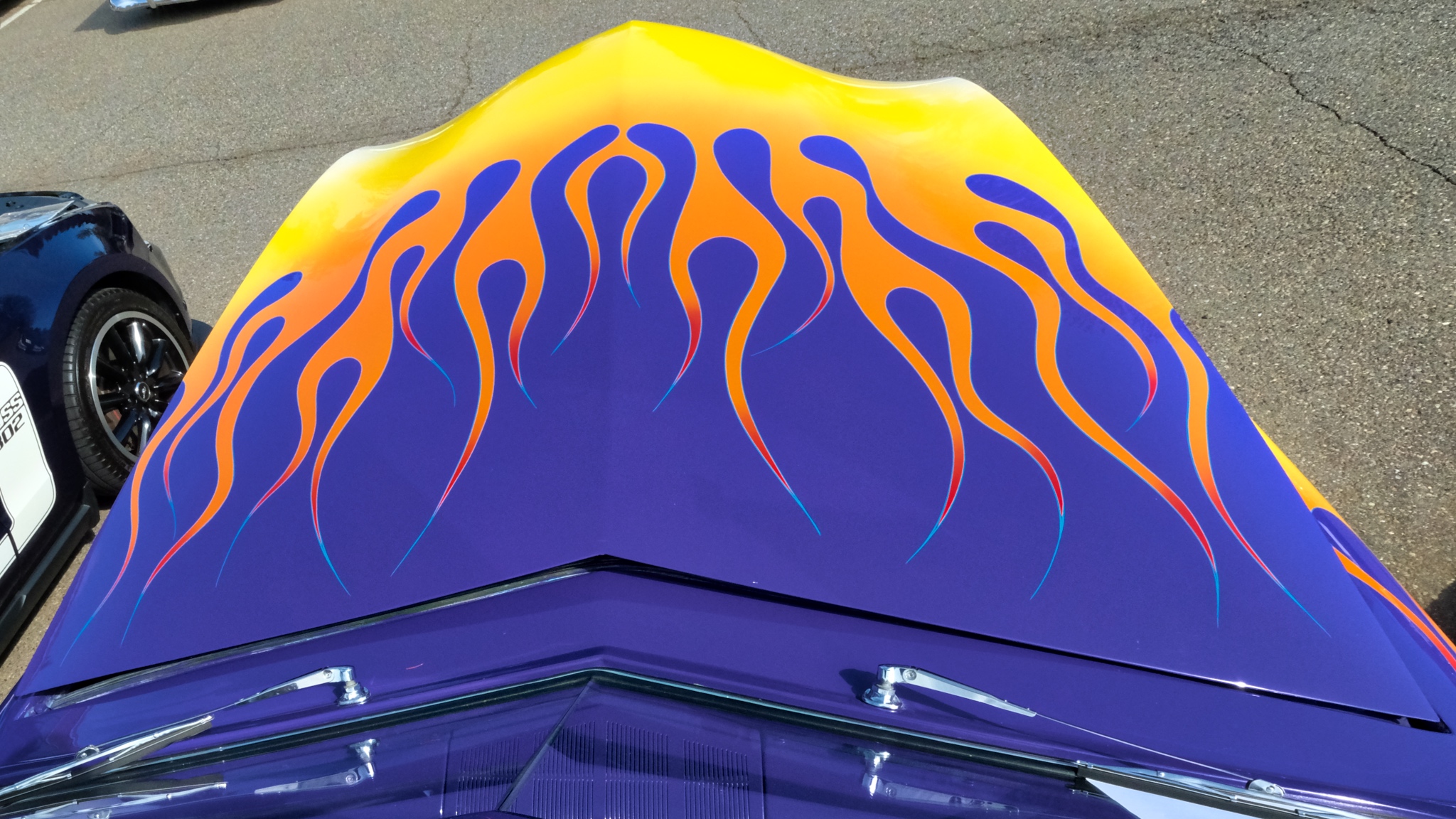
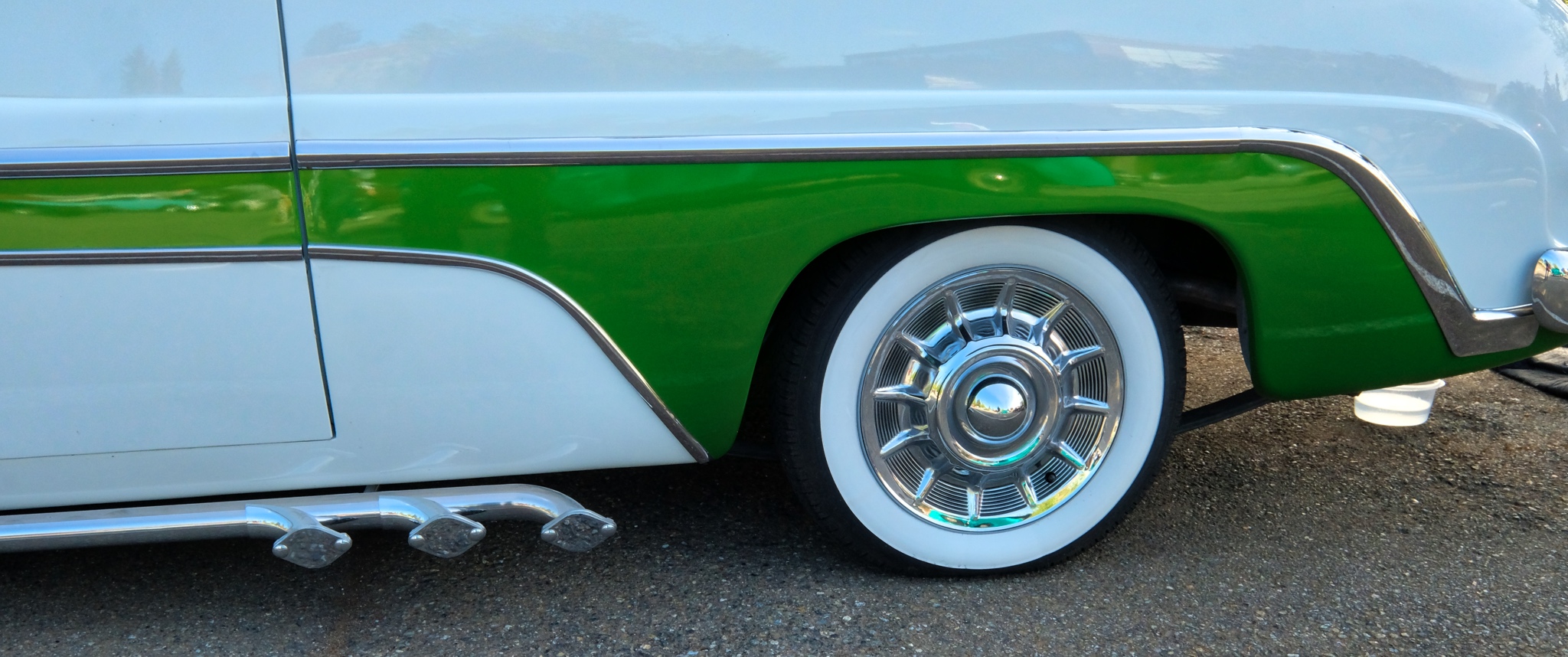


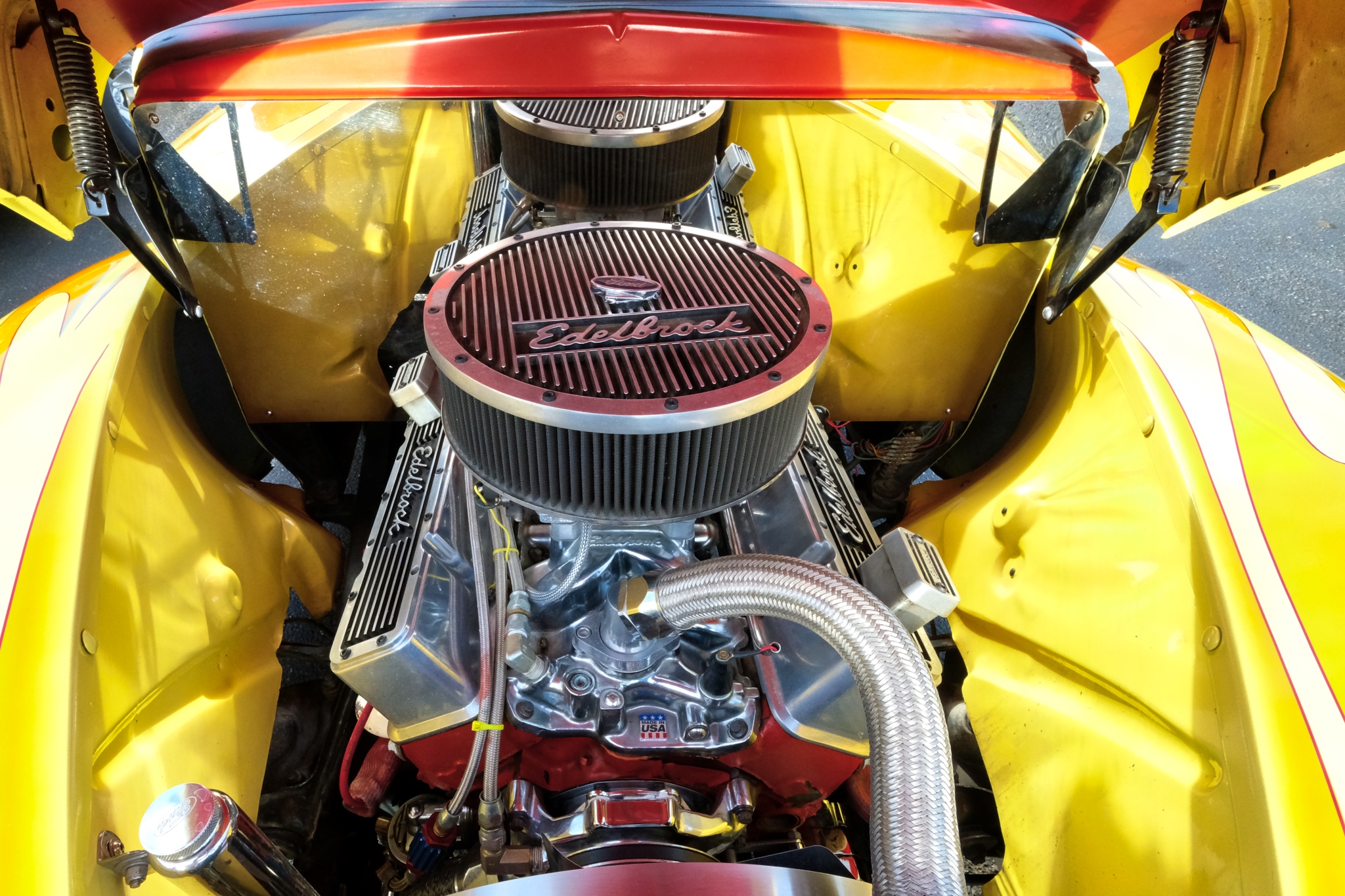
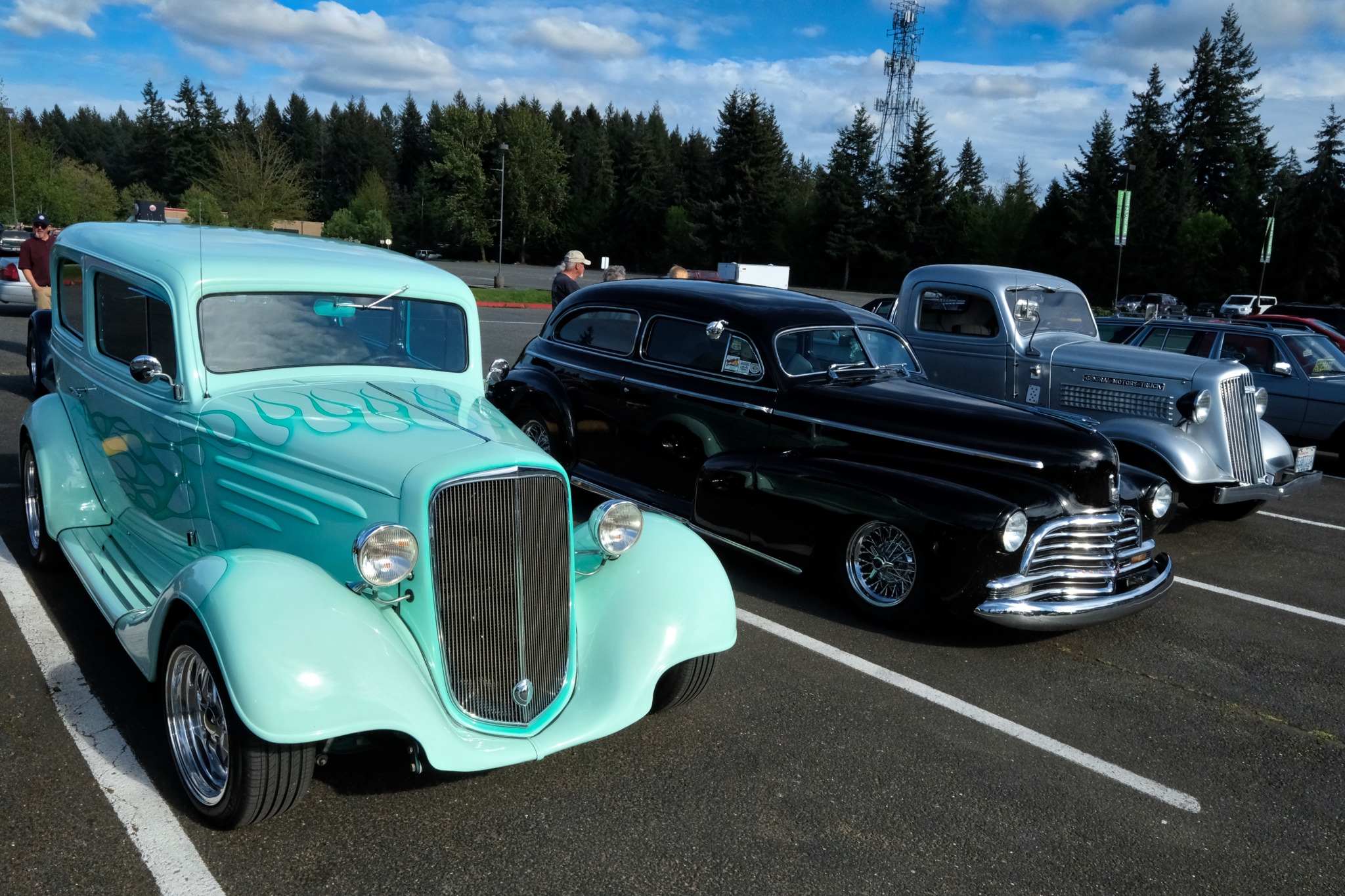
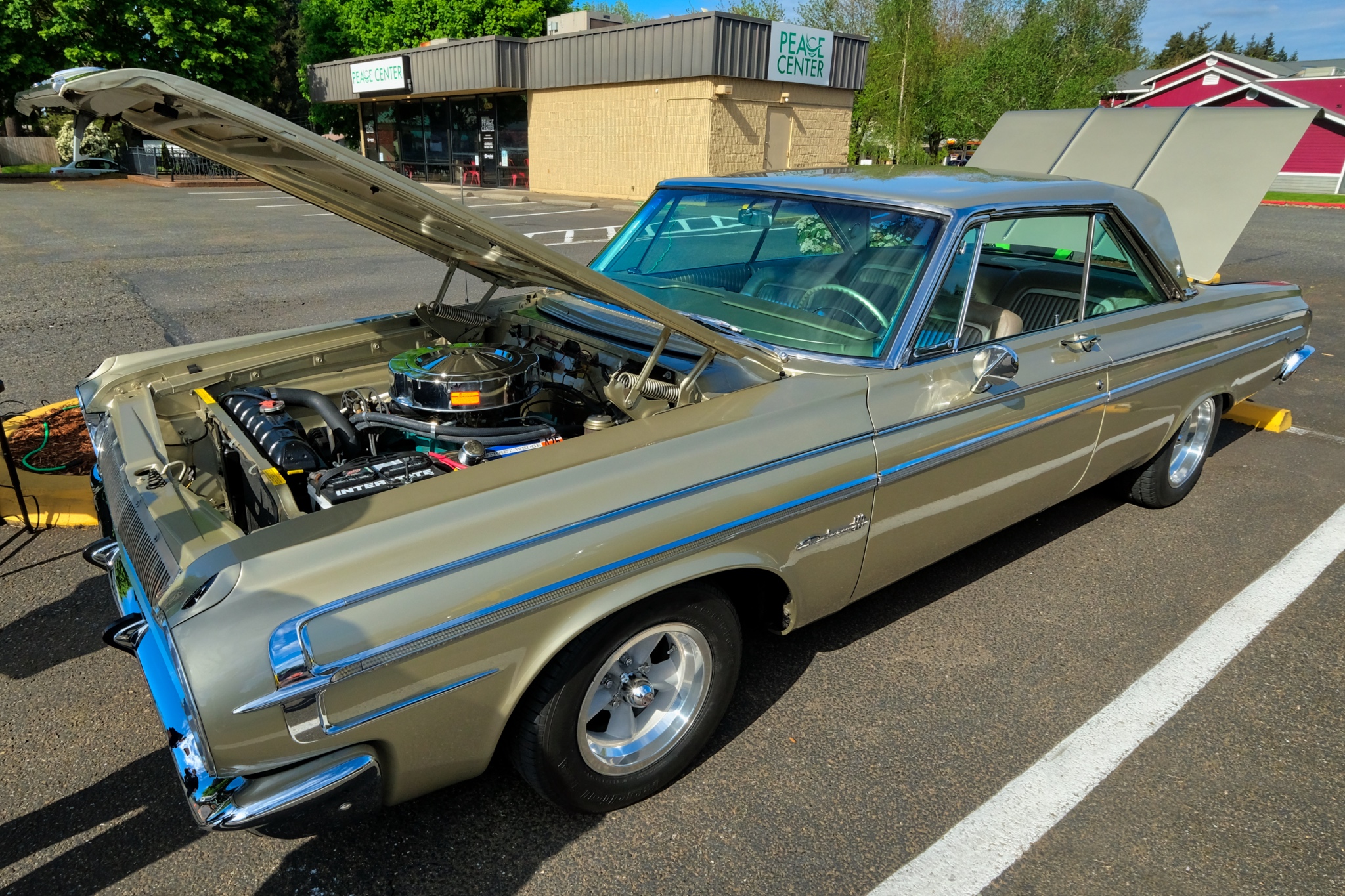
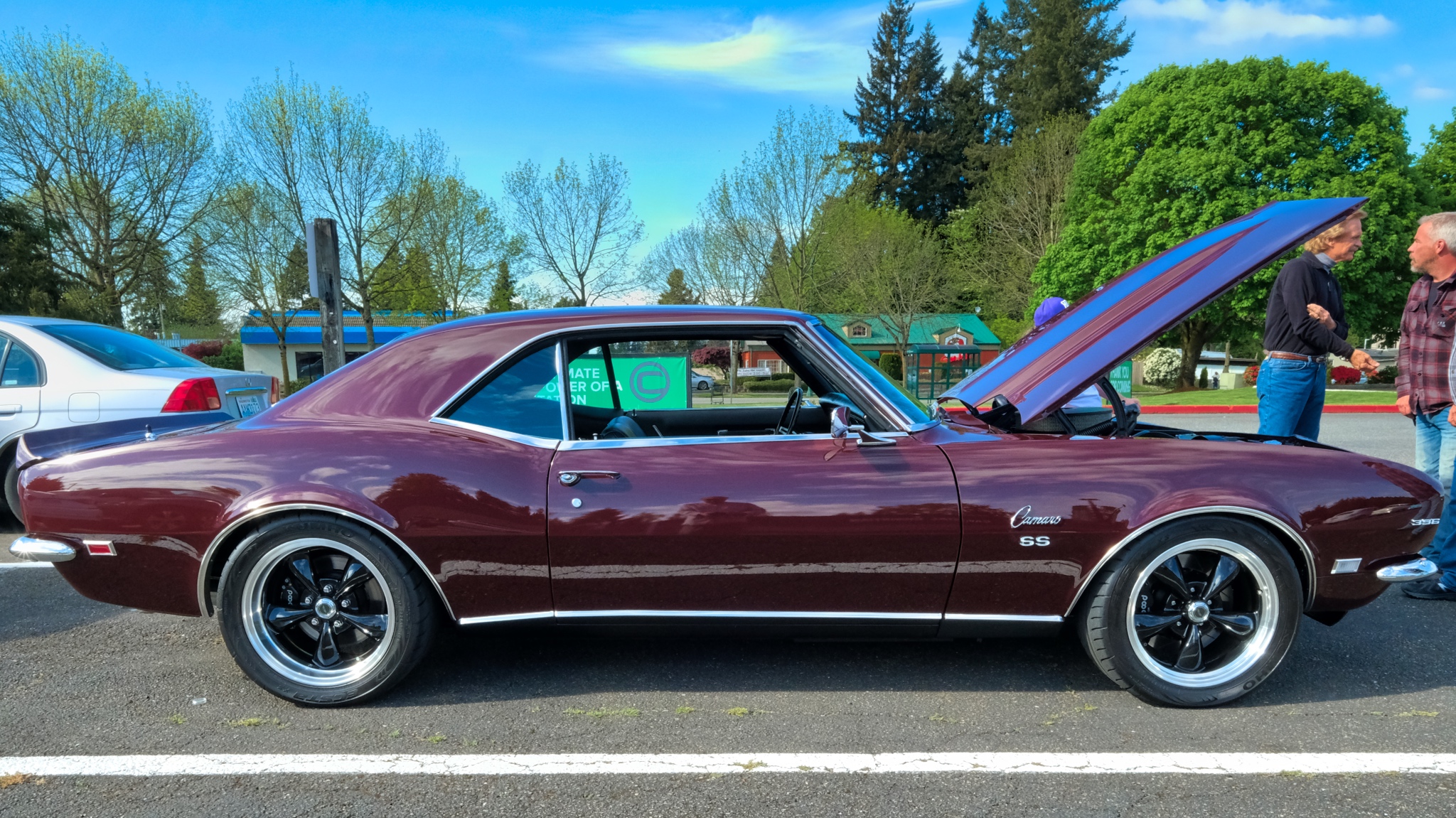
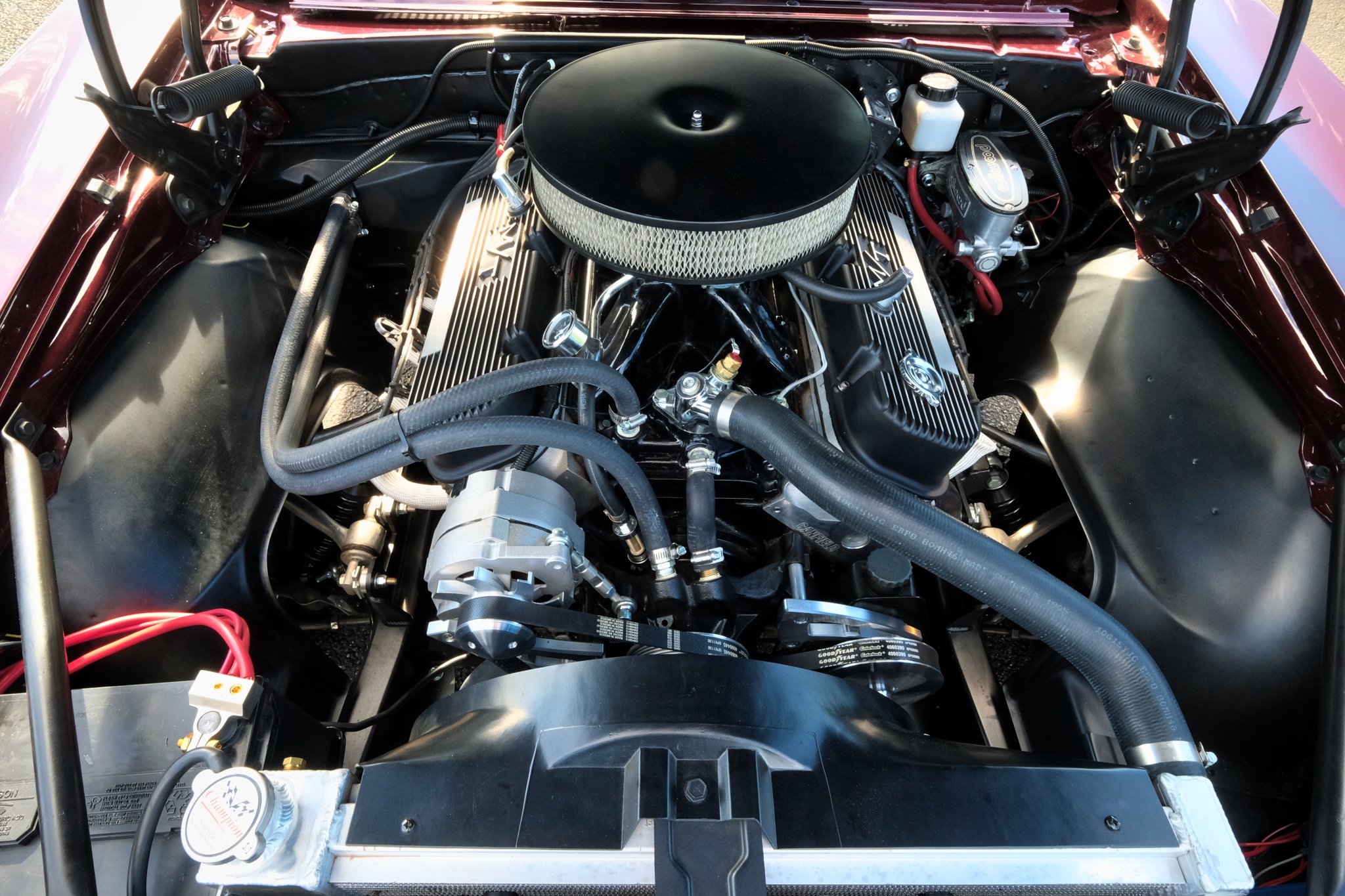
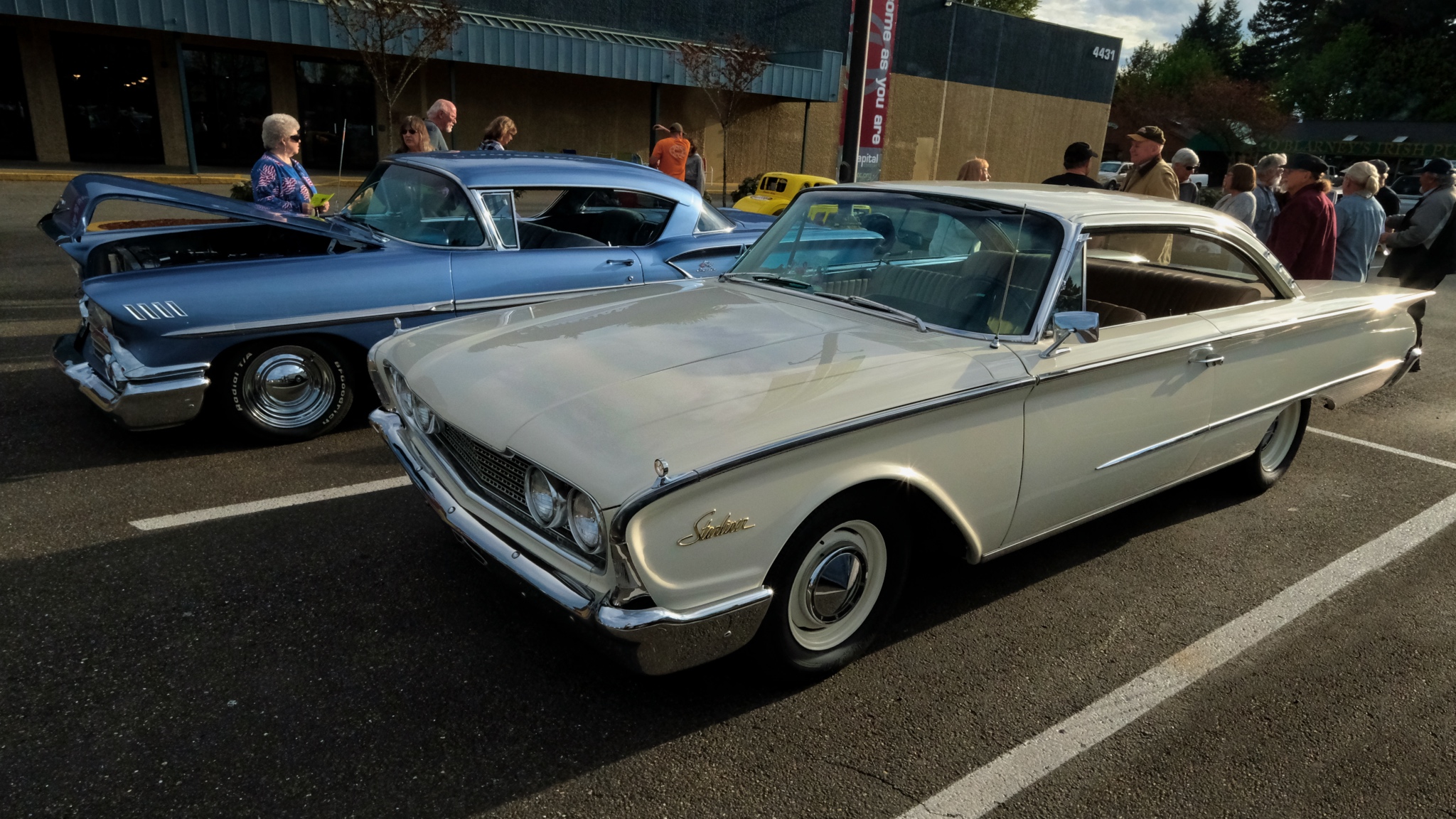
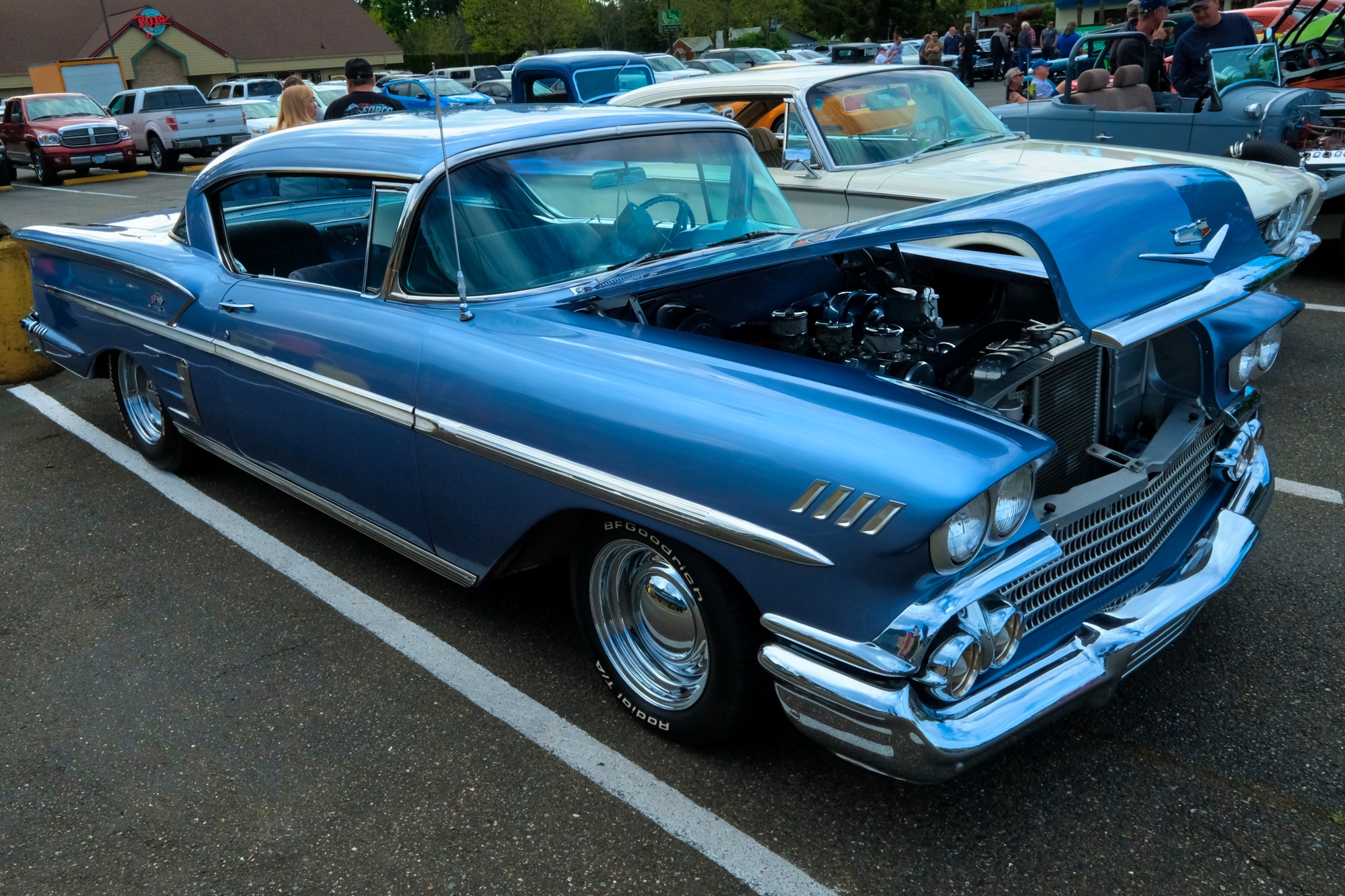
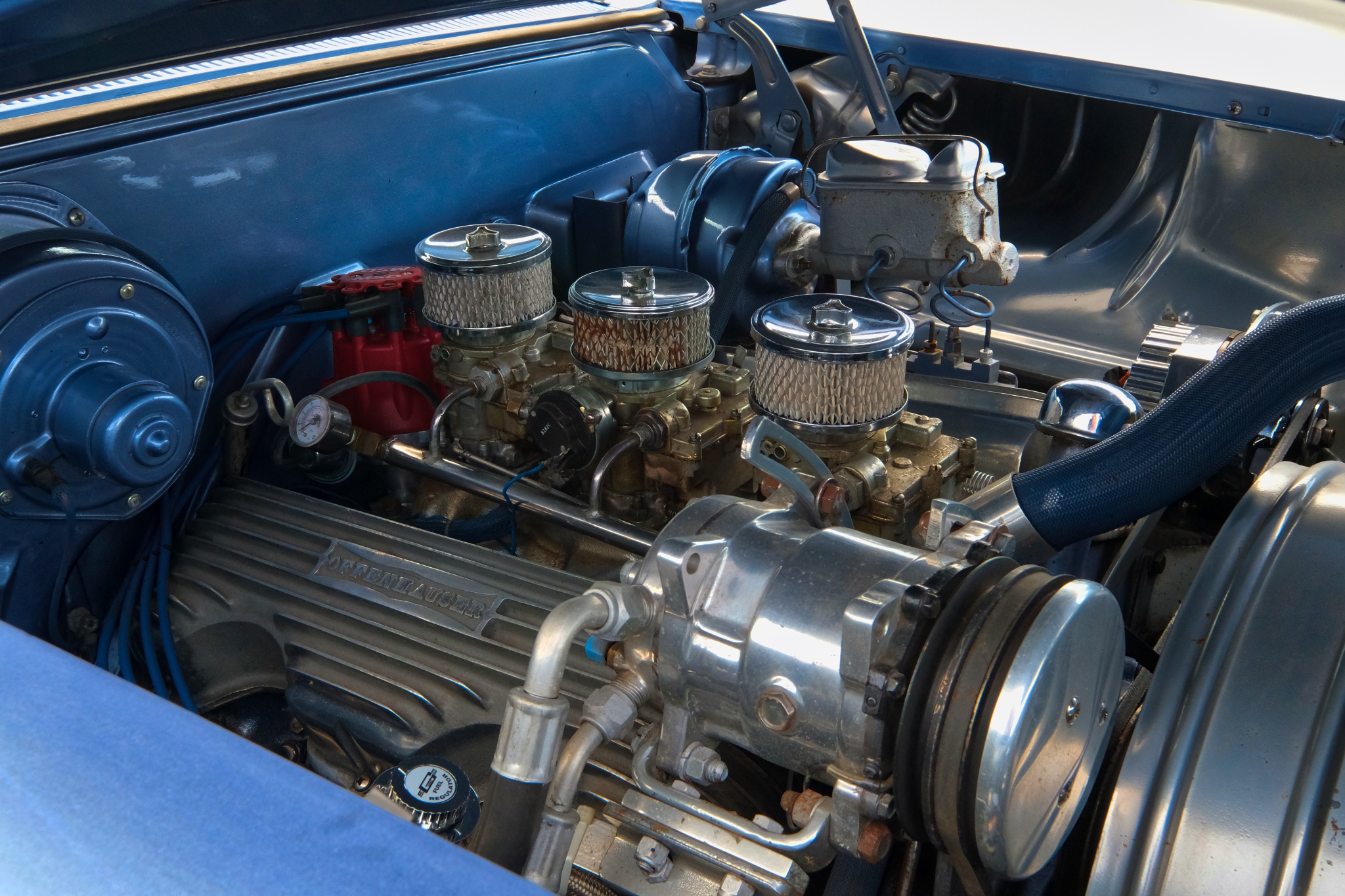
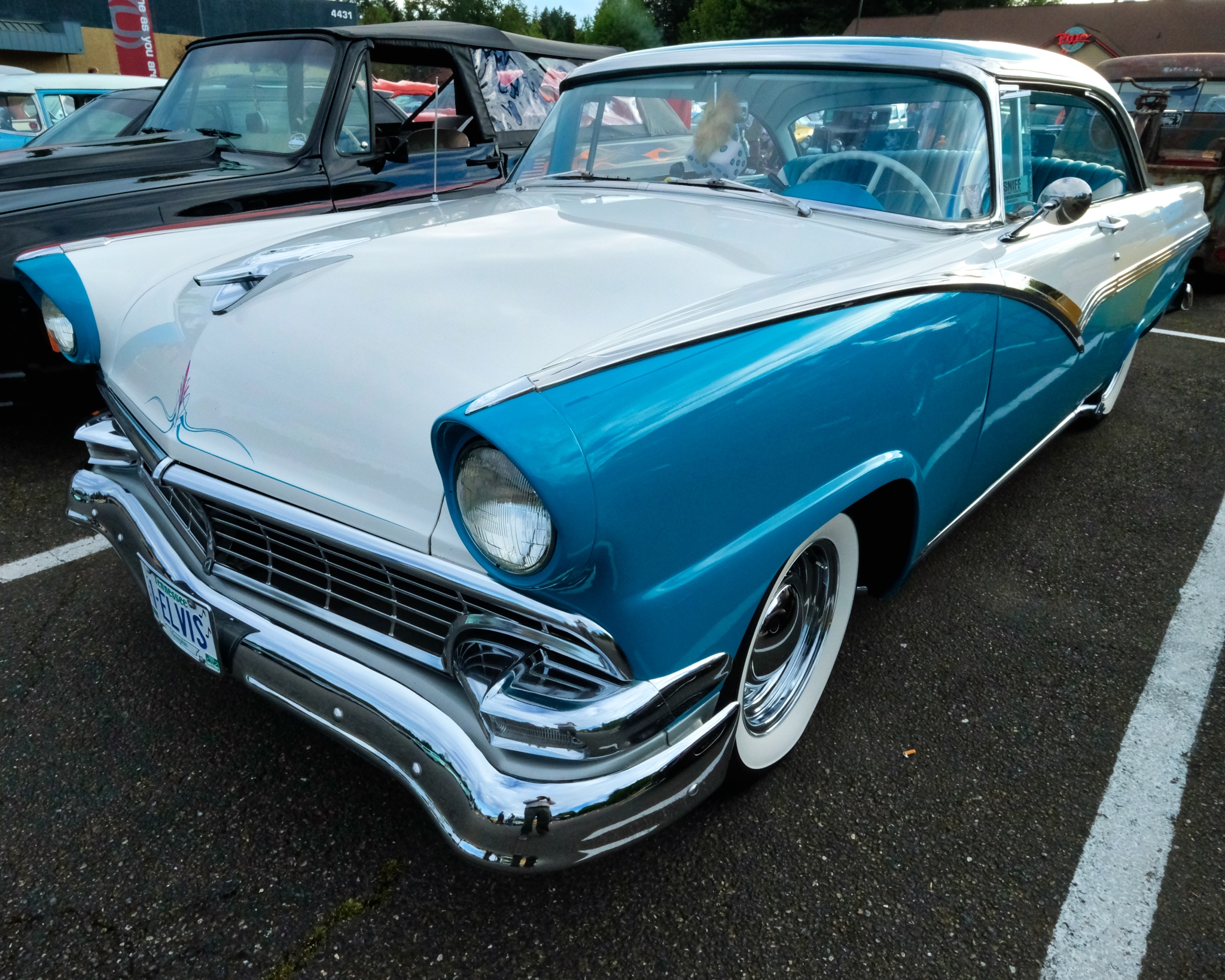
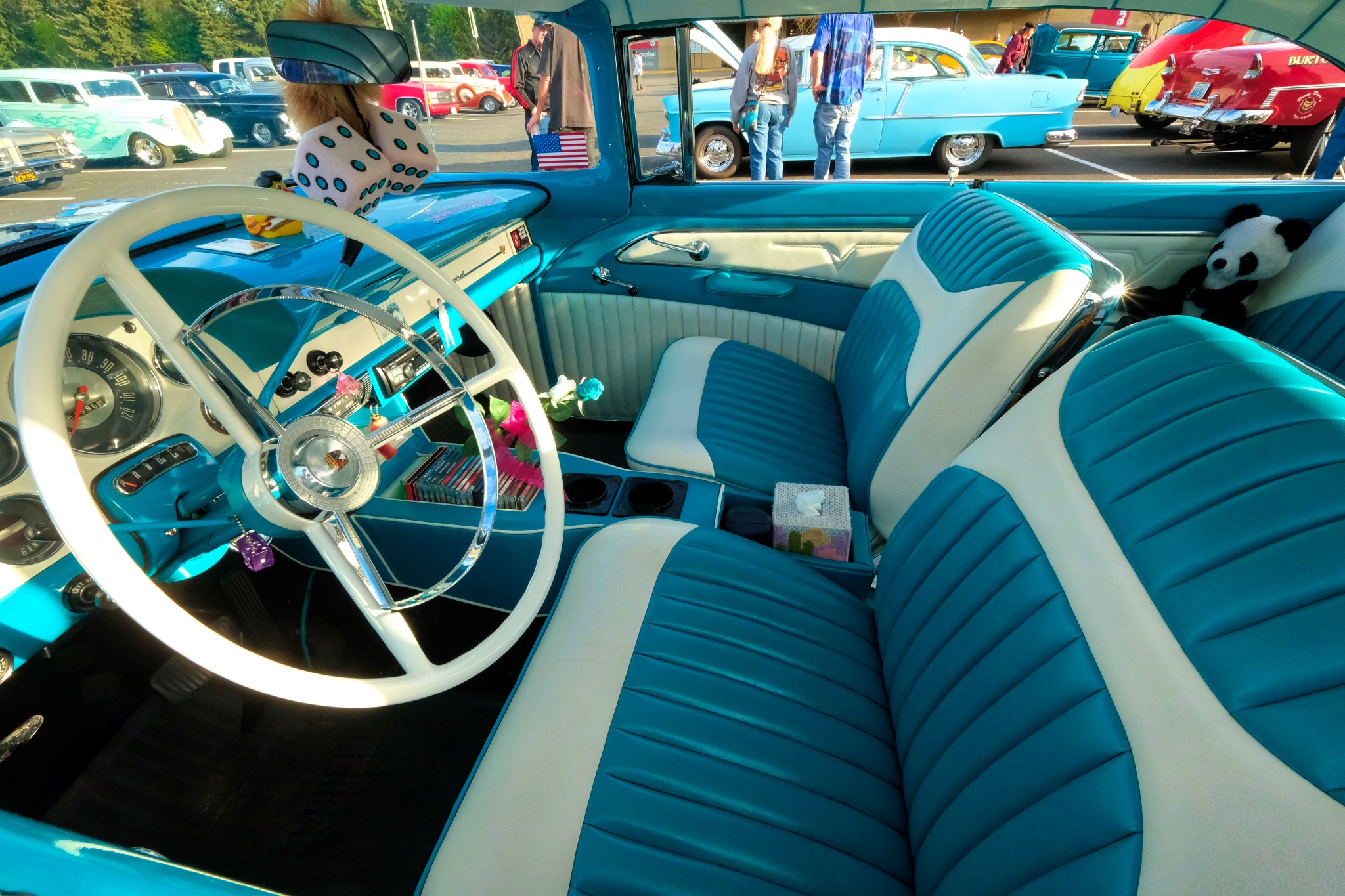
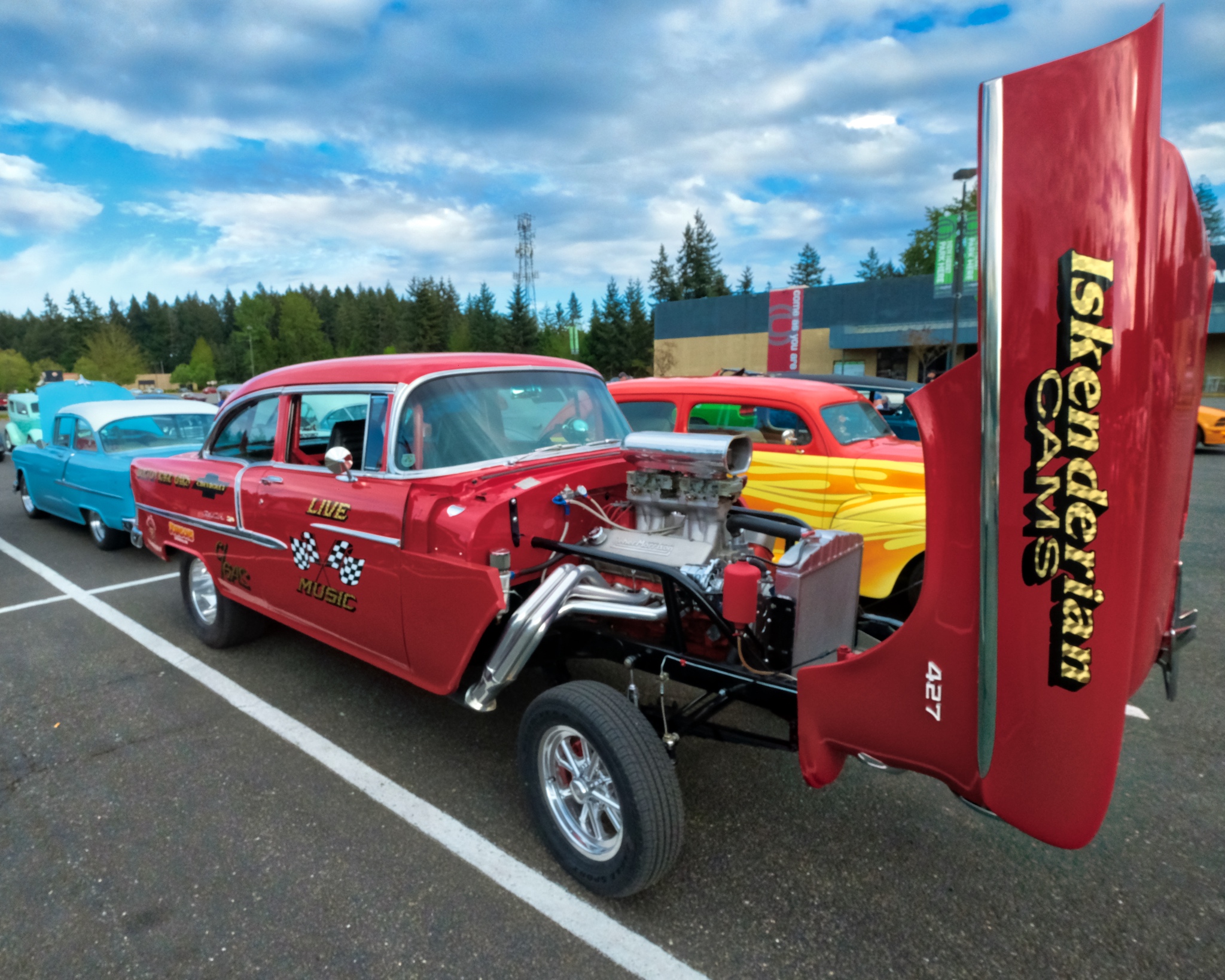
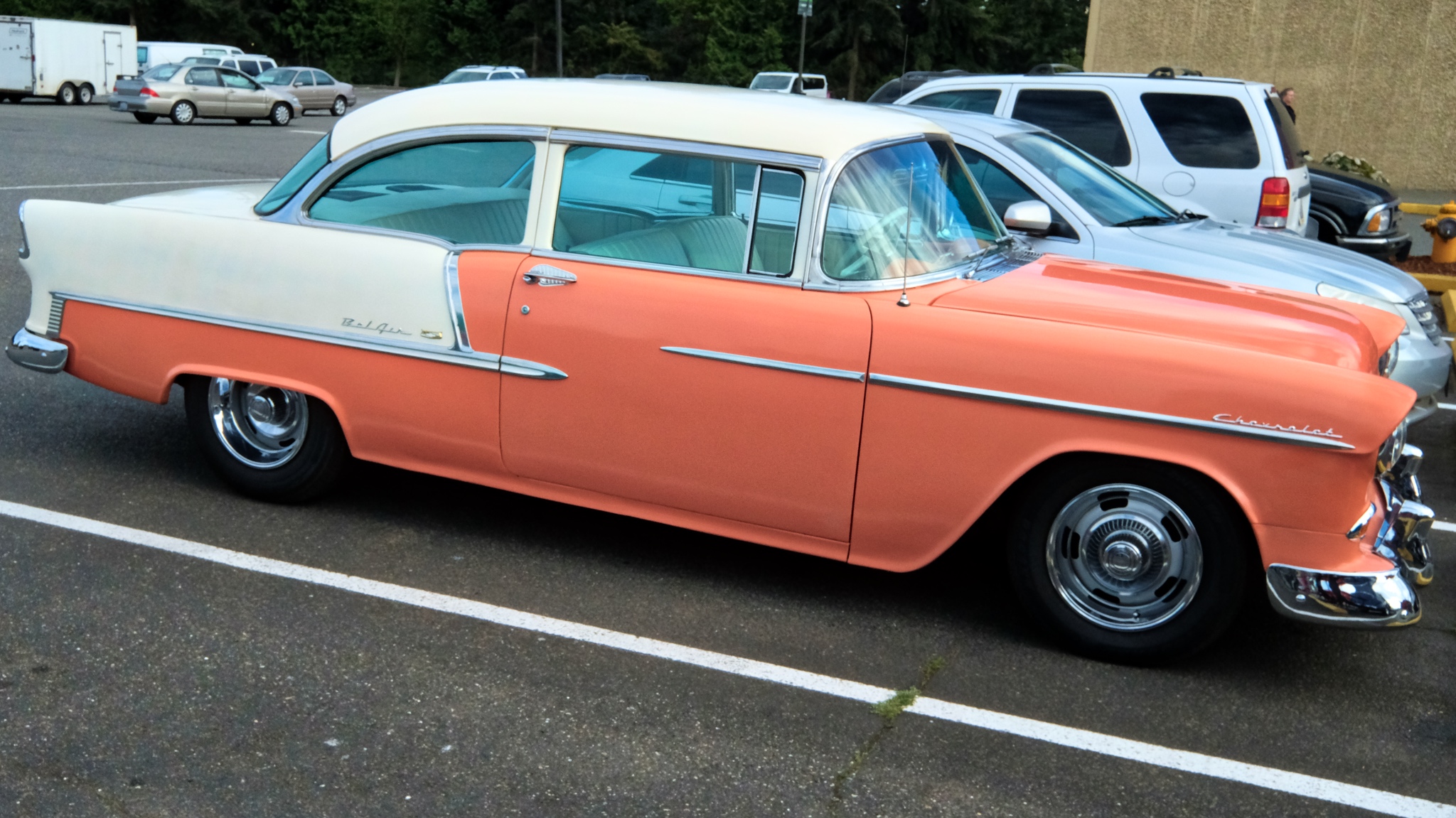
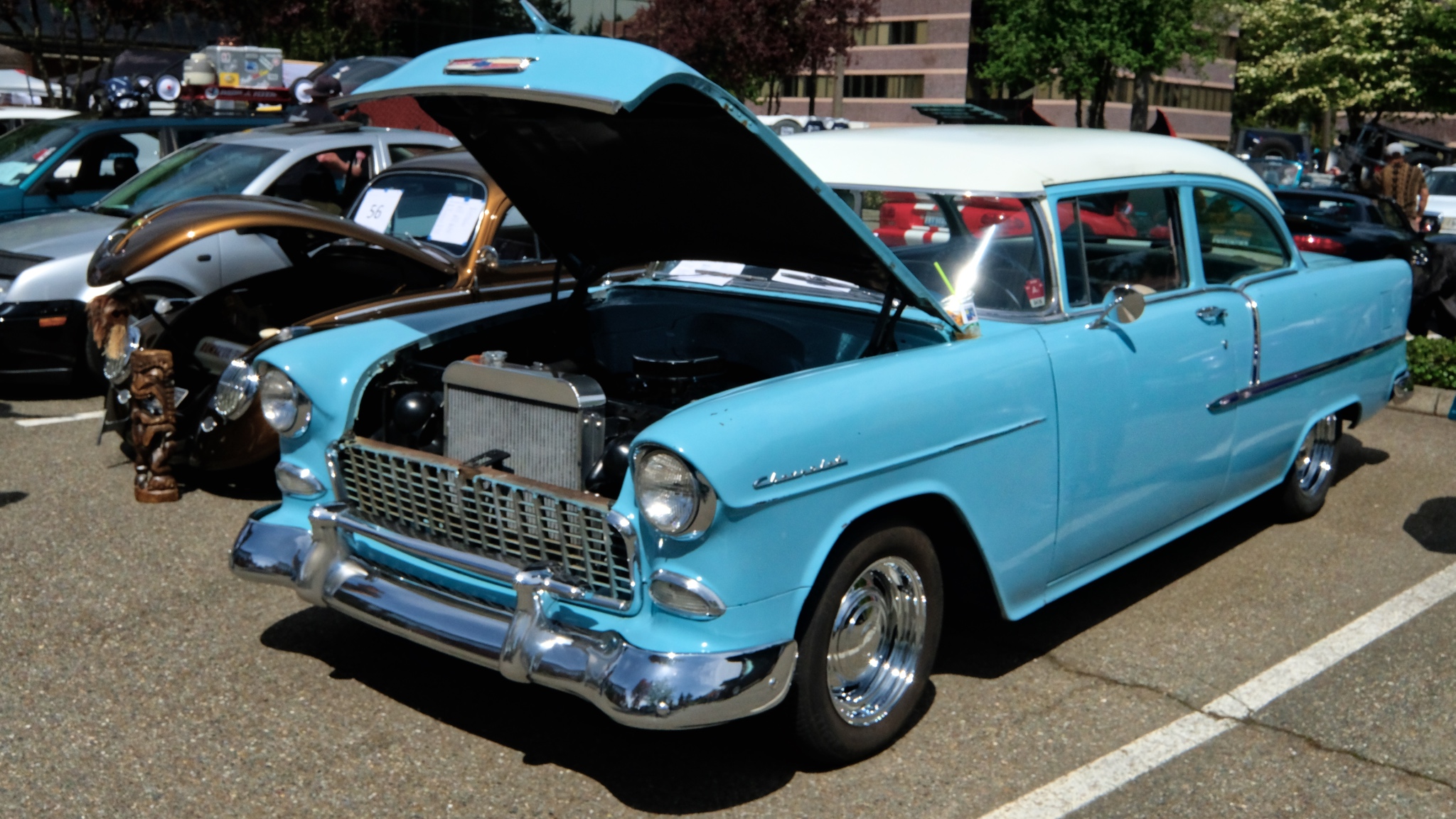
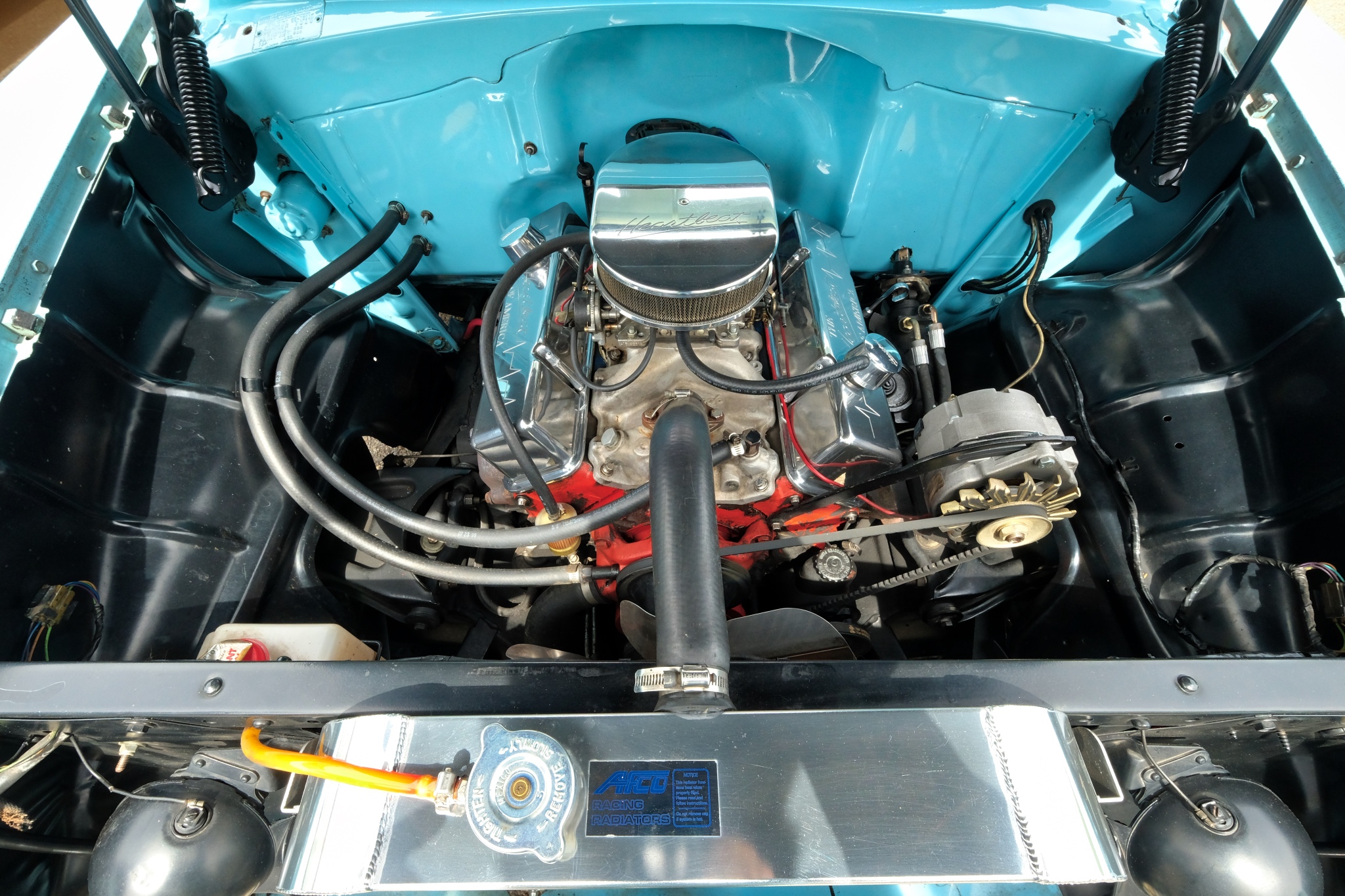

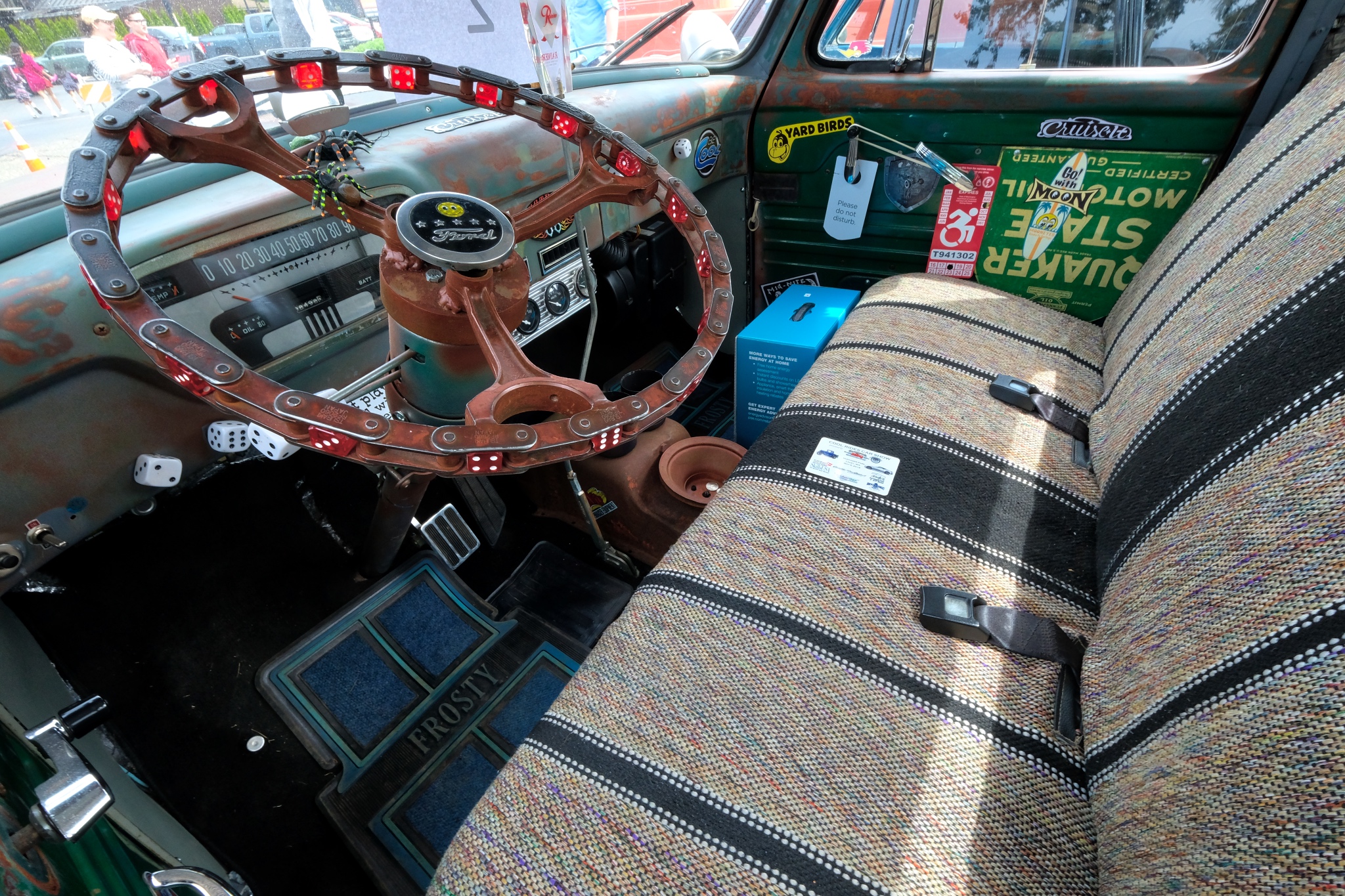
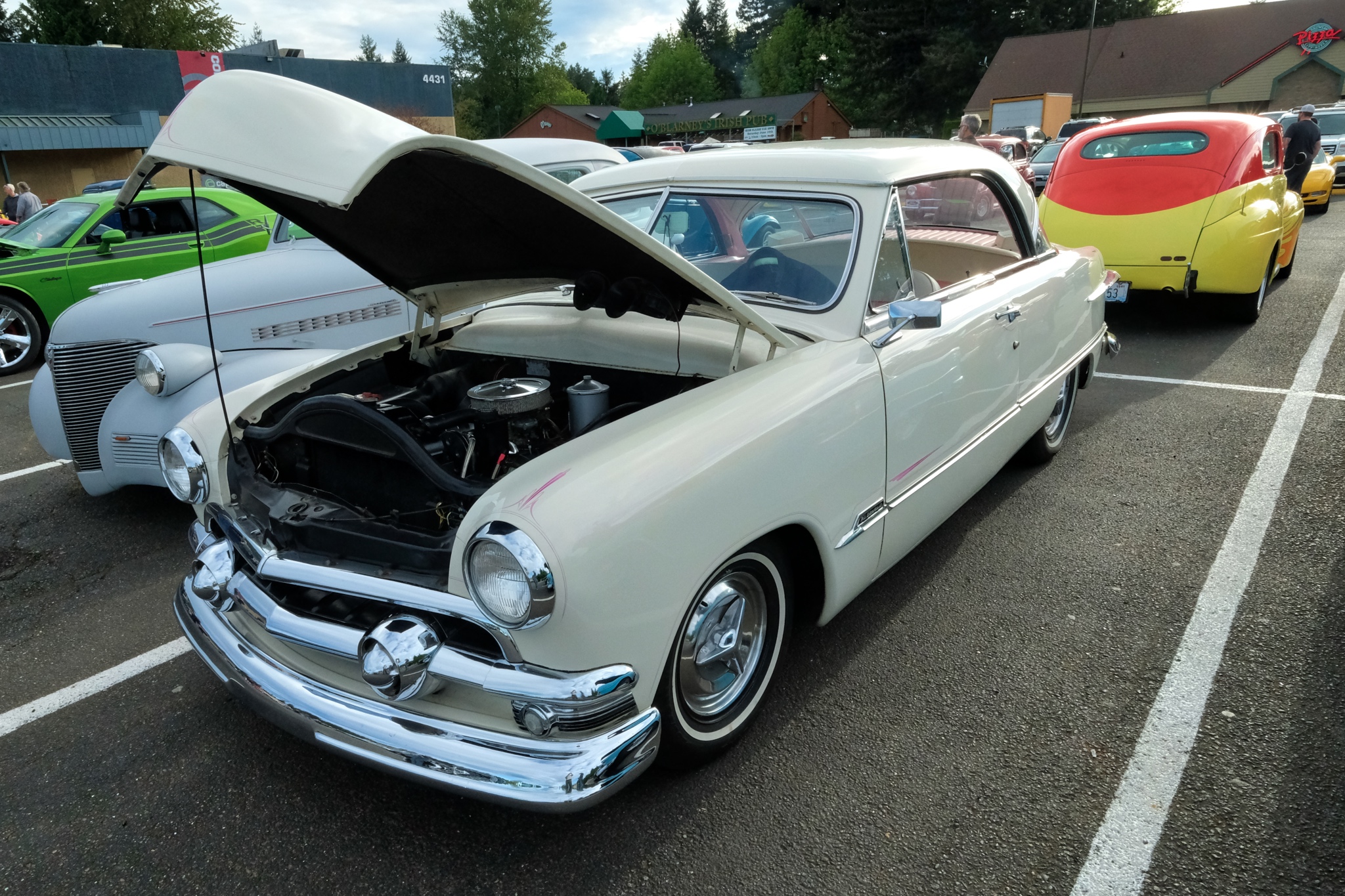
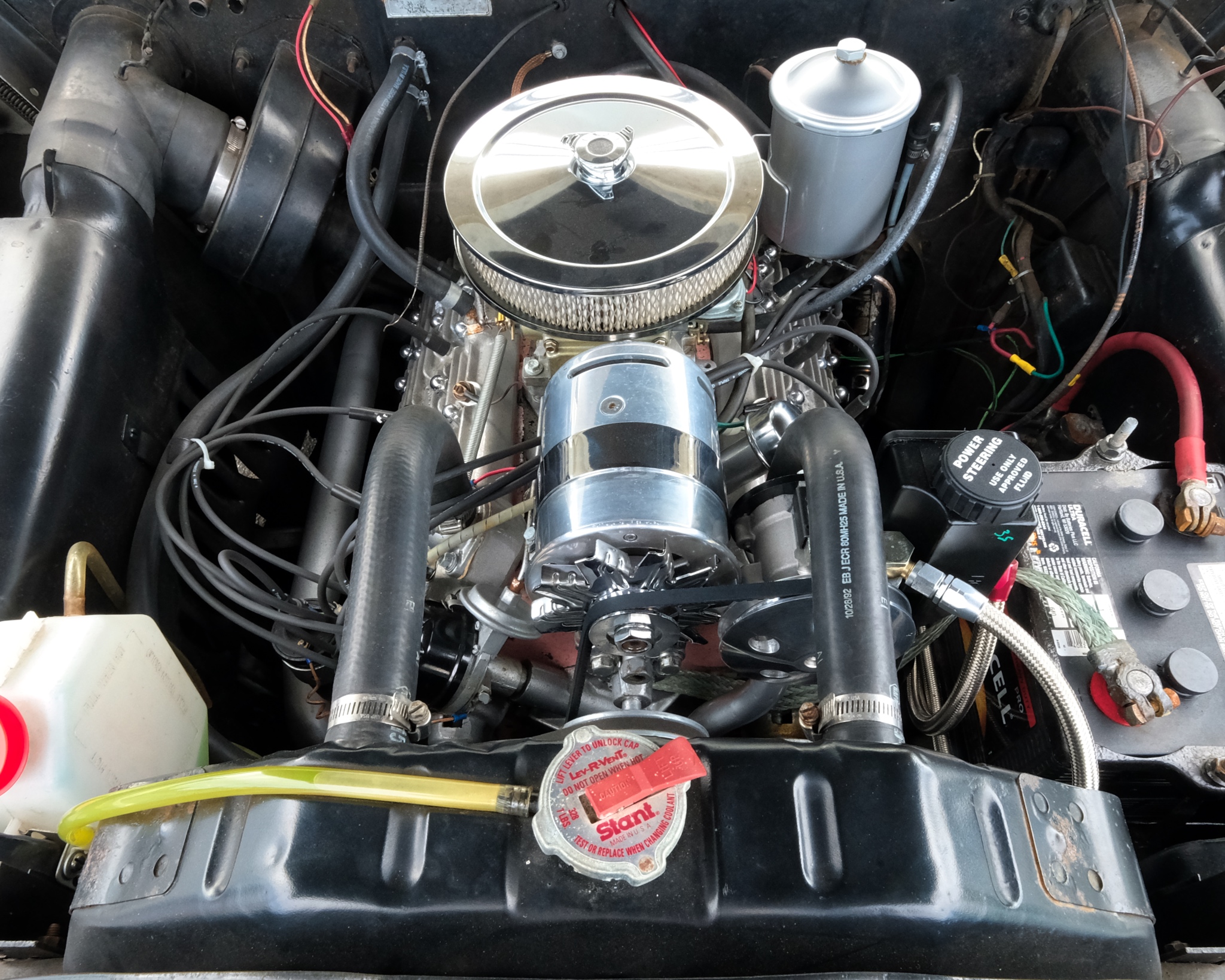
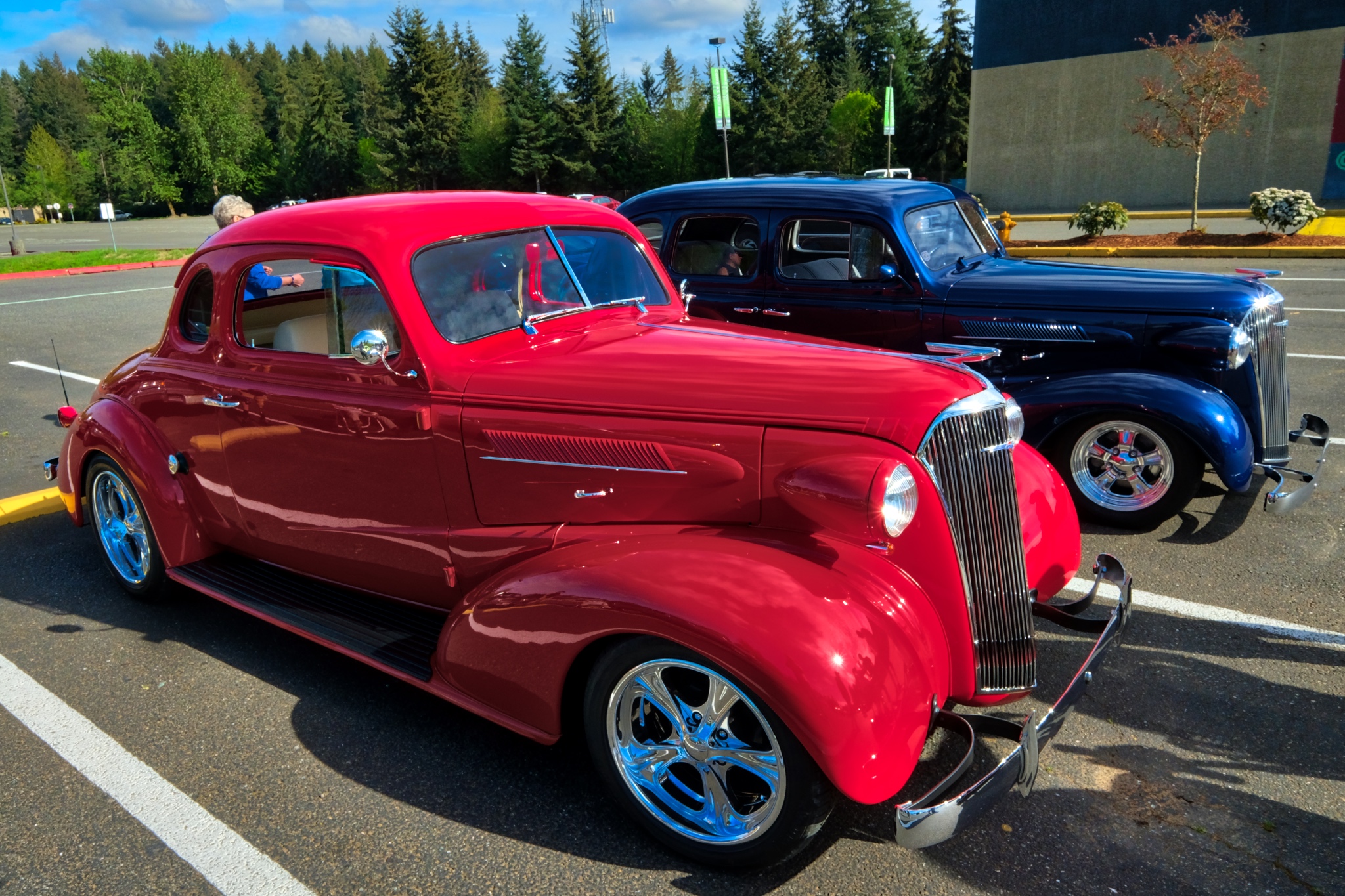
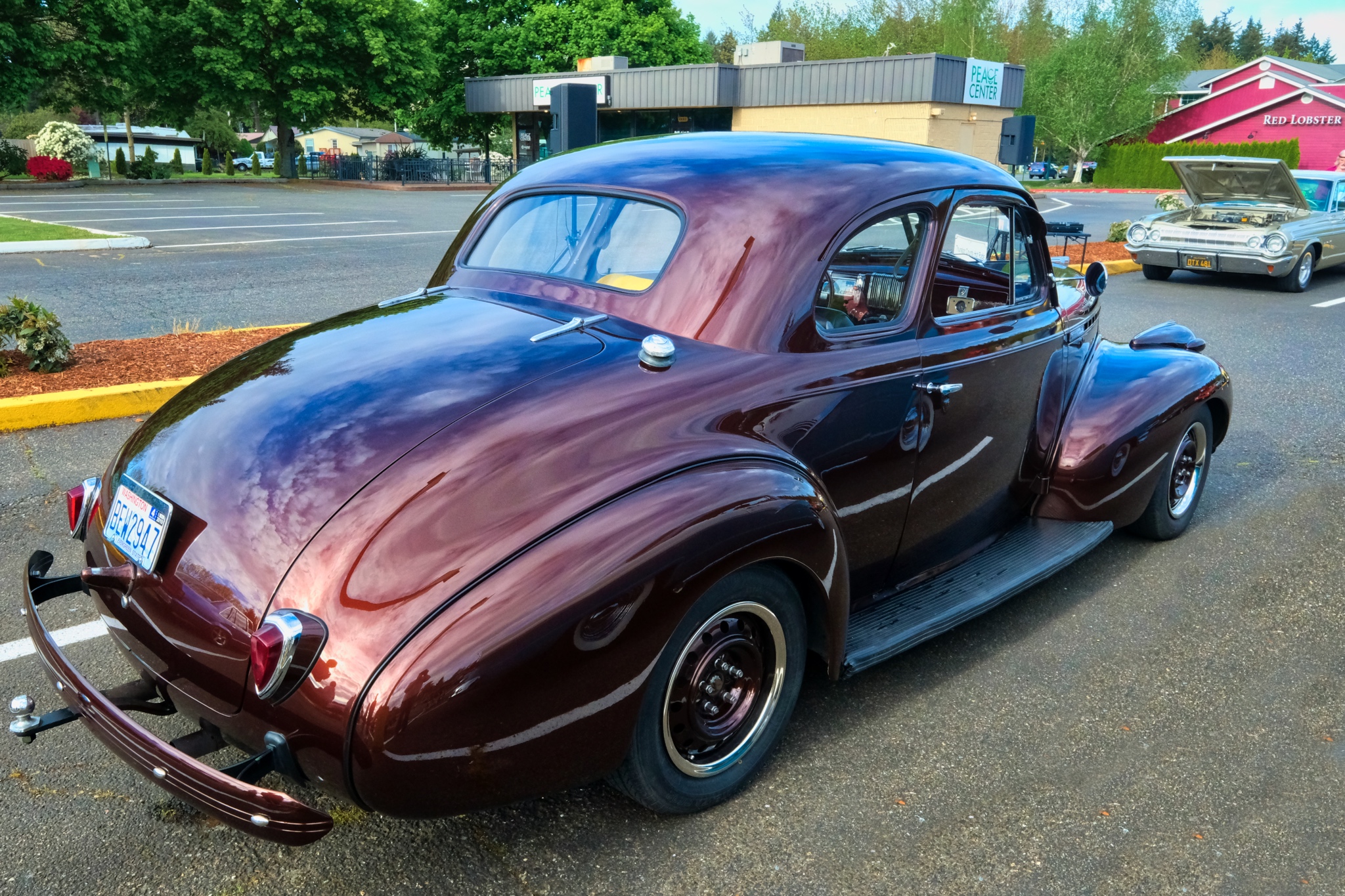
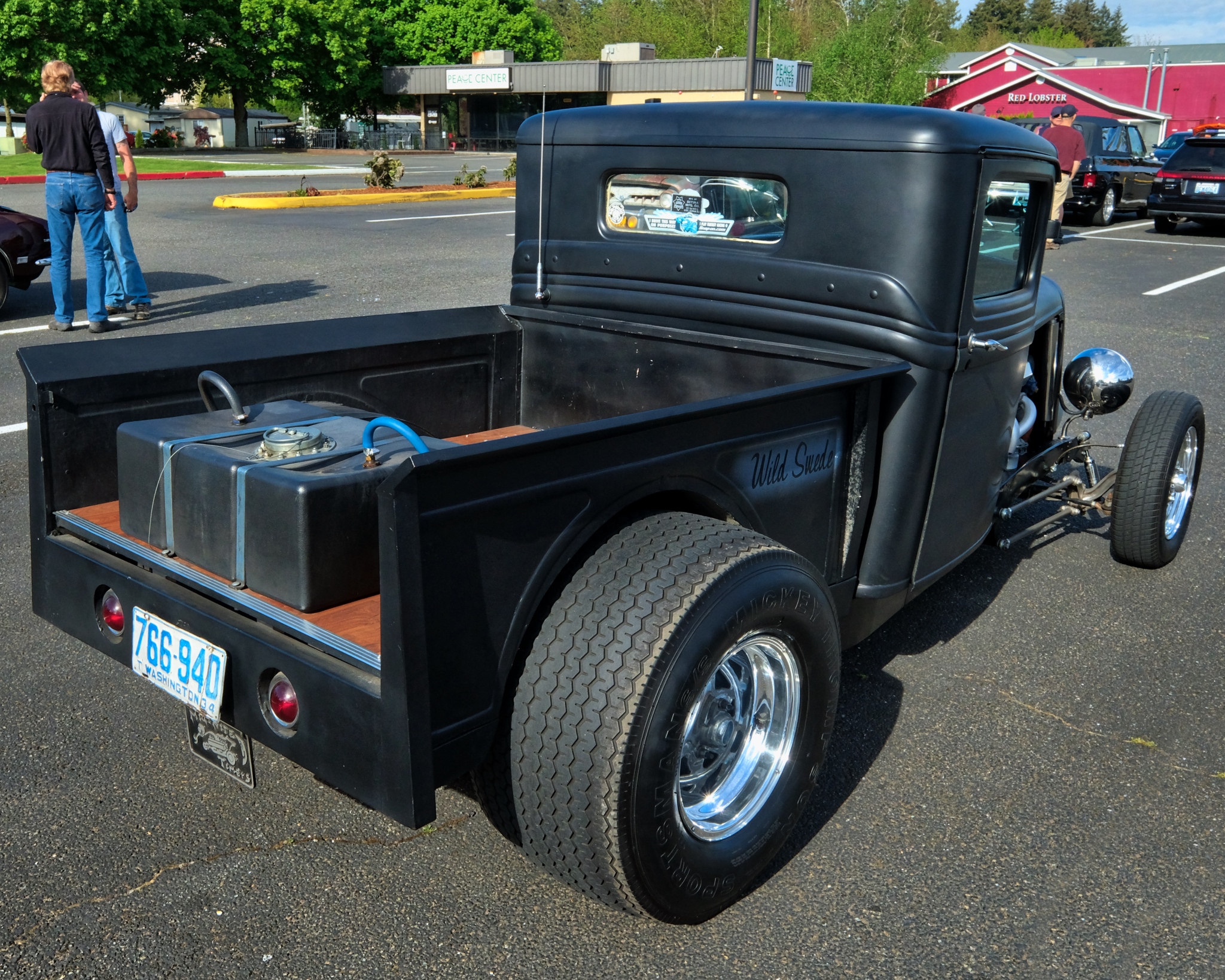
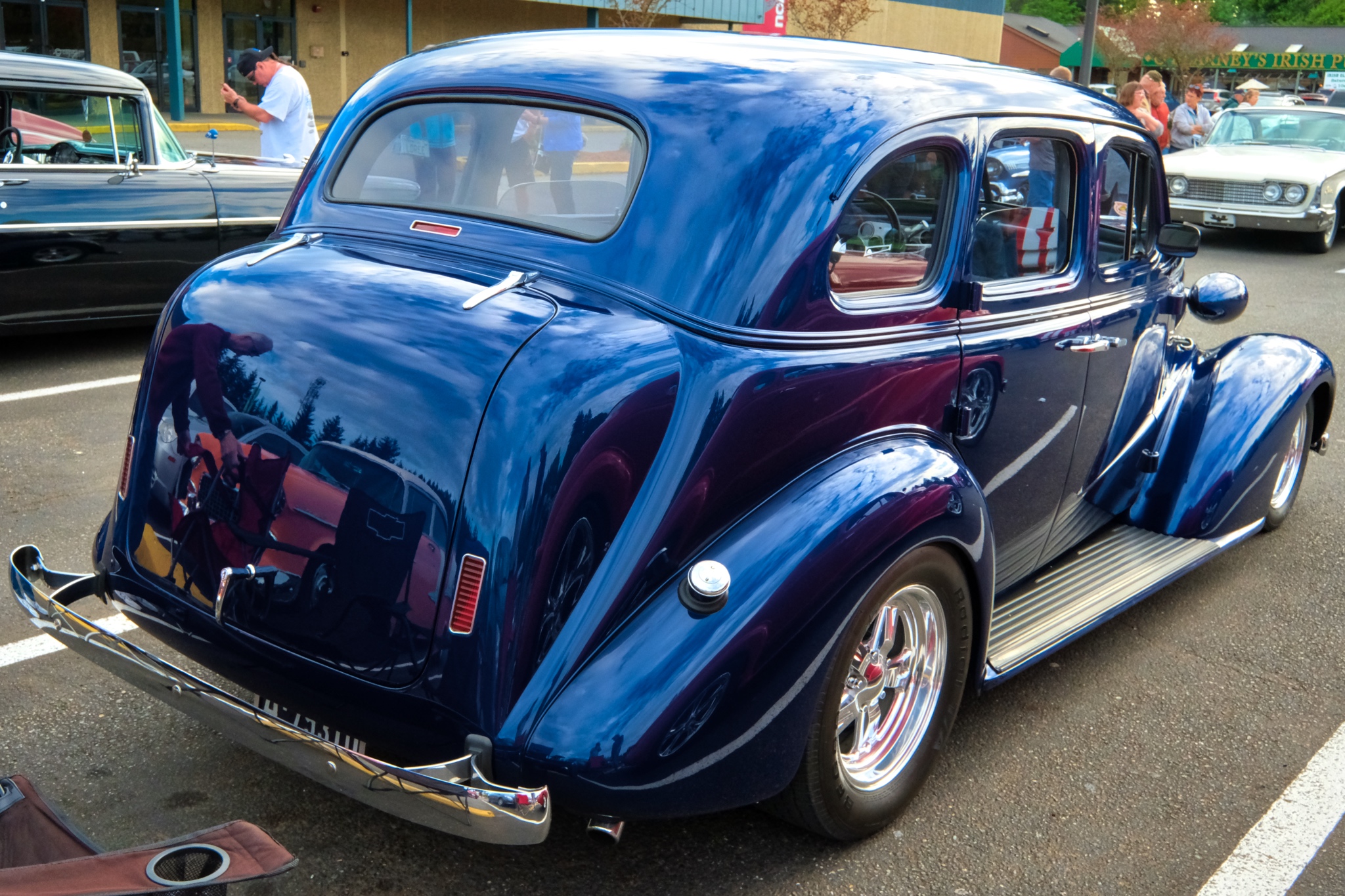
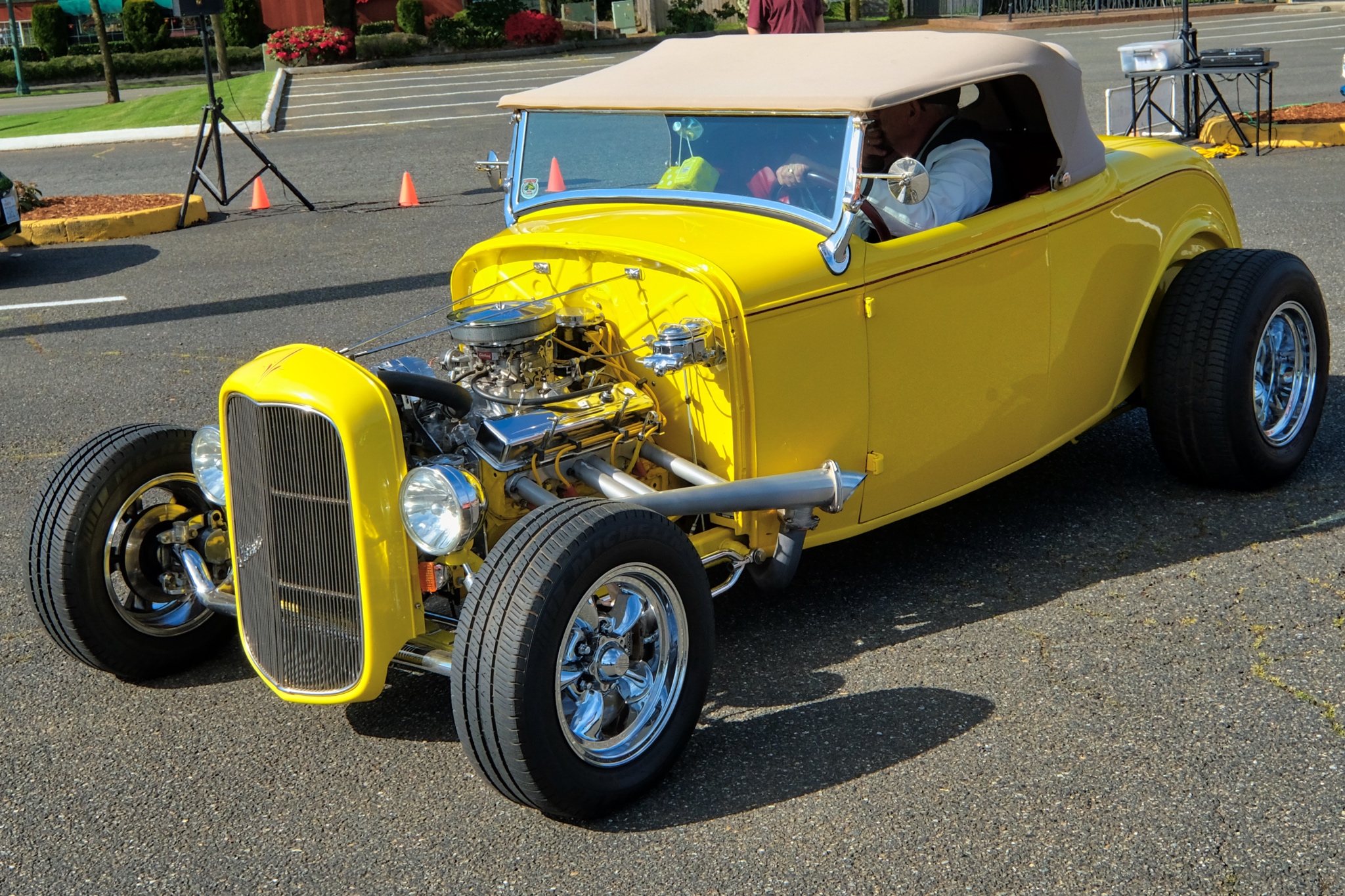

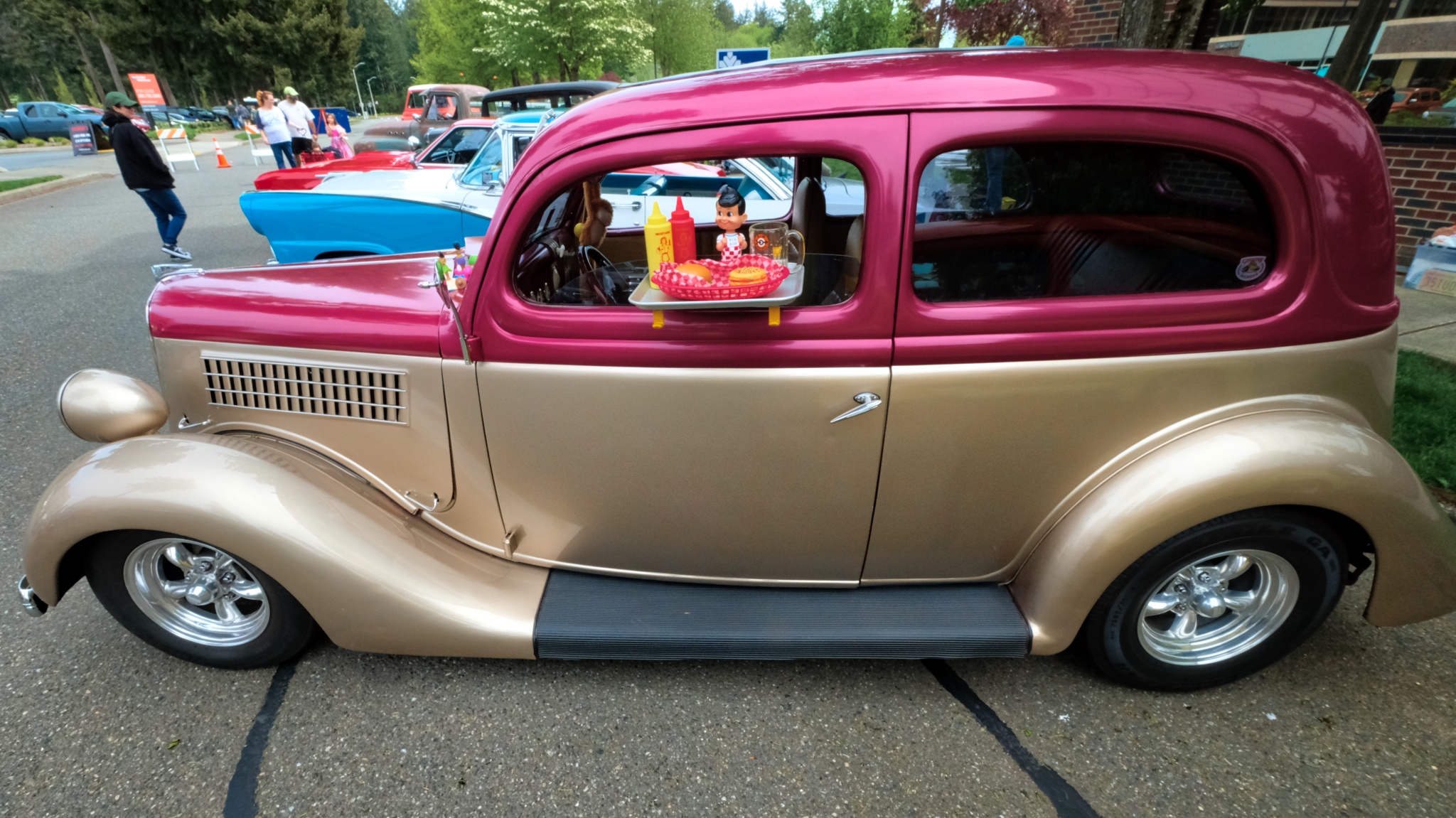
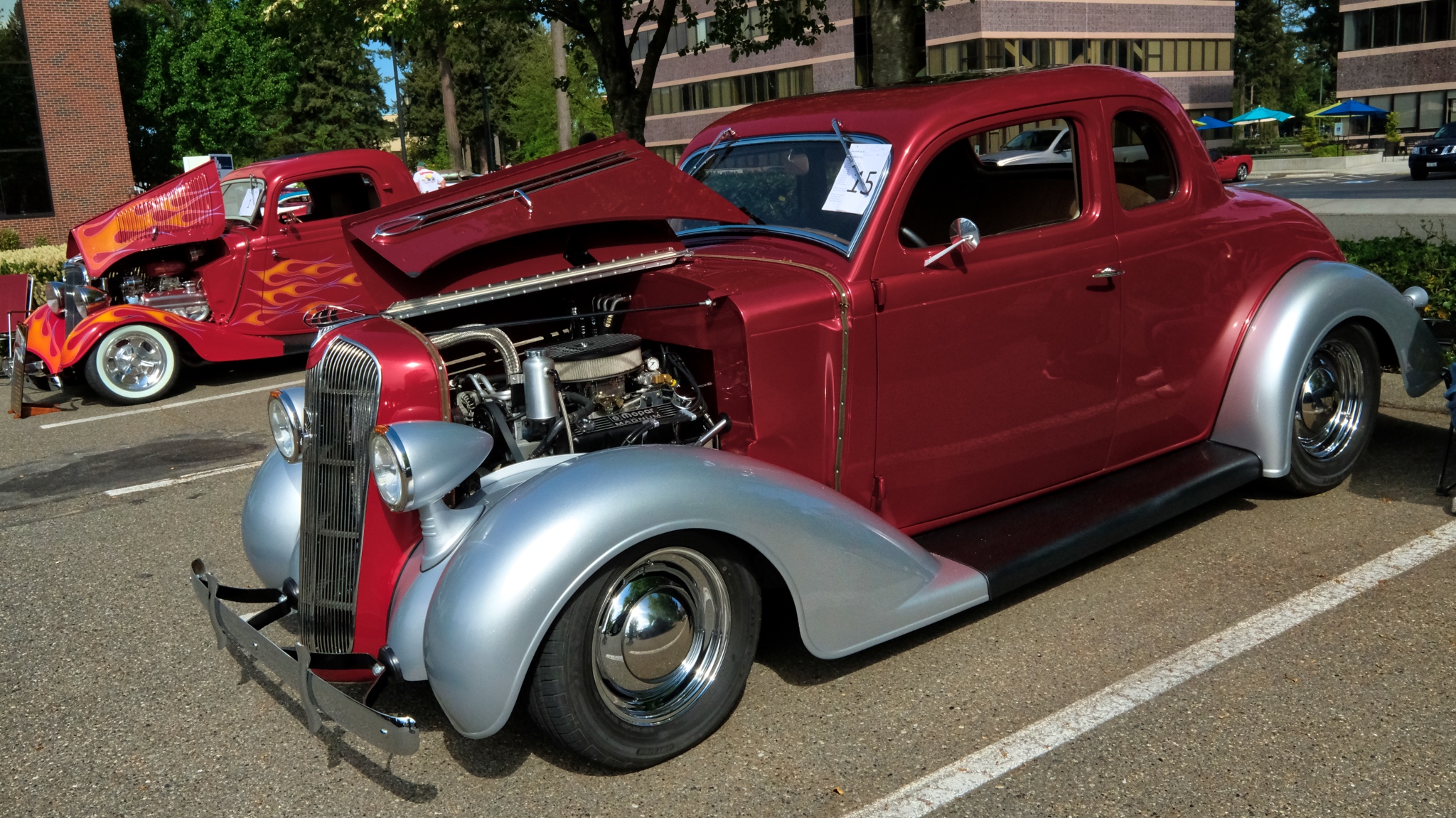
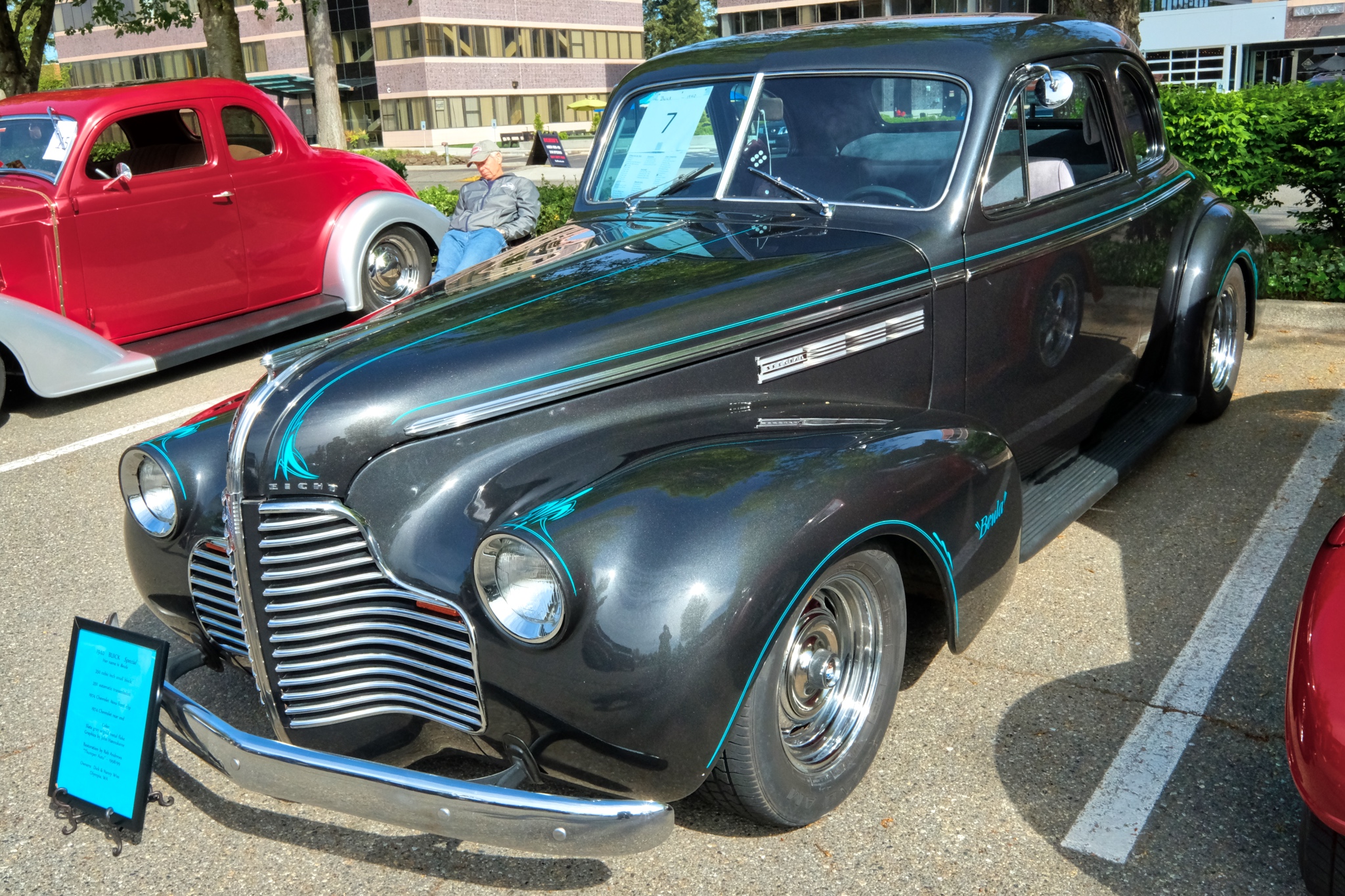
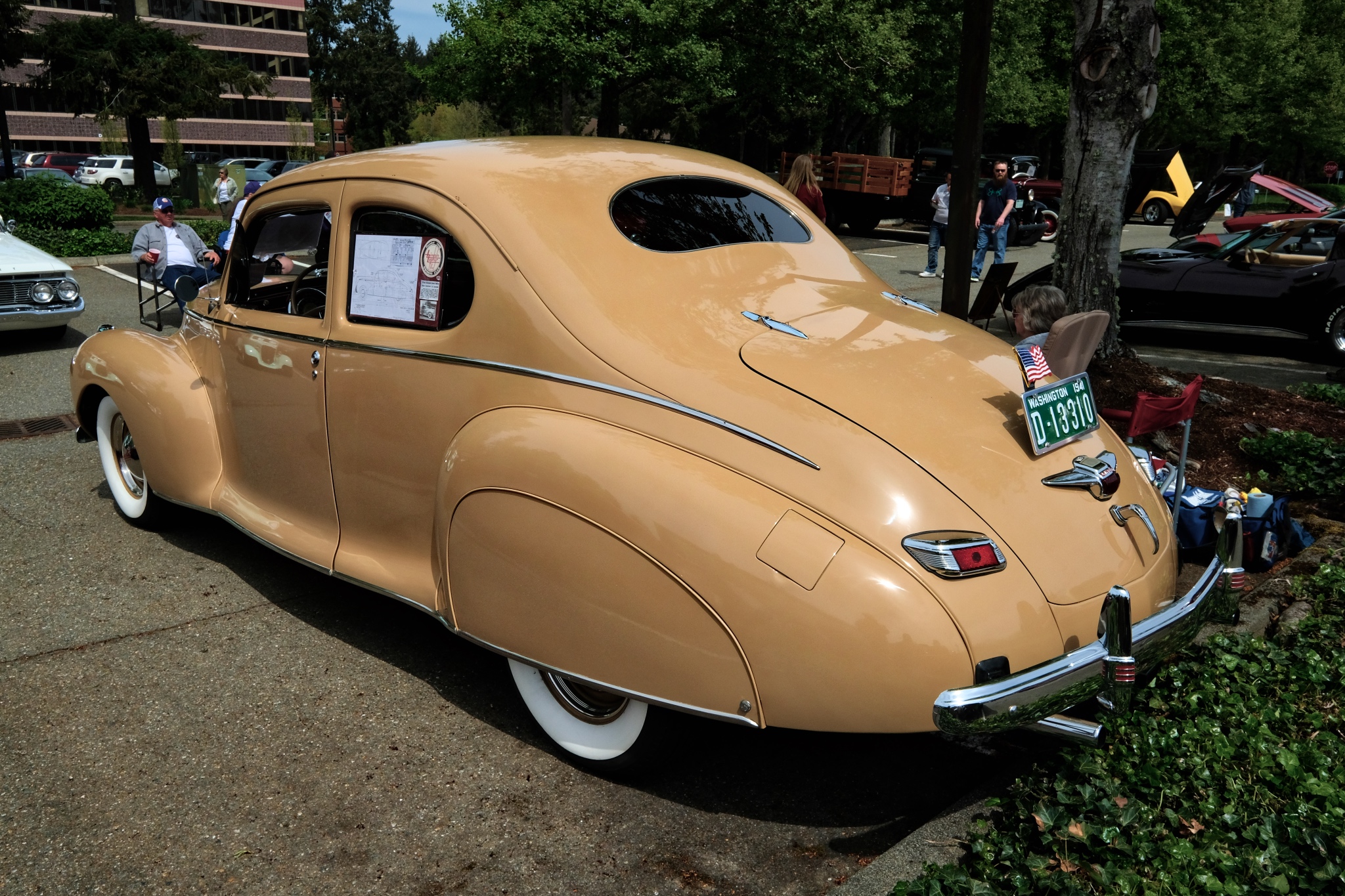
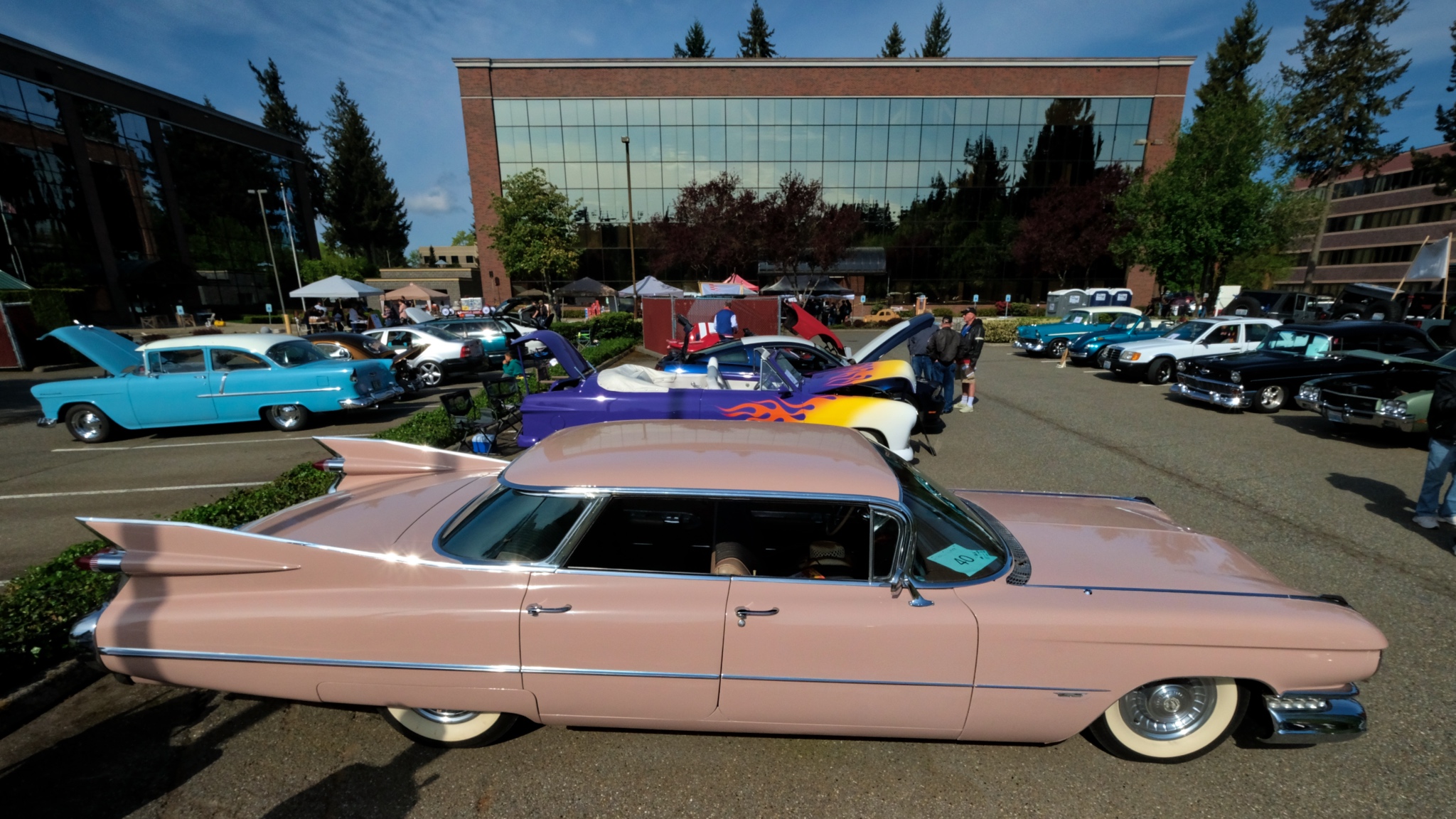
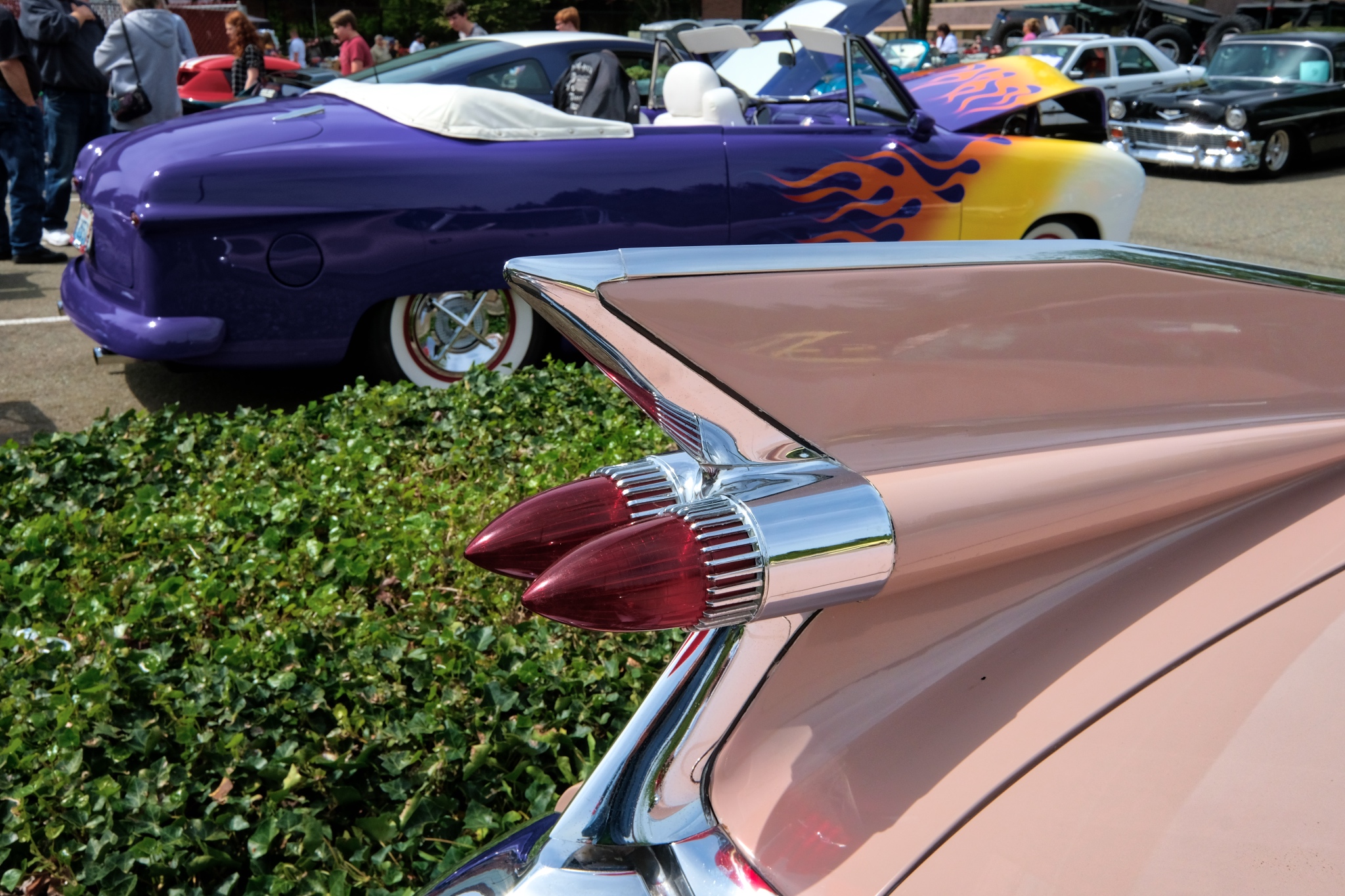
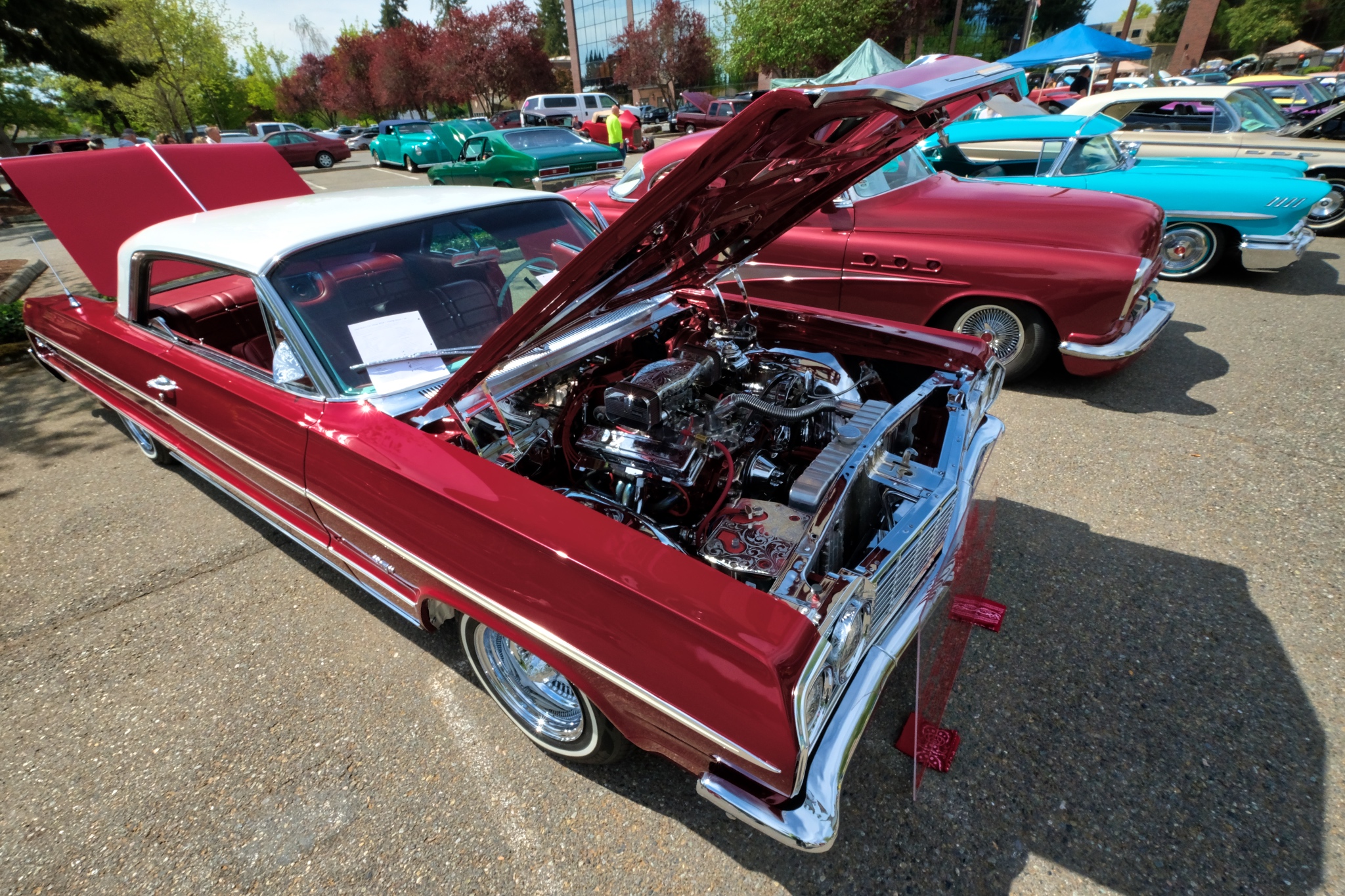
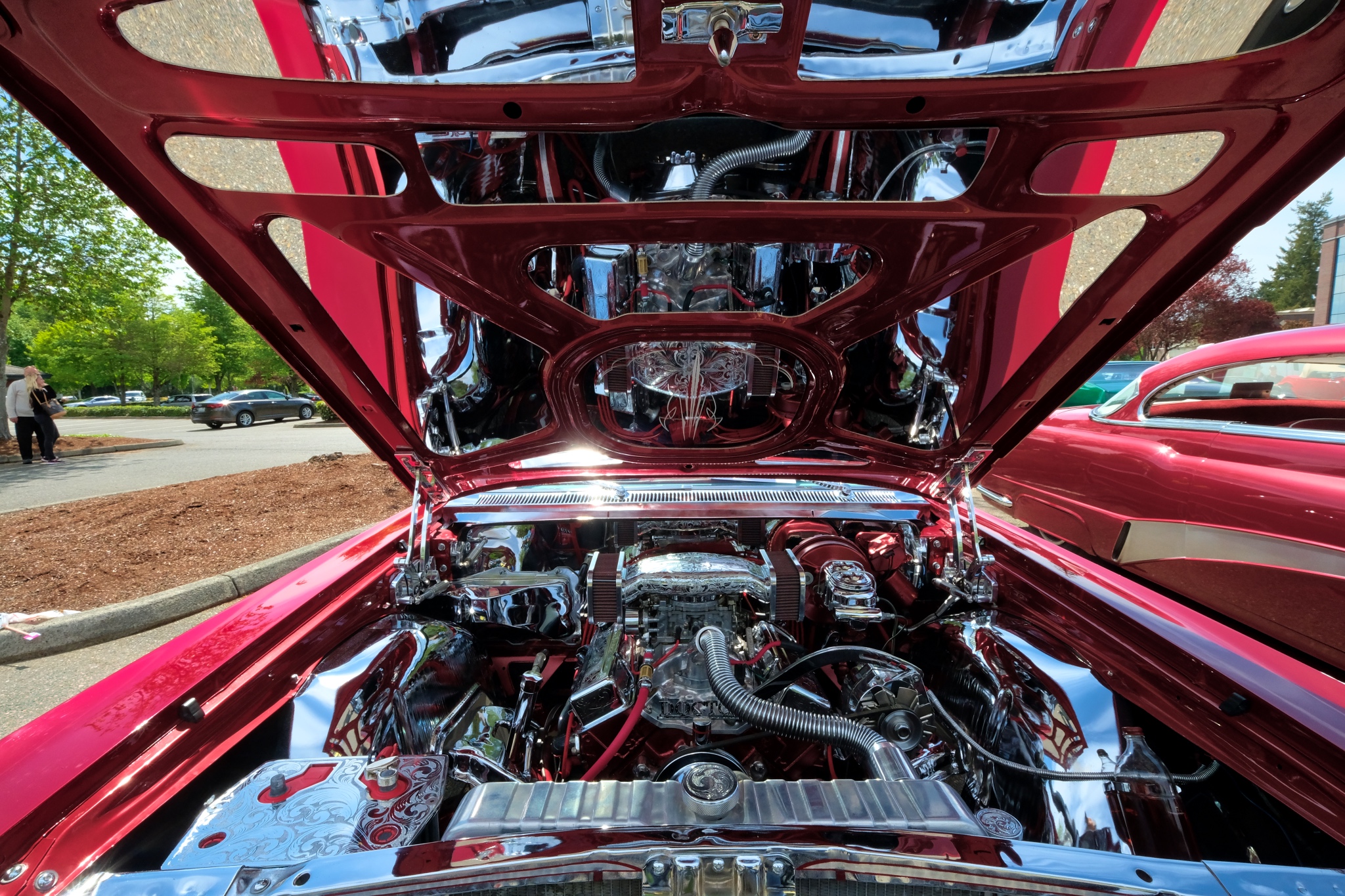
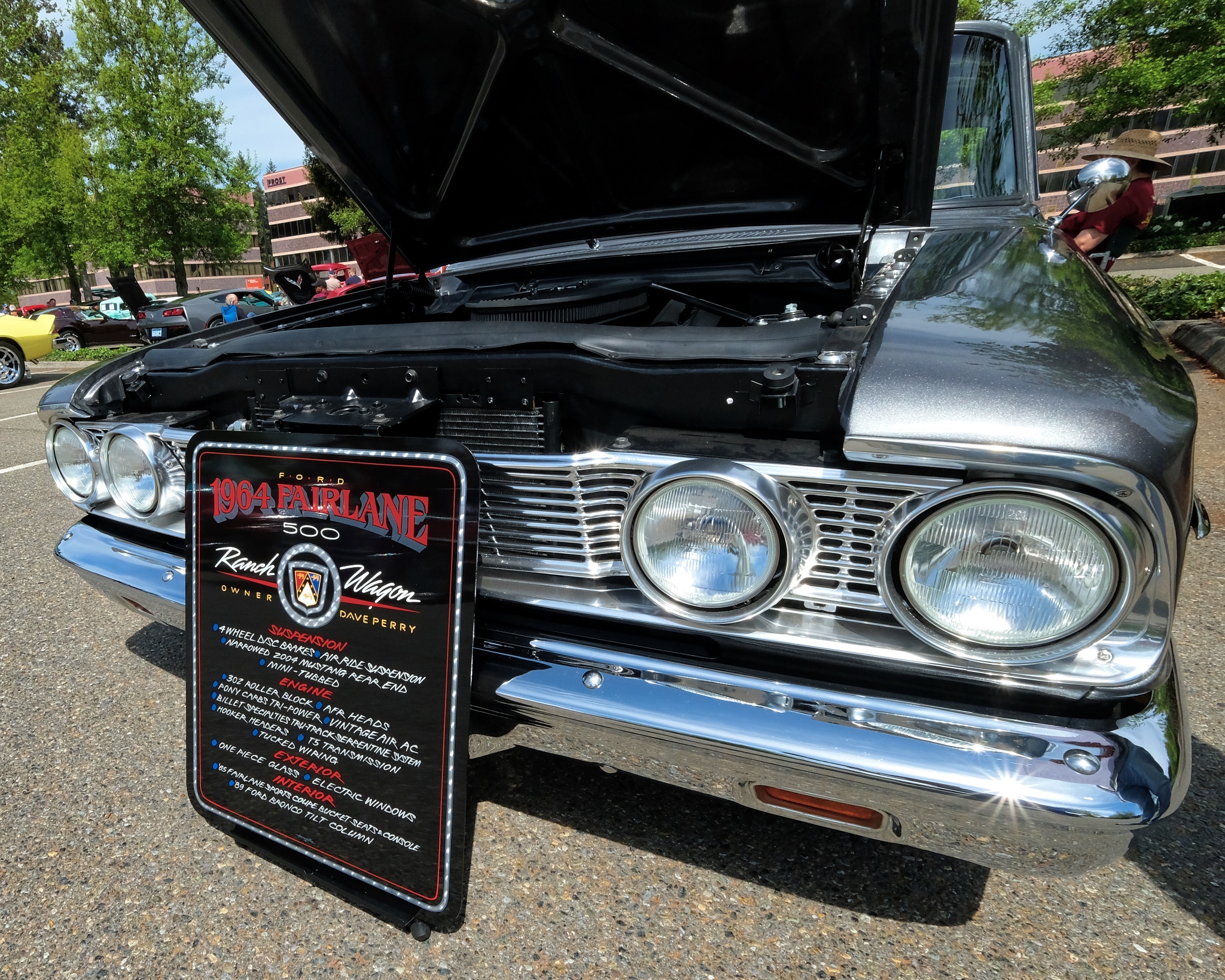
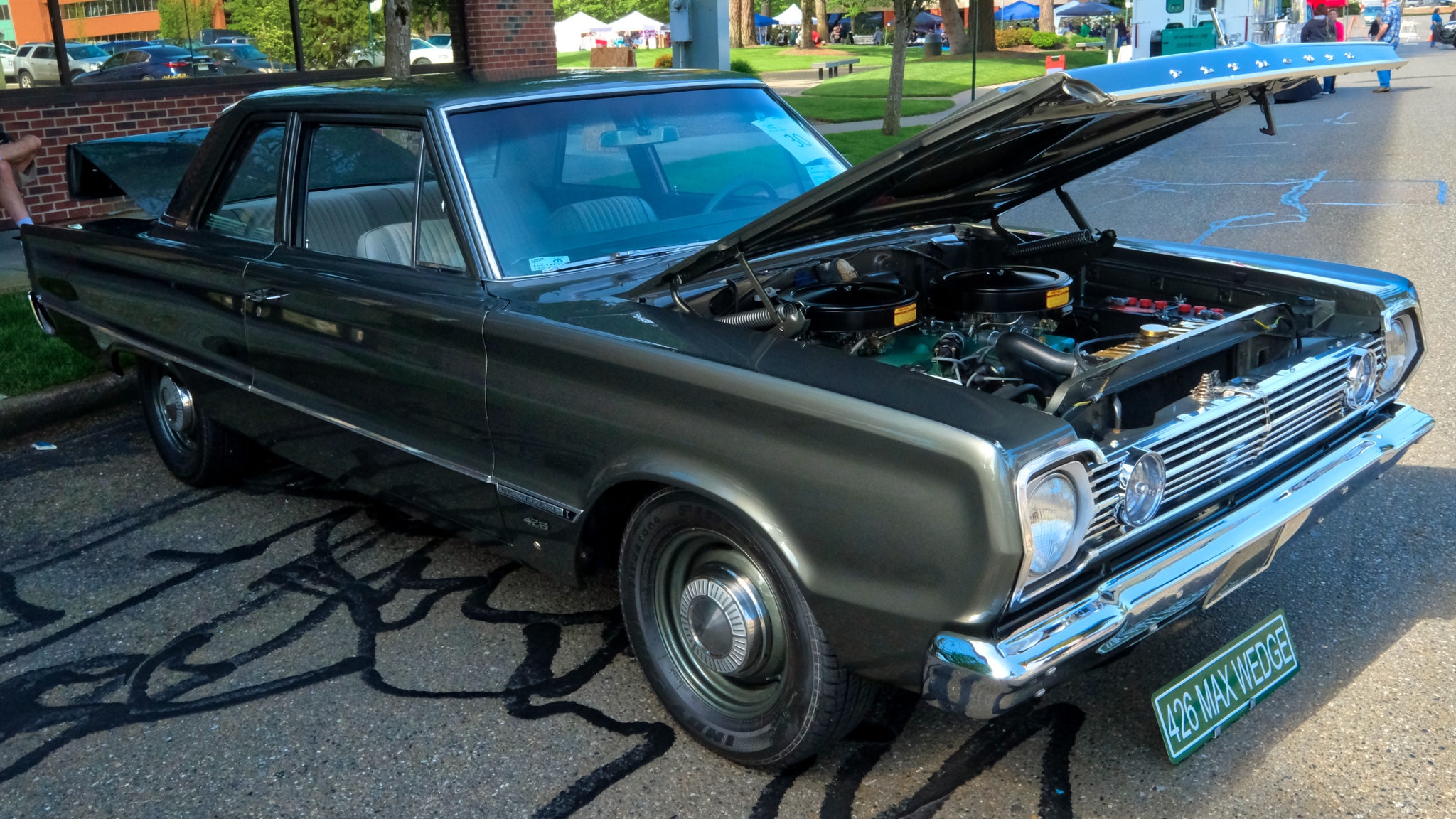
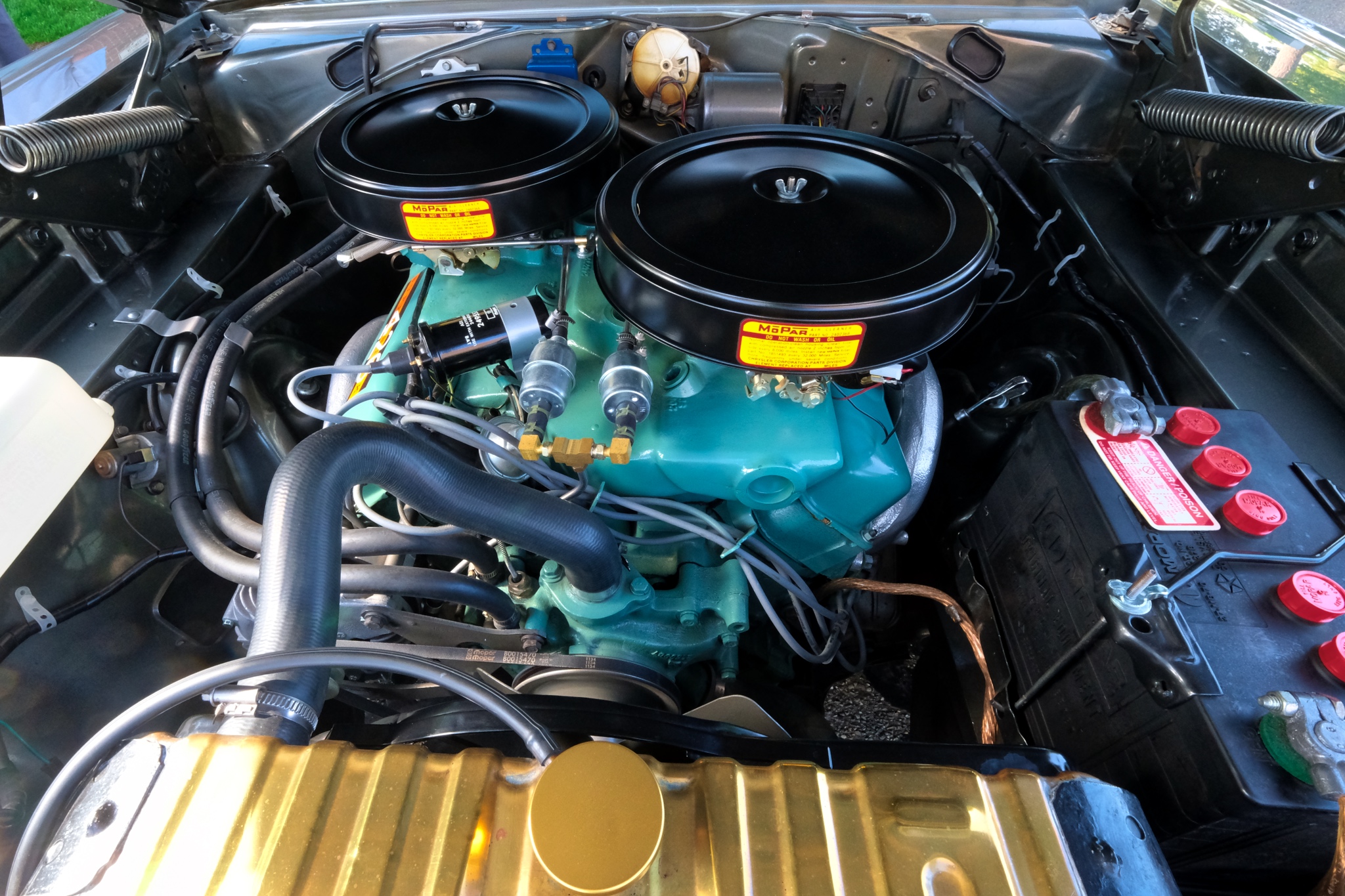
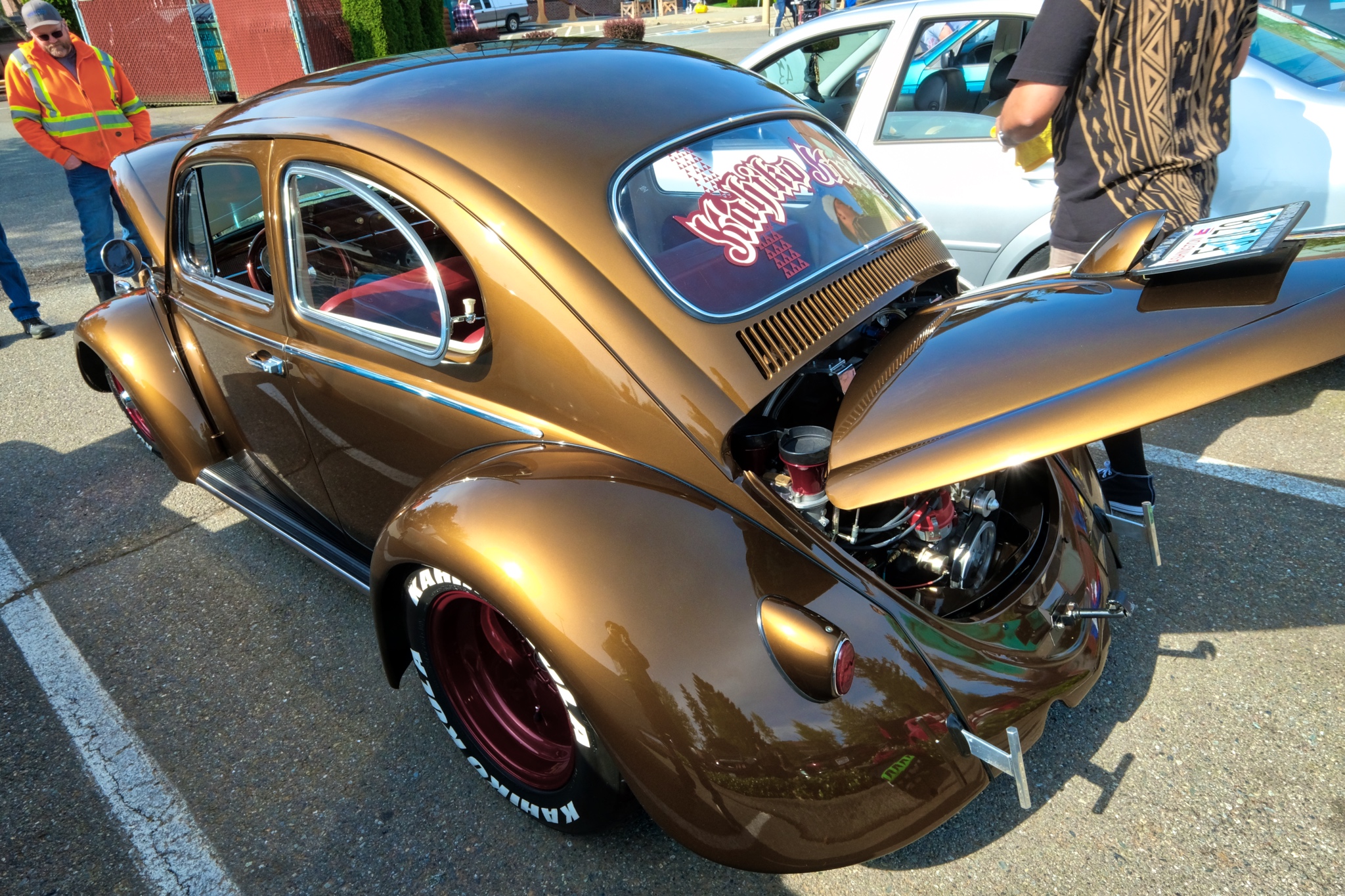
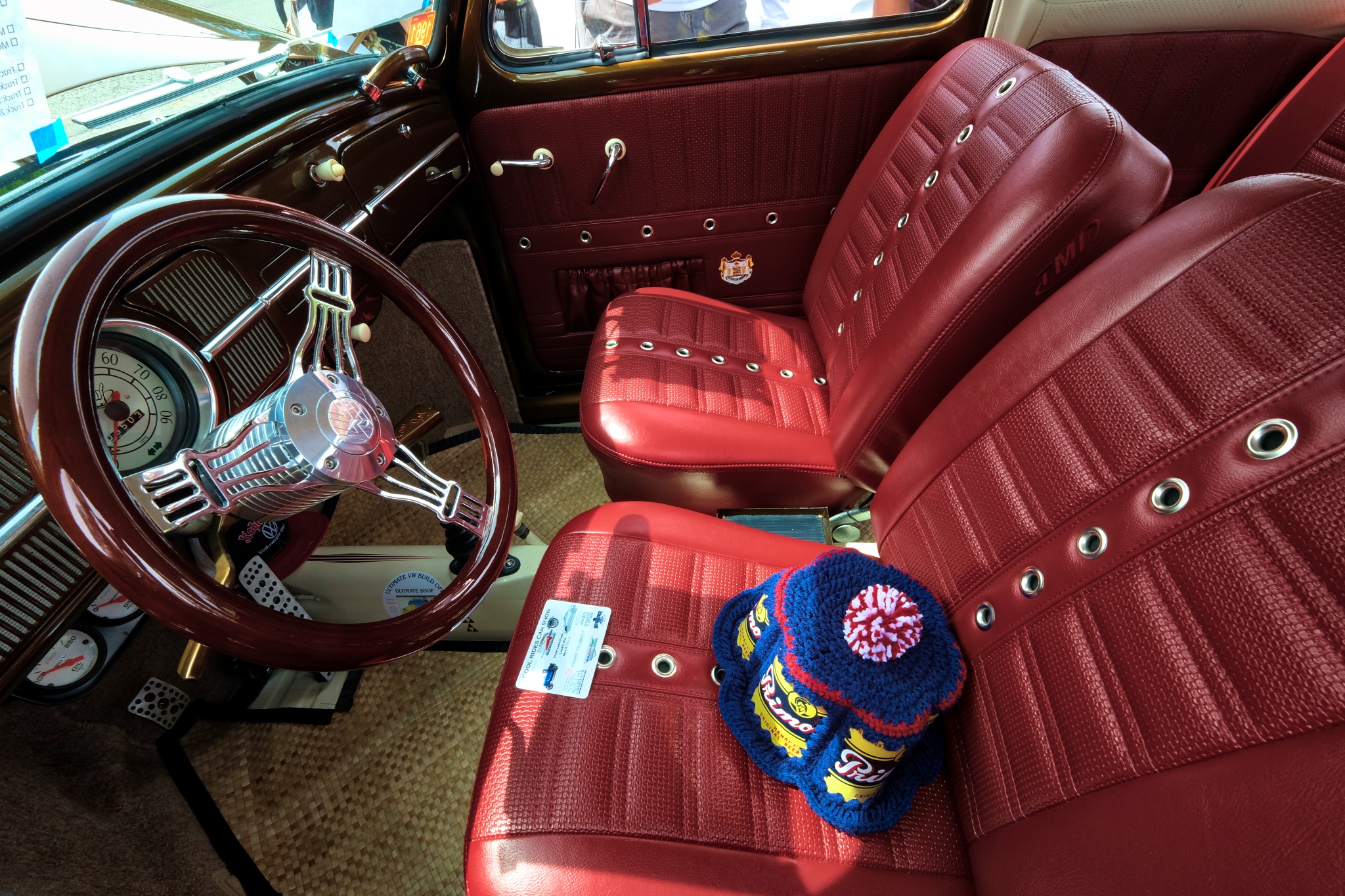
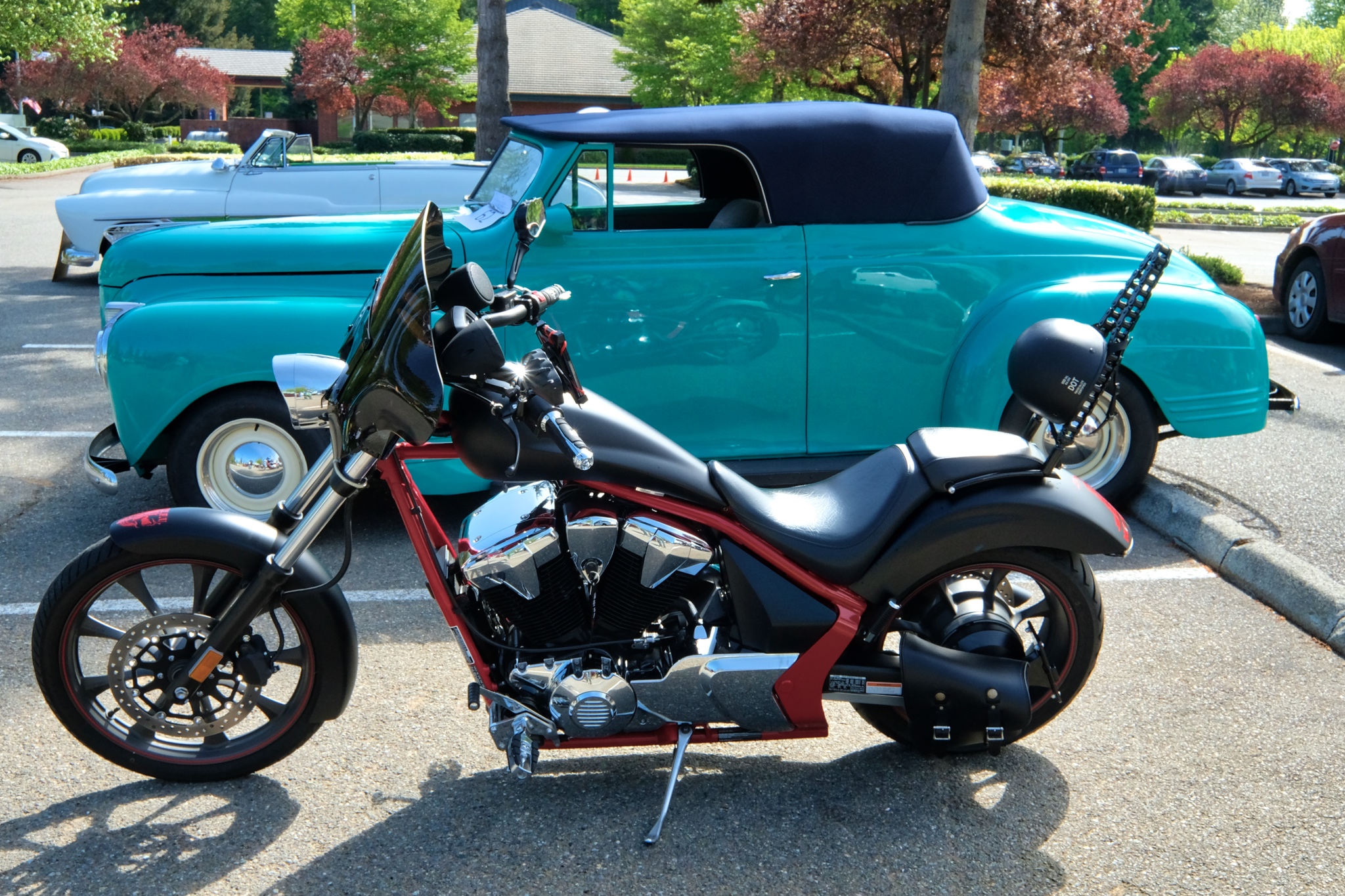
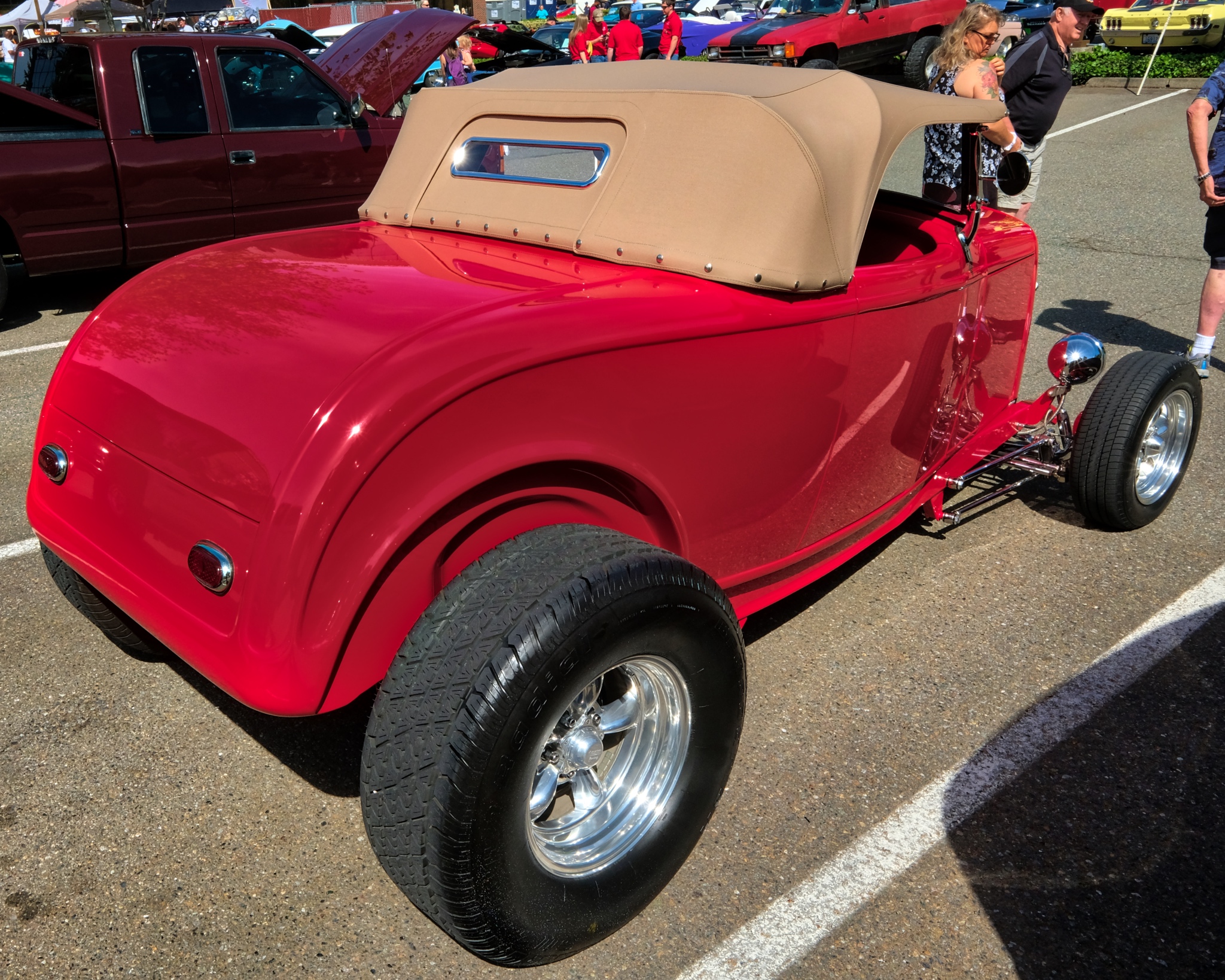
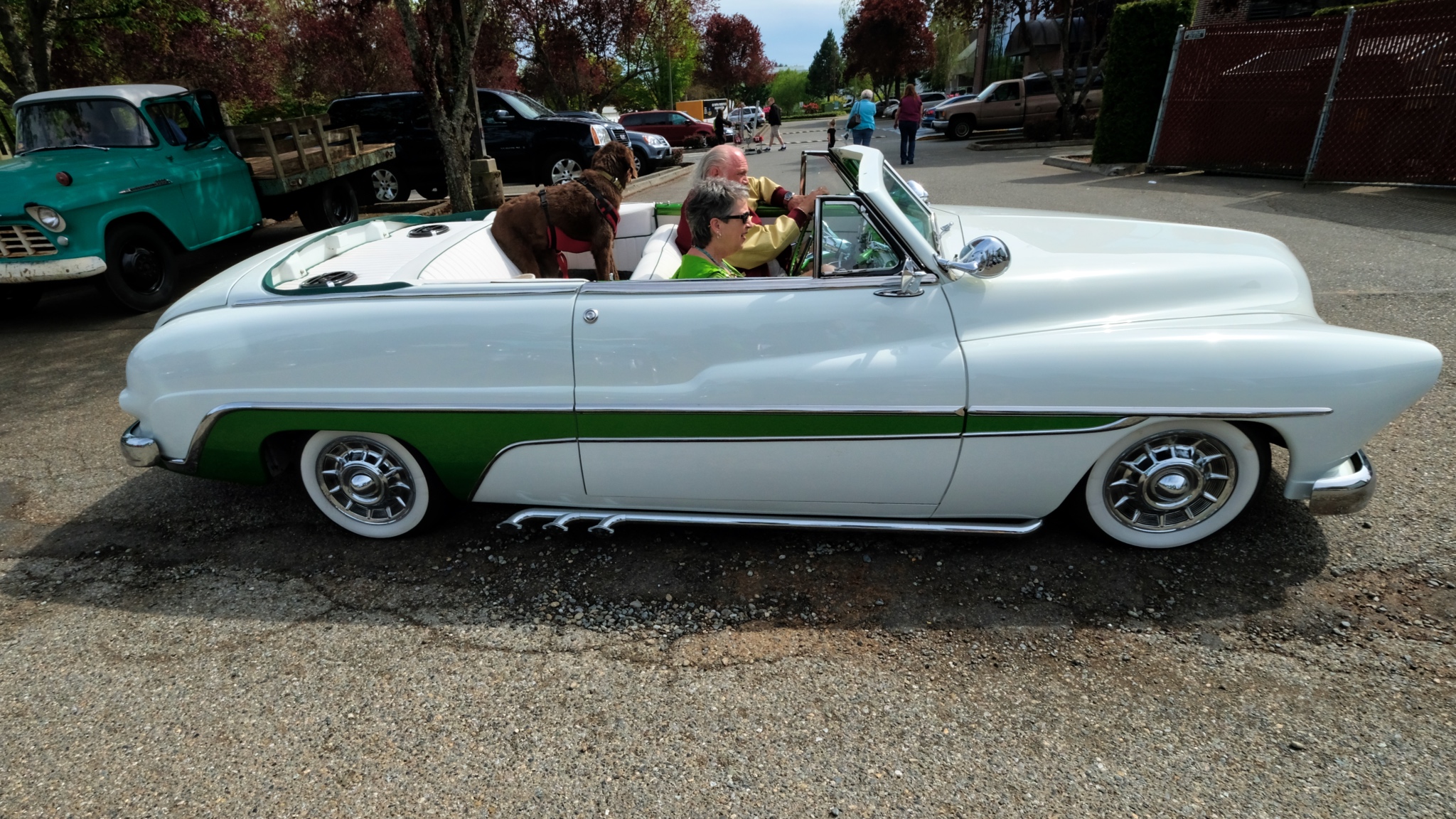
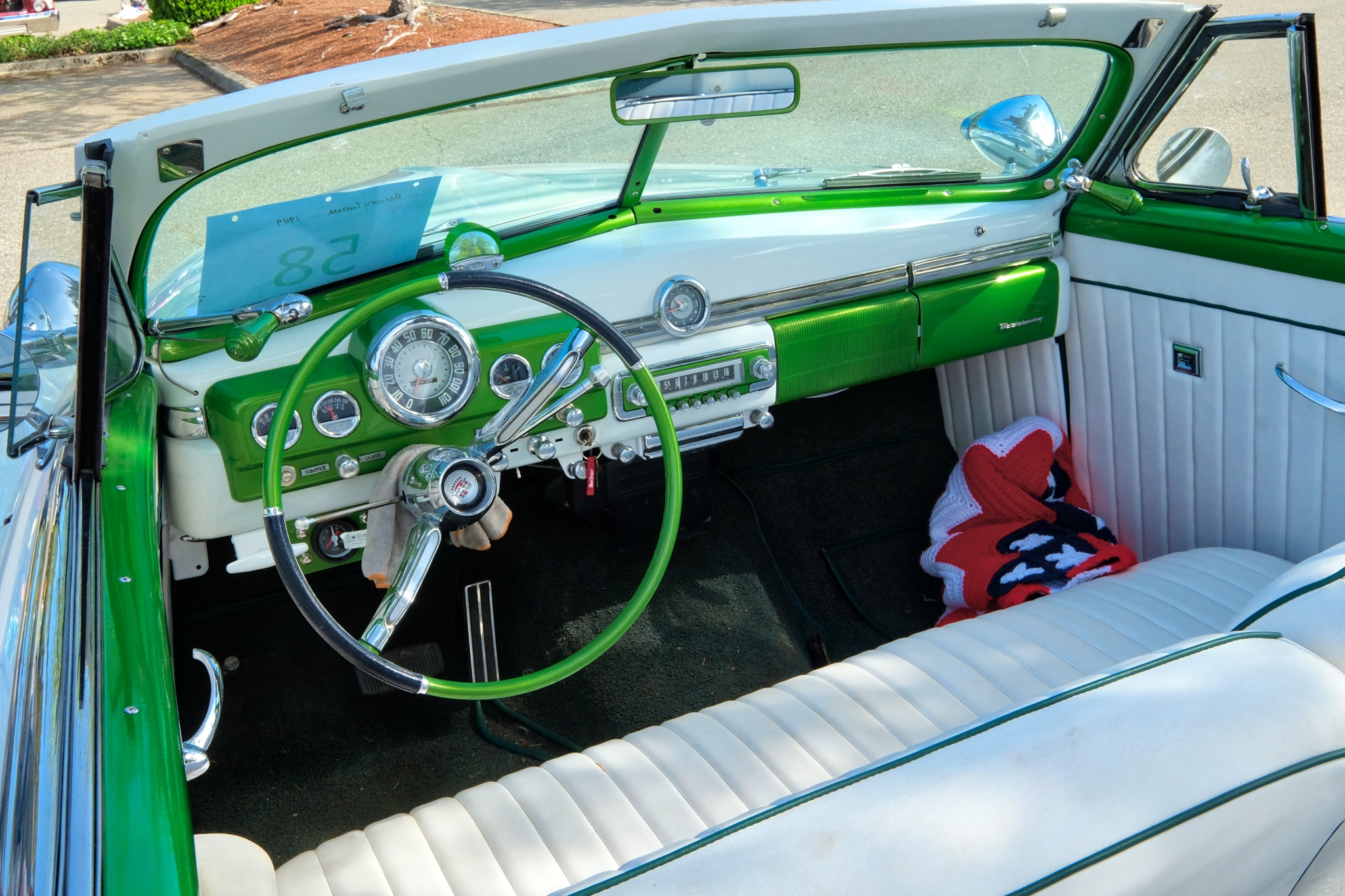
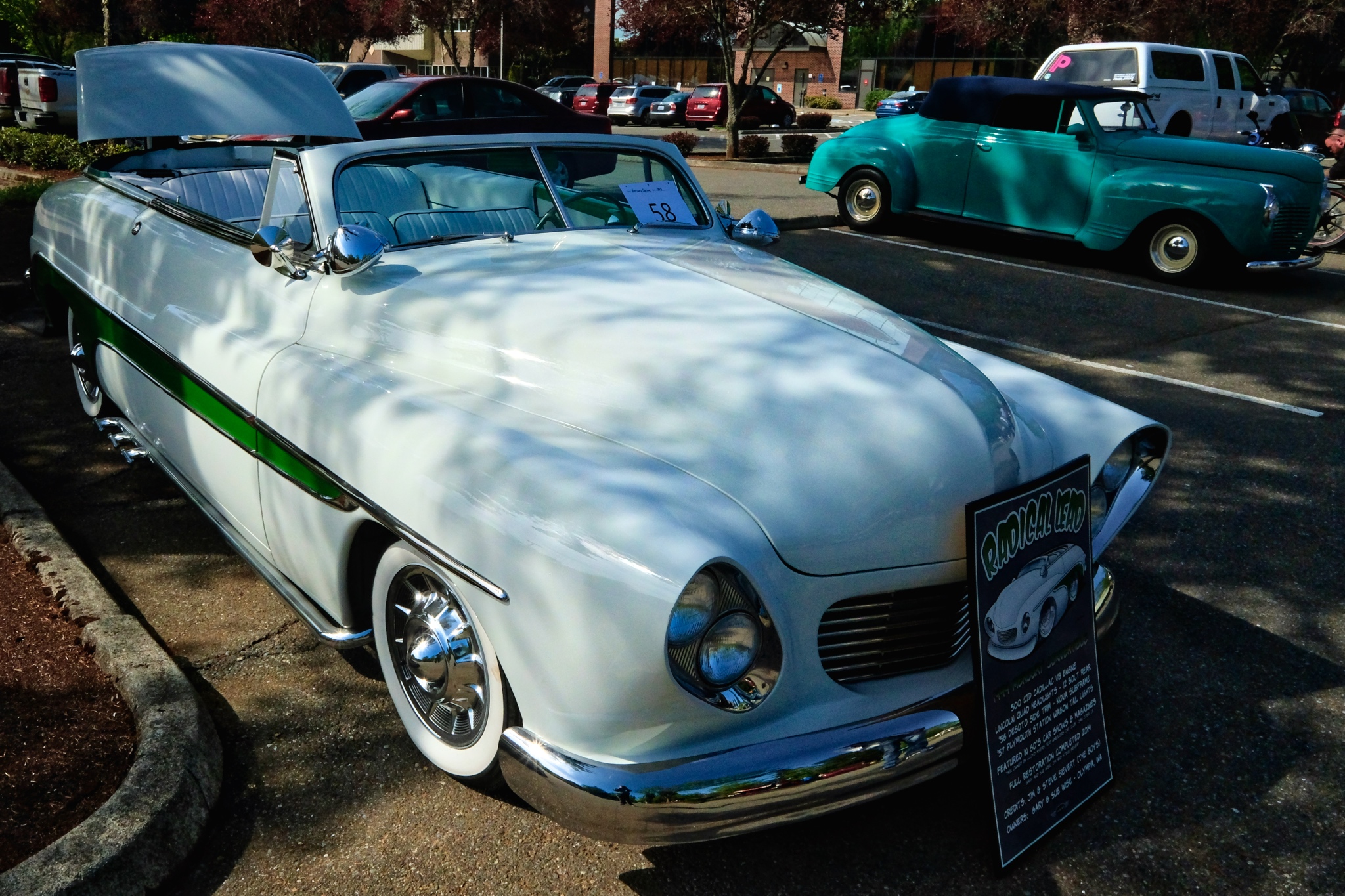
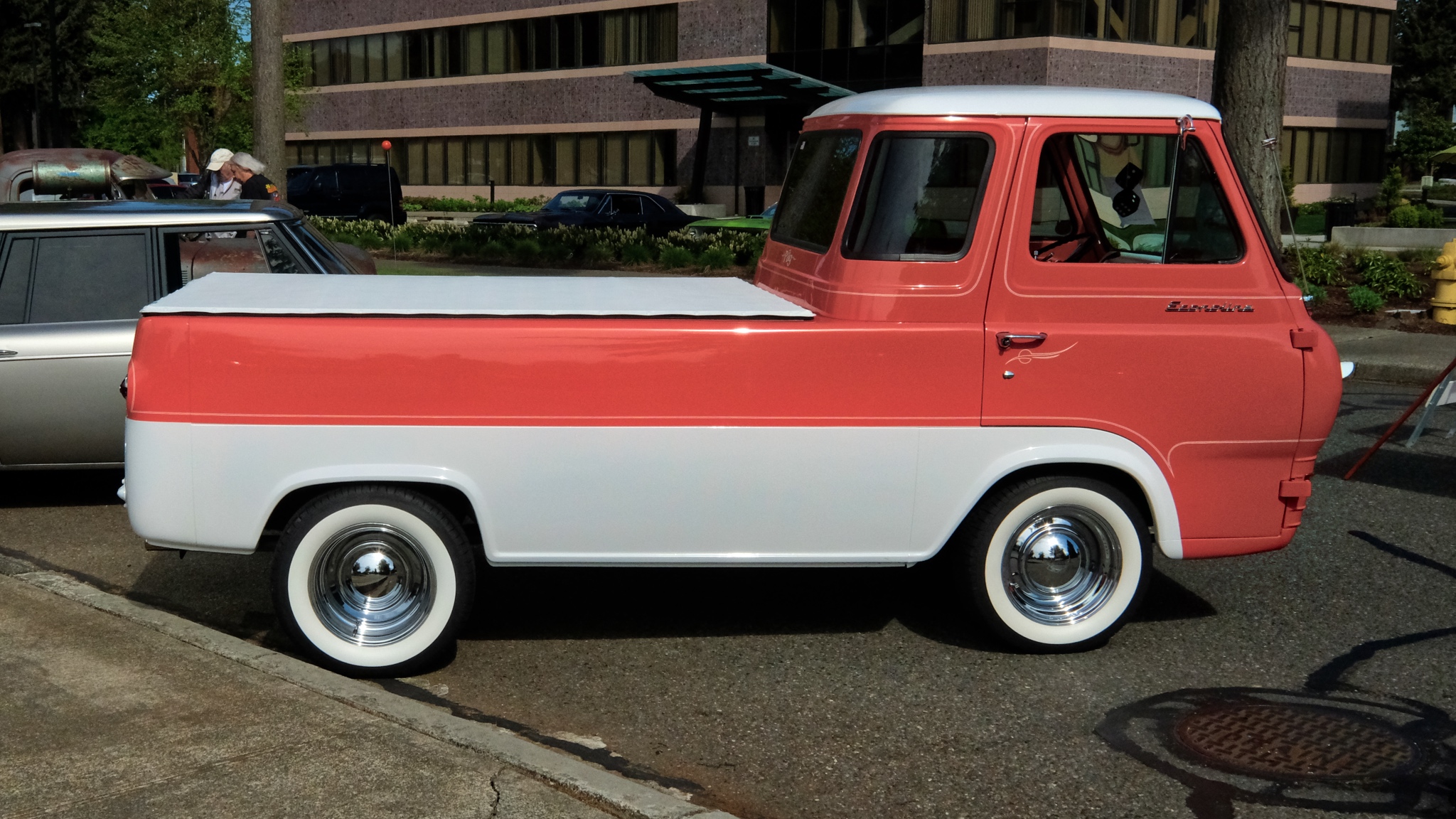
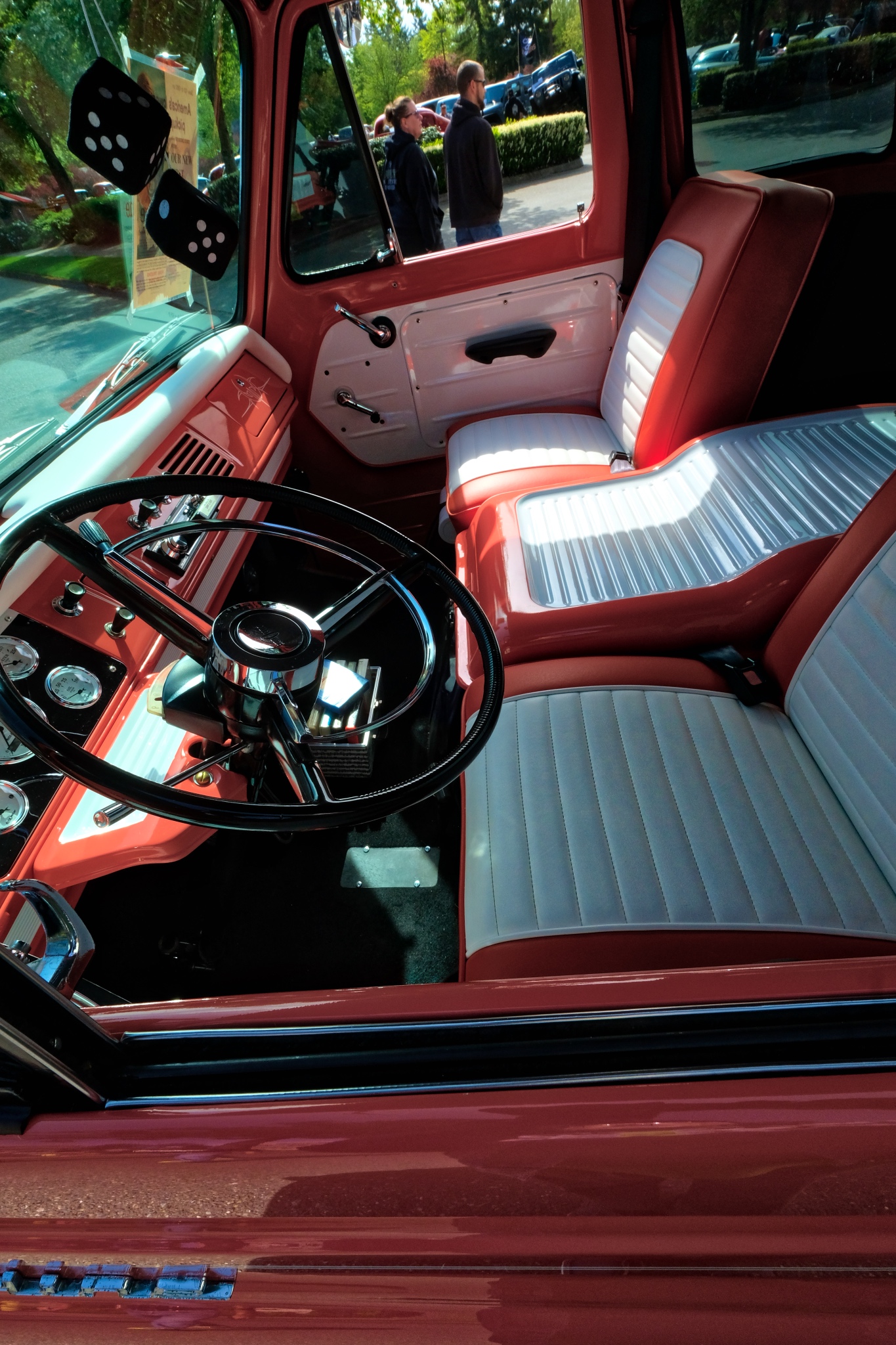
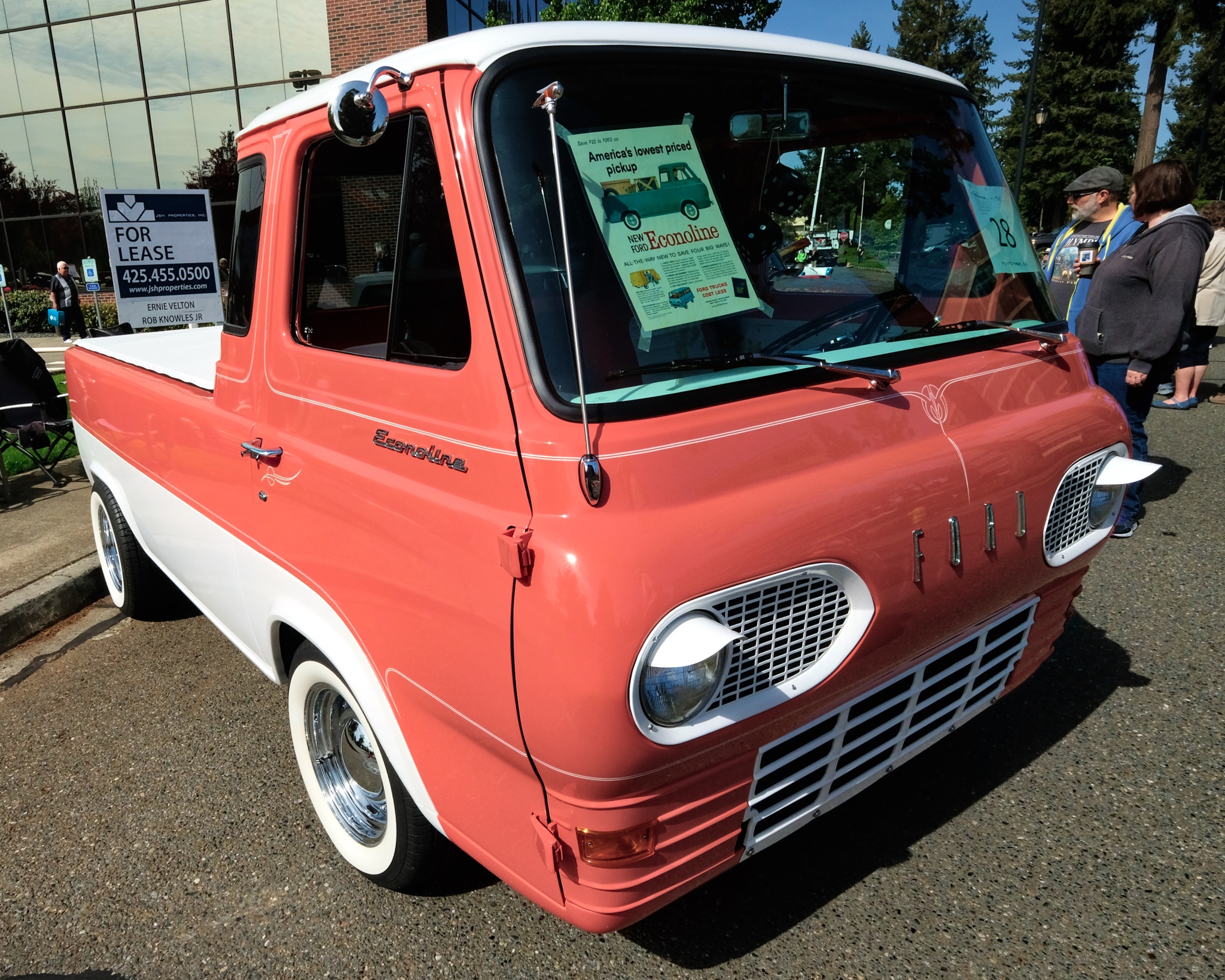
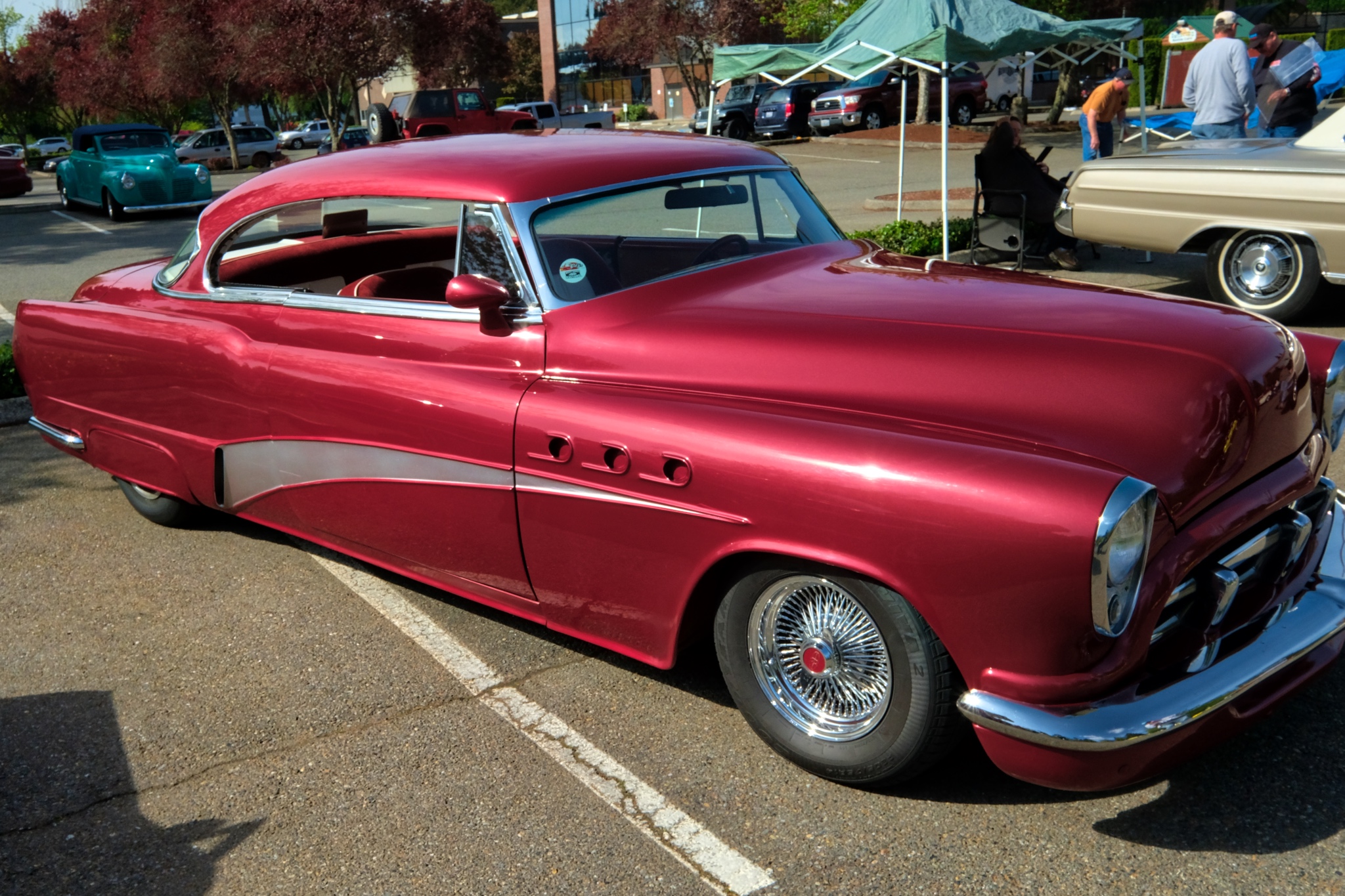
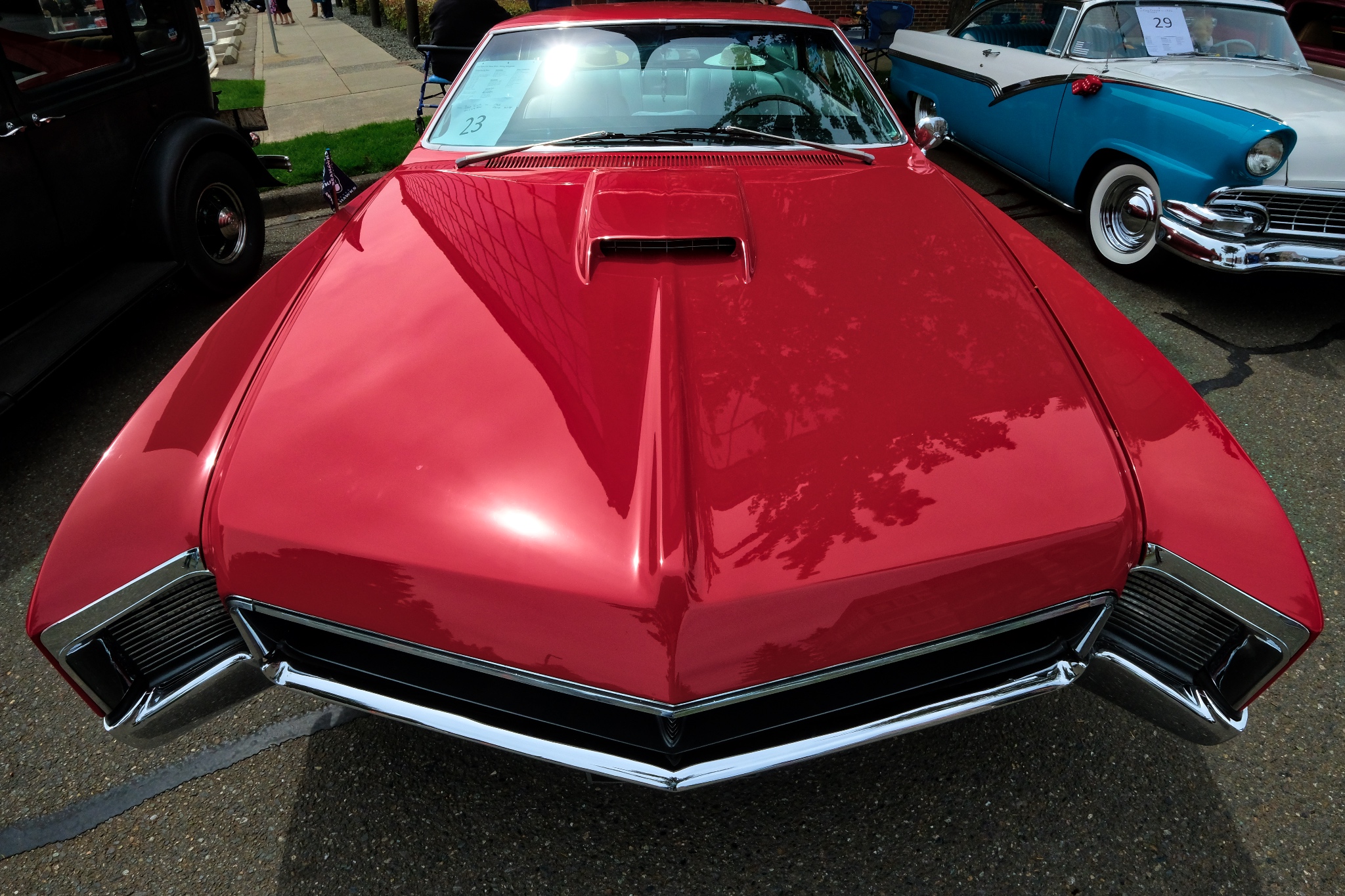
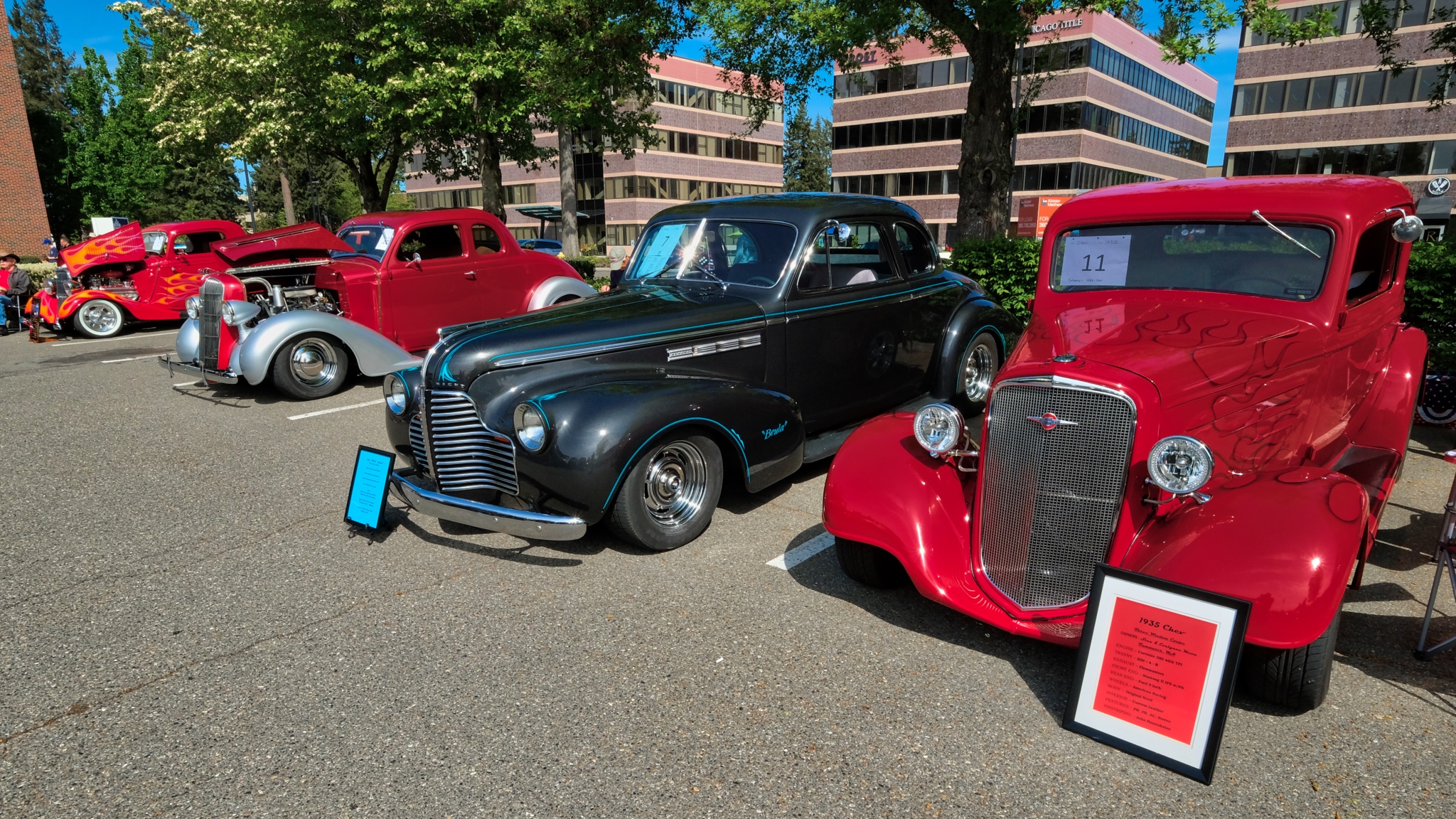
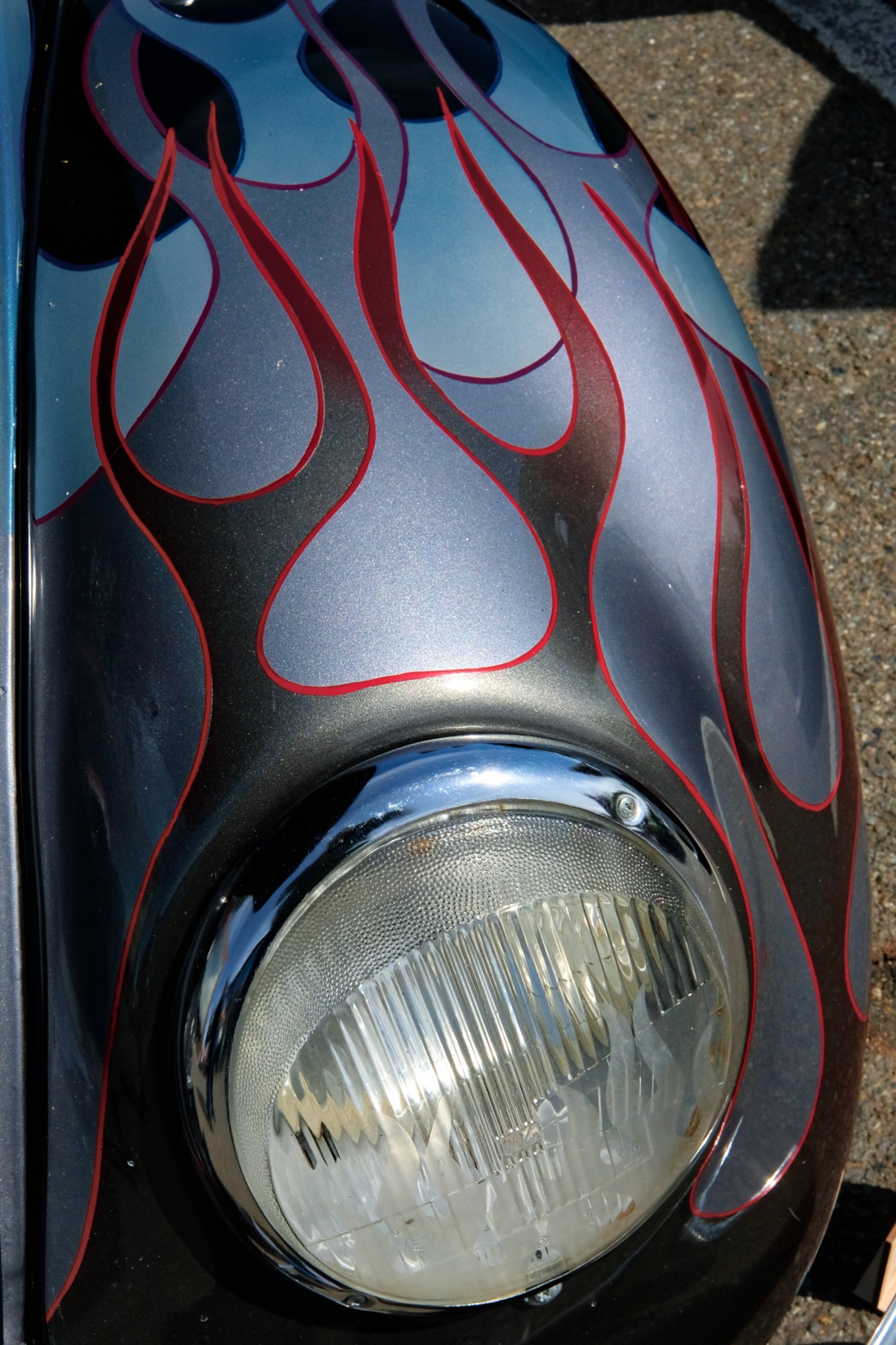
The Procession of Species
 Wednesday, May 2, 2018 at 12:15AM
Wednesday, May 2, 2018 at 12:15AM 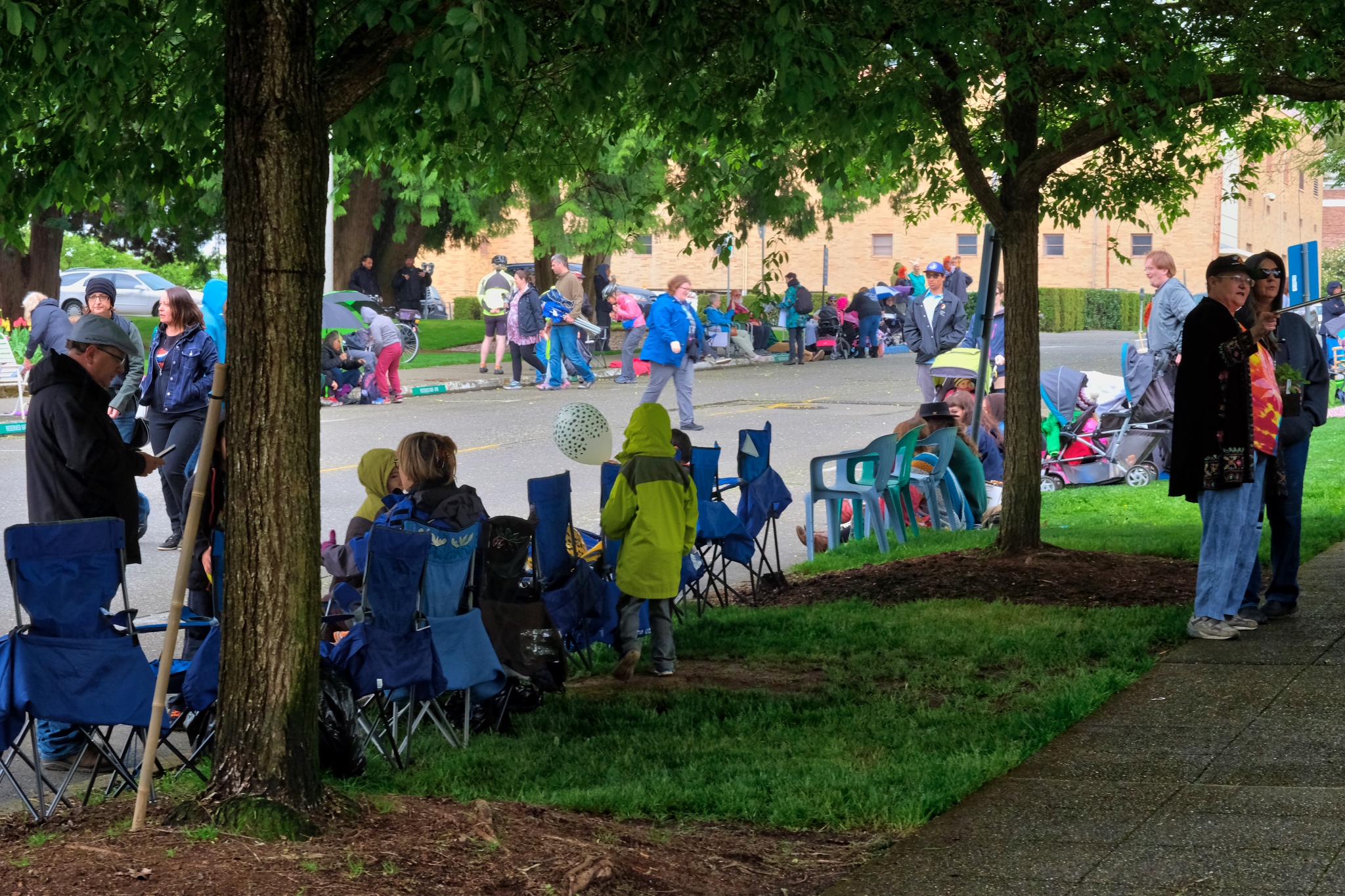
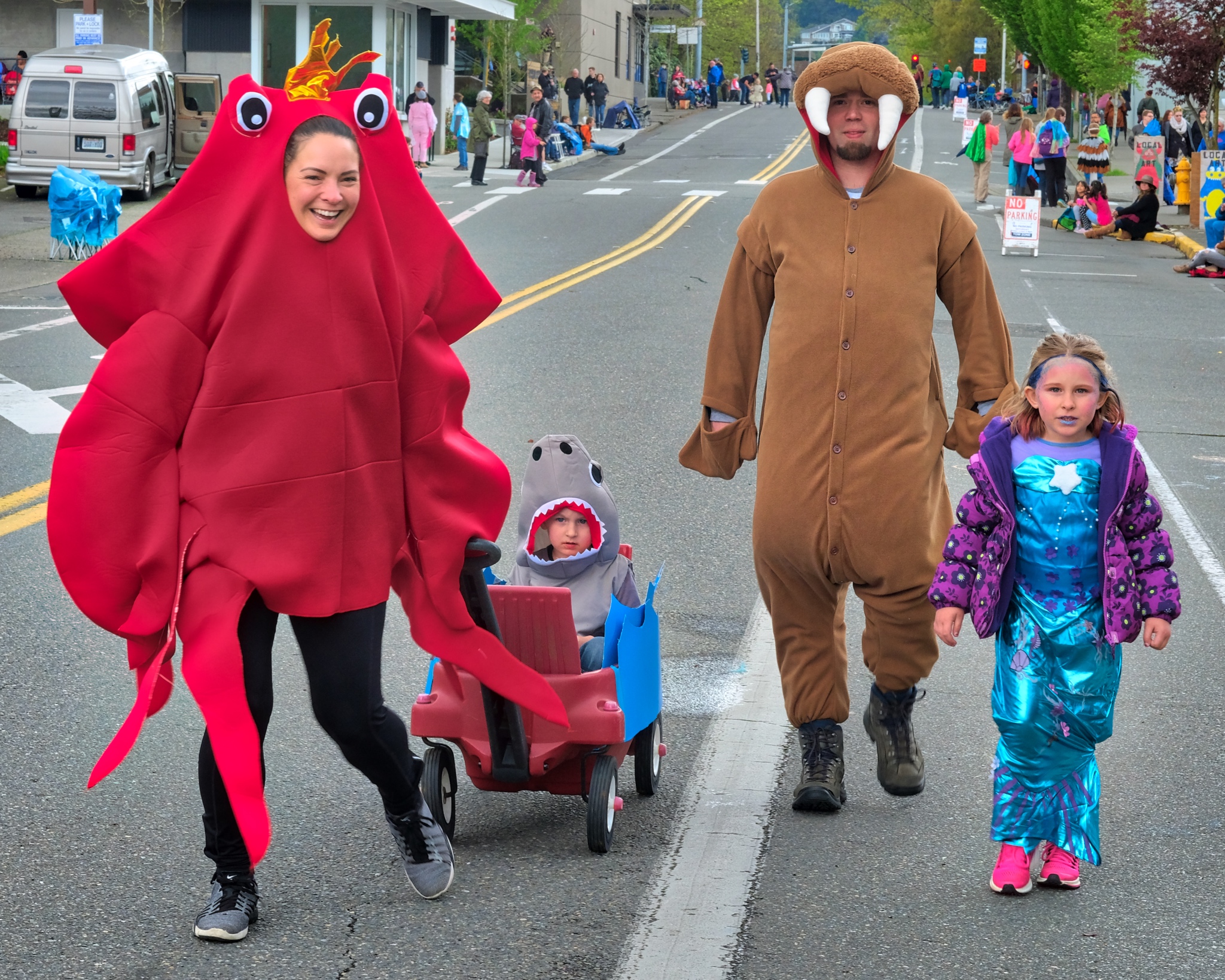
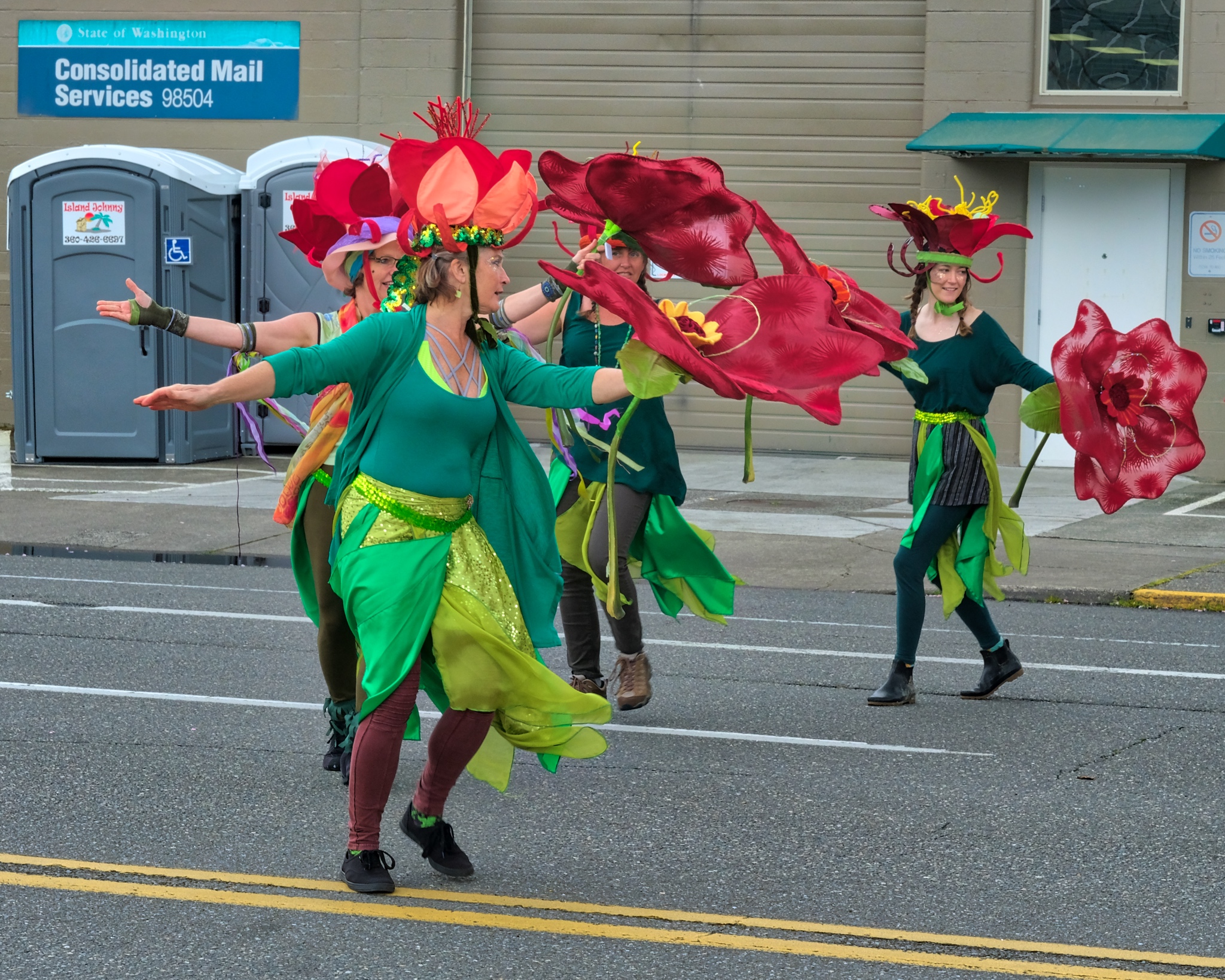
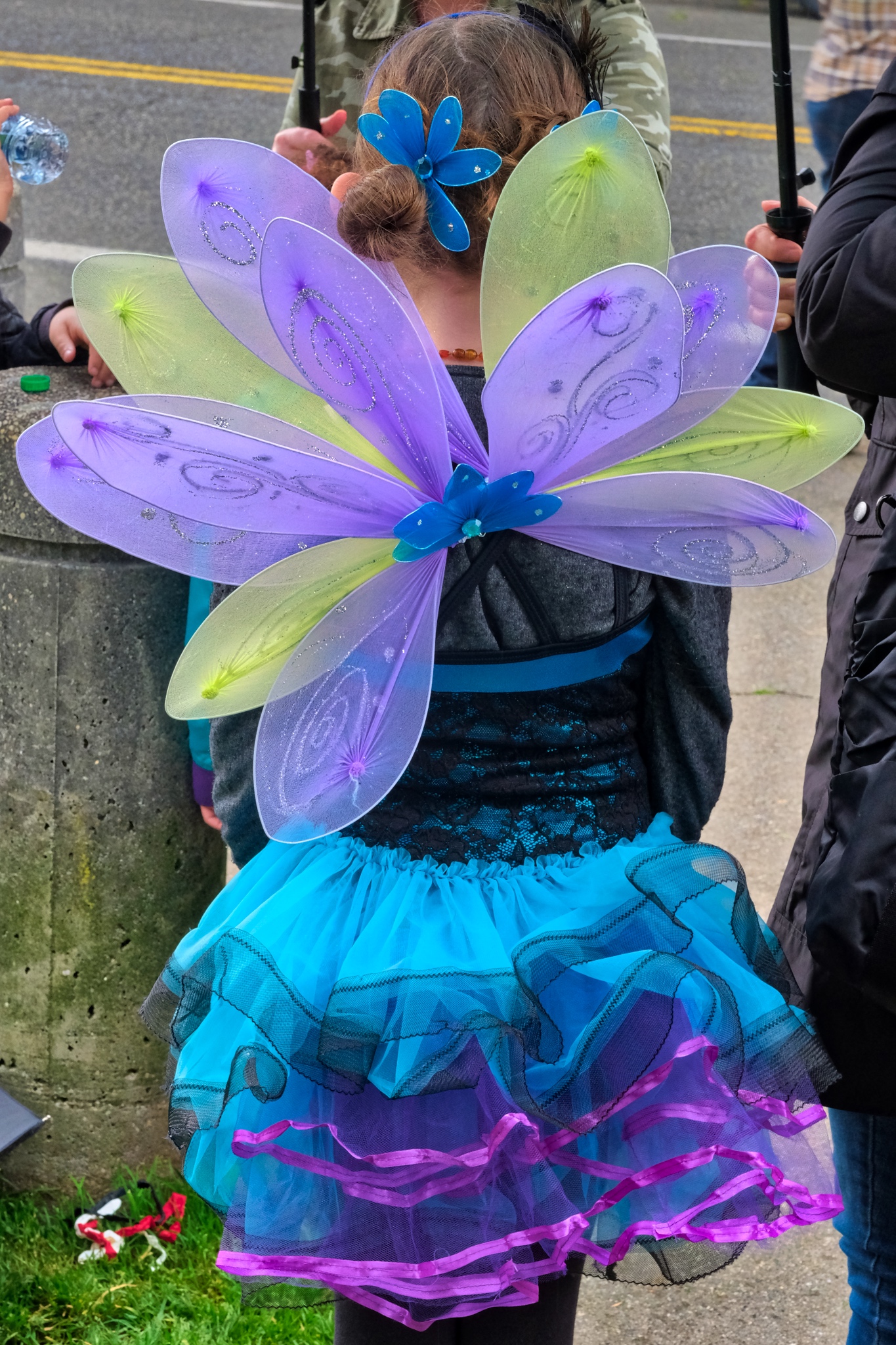
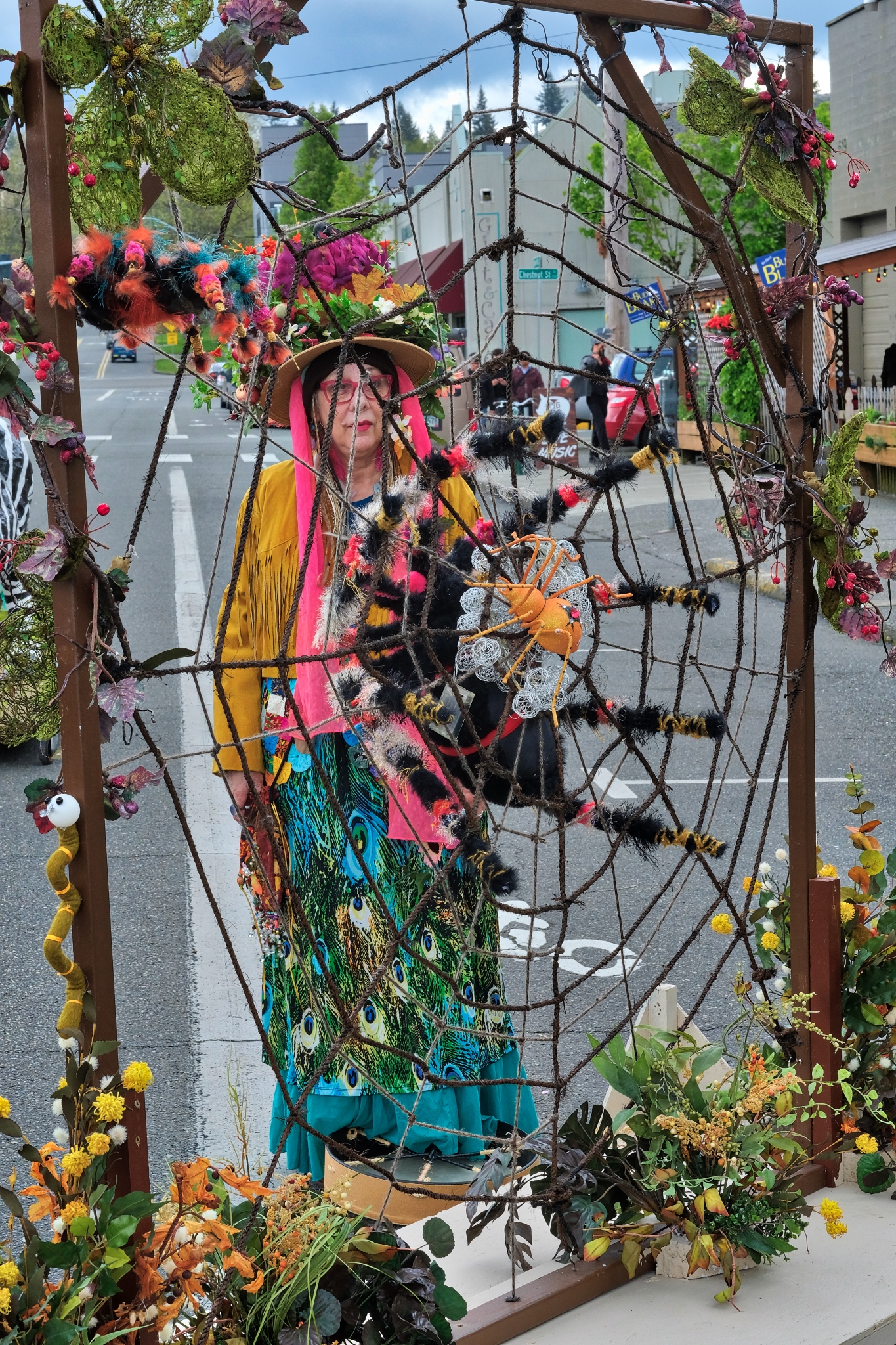
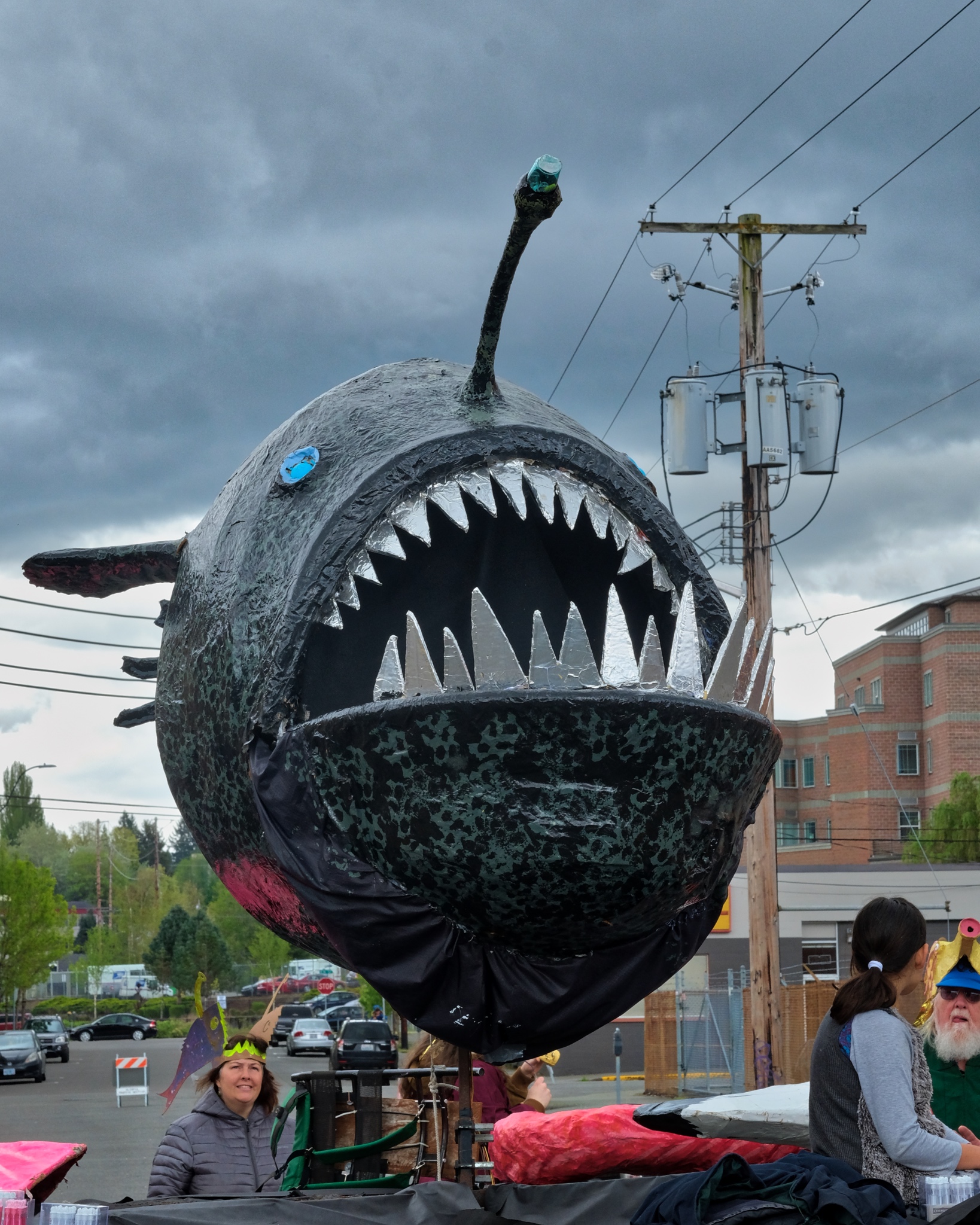
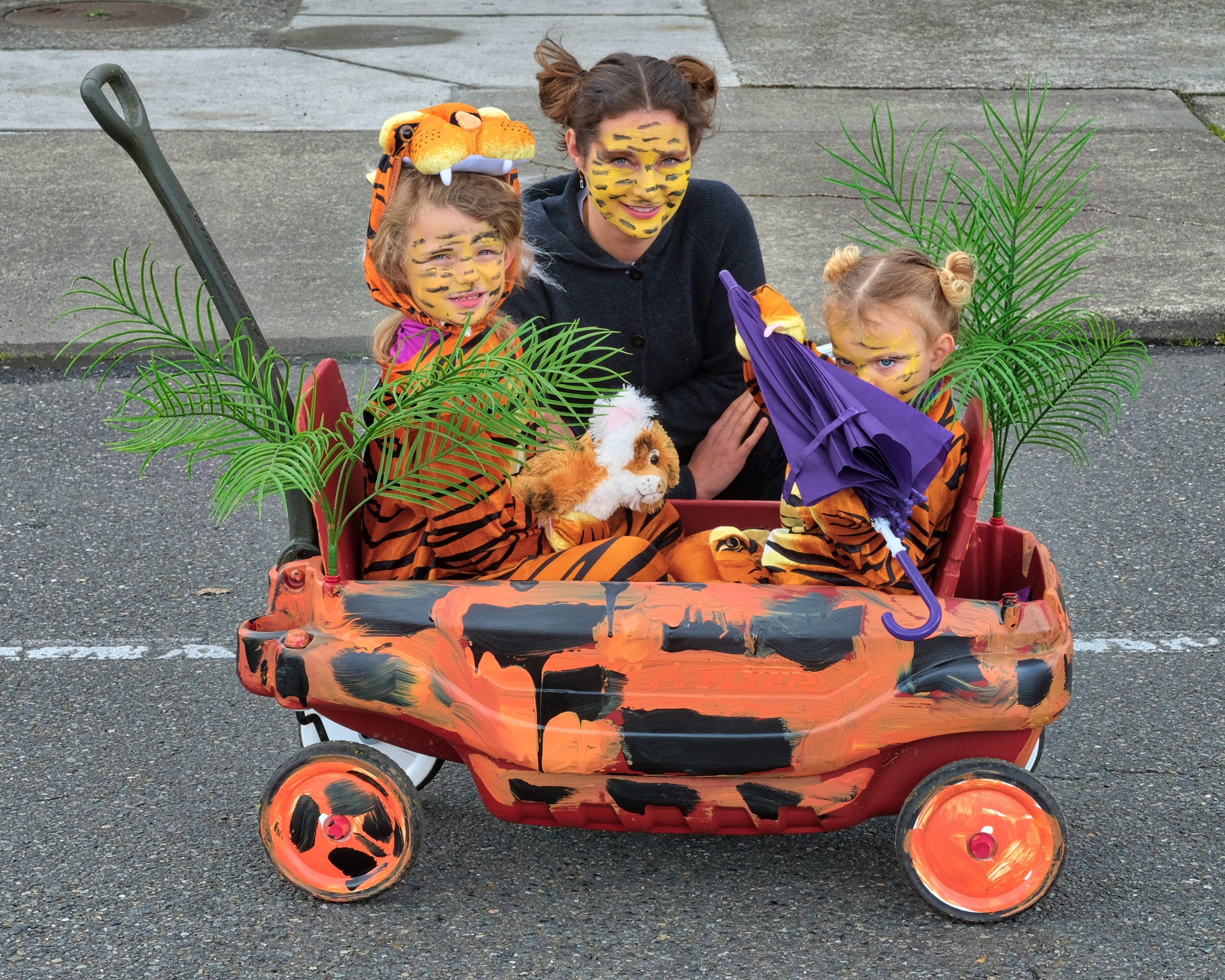
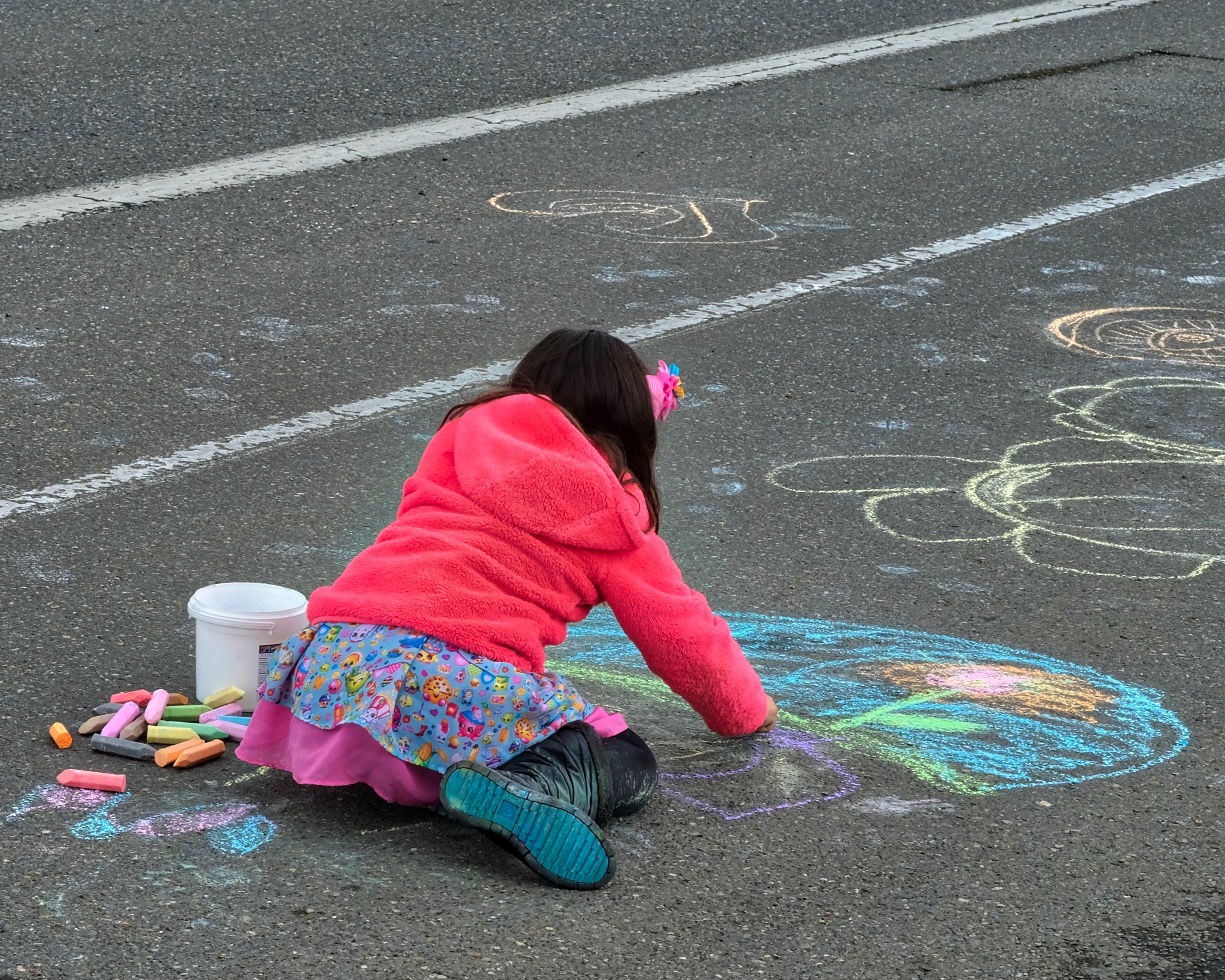
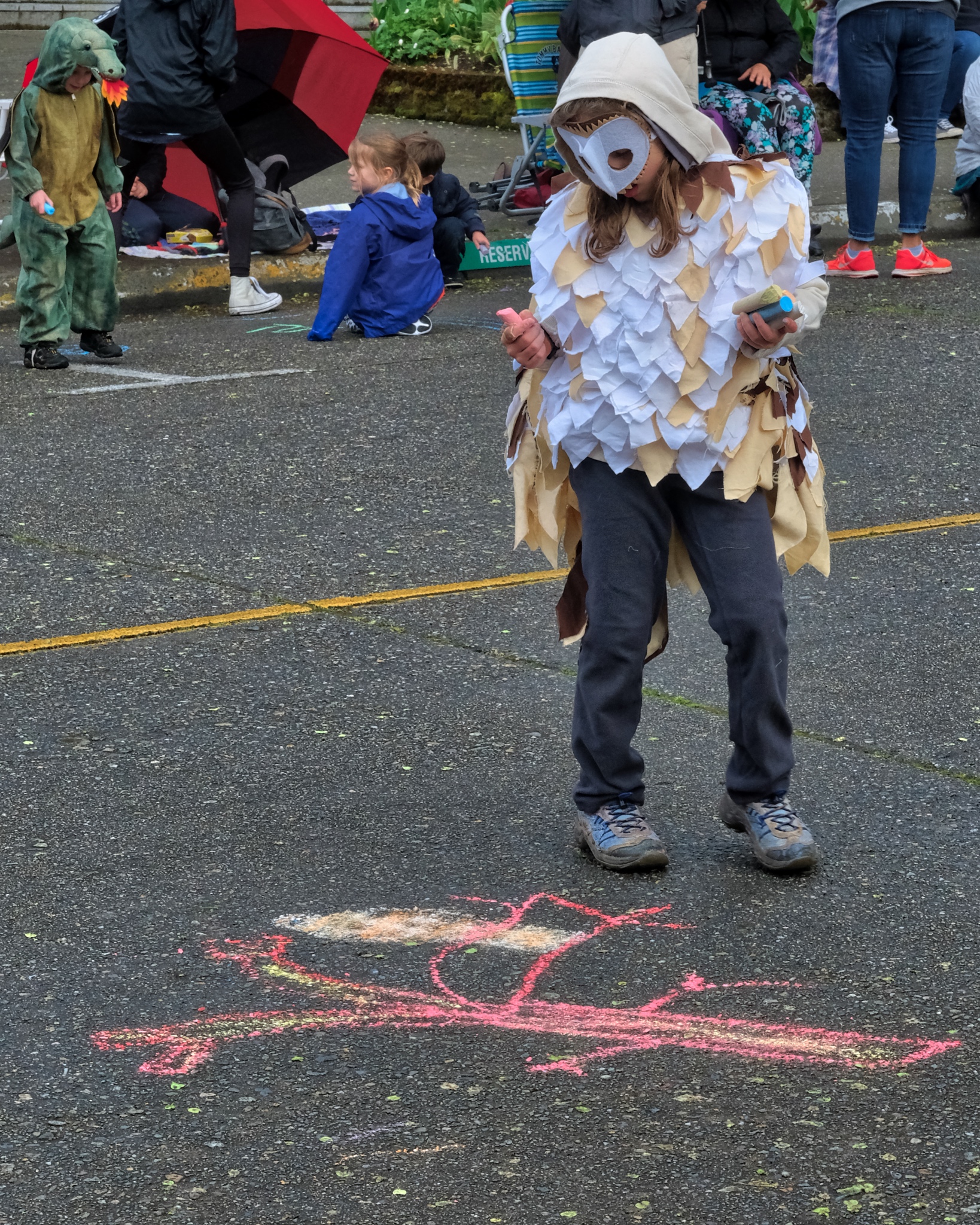
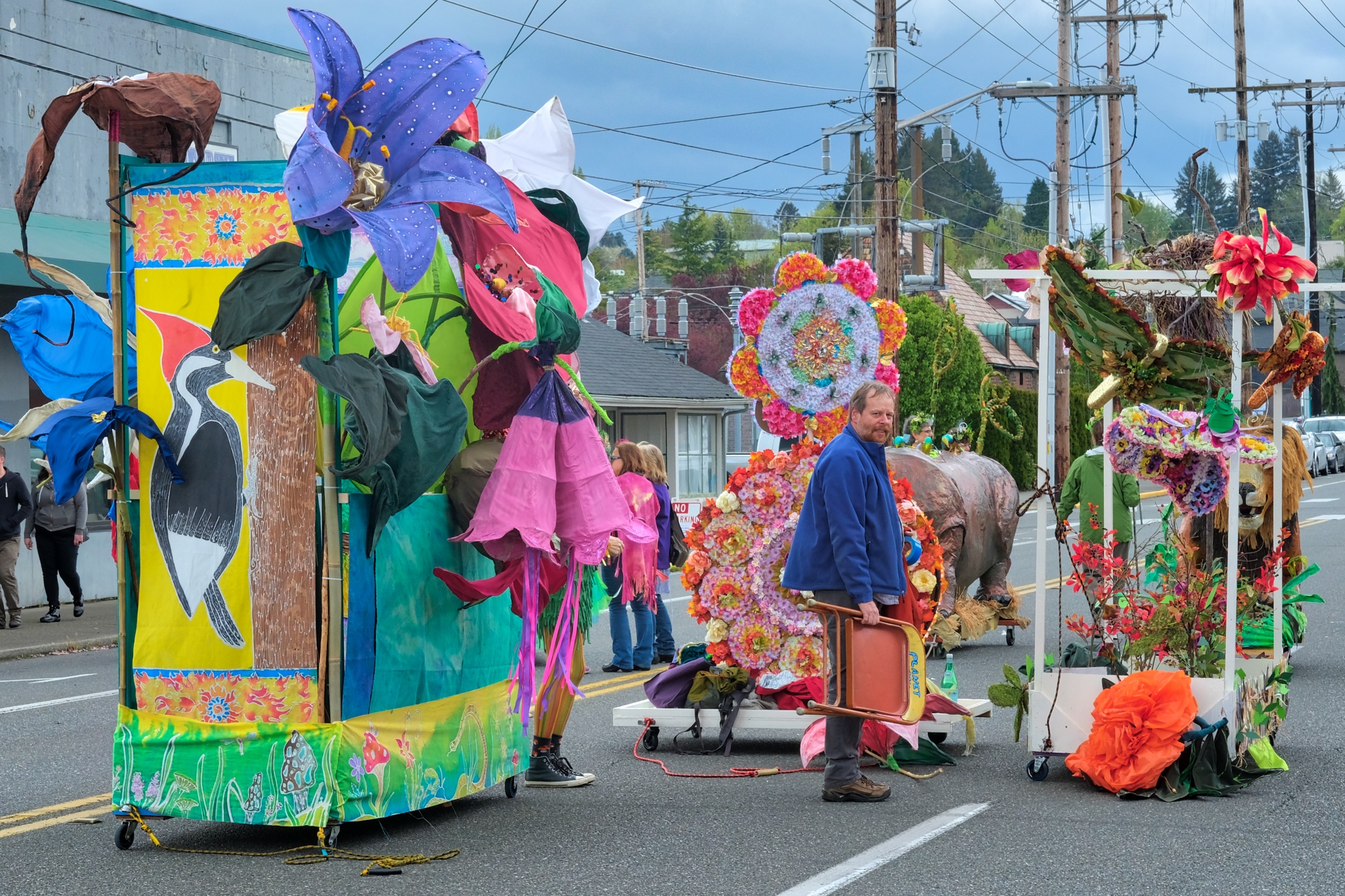
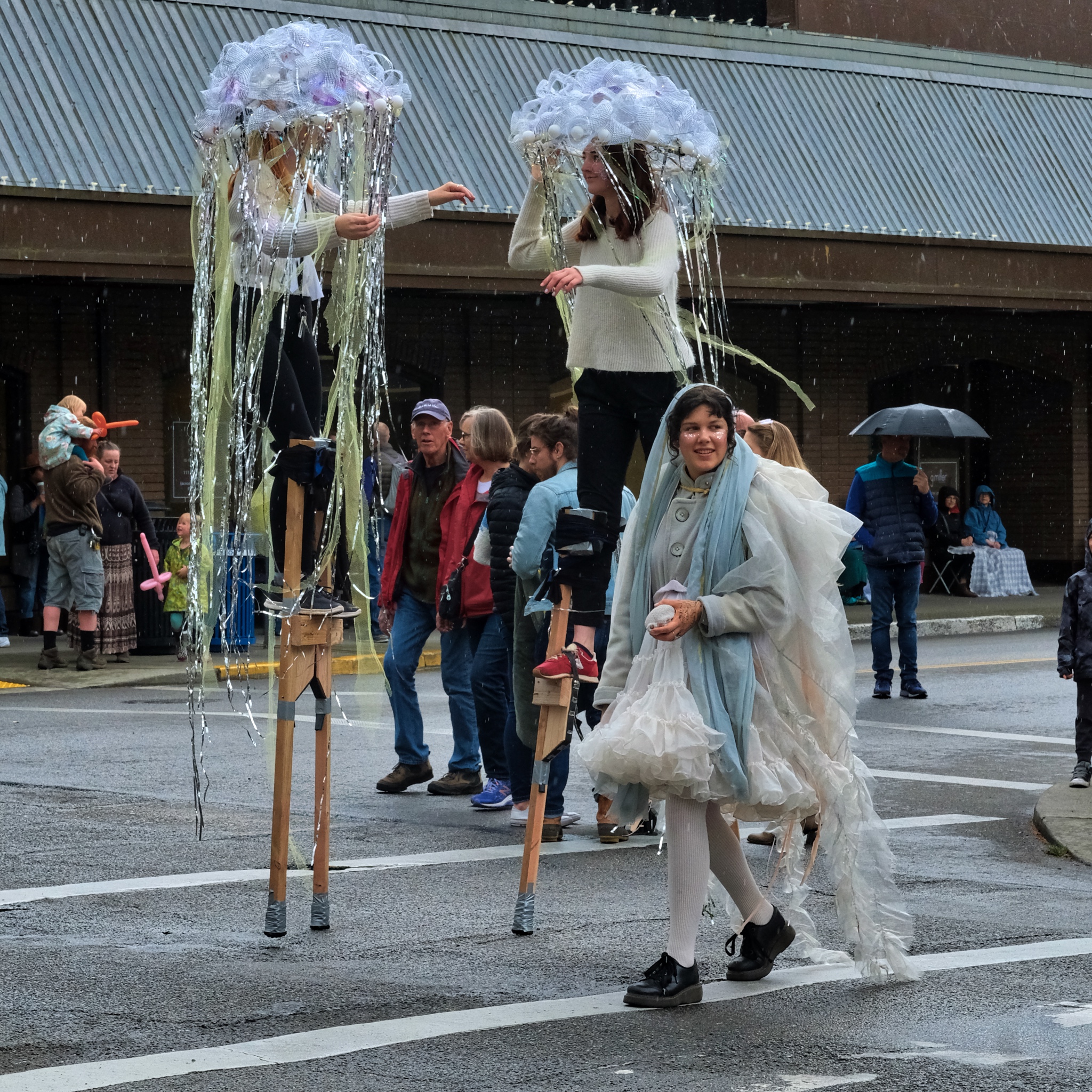
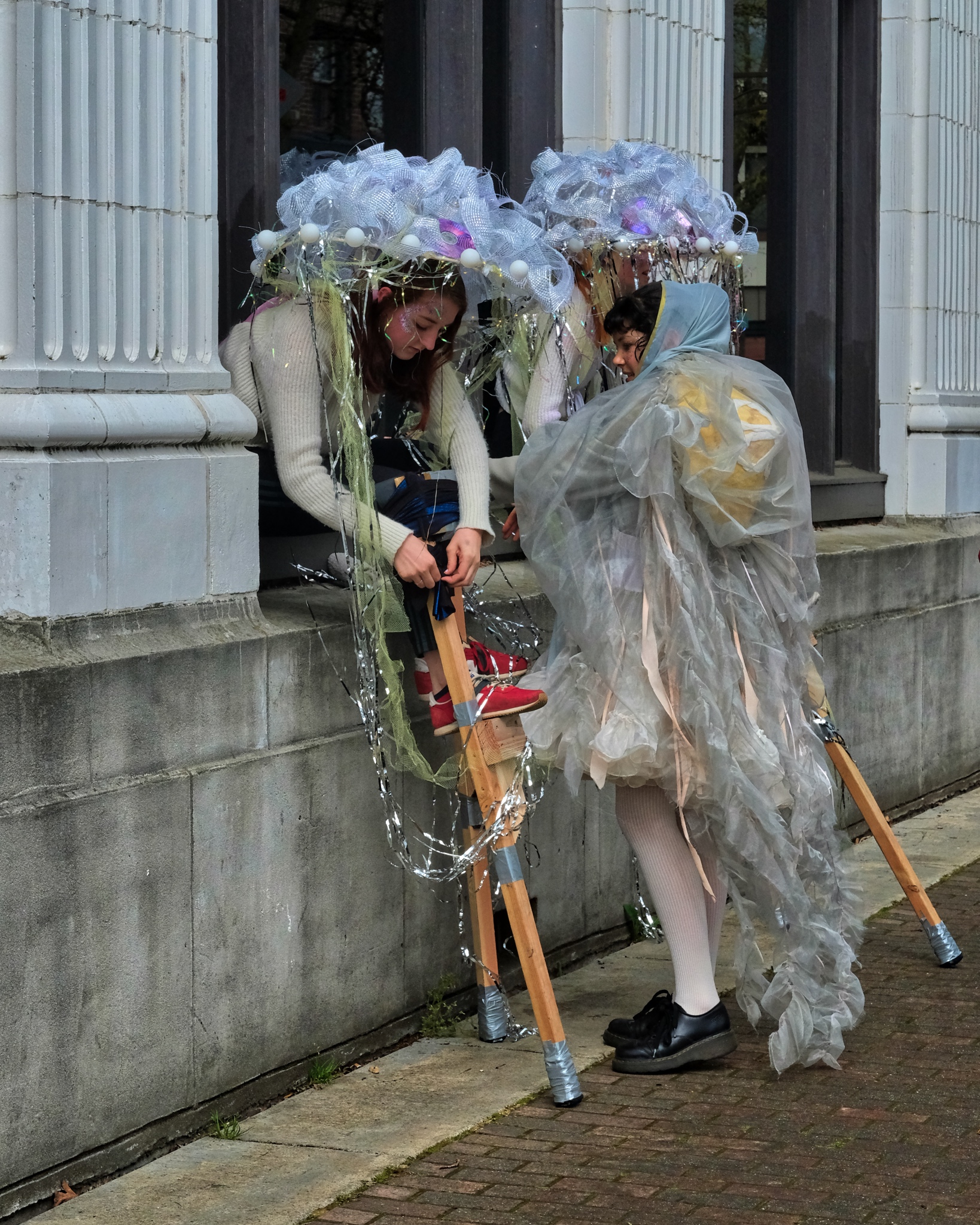
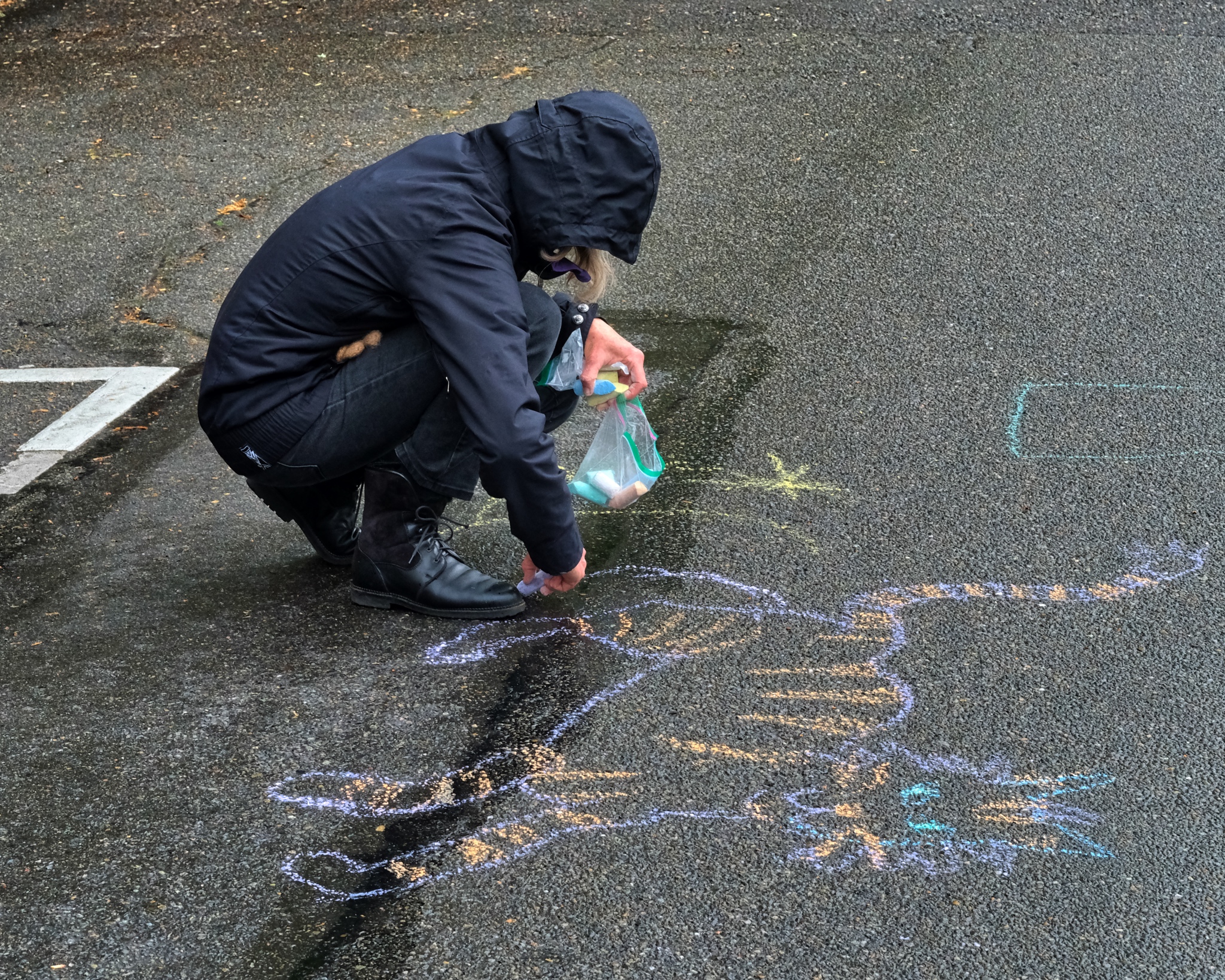
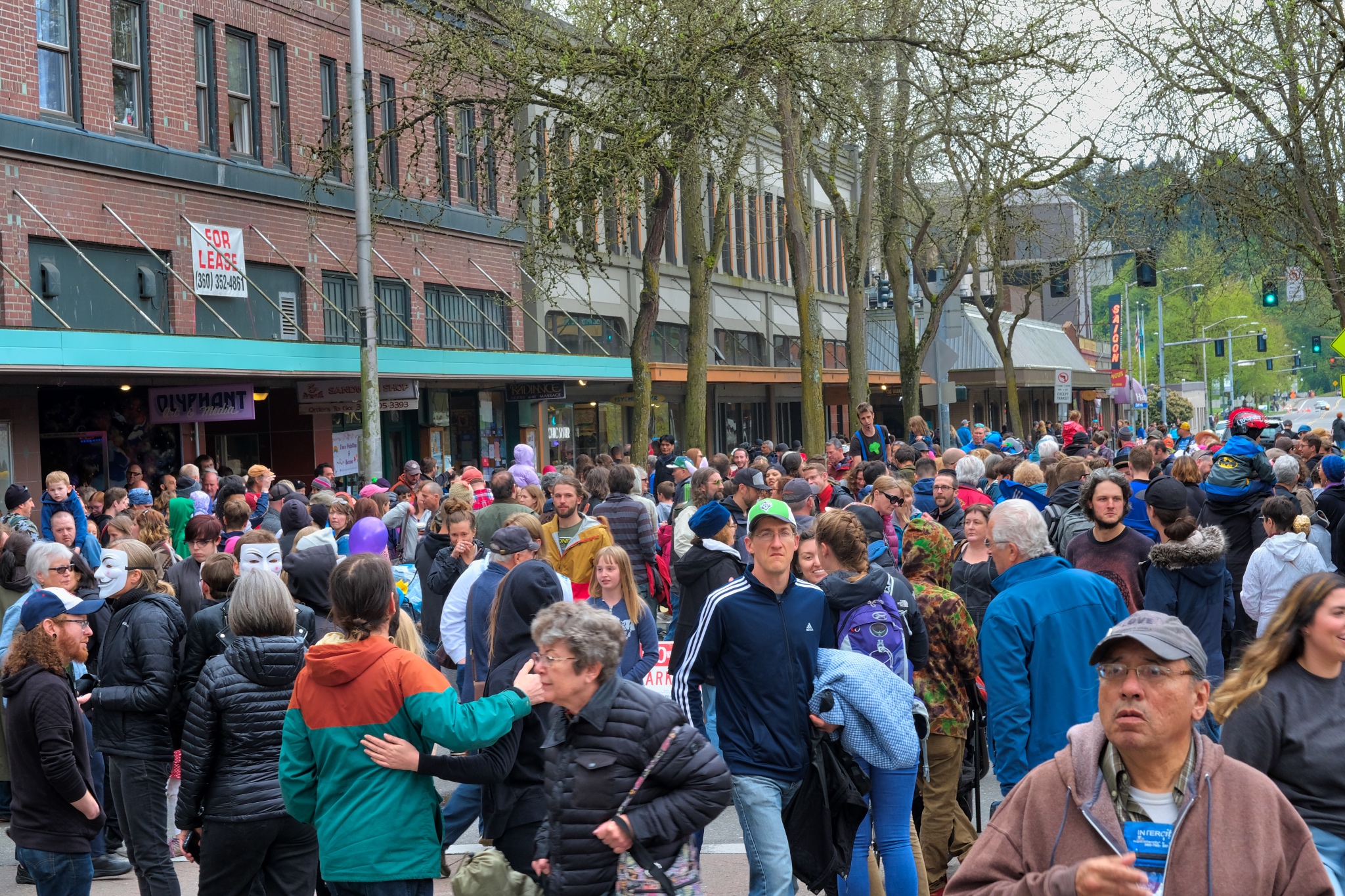
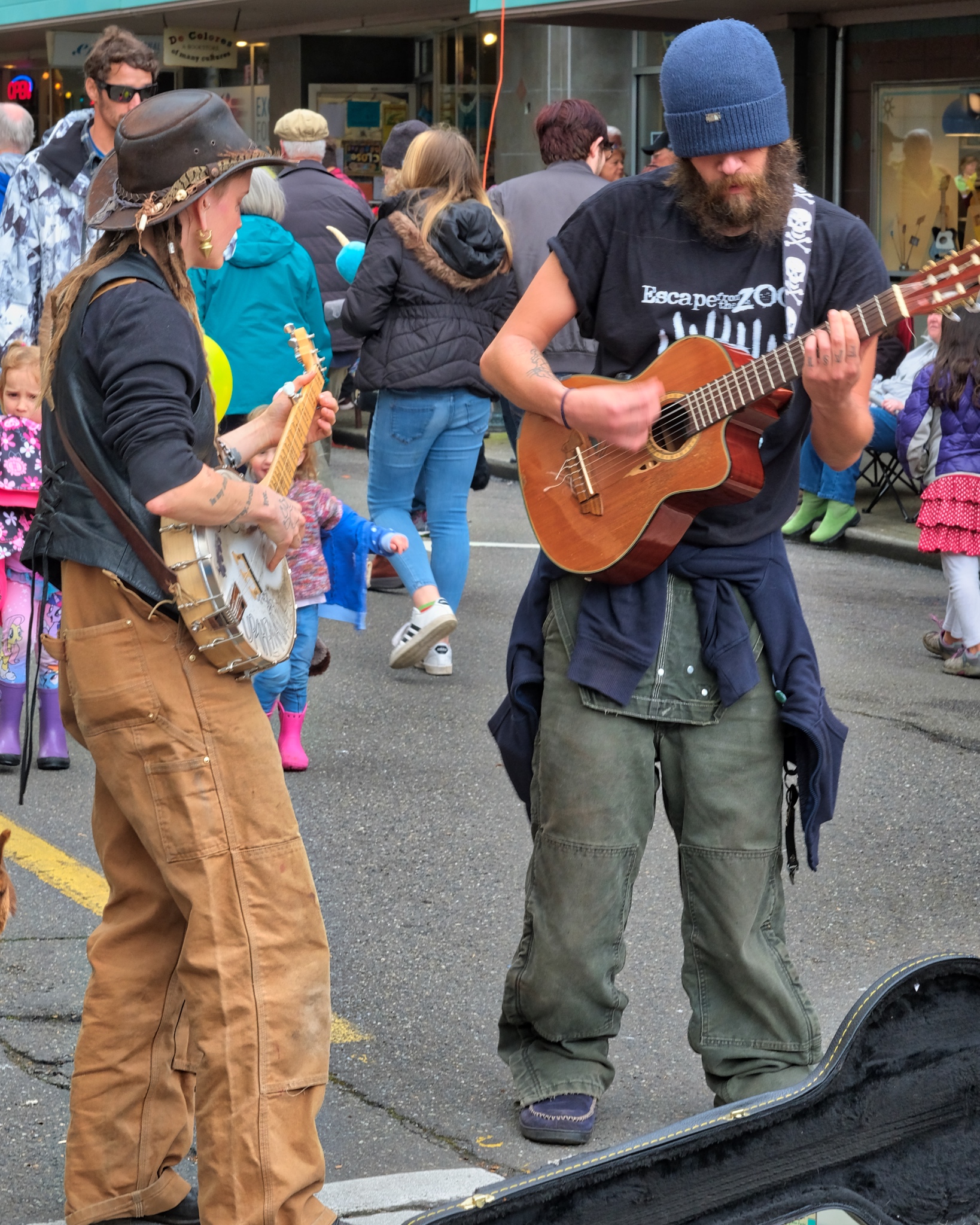
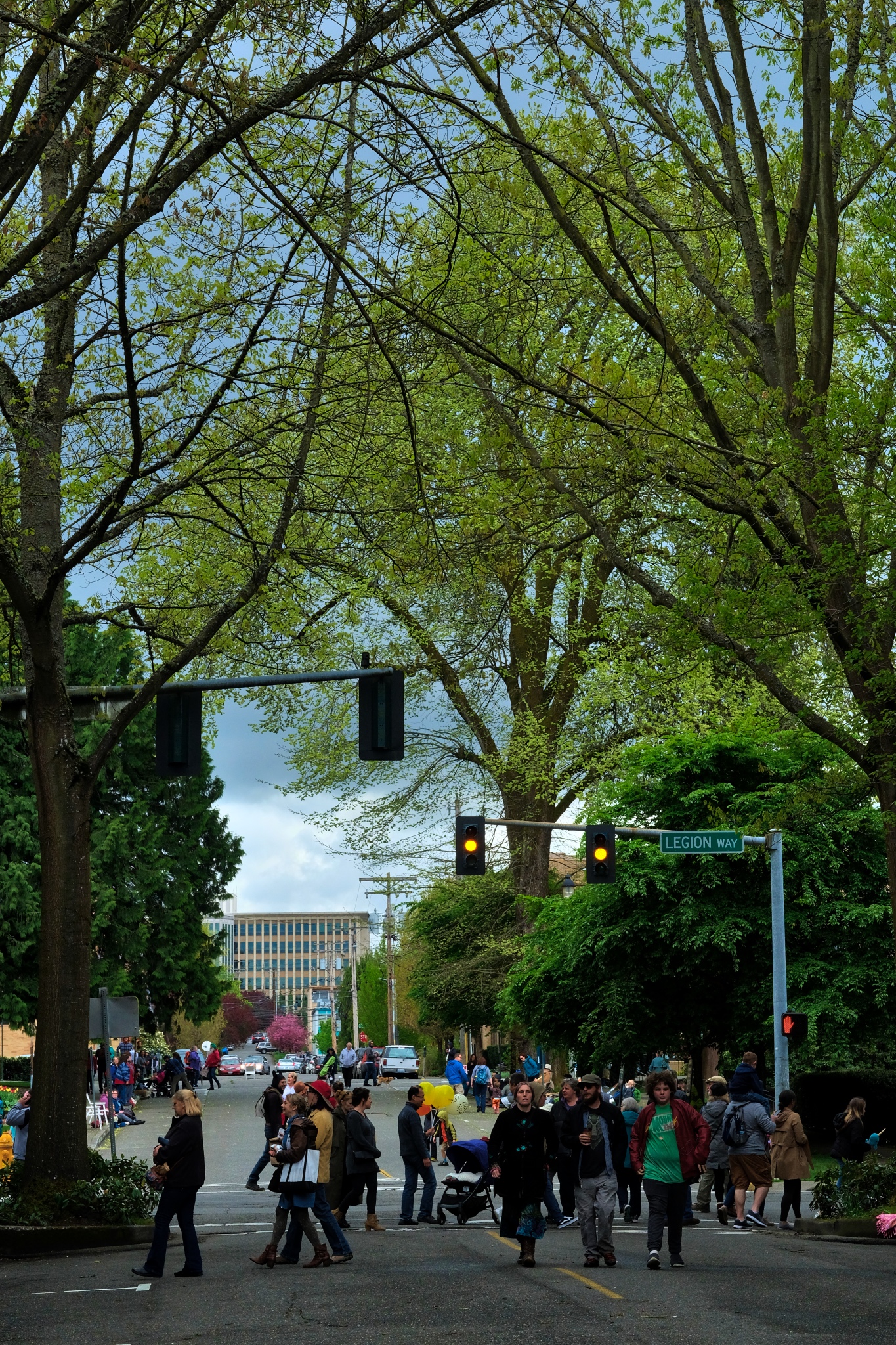
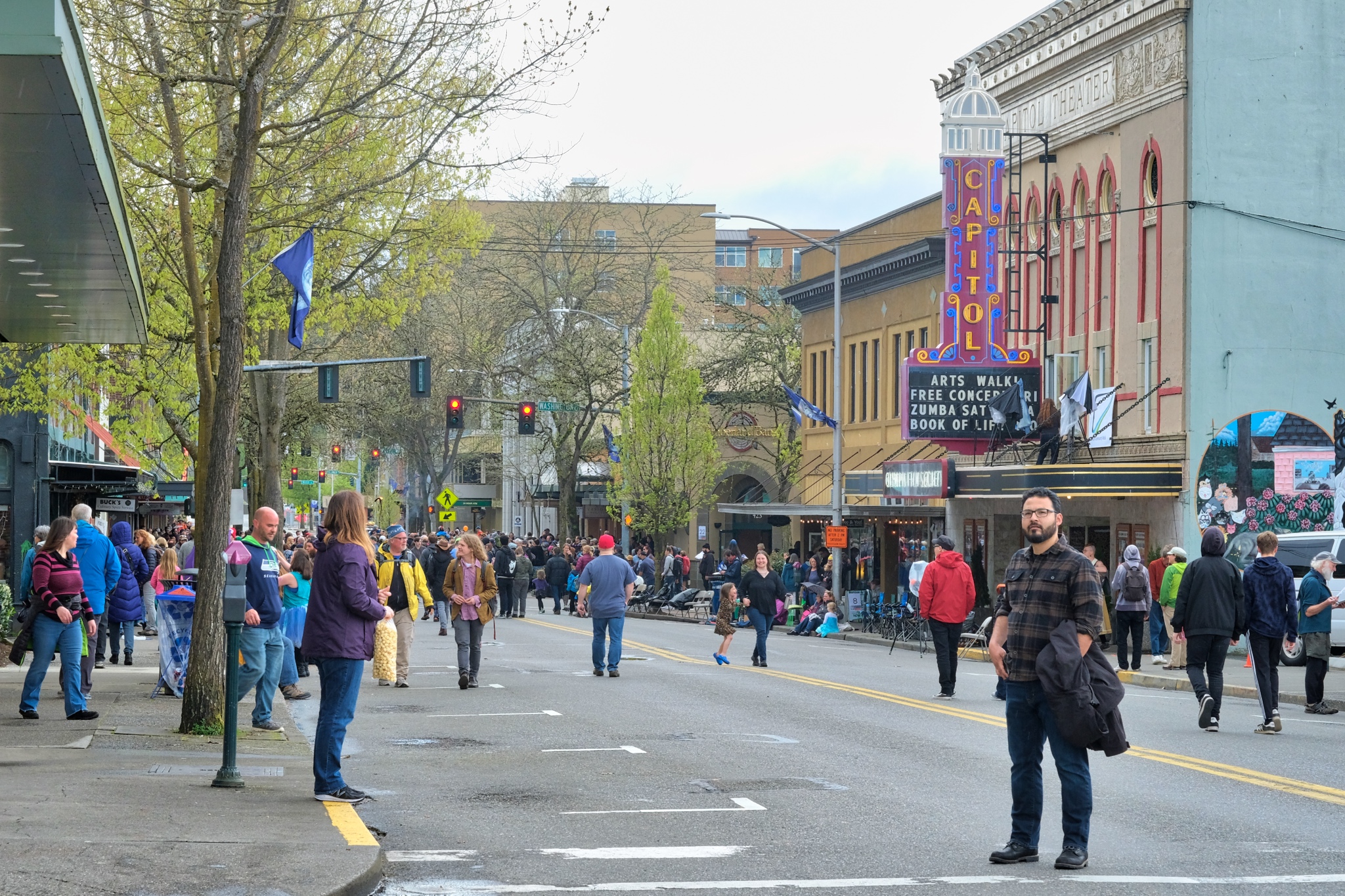
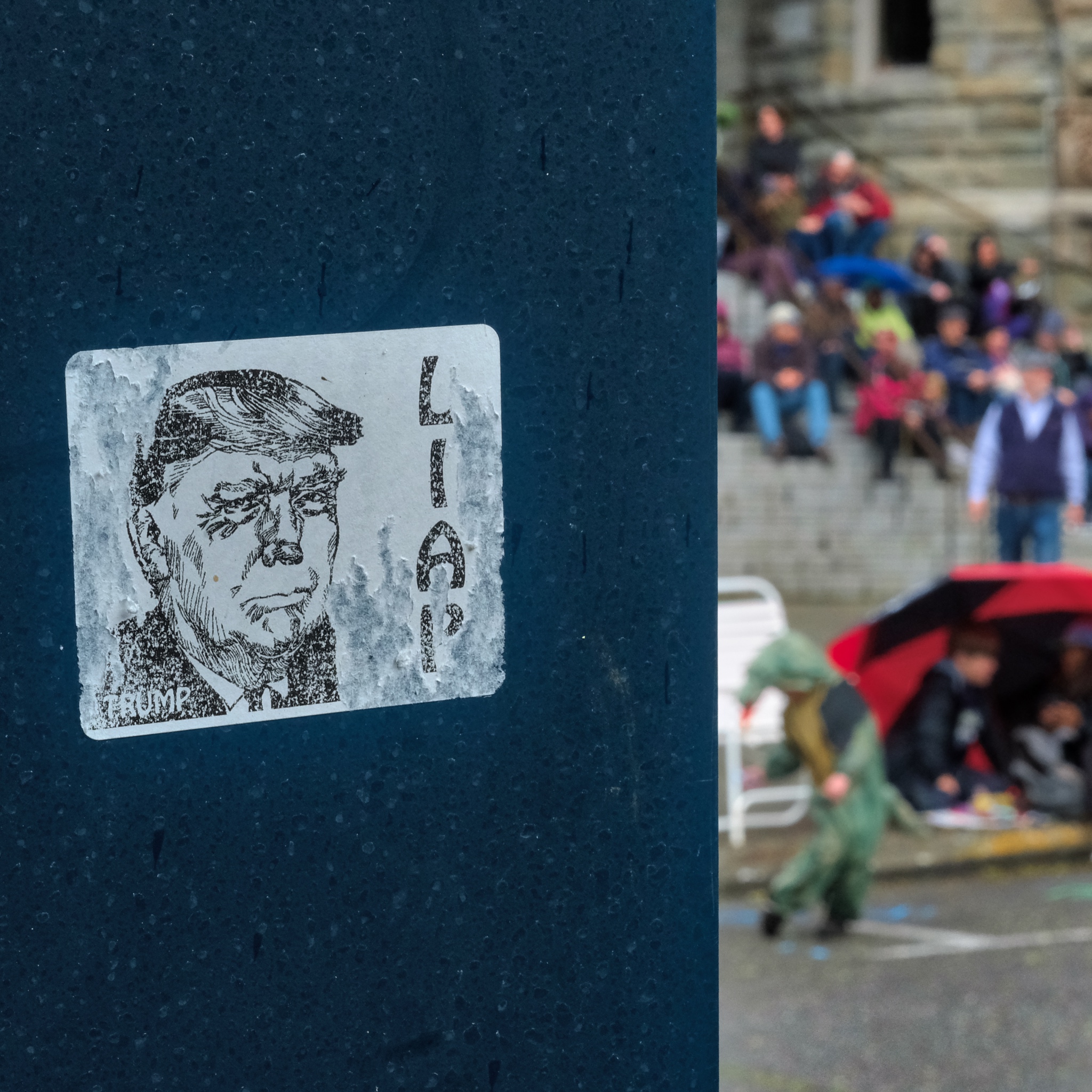
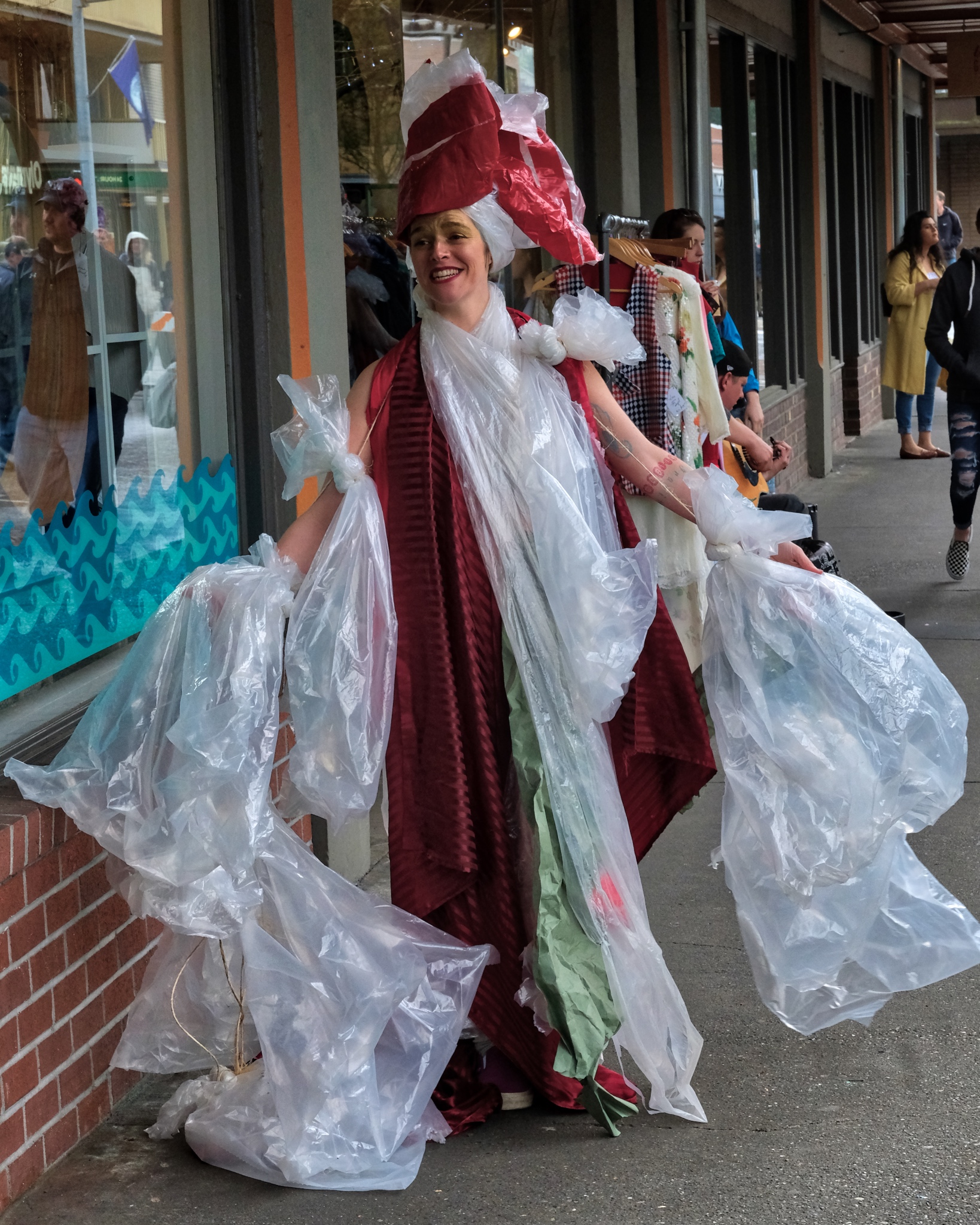
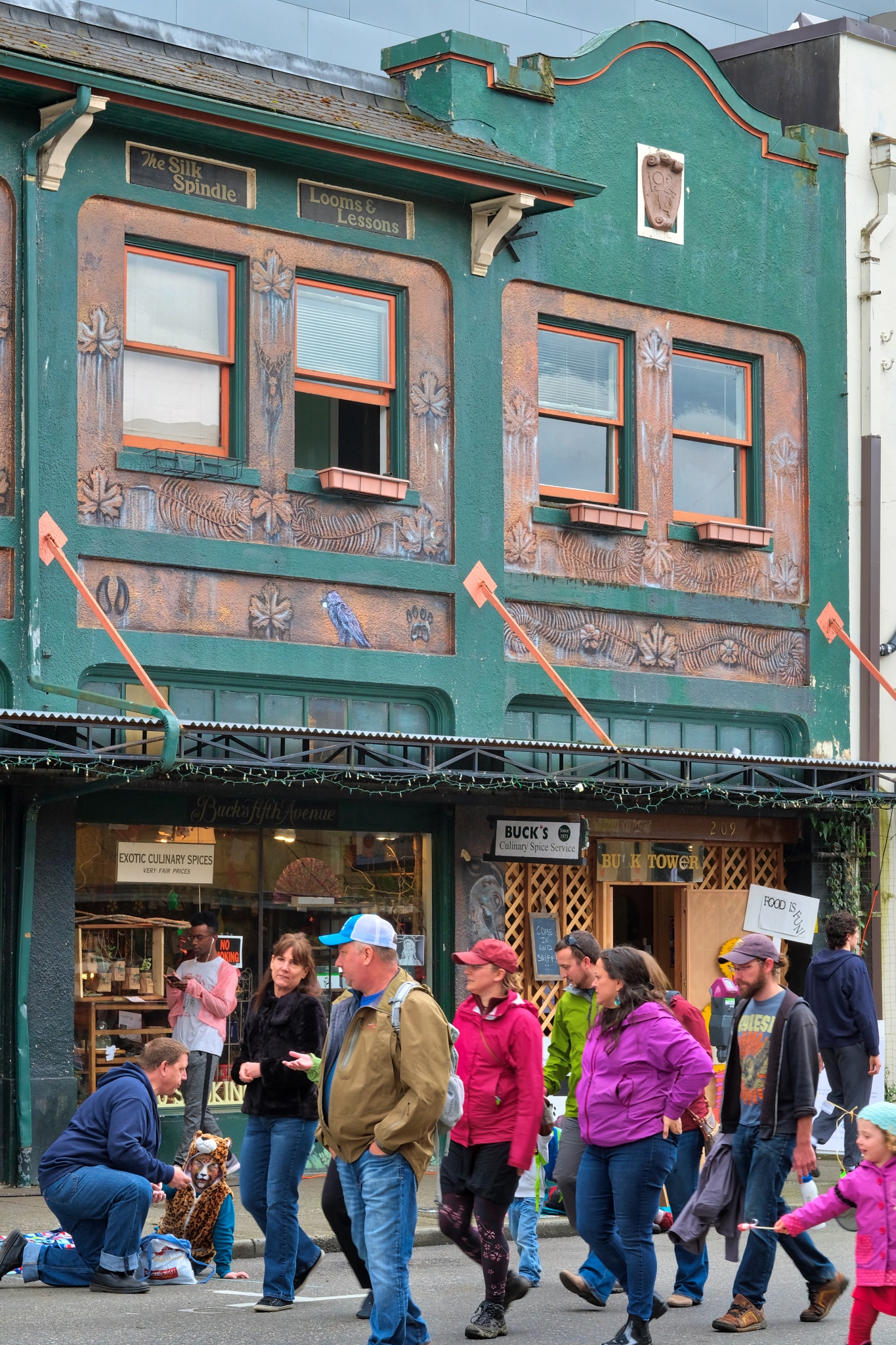
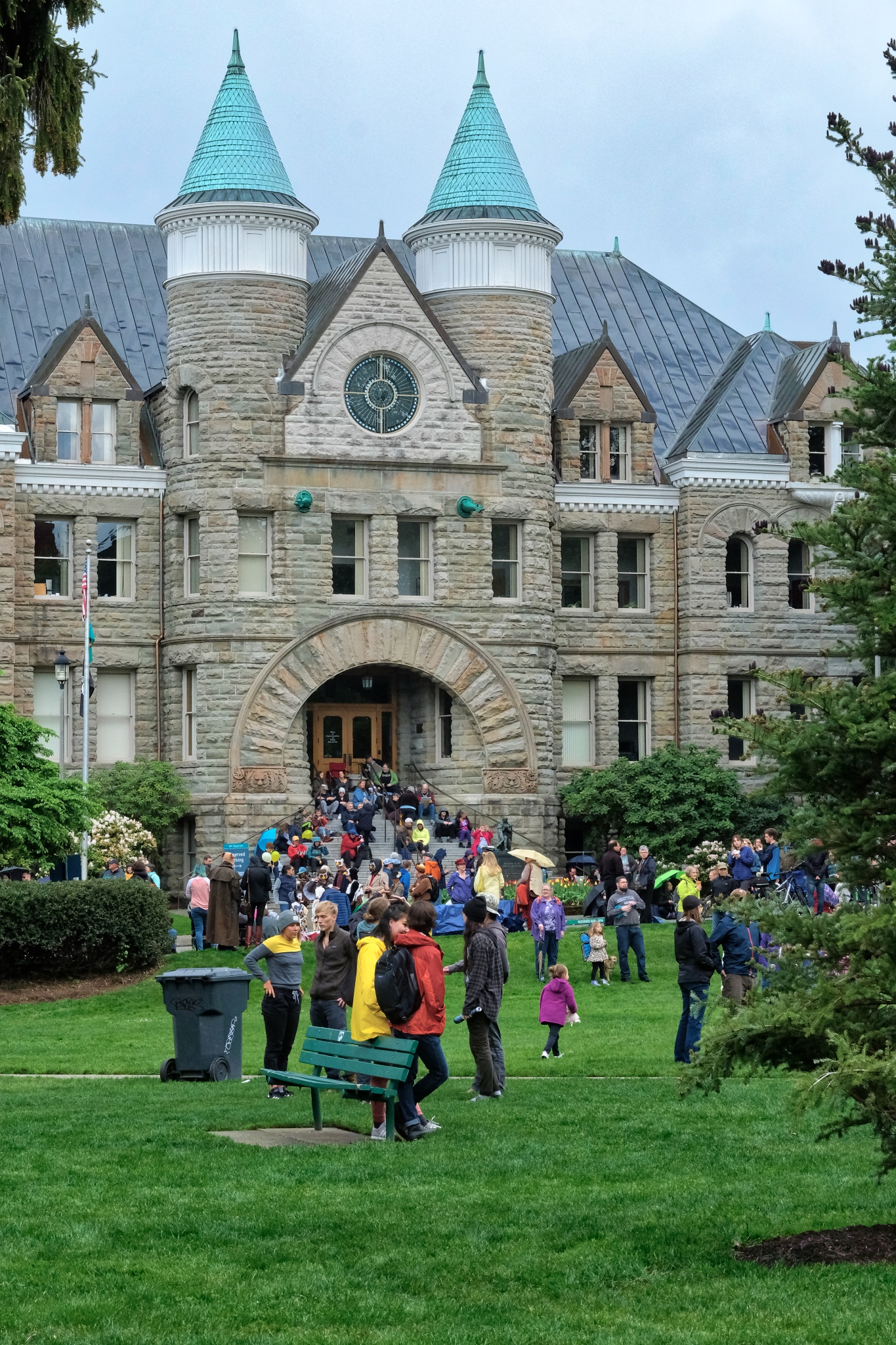
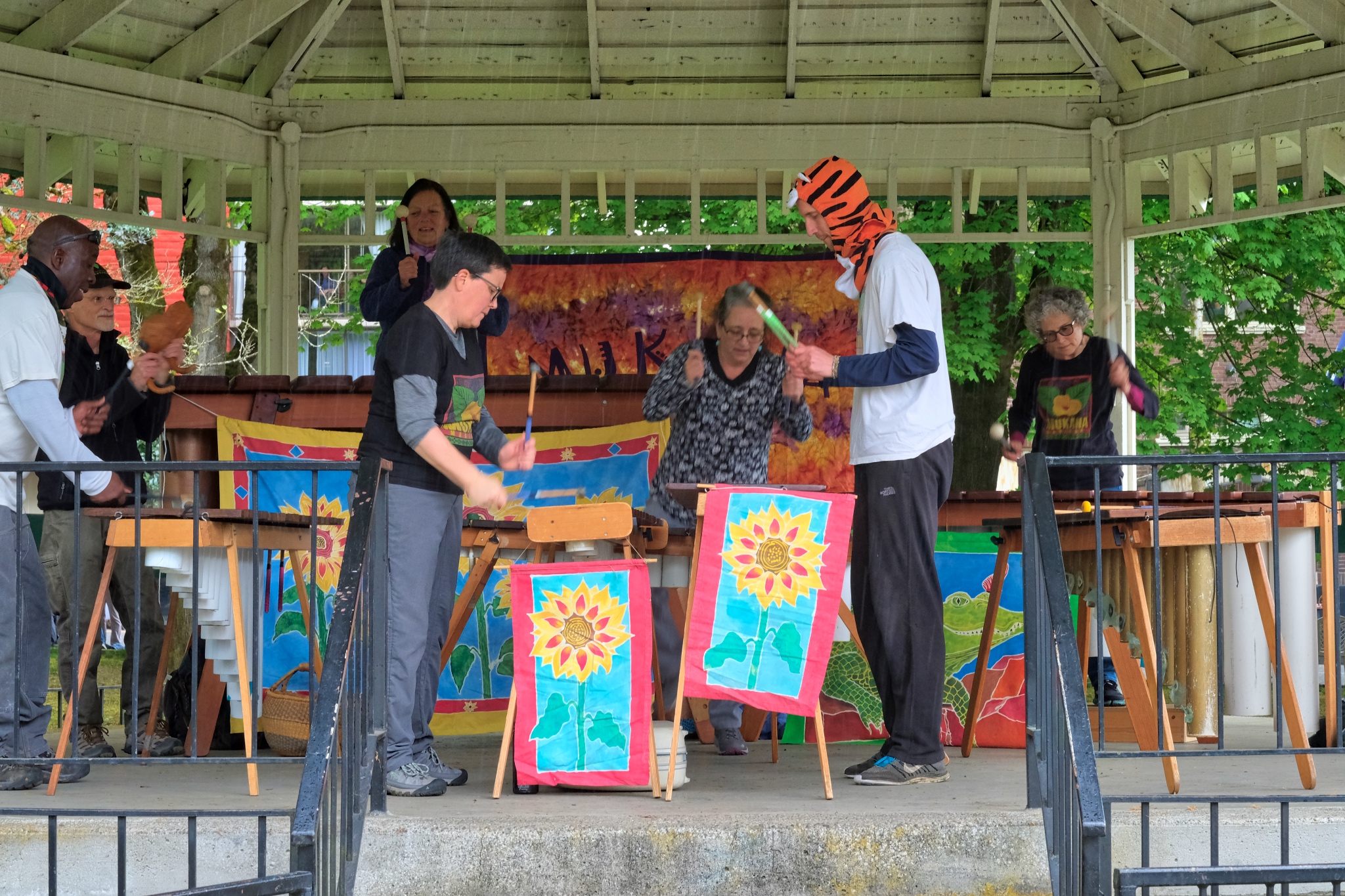
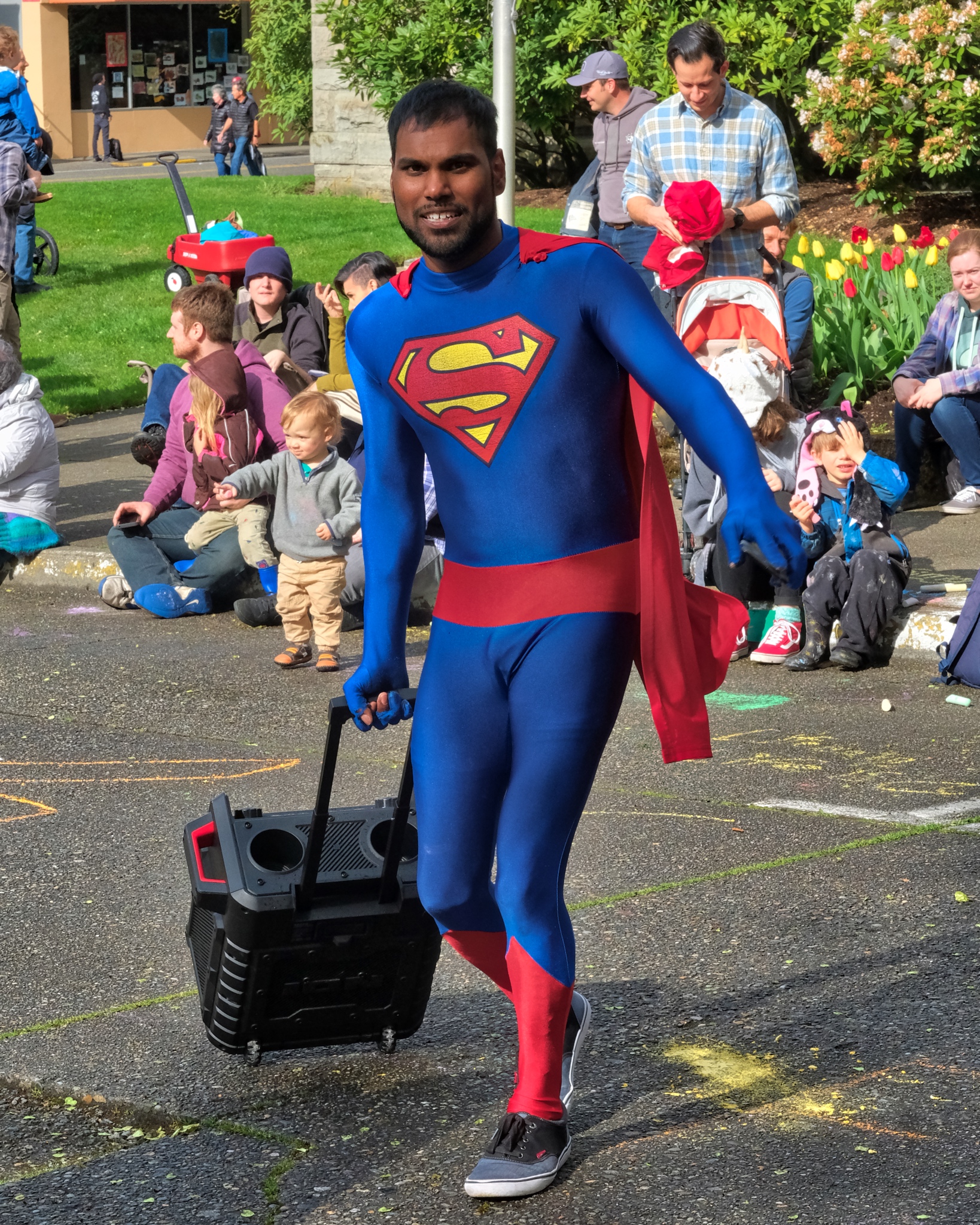
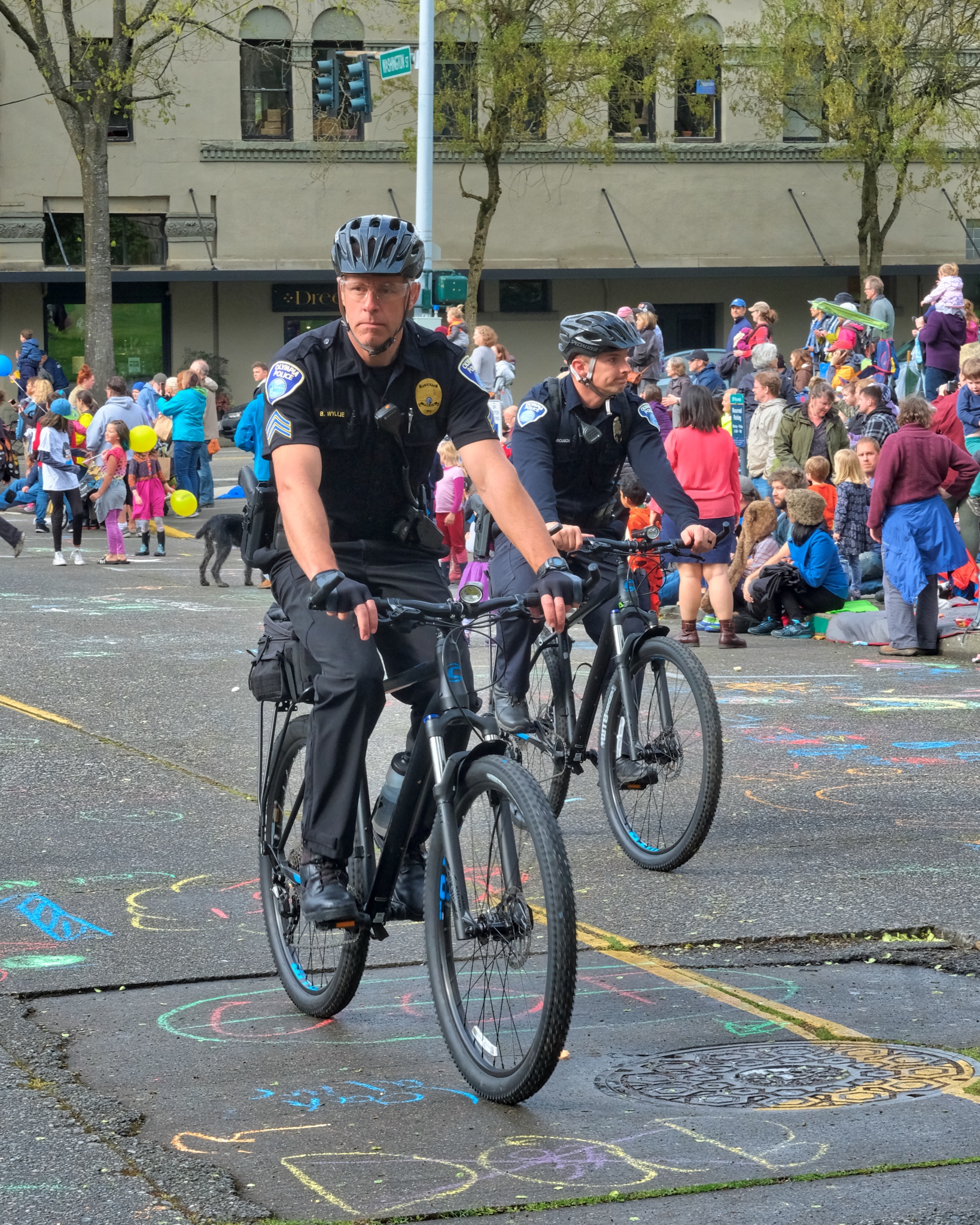
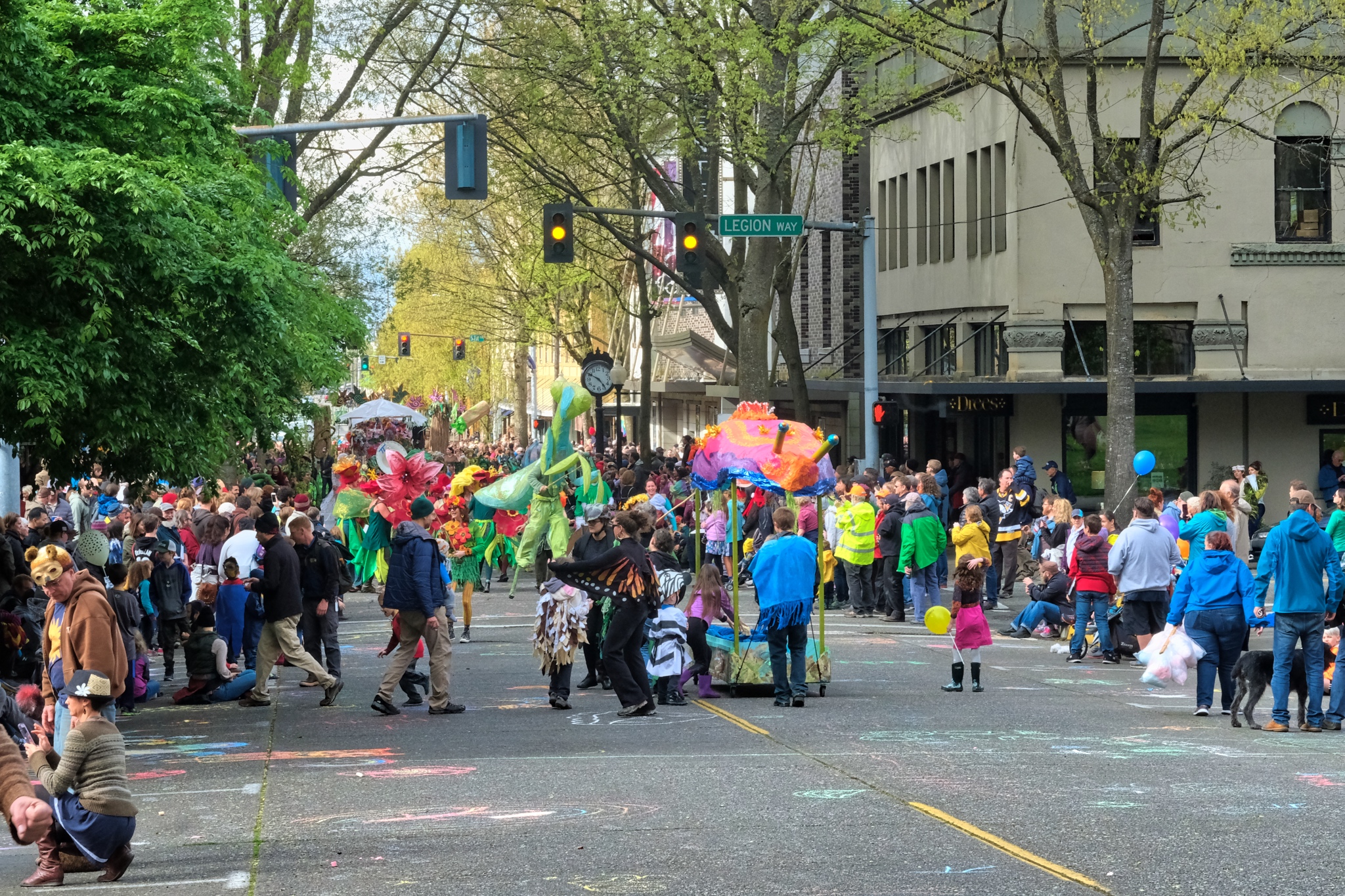
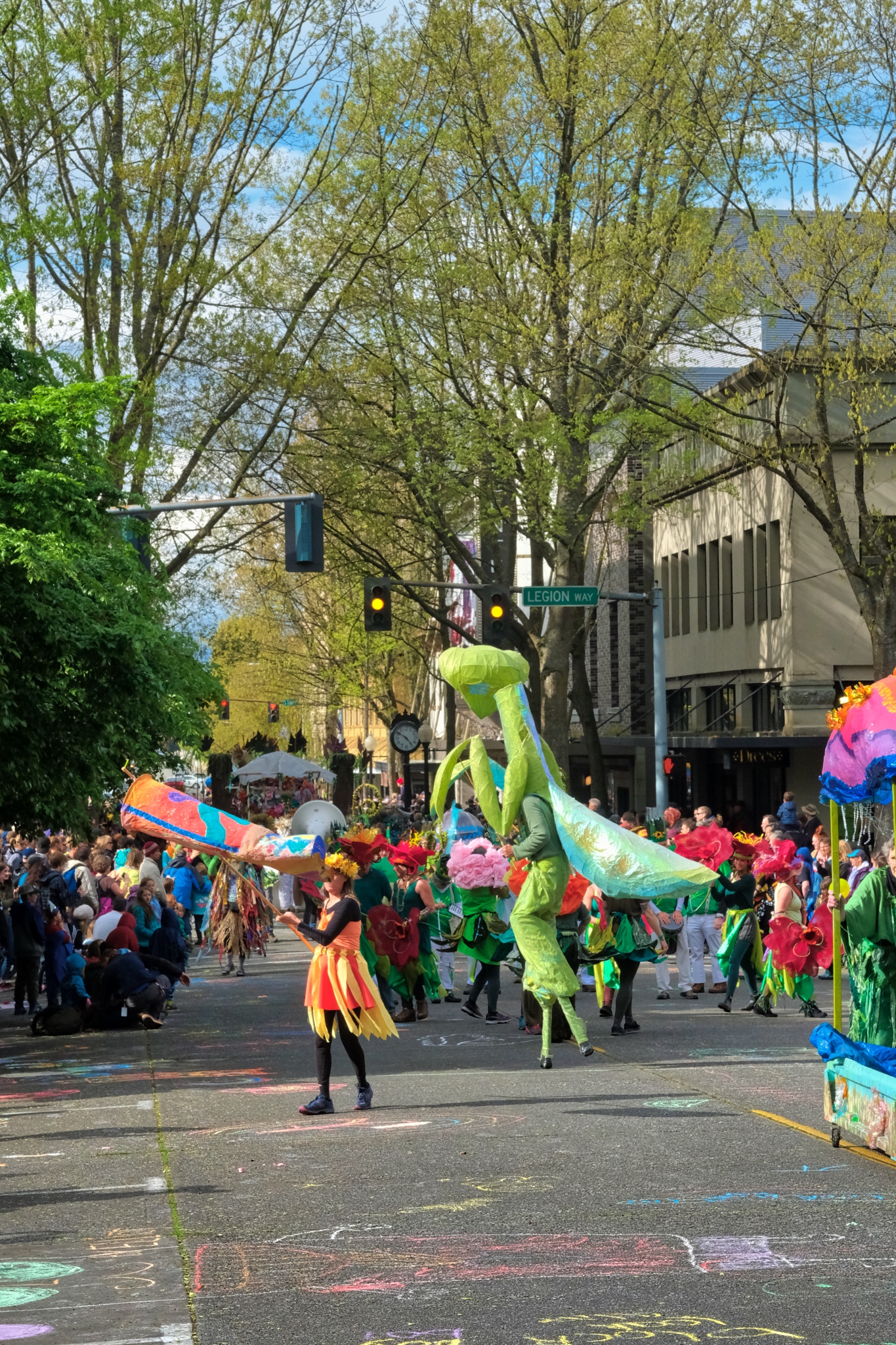
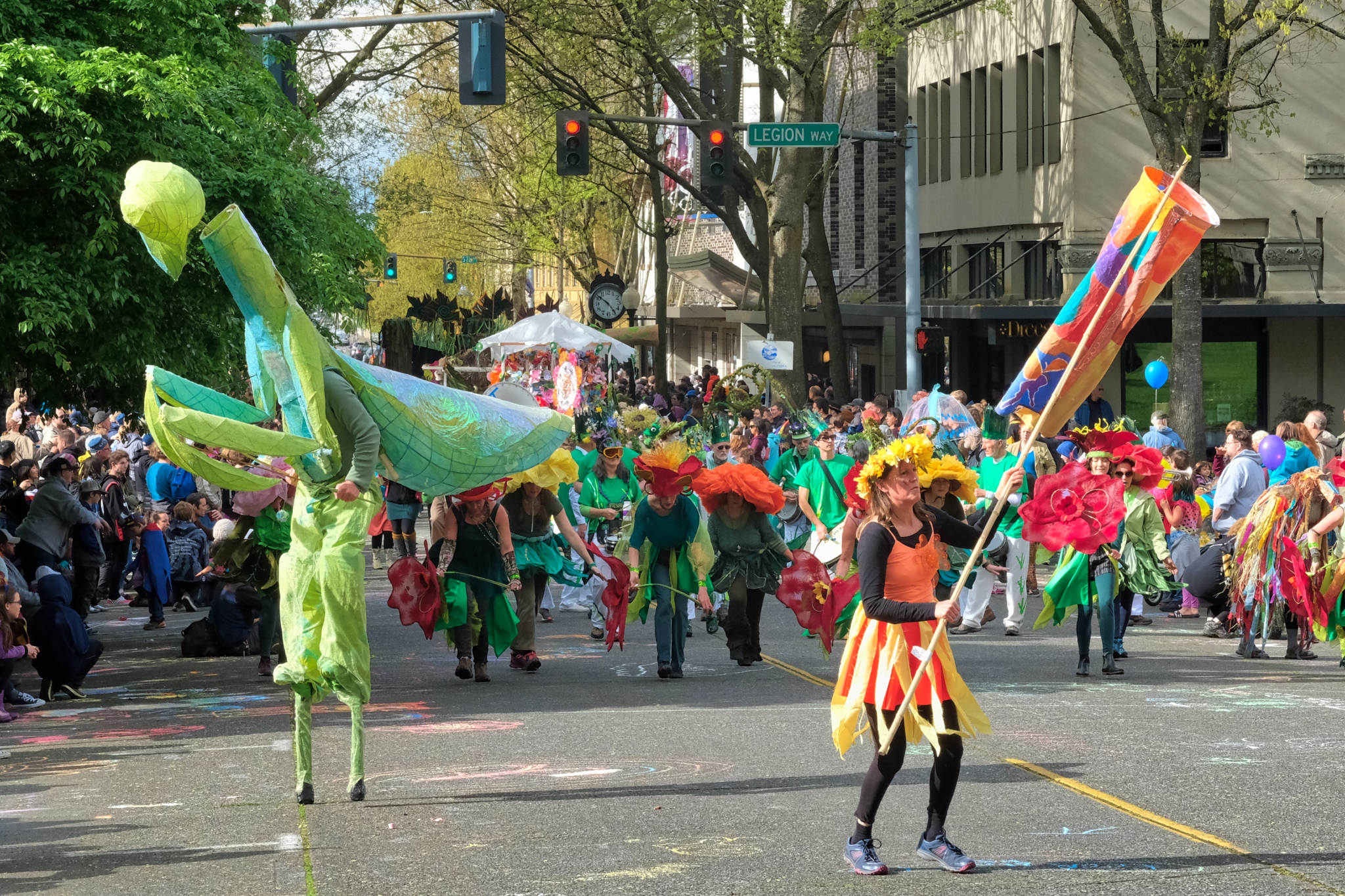
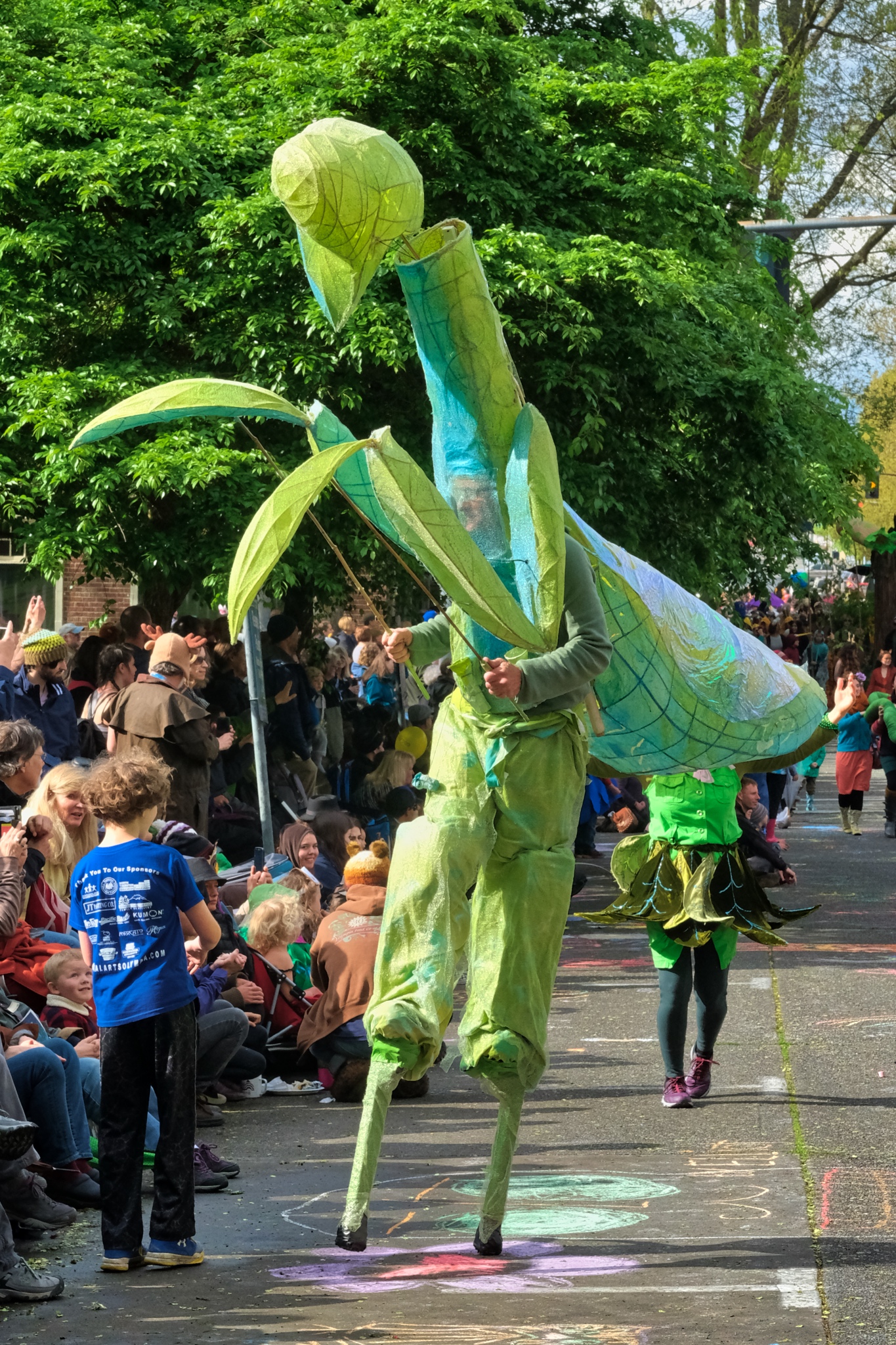
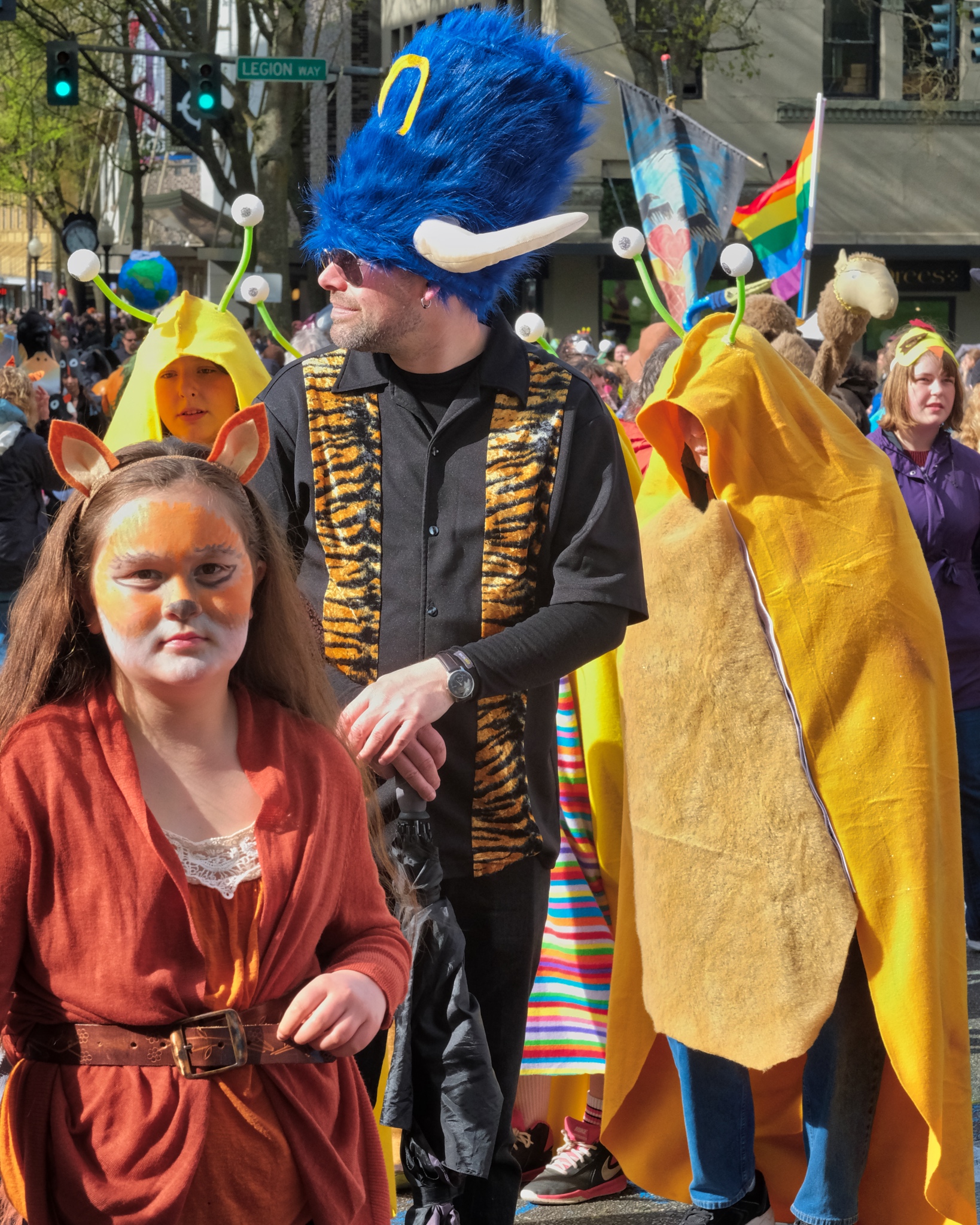
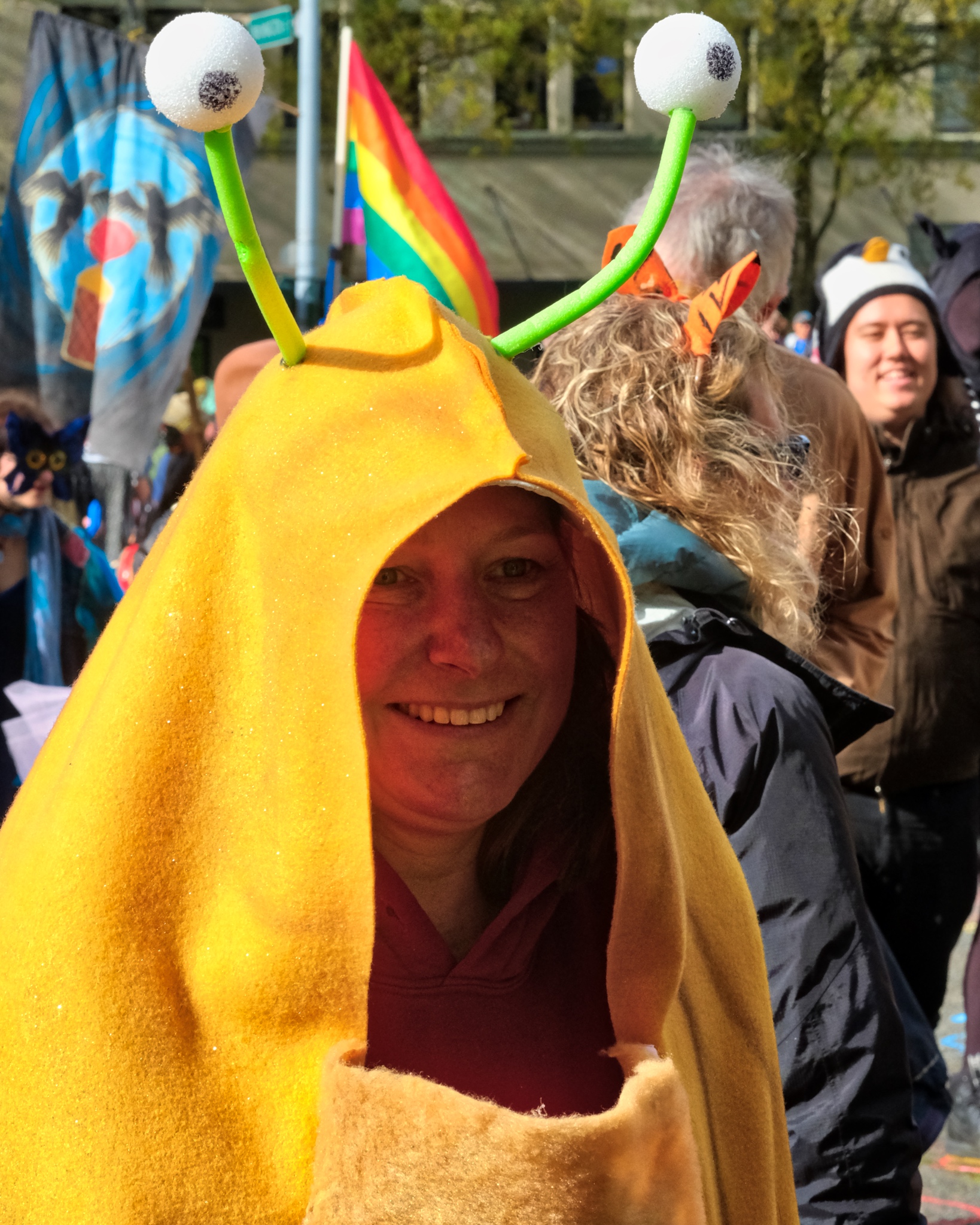
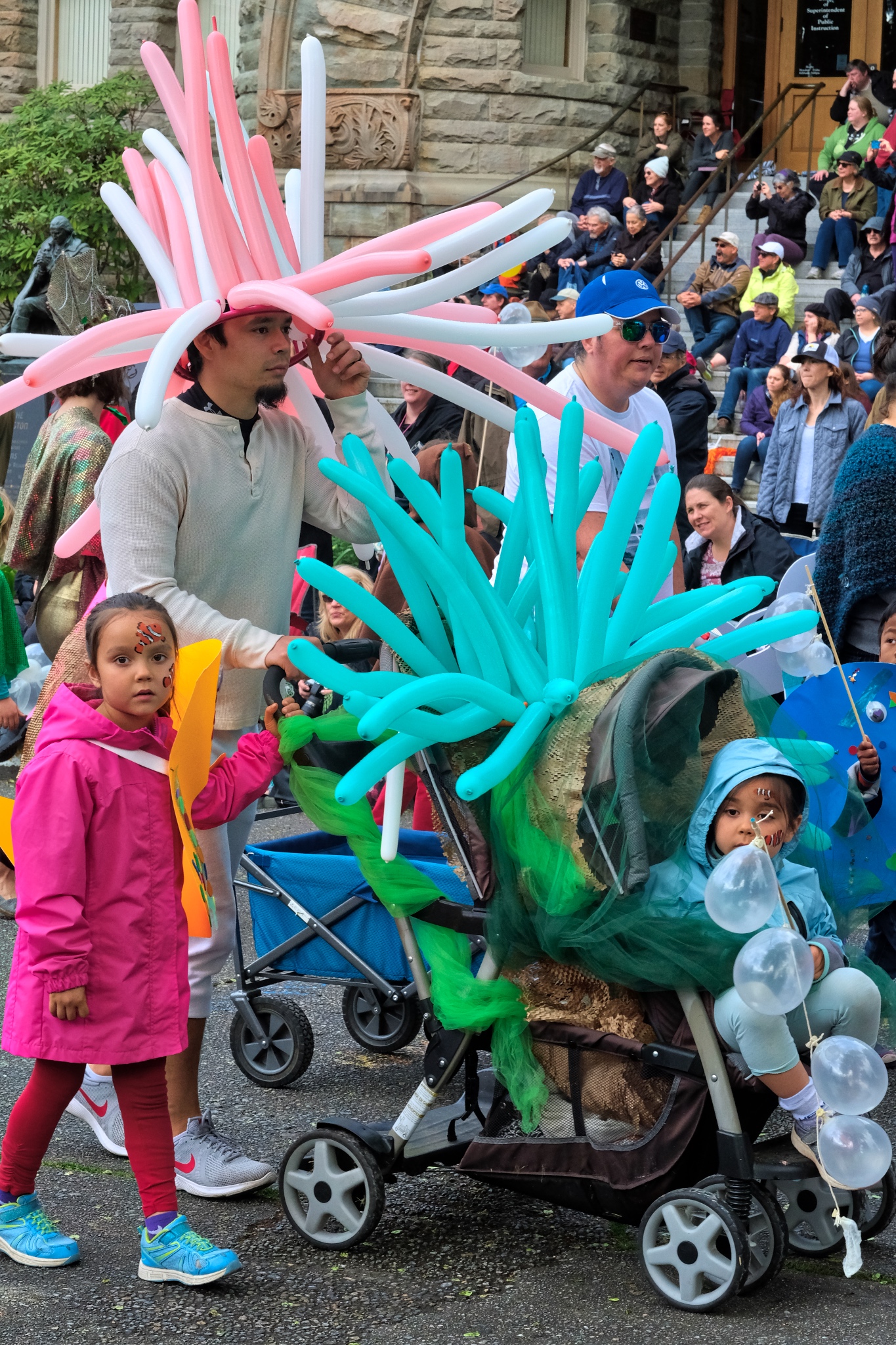
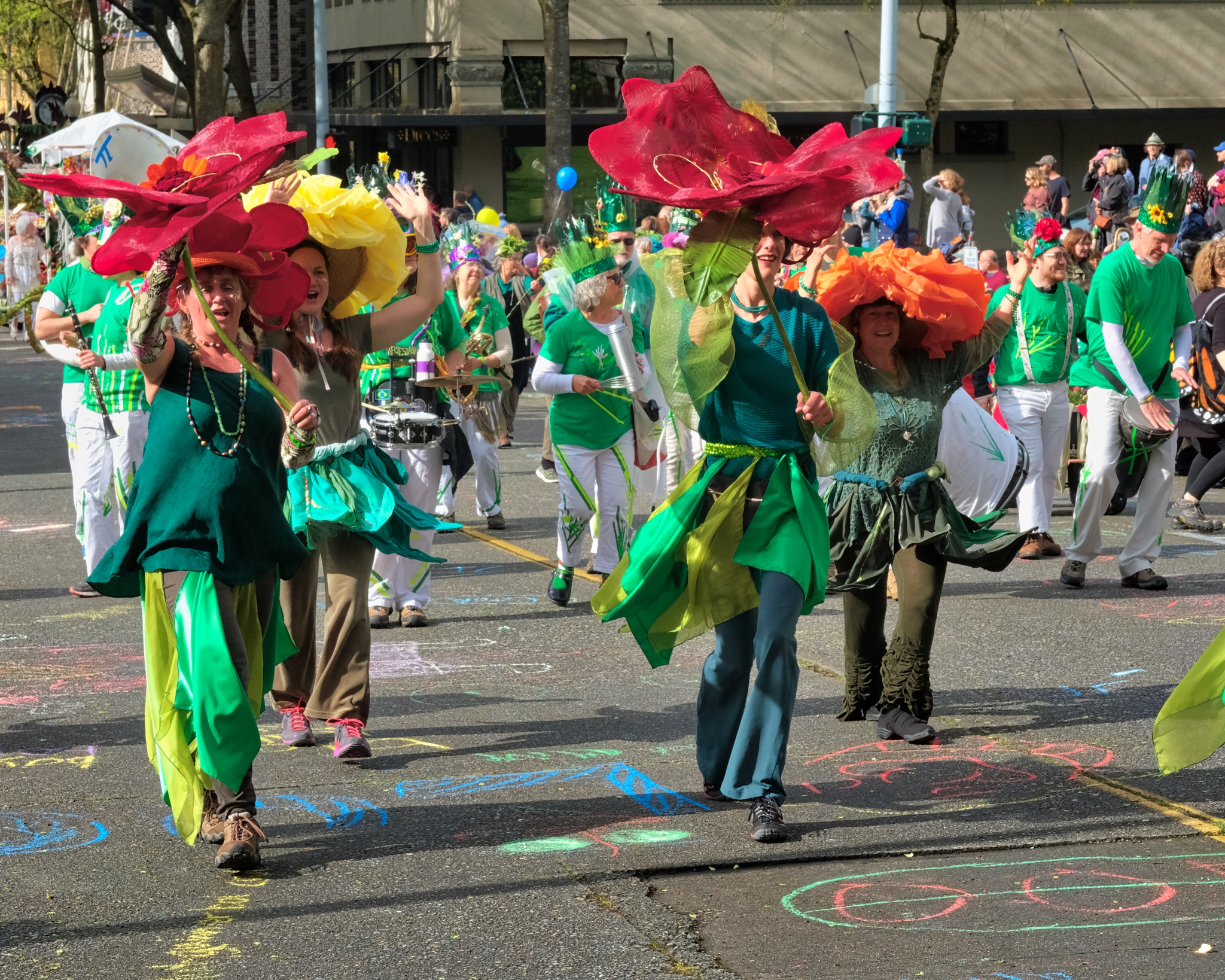
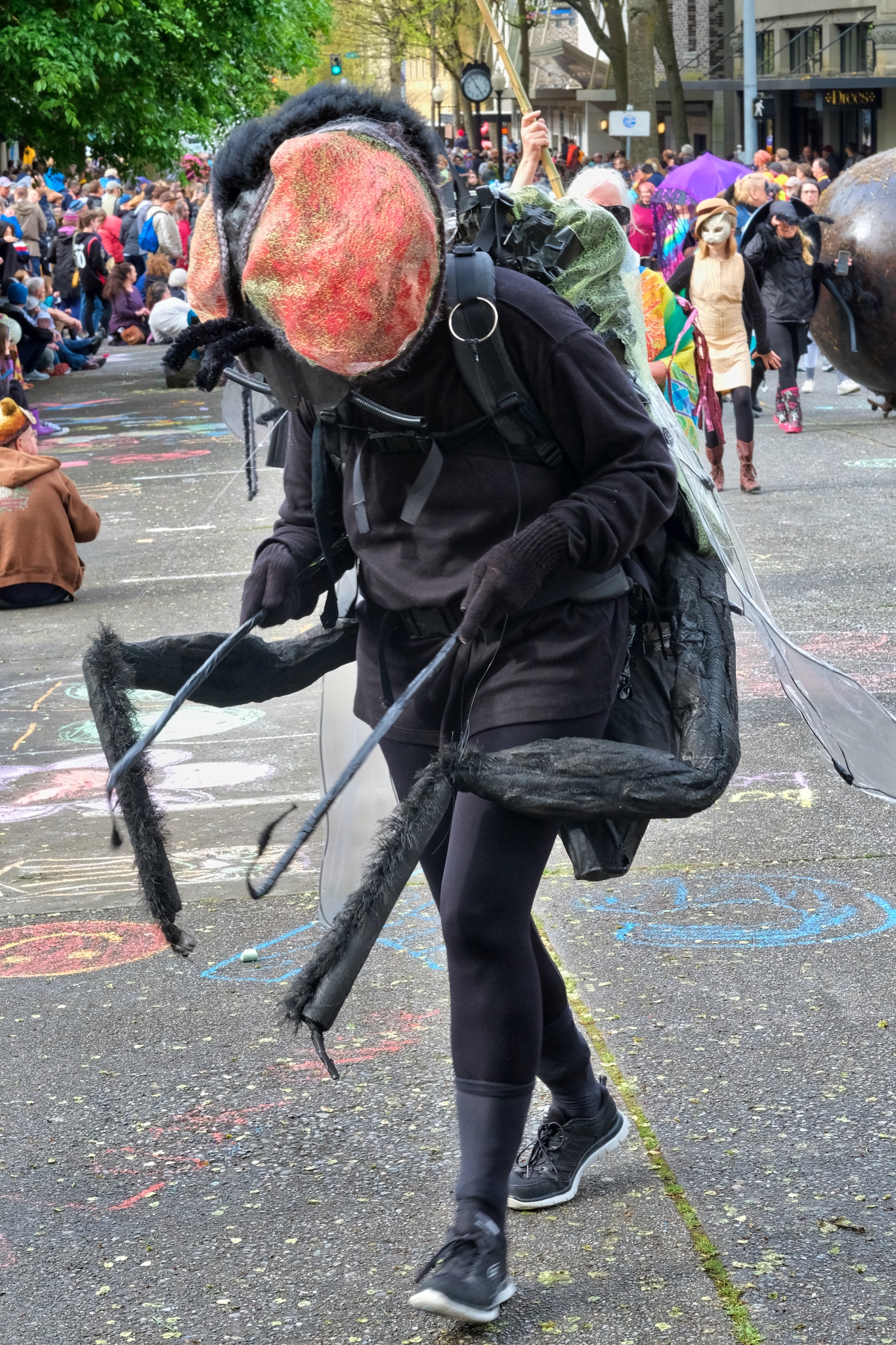
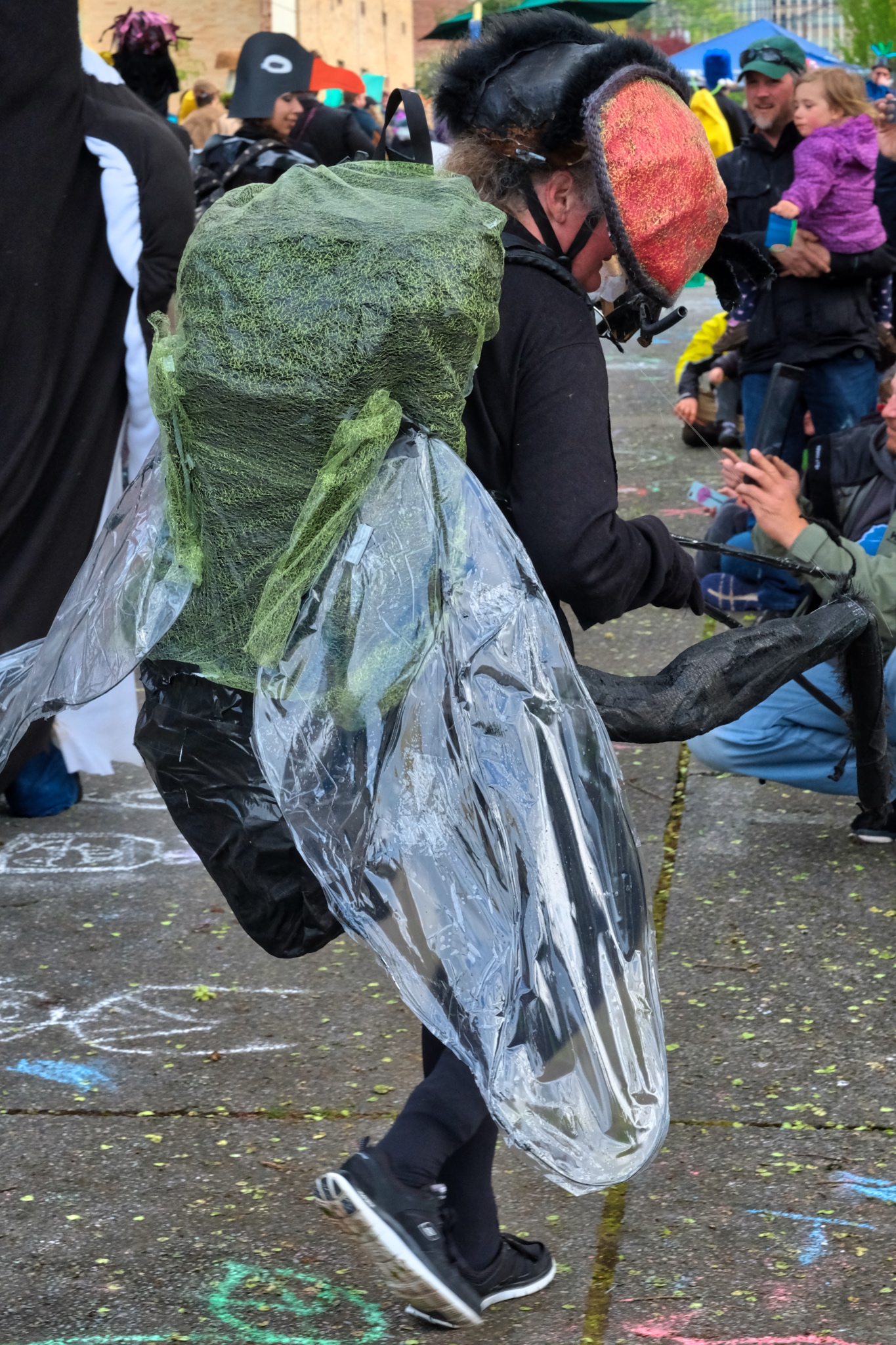
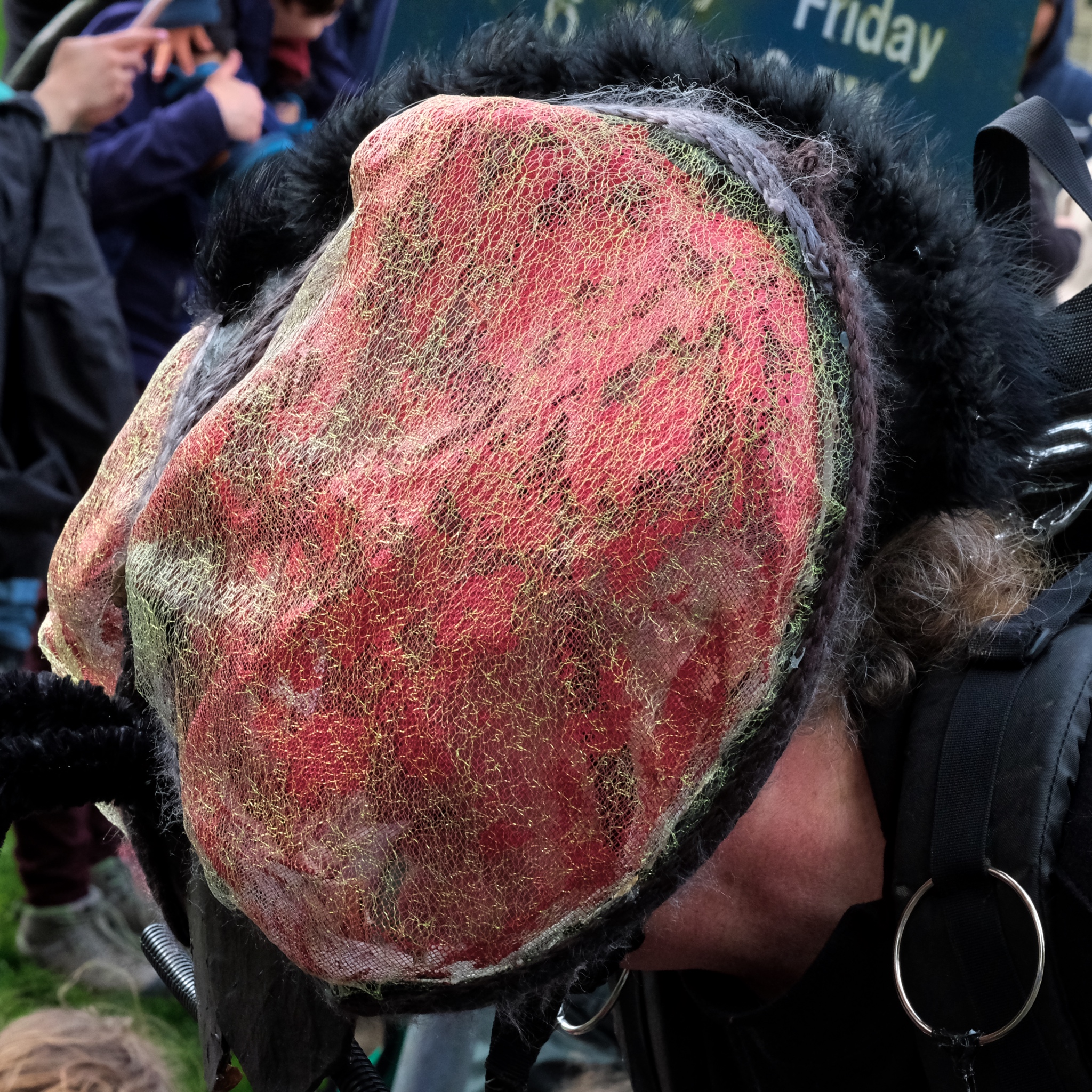
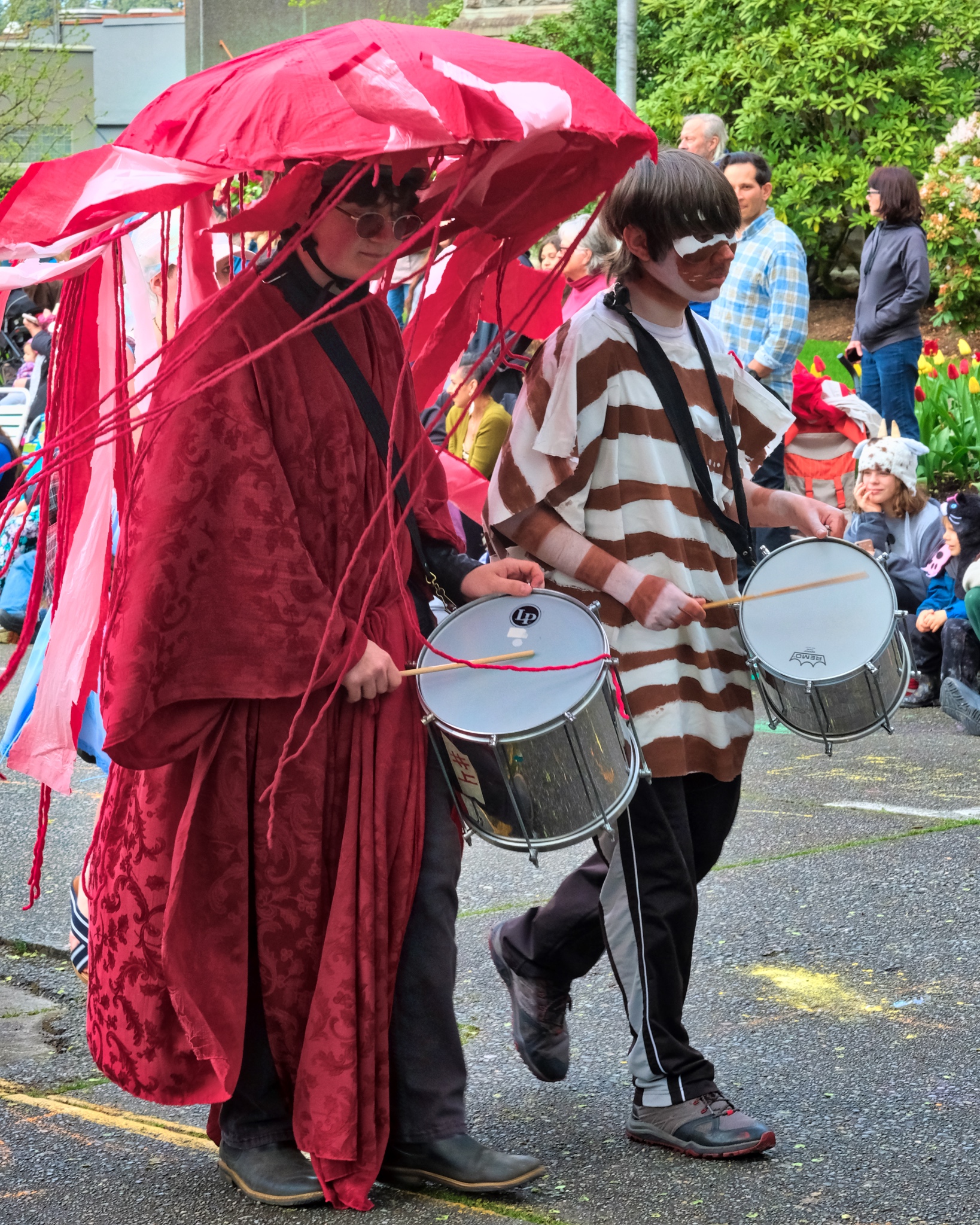
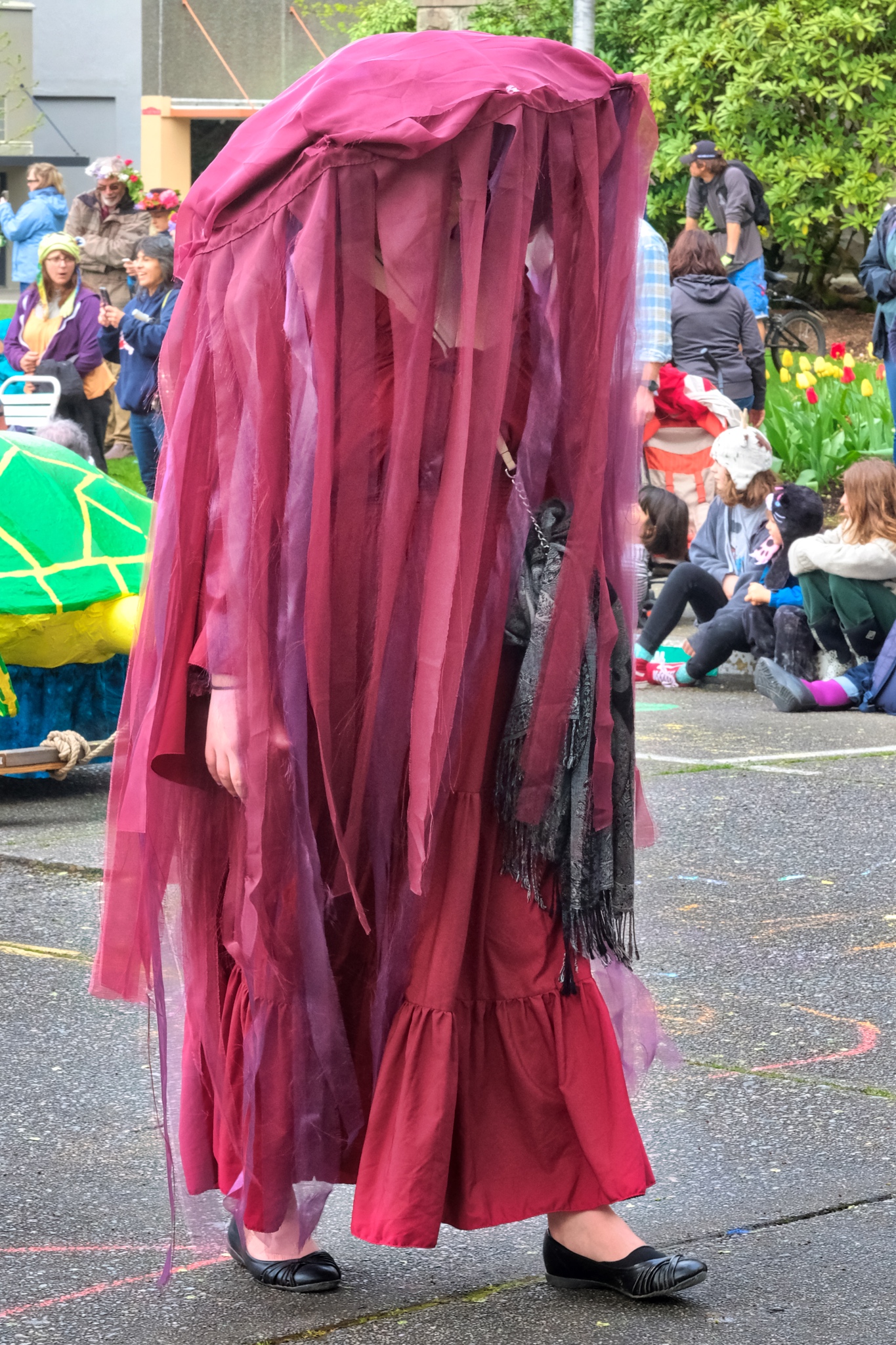
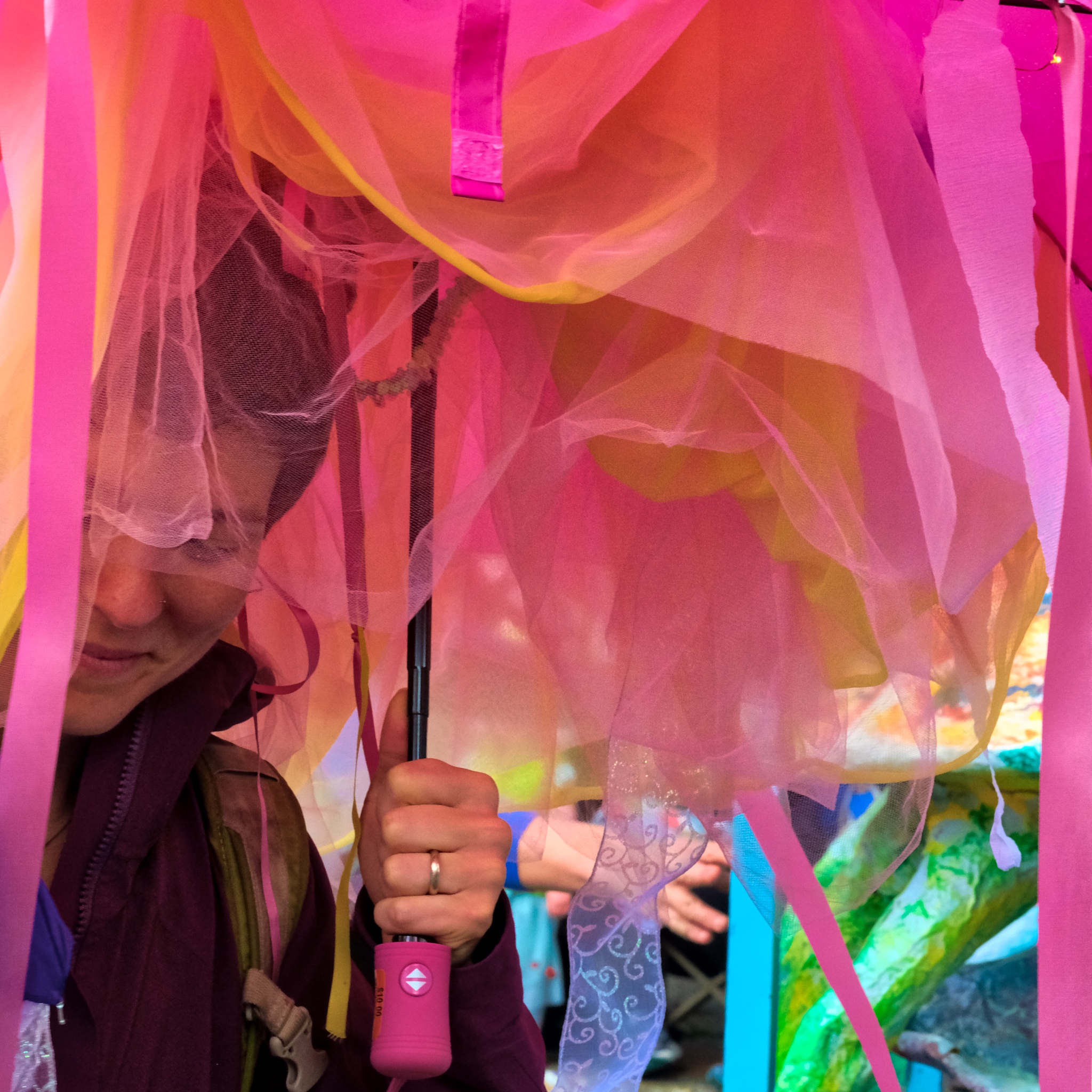
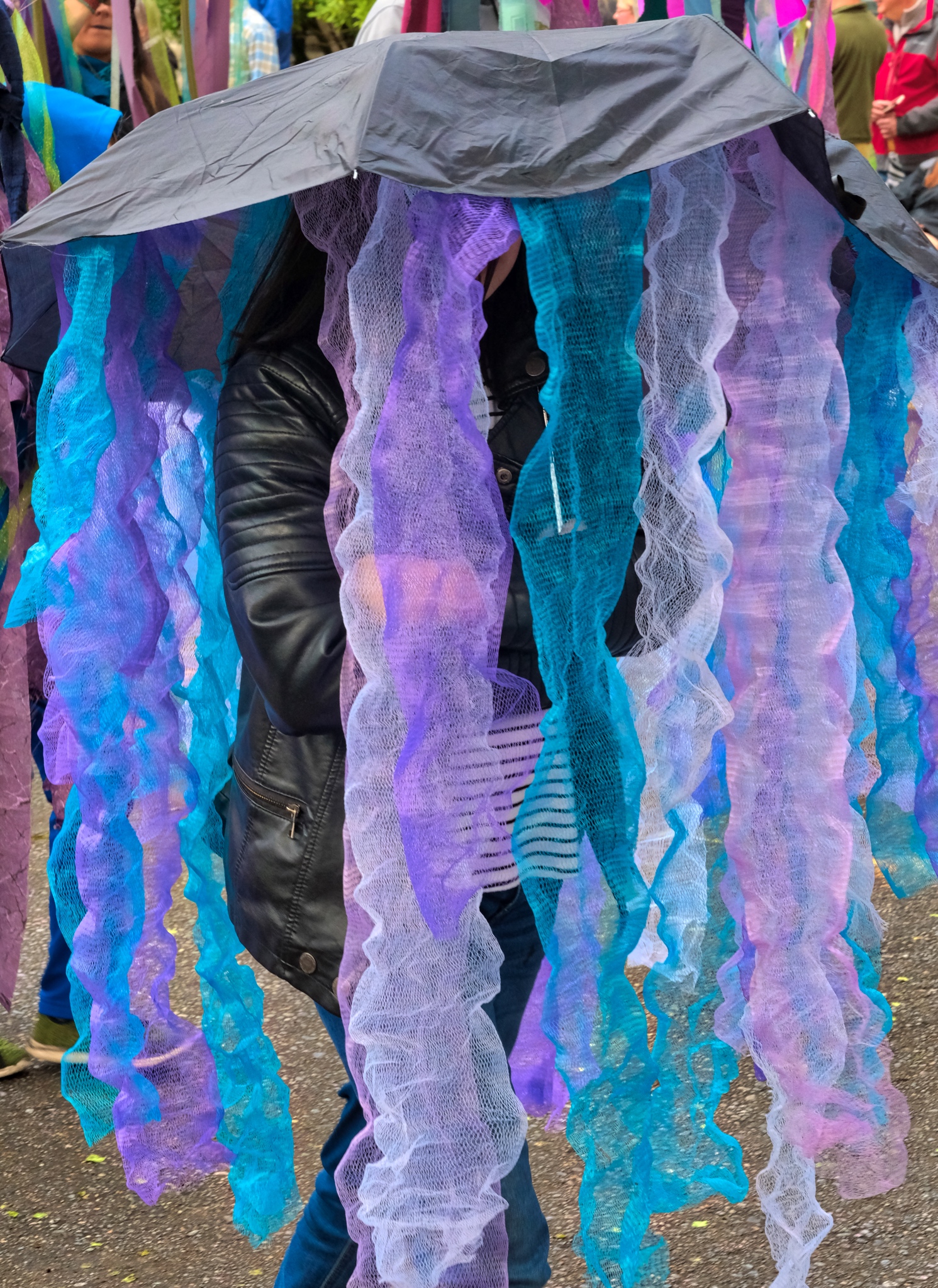
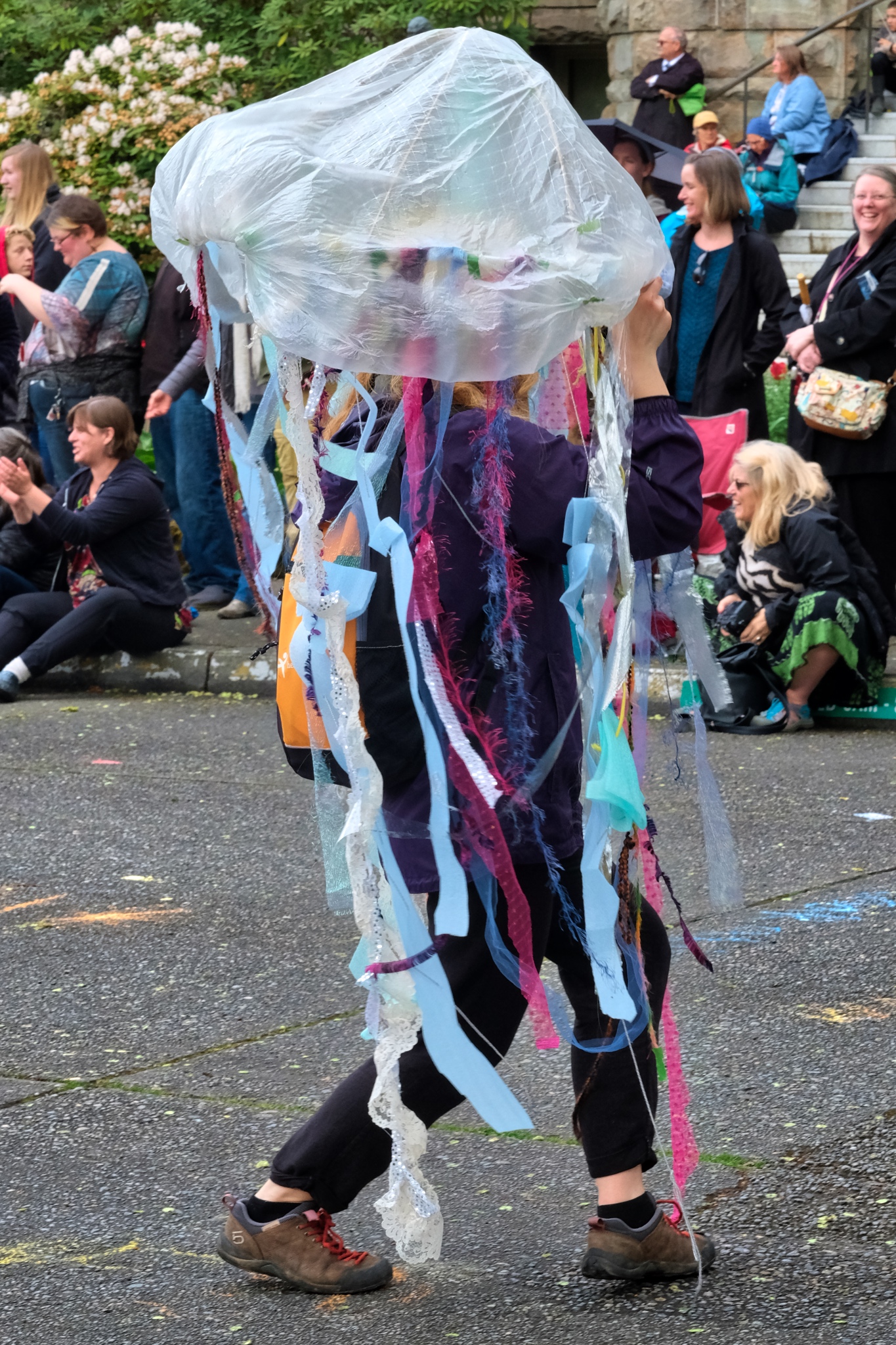
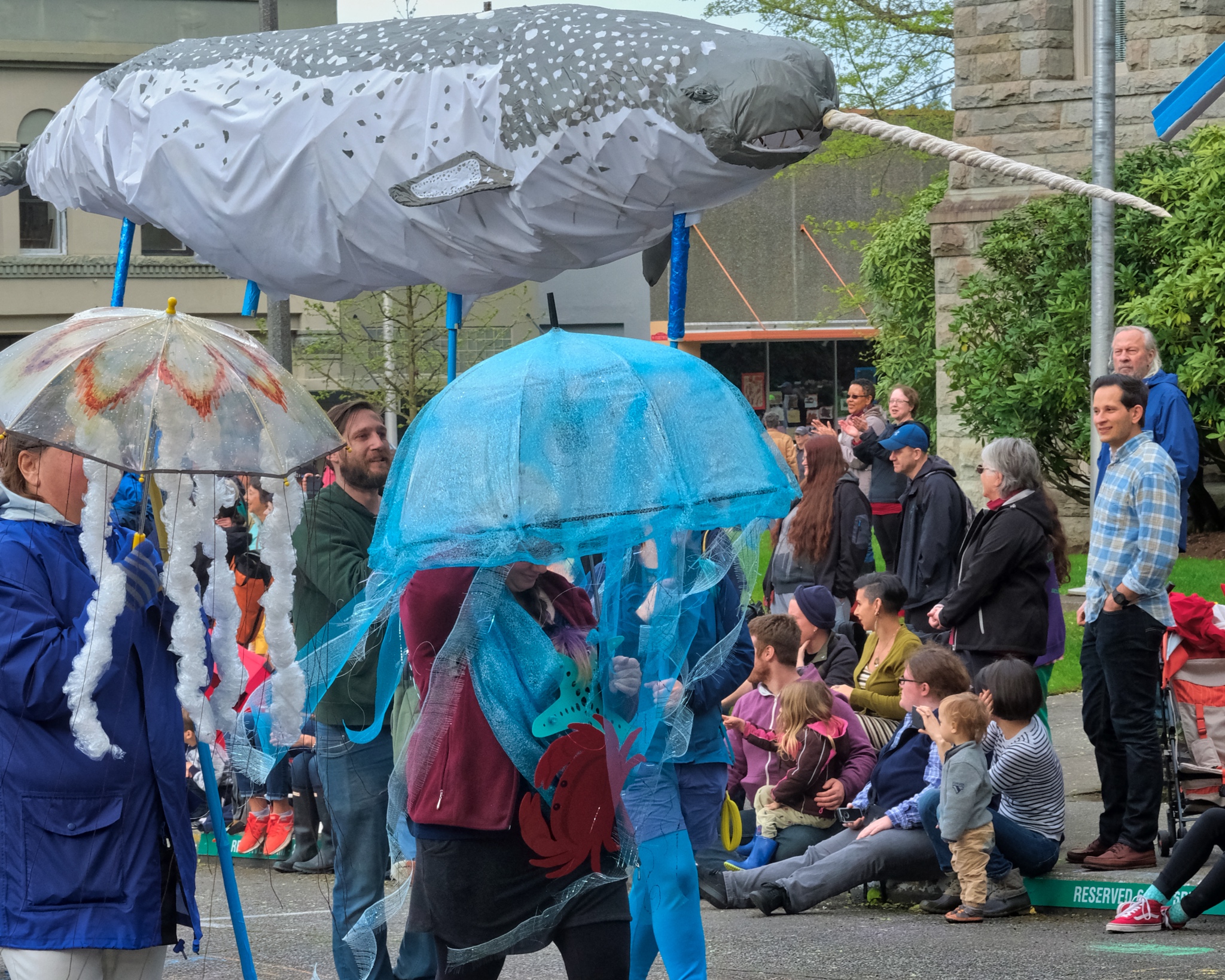
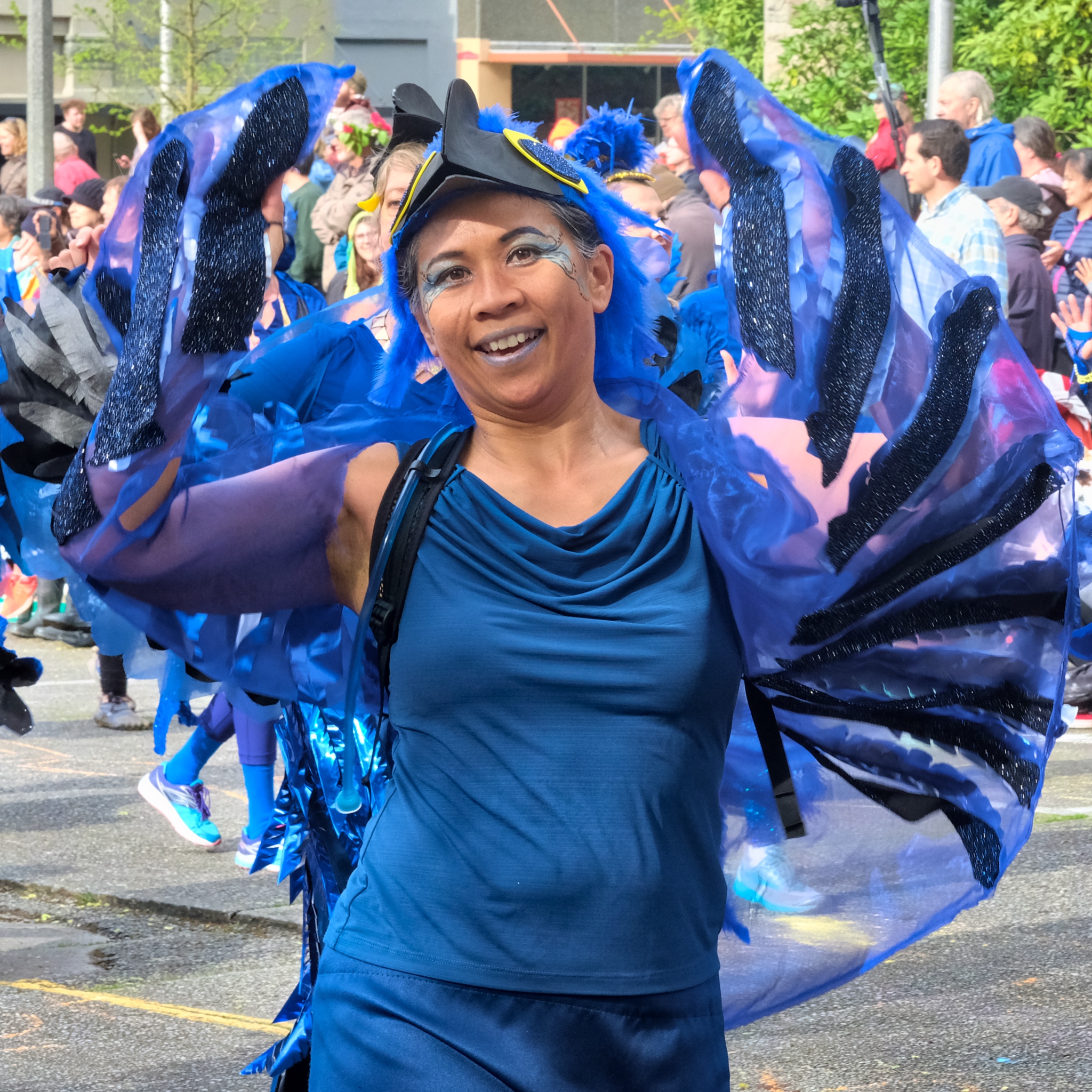
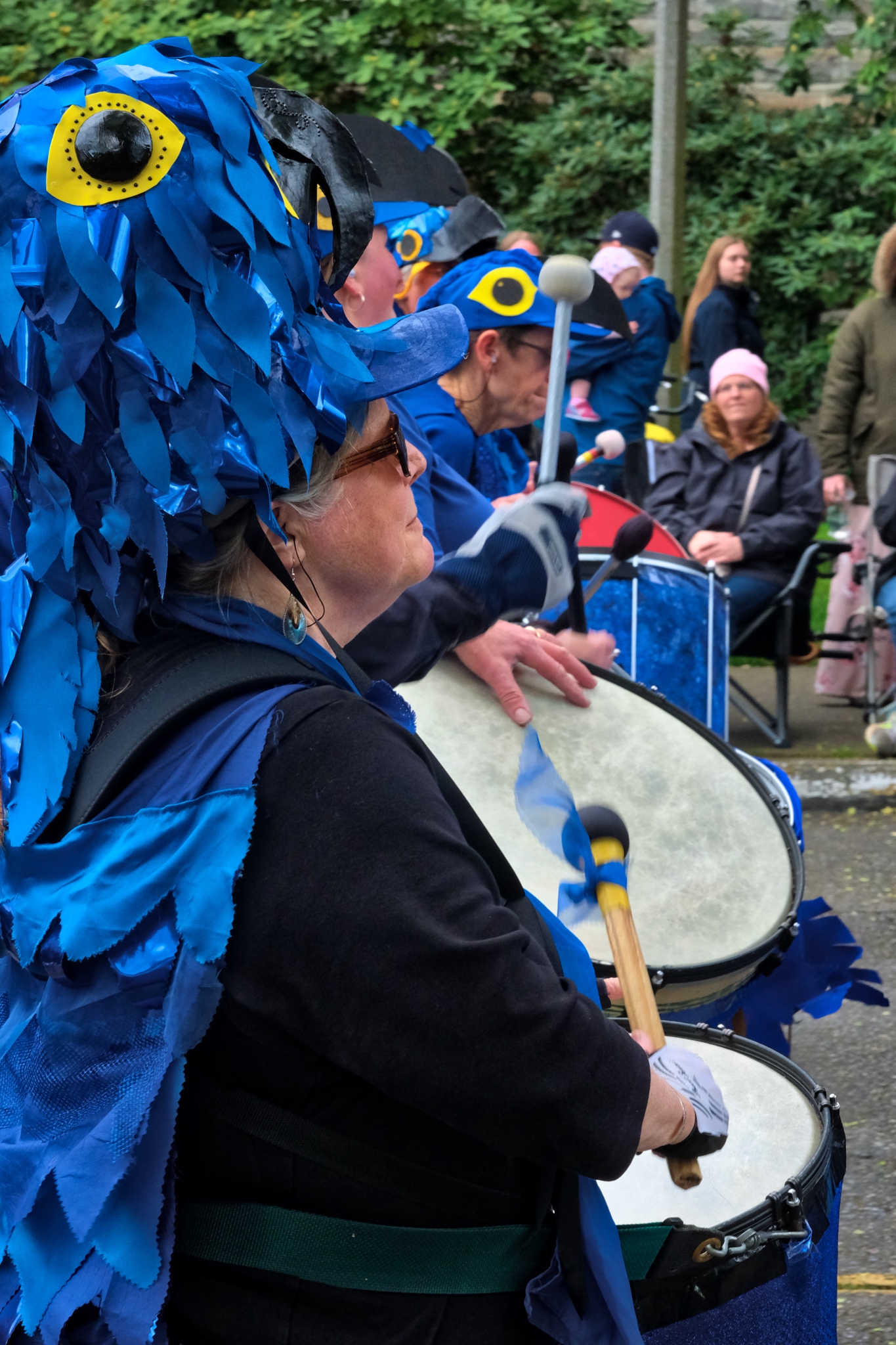
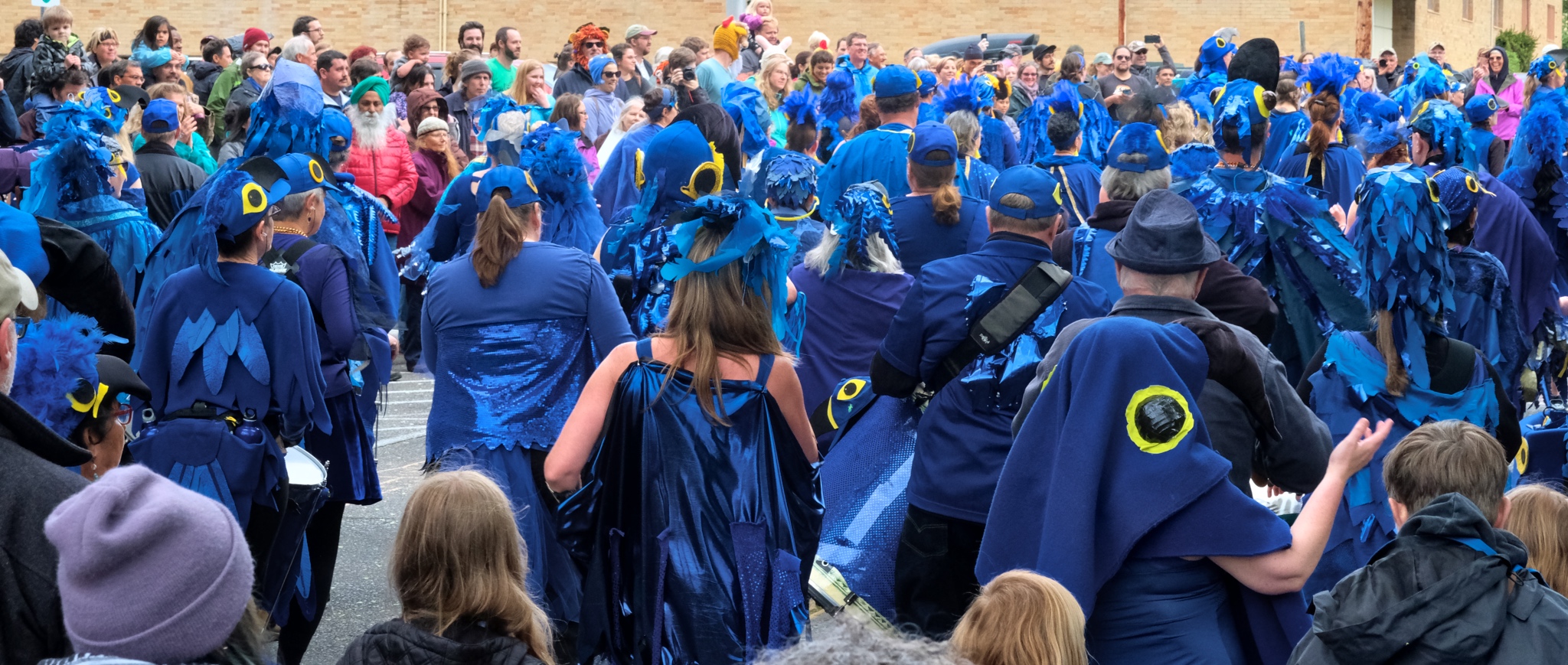
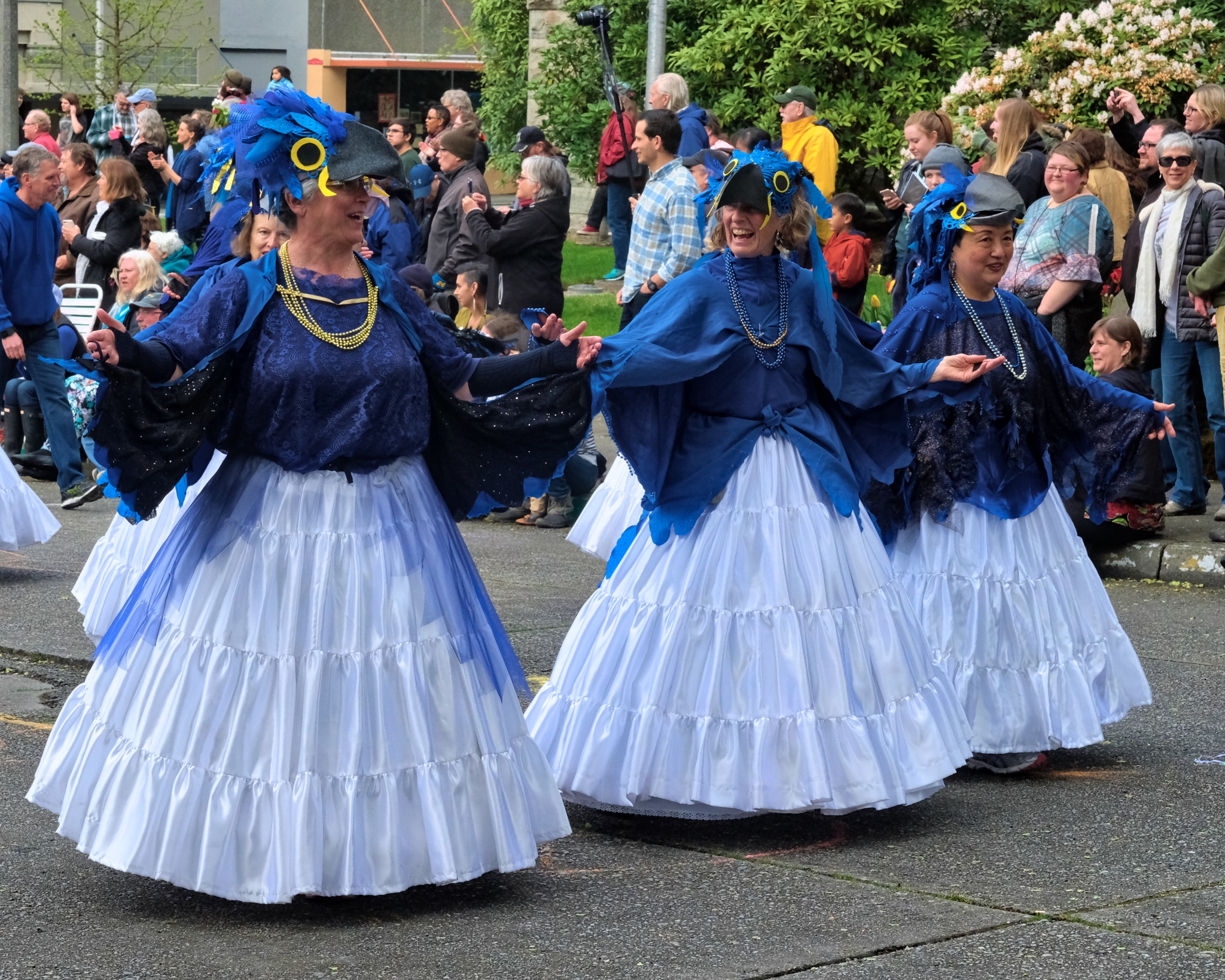
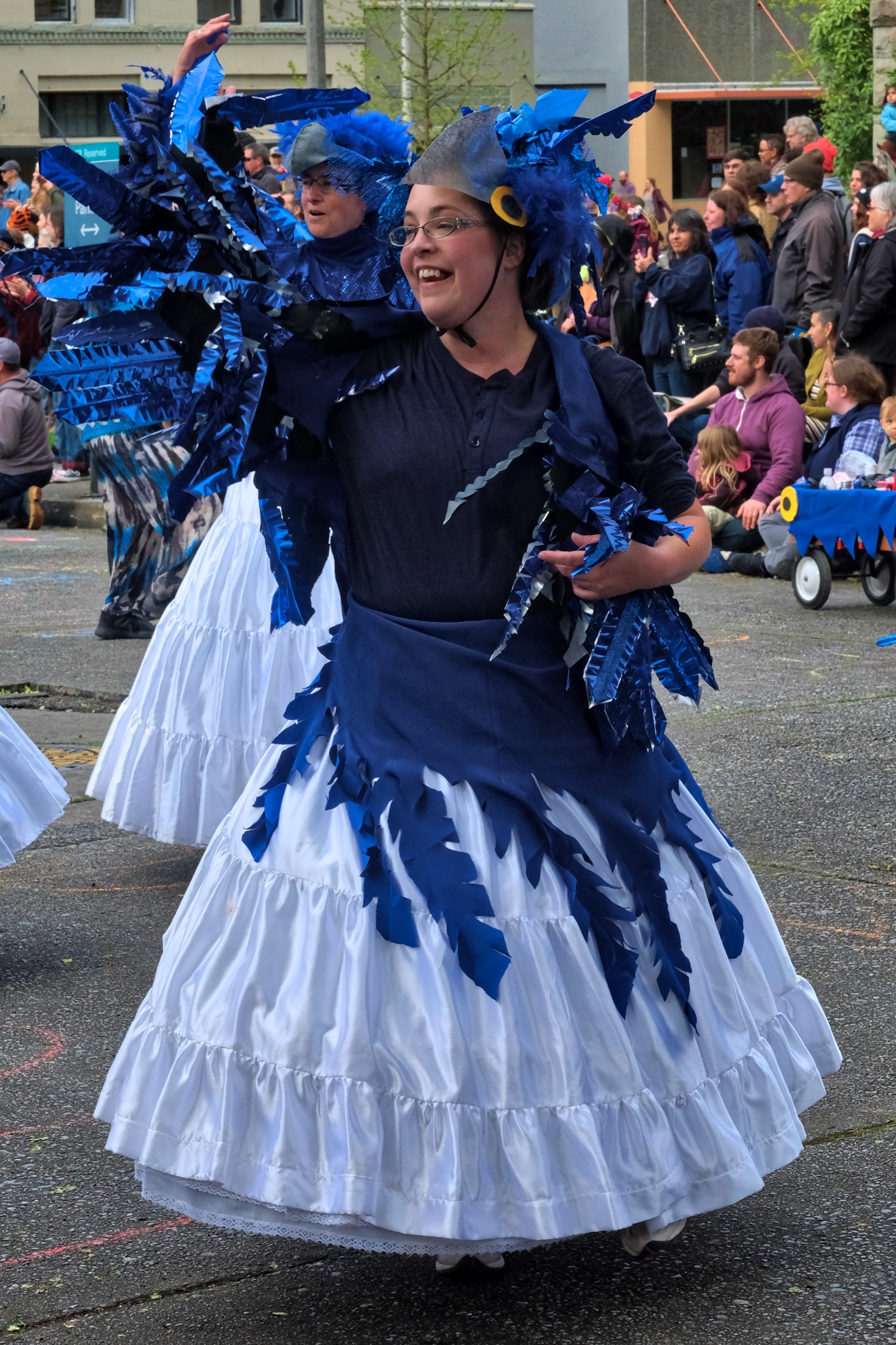
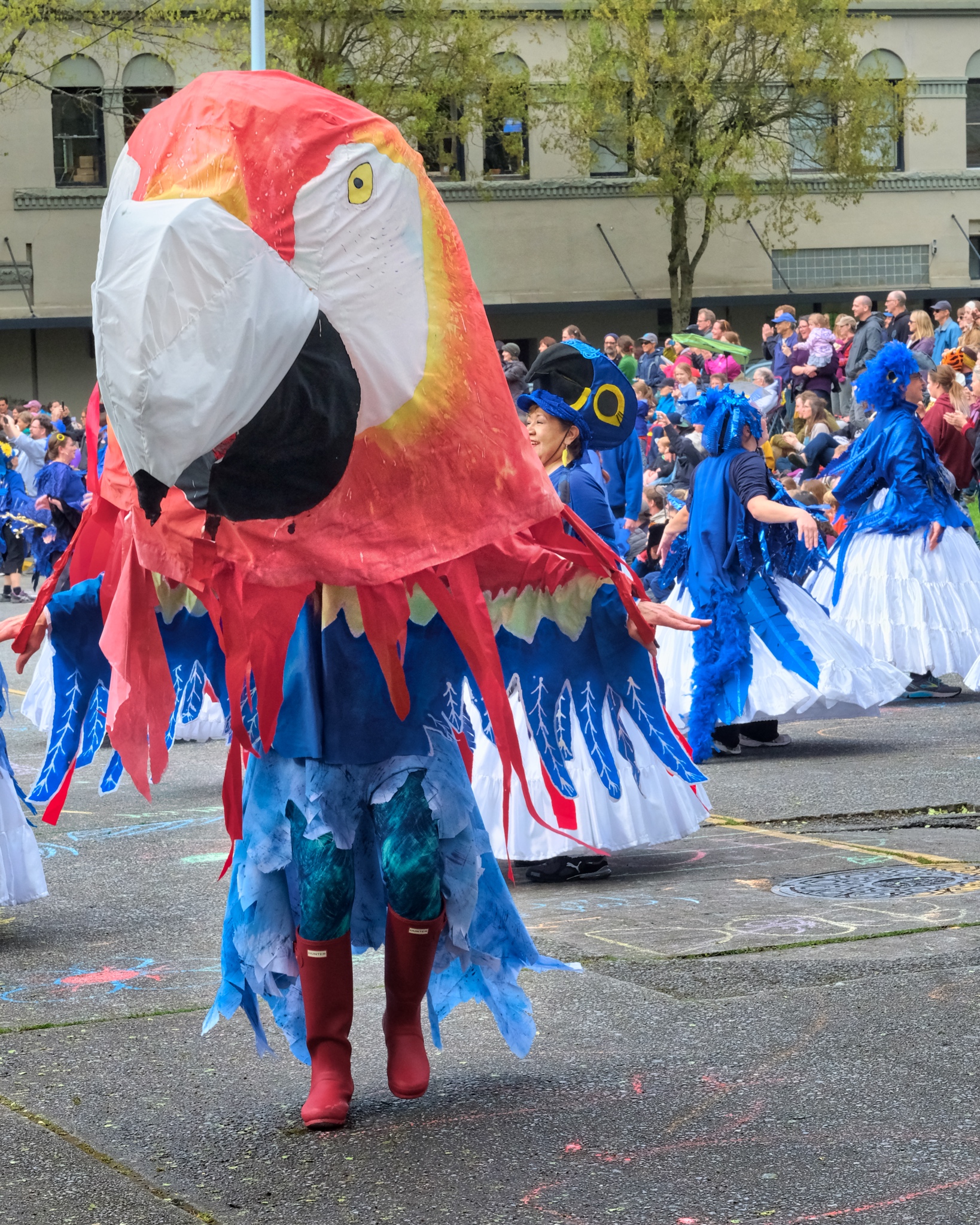
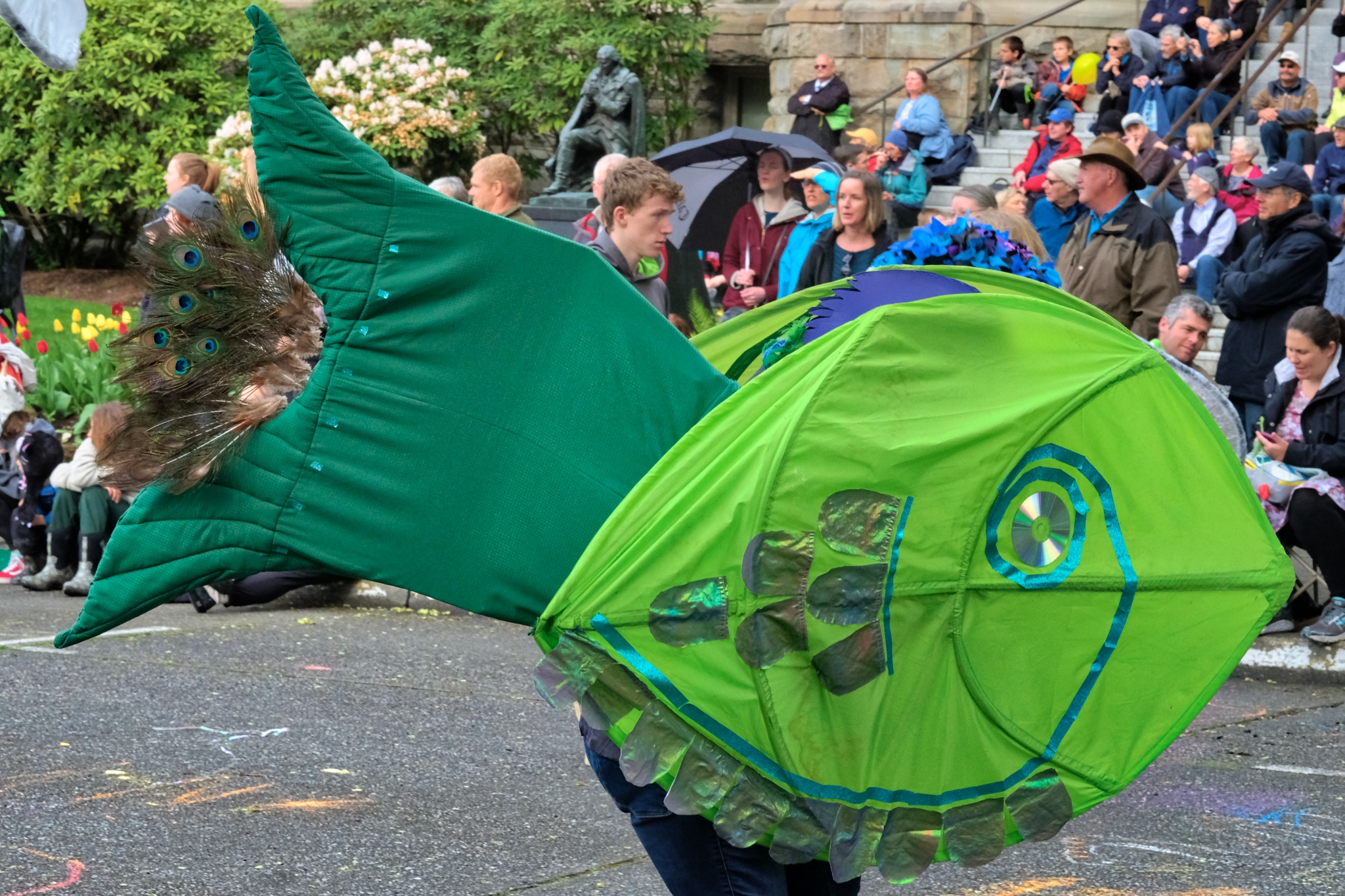
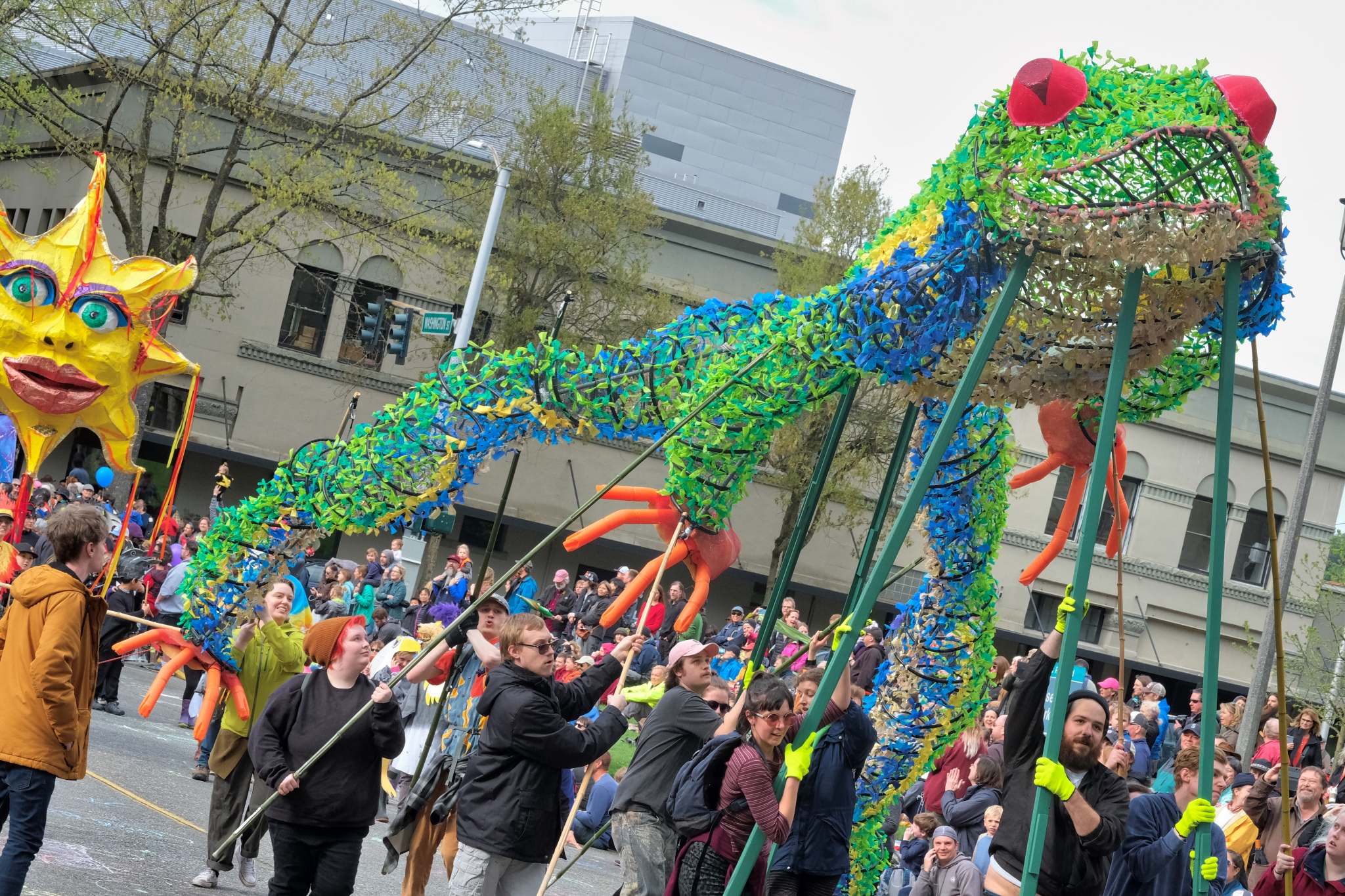
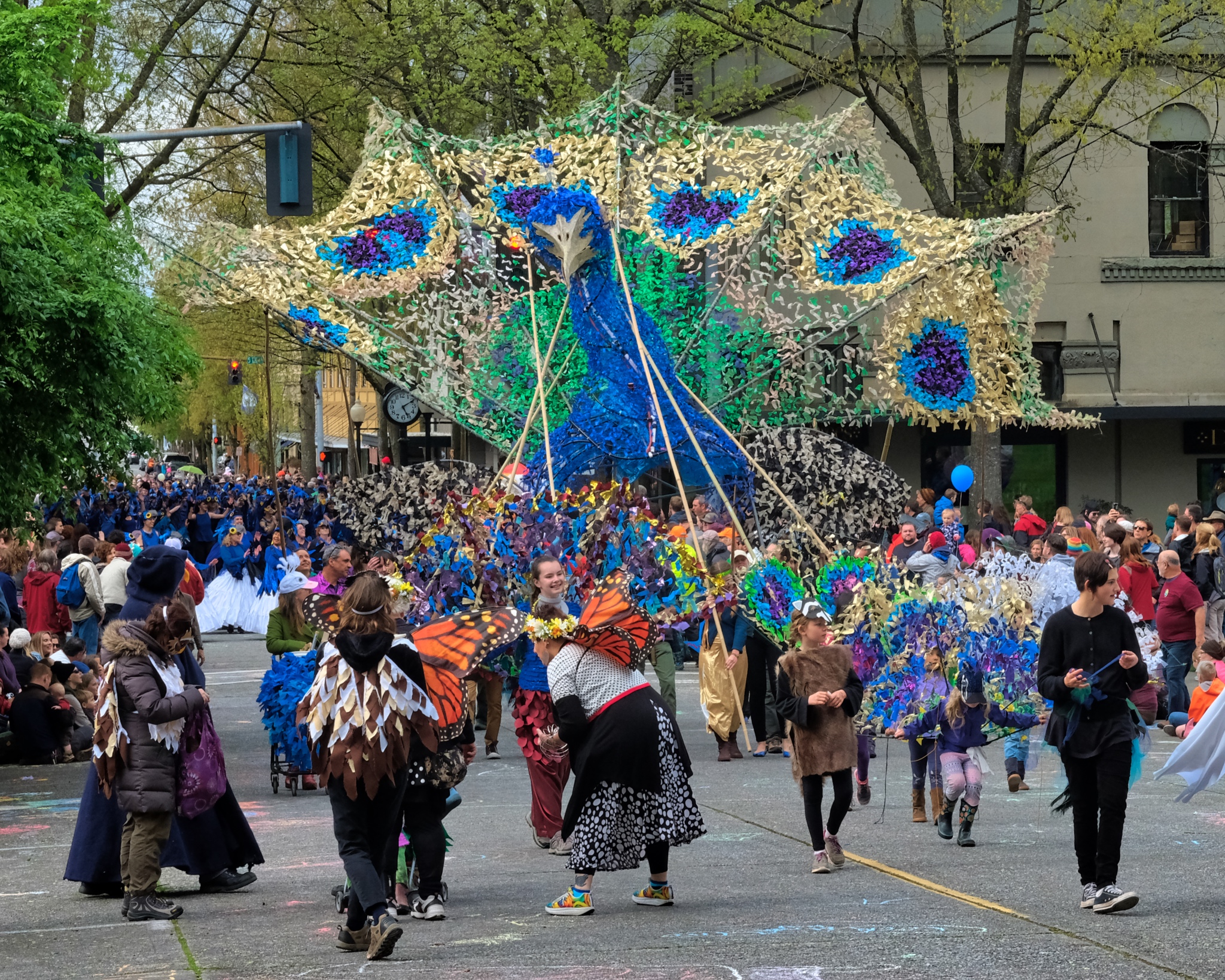
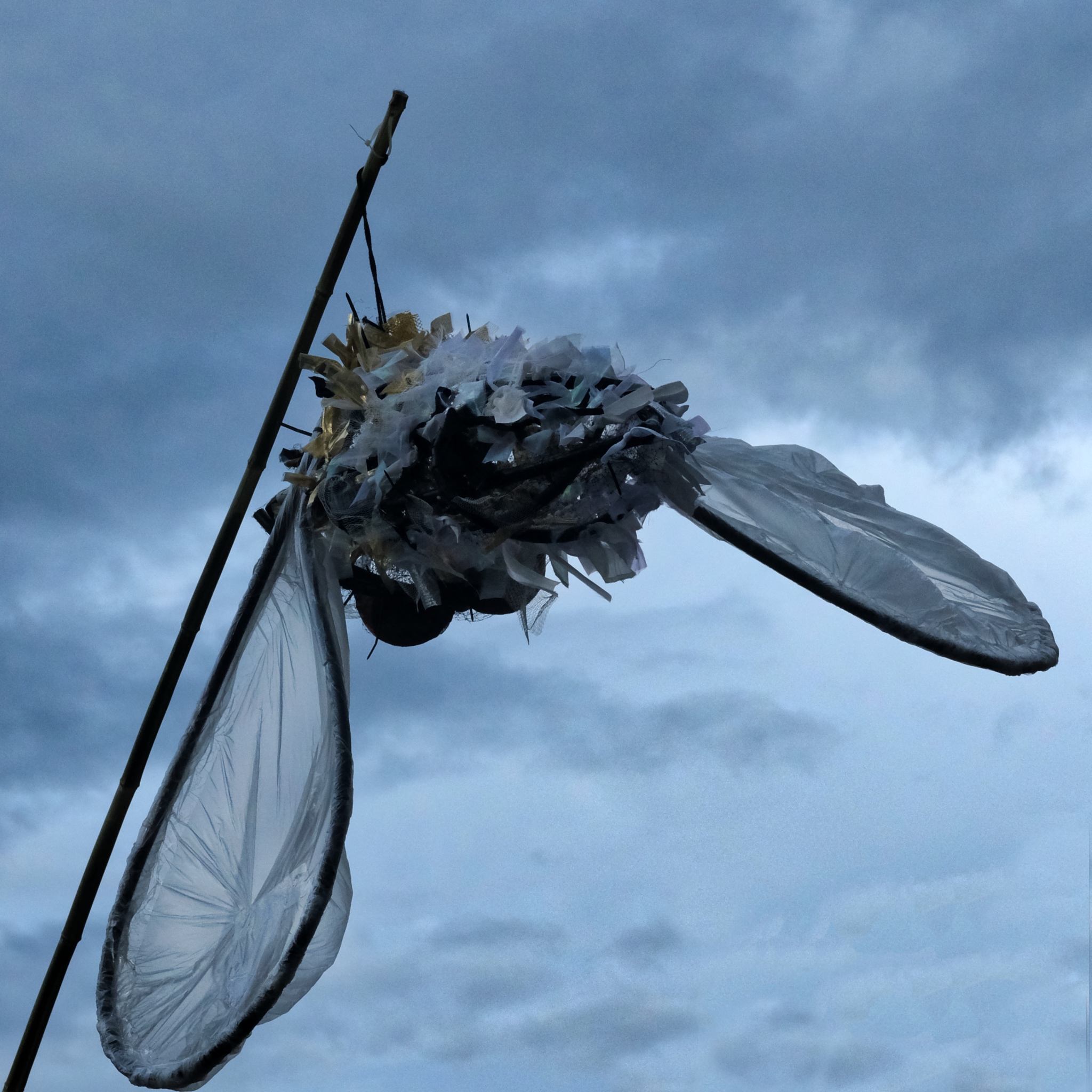
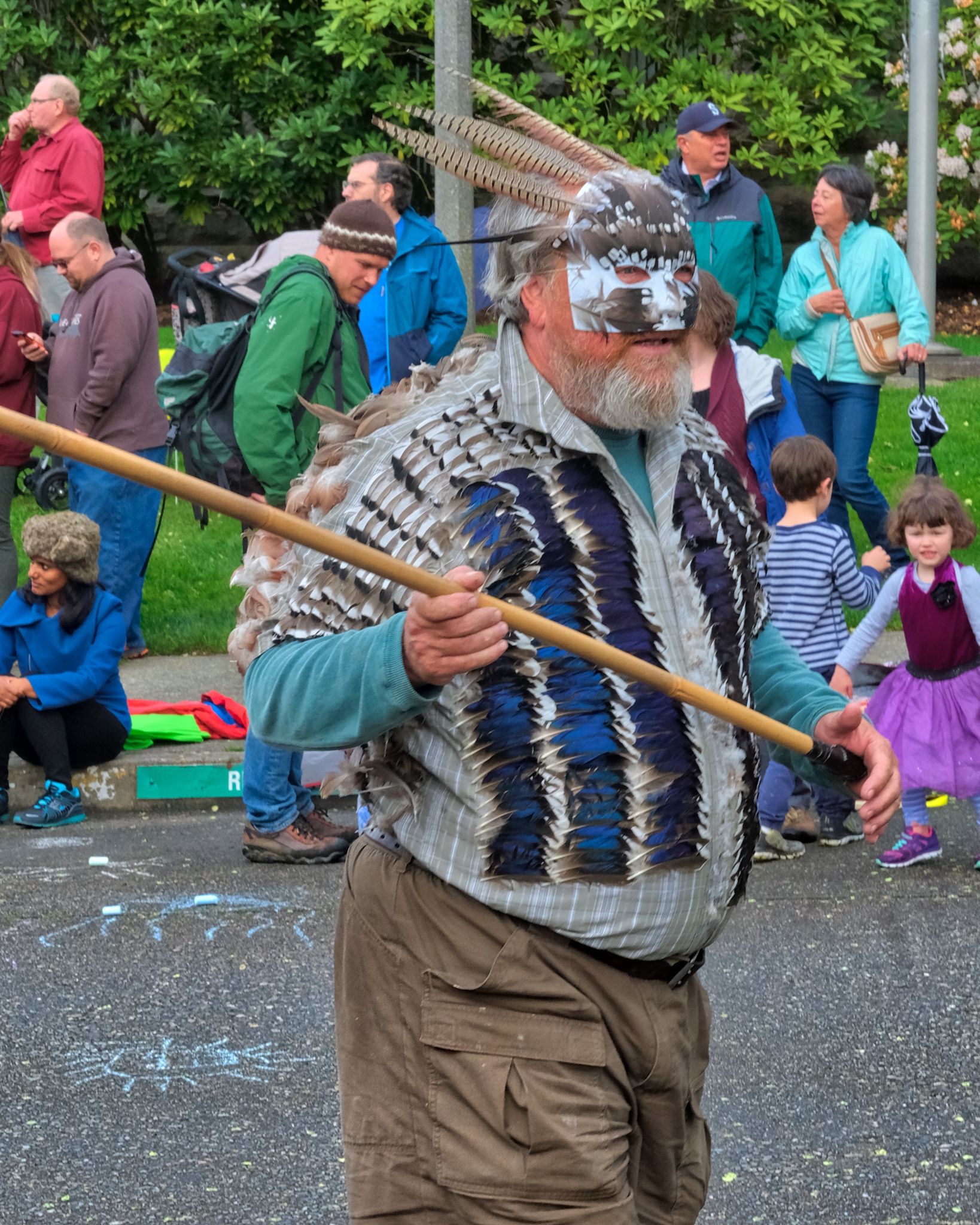
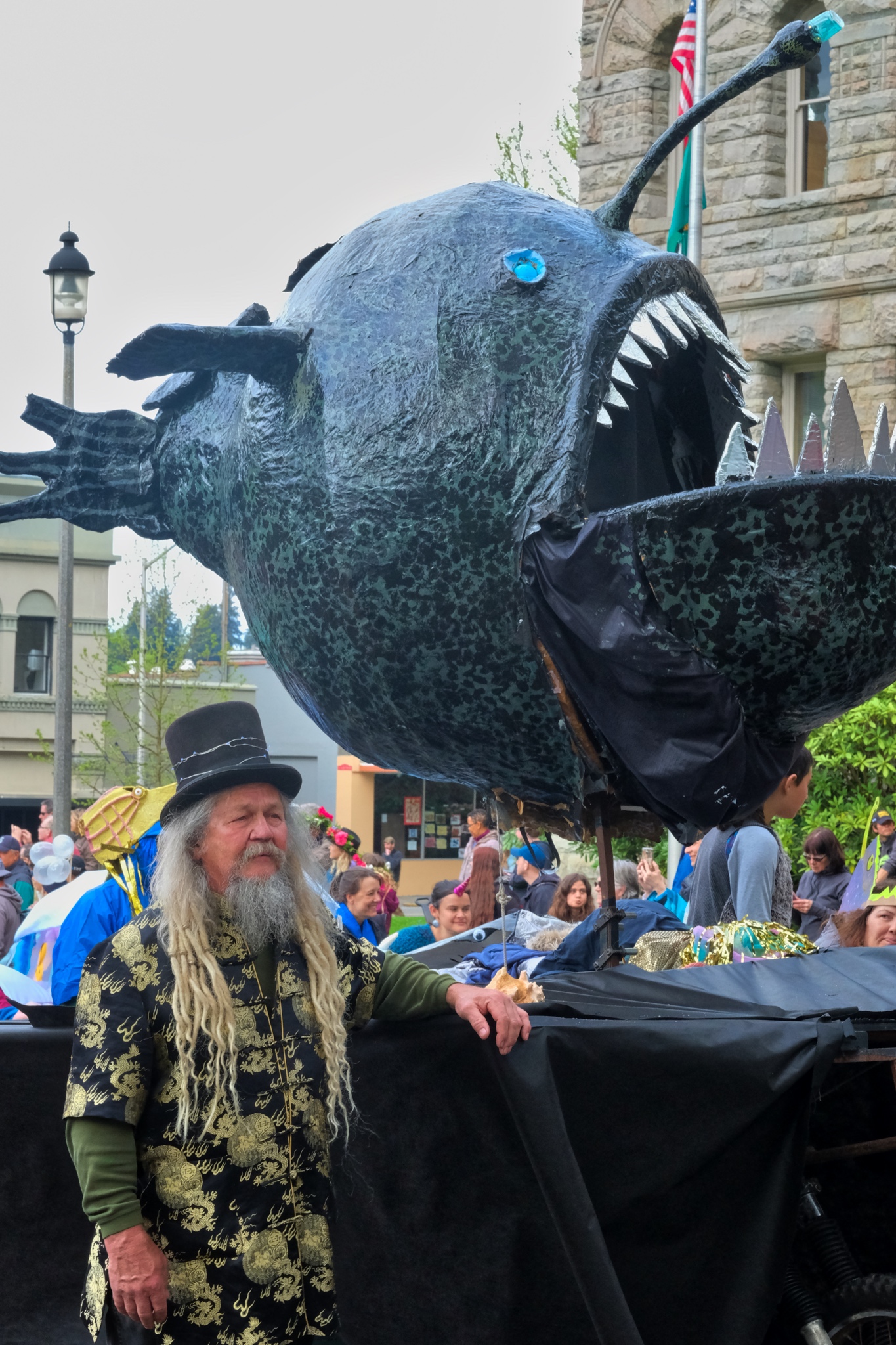
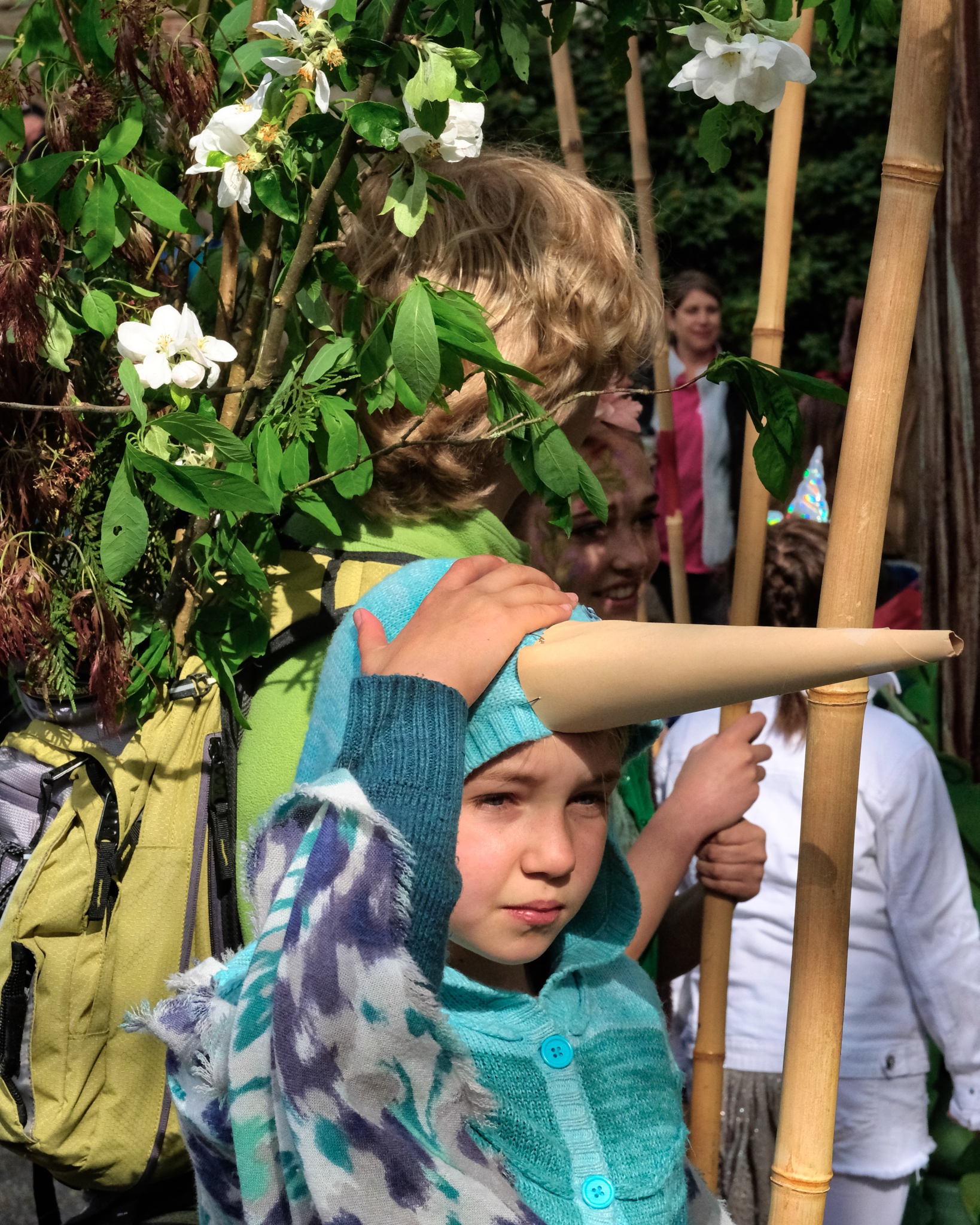
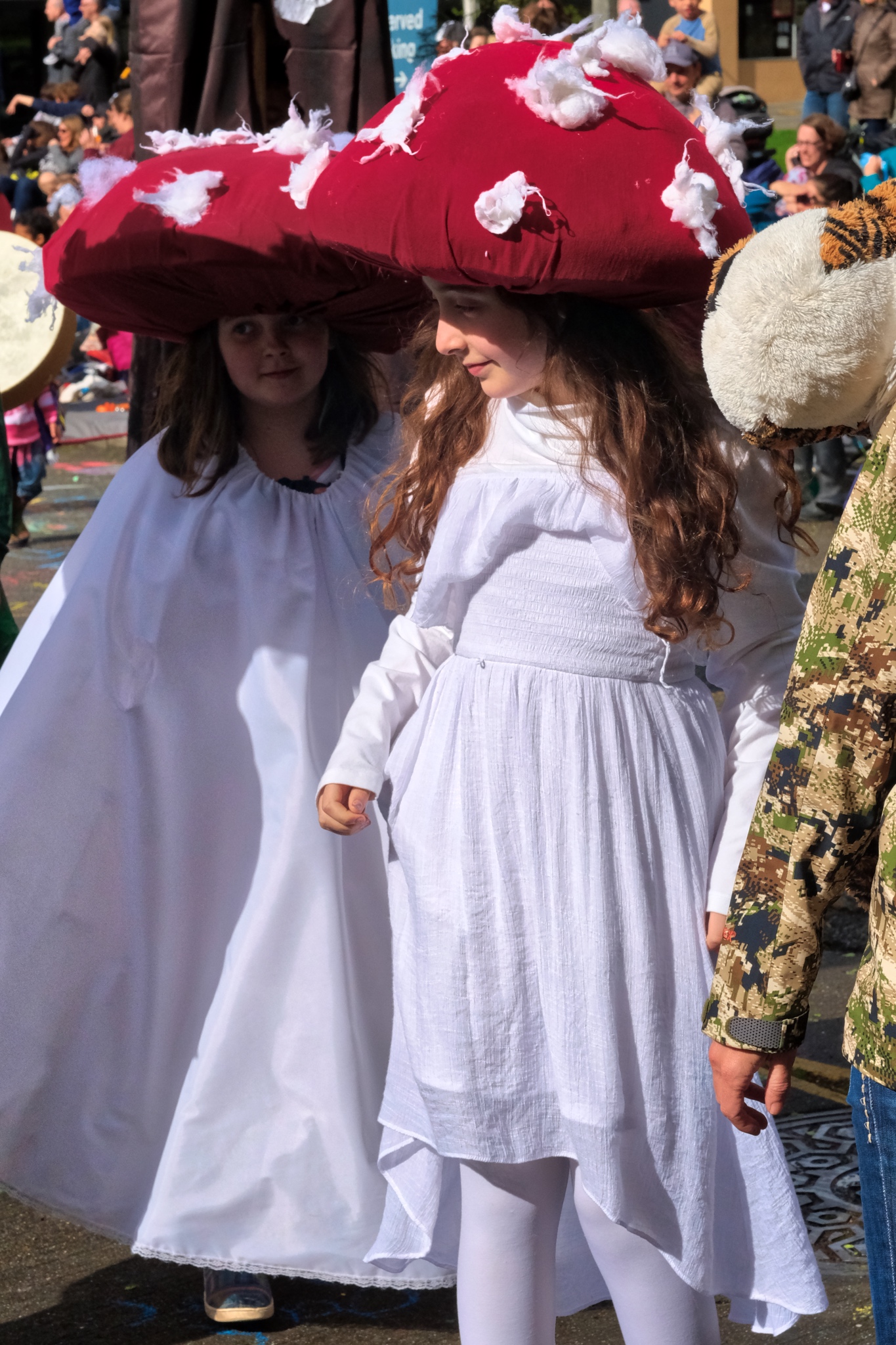
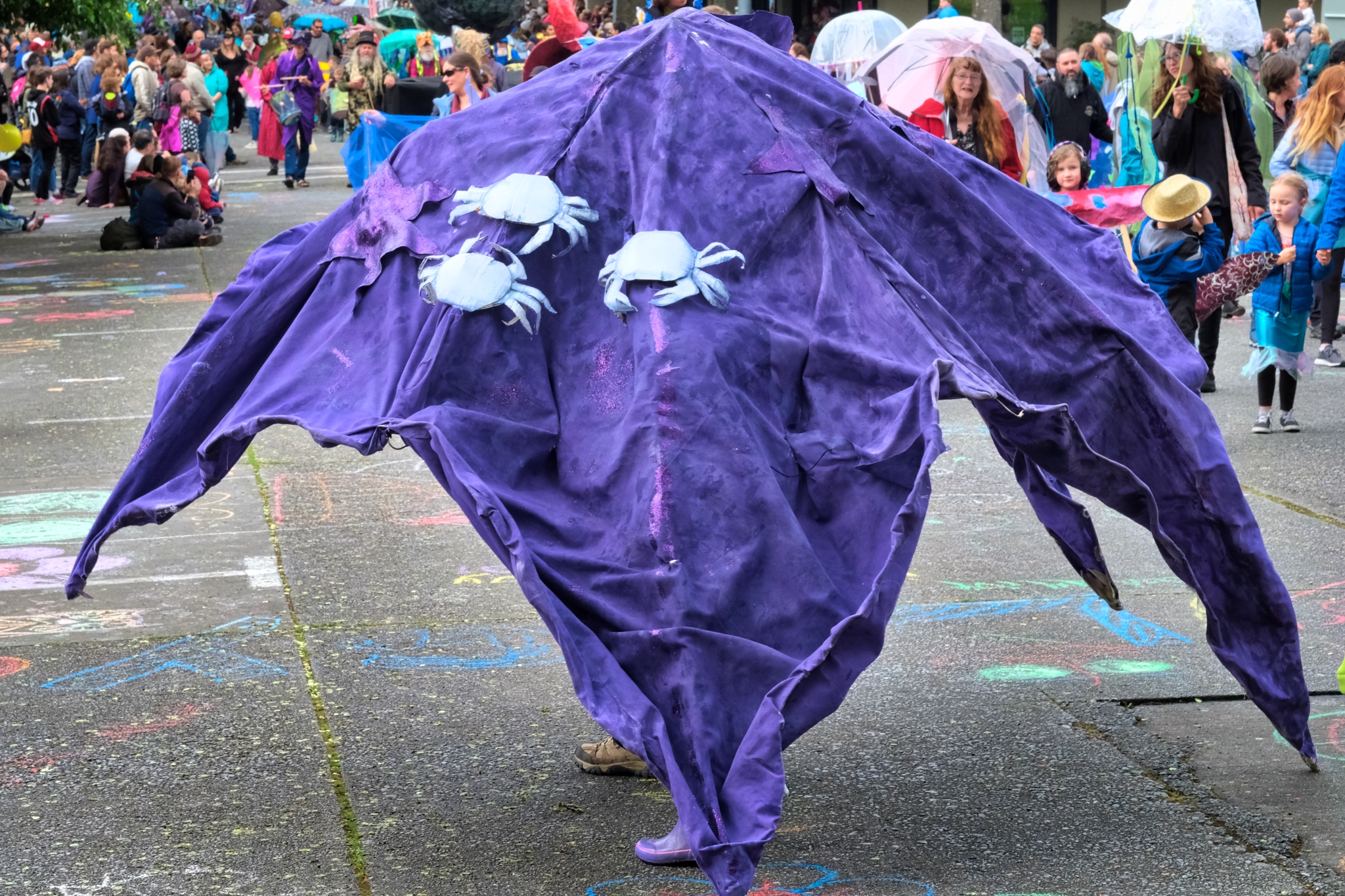
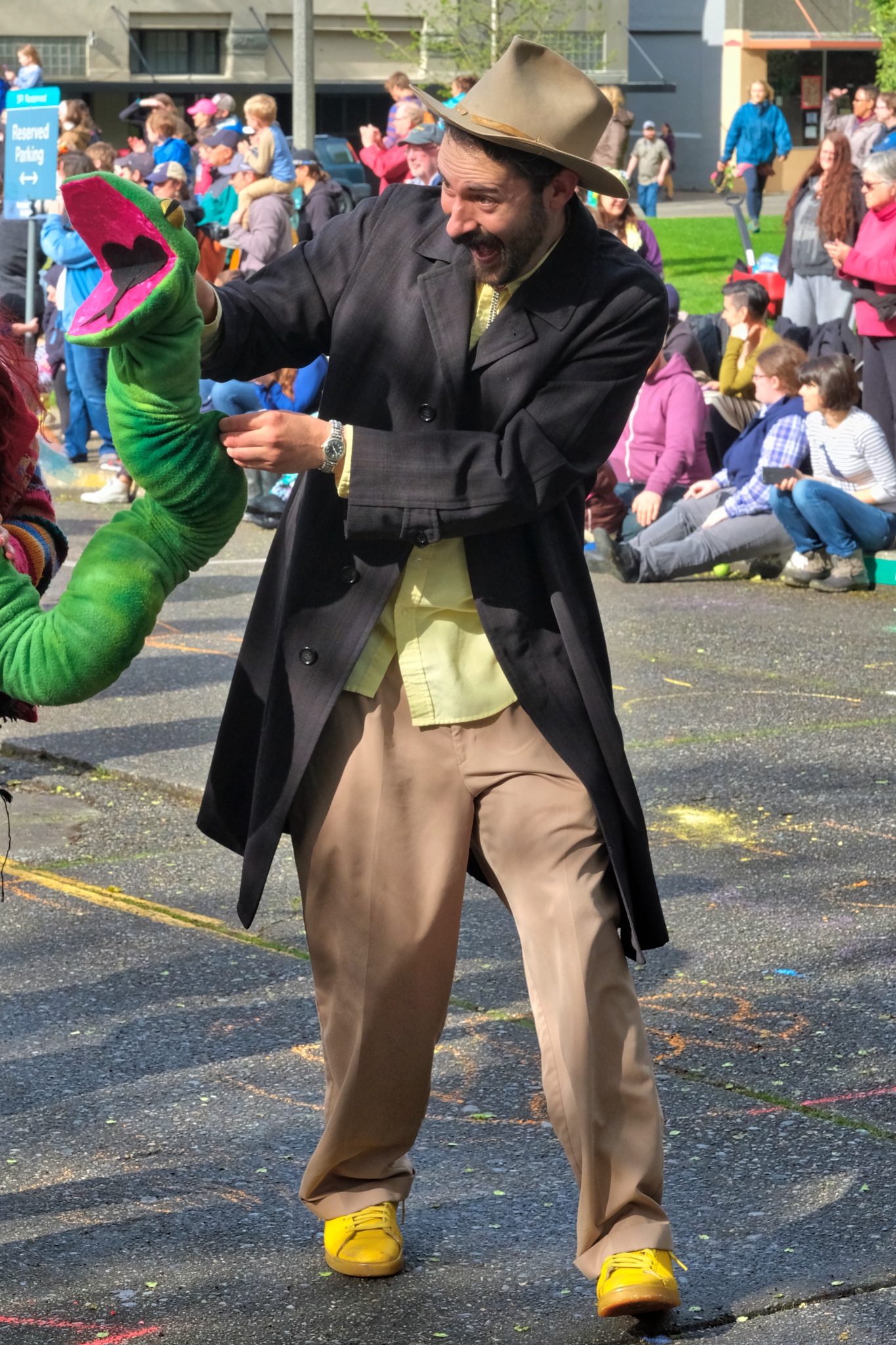
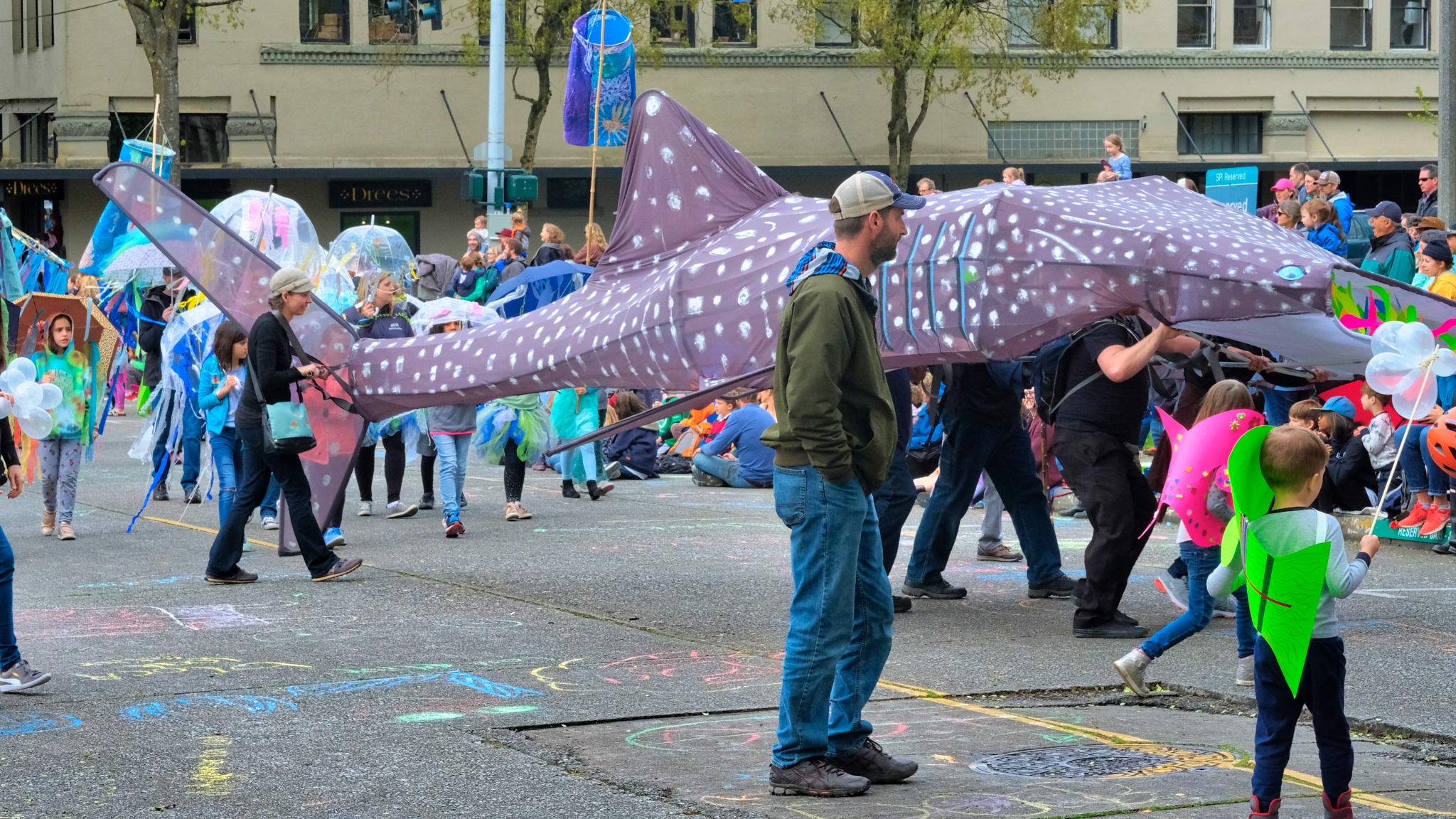
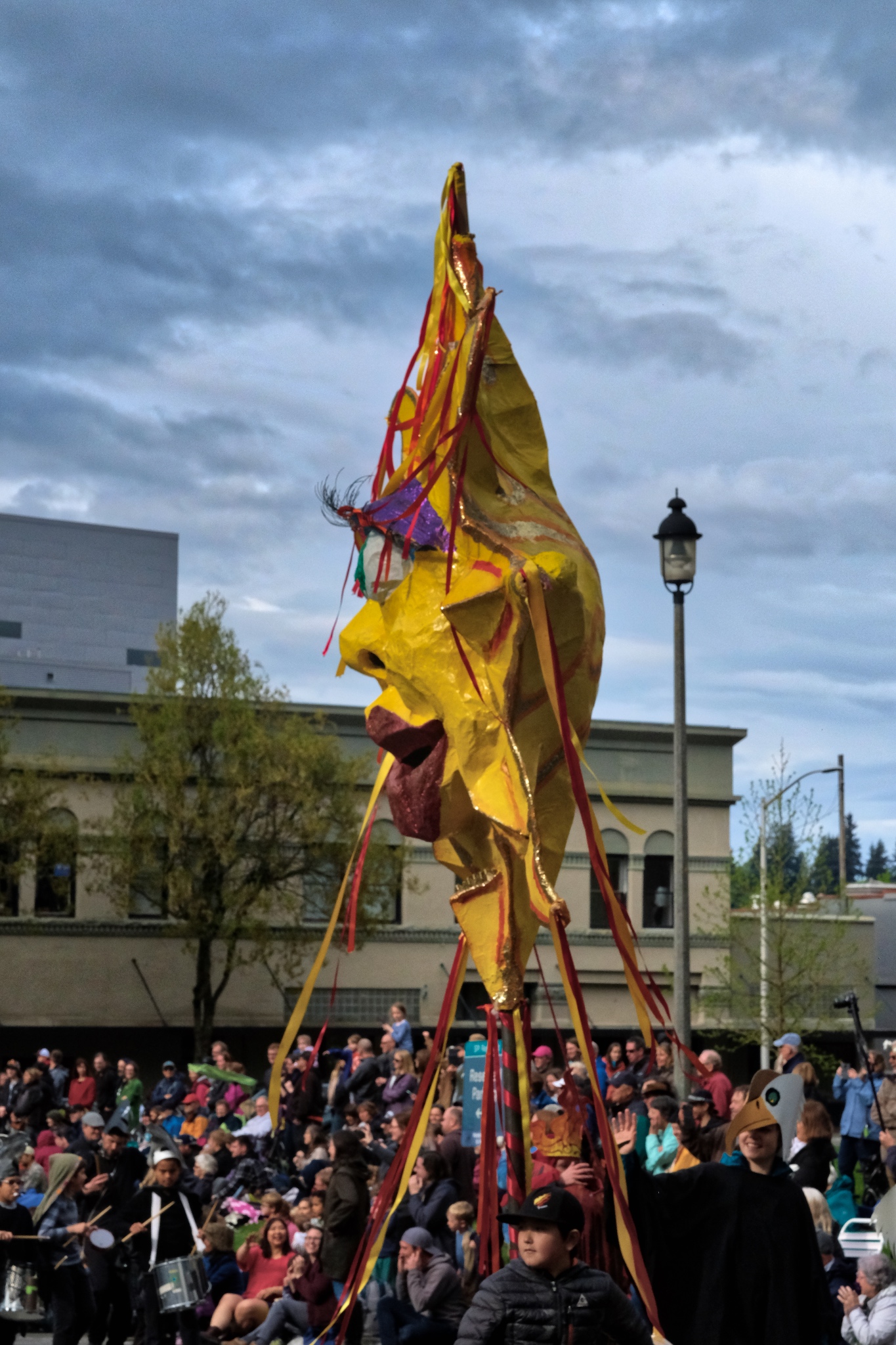
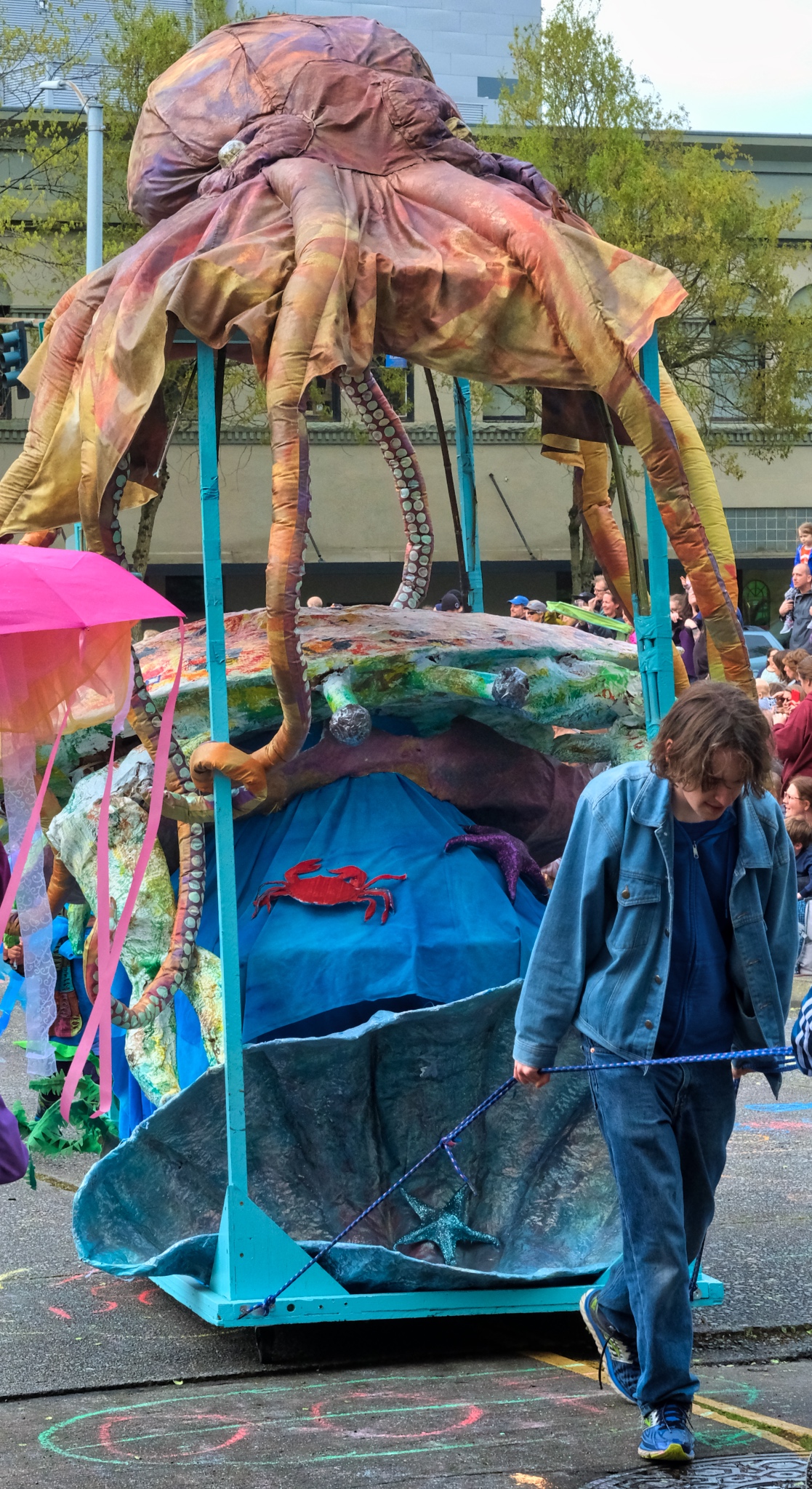
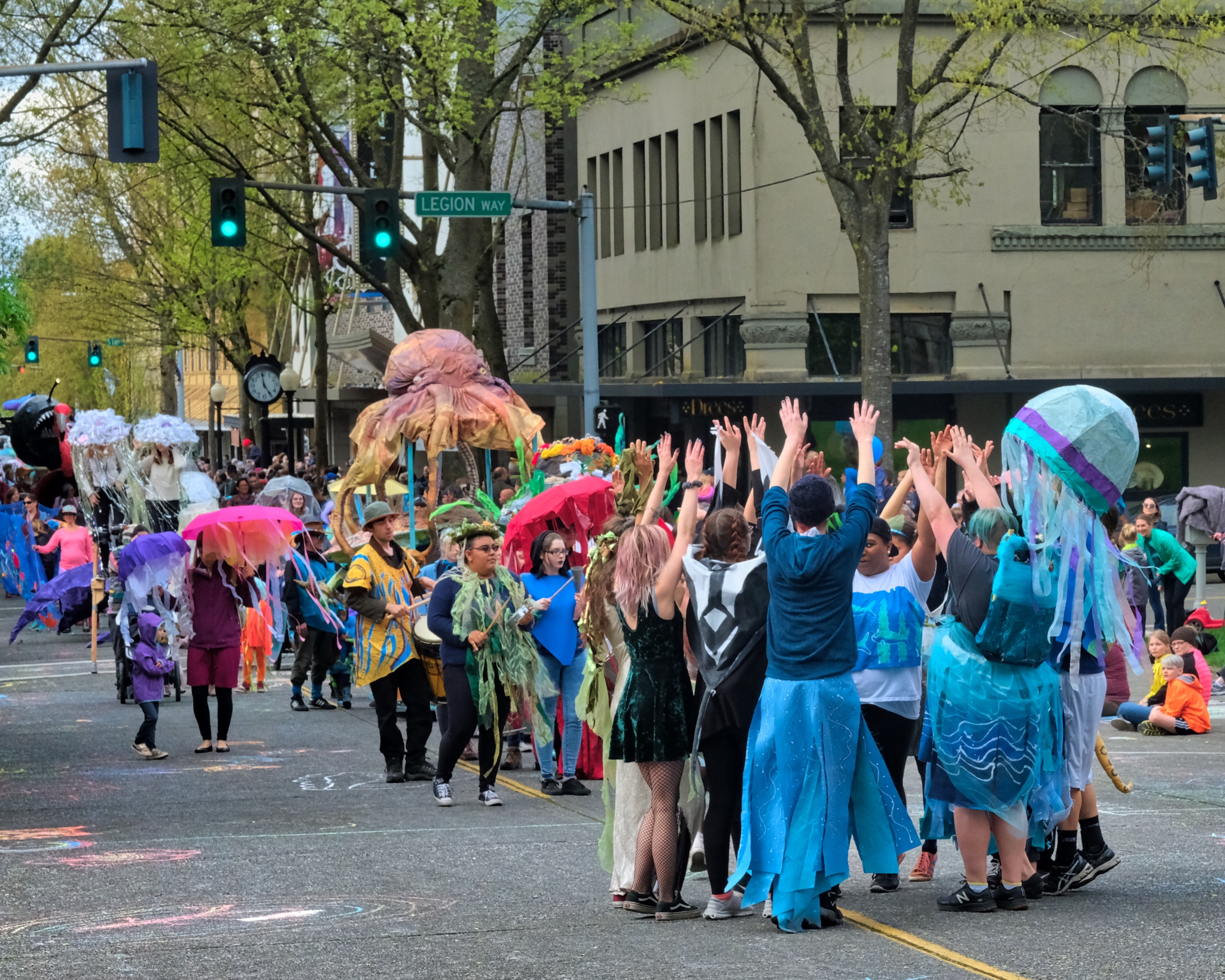
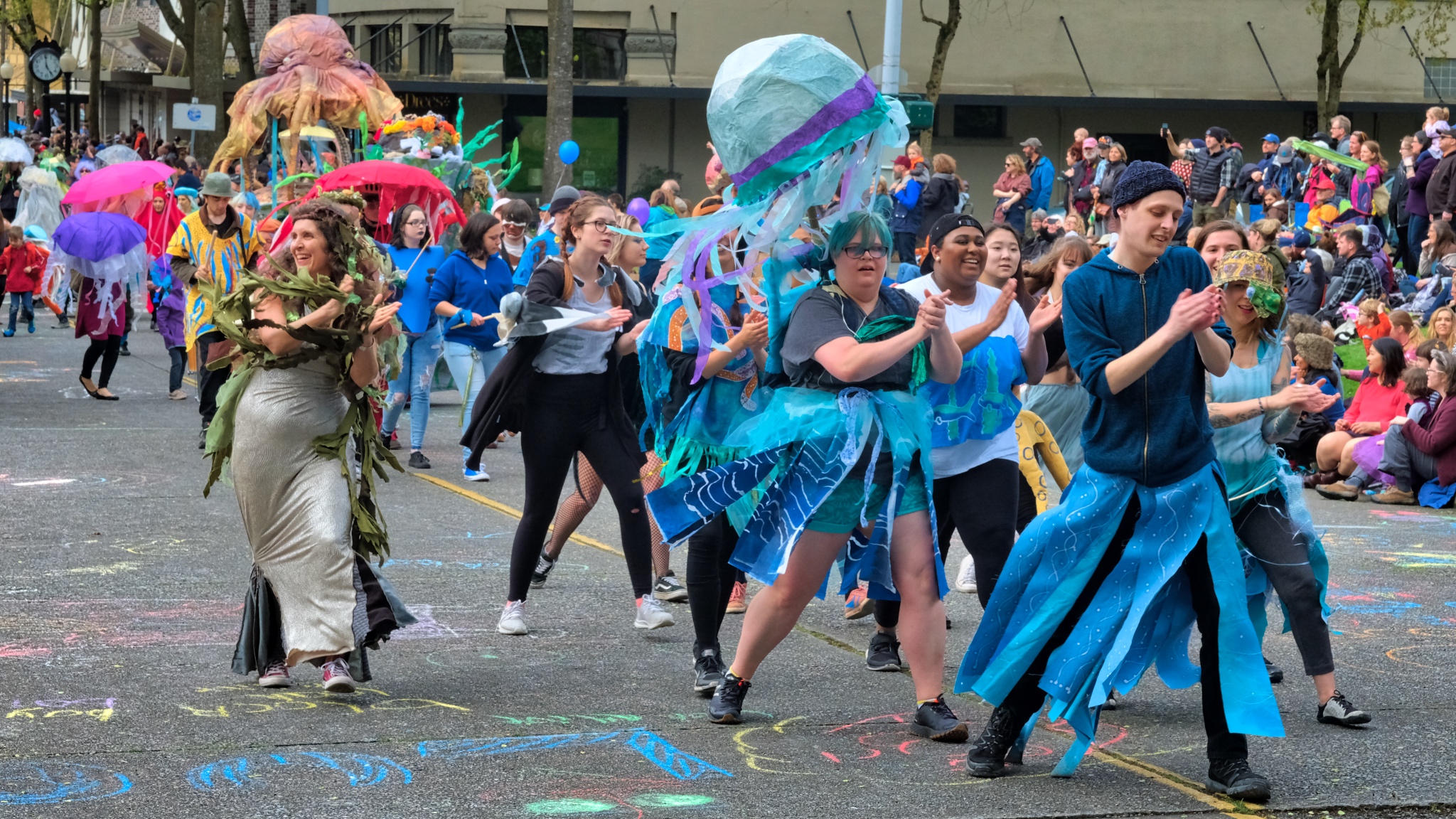
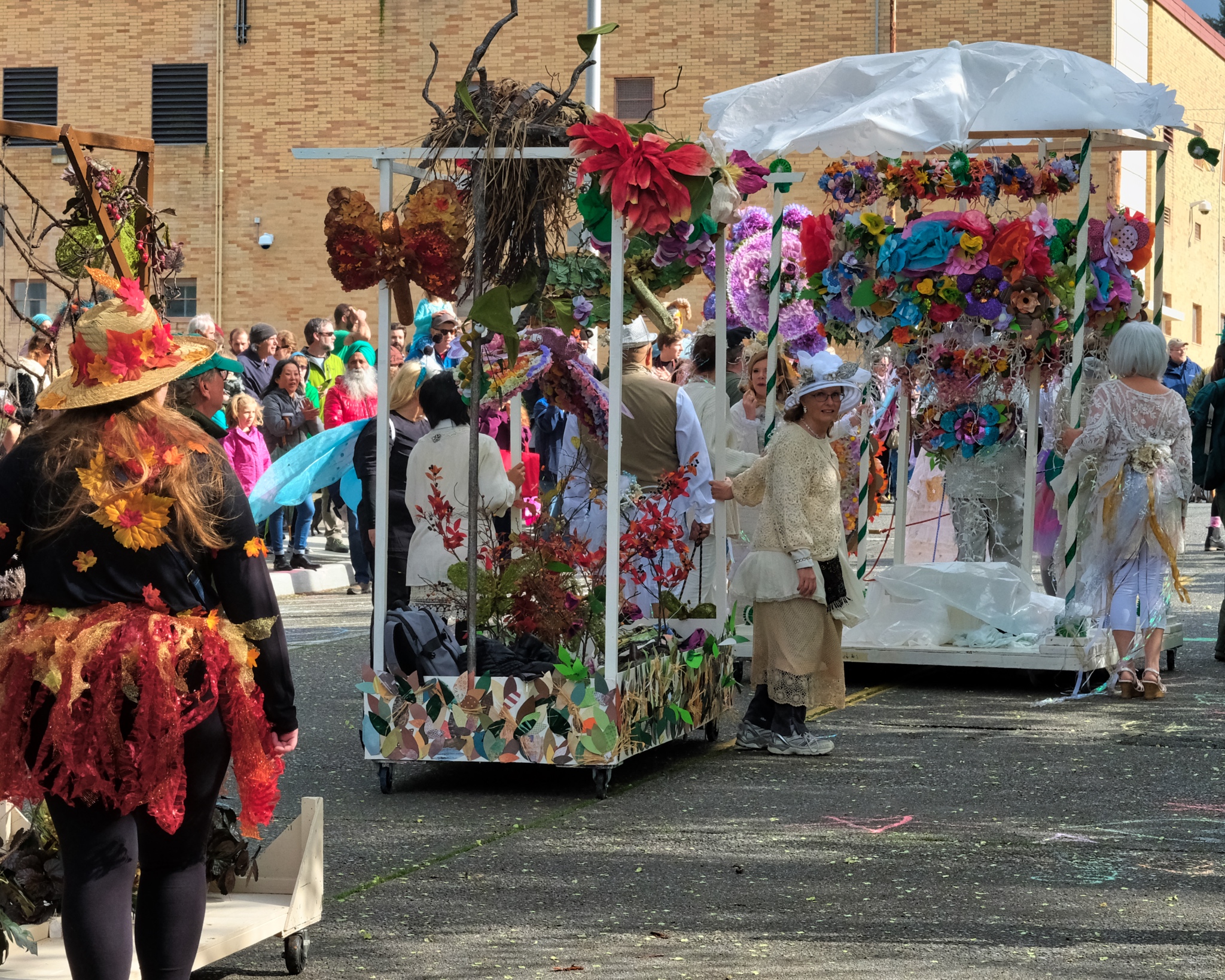
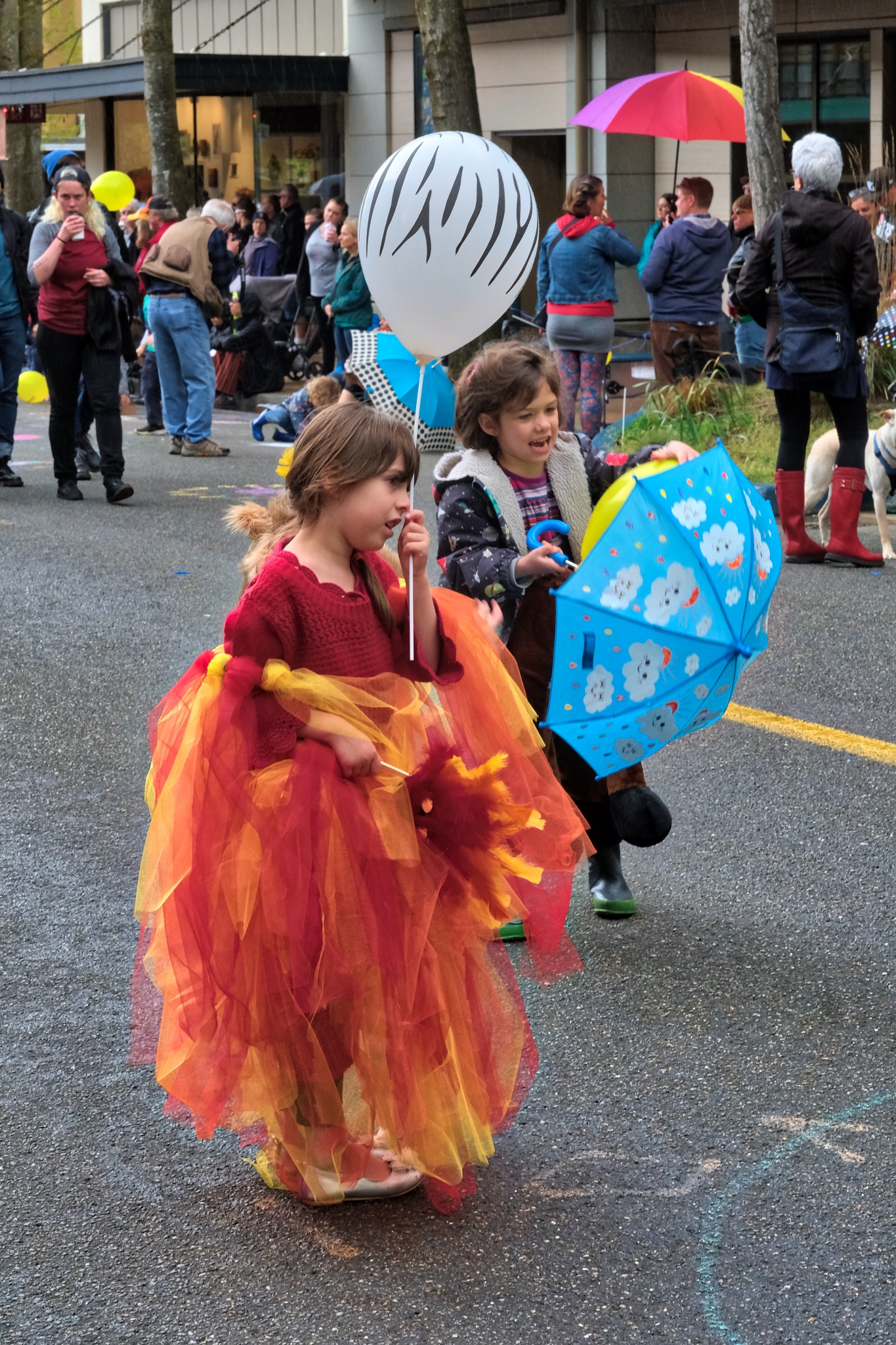
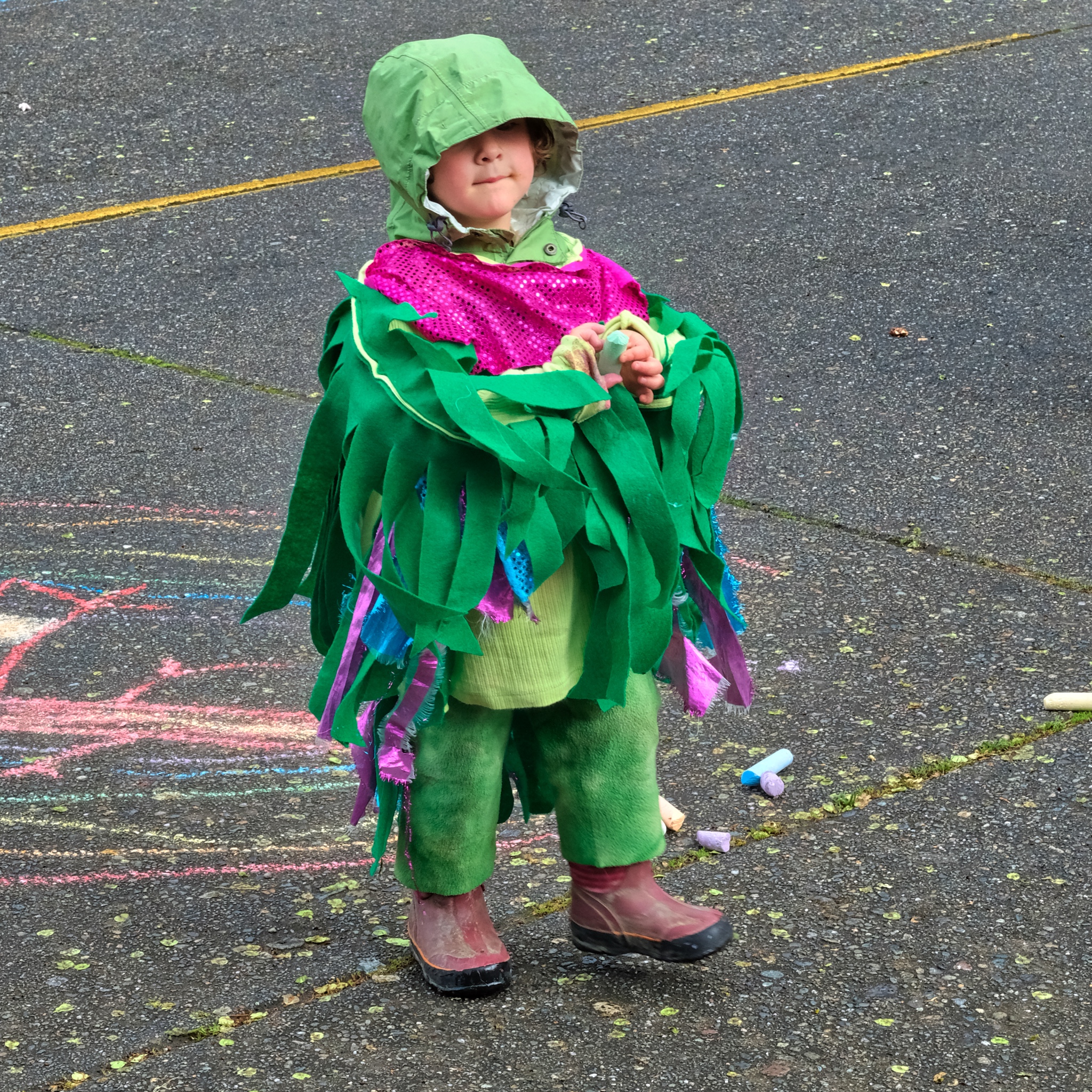
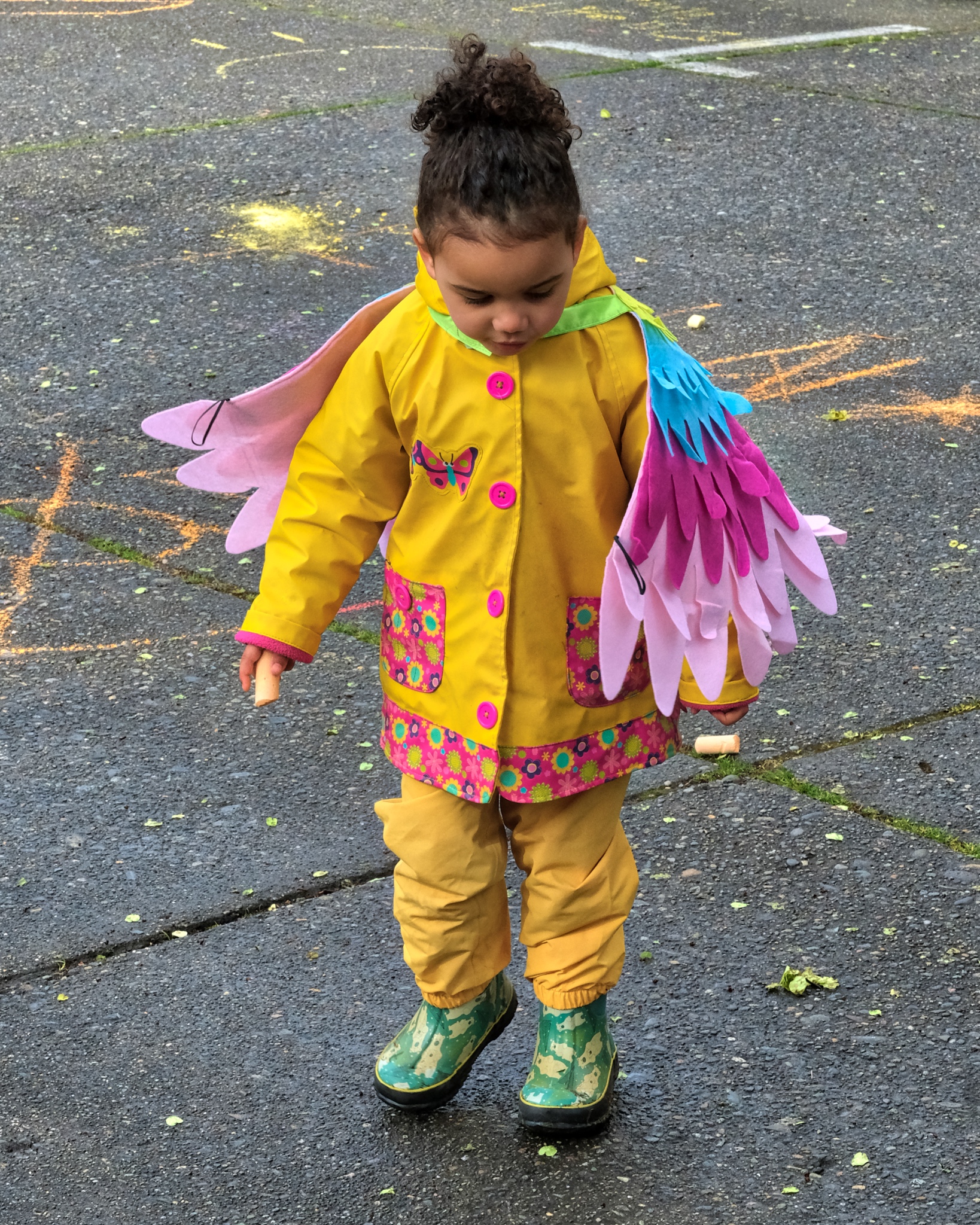
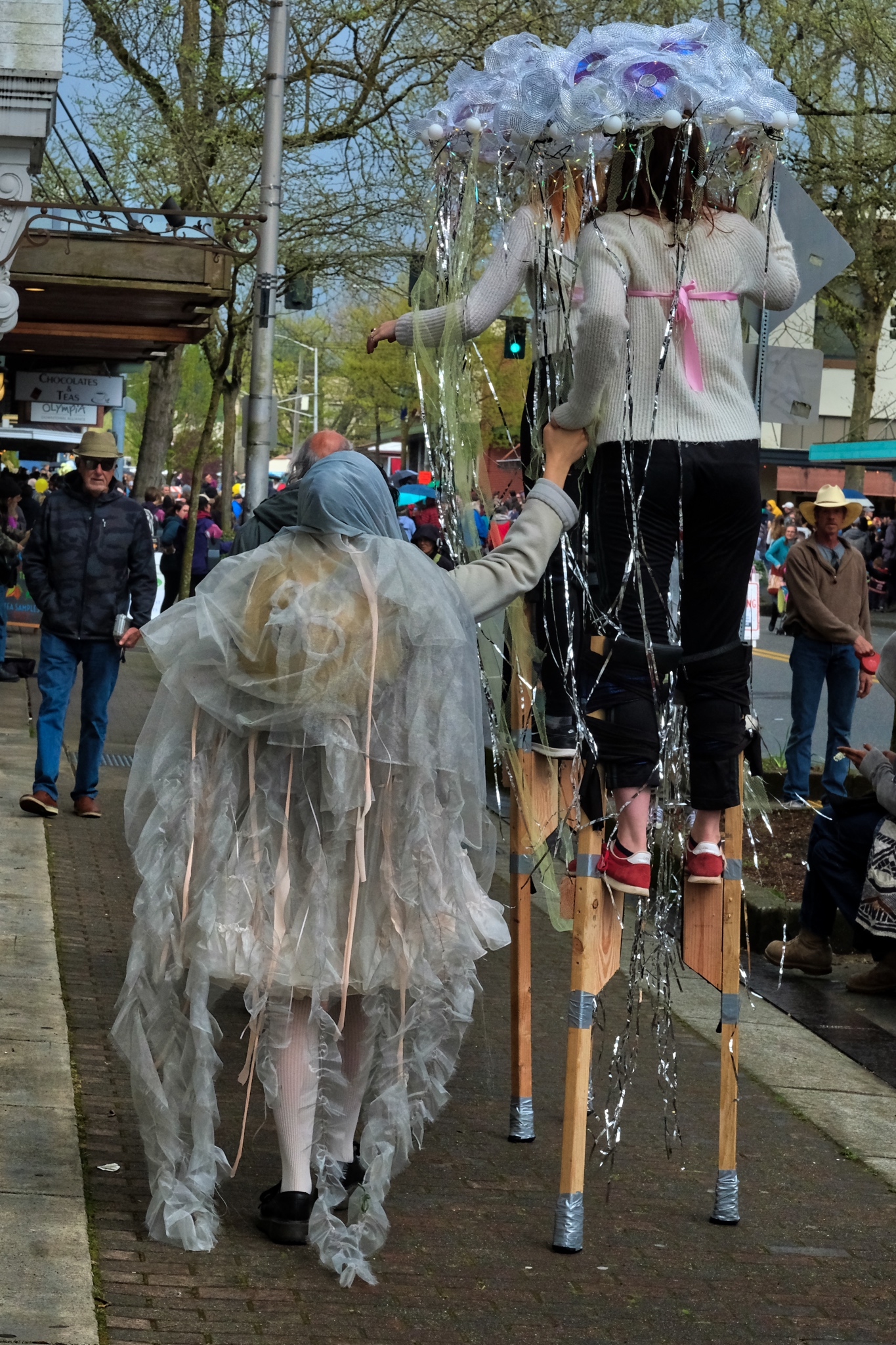
Biking The Chehalis Western Trail In Early Spring: Heaven!
 Friday, April 27, 2018 at 11:08PM
Friday, April 27, 2018 at 11:08PM 












































April 27, and the refoliation is nerly complete.
 Dr. Jeff Harper
Dr. Jeff Harper























Gibraltar: Day and Night
 Tuesday, April 17, 2018 at 3:27AM
Tuesday, April 17, 2018 at 3:27AM 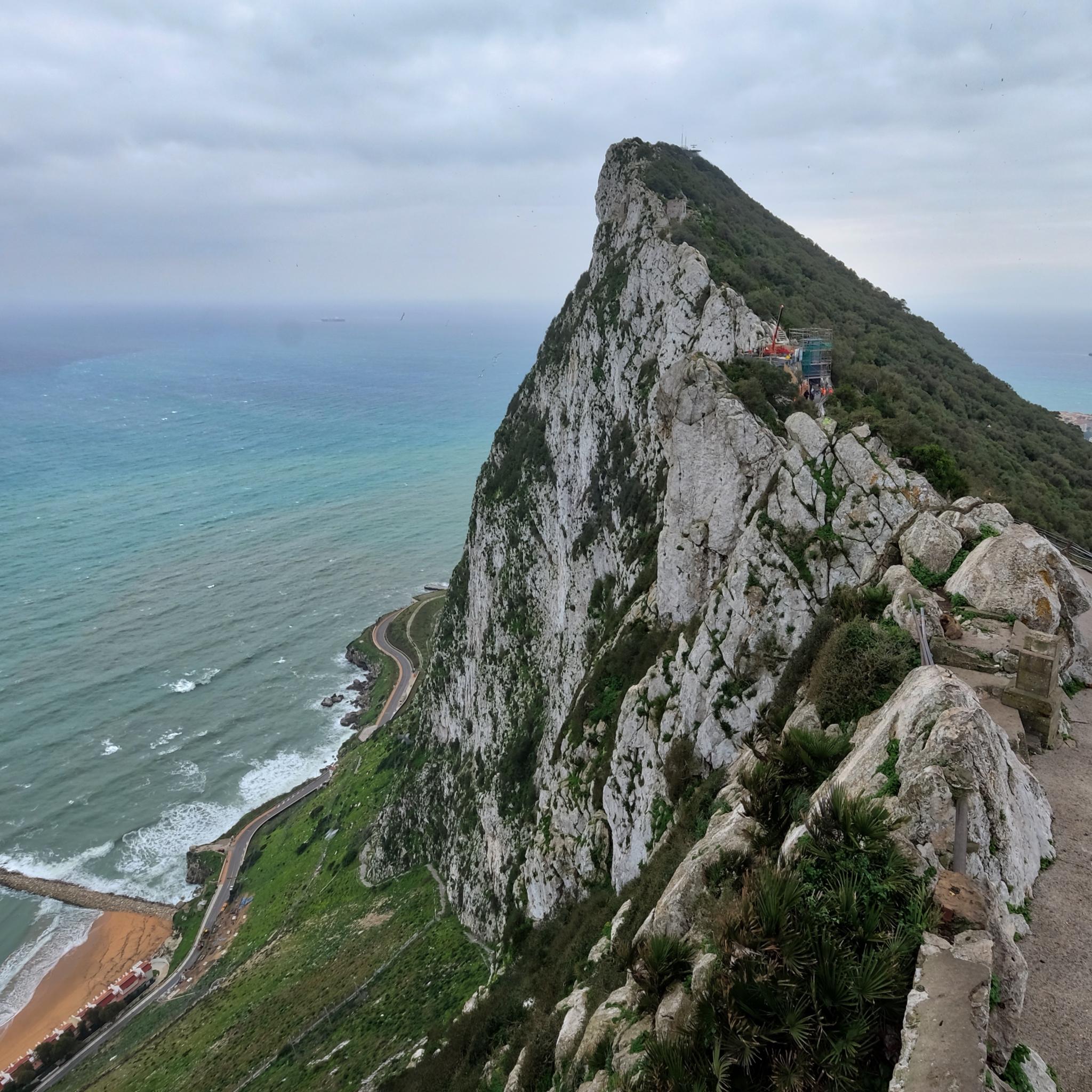 In February 2017 we made the short flight to the British enclave of Gibraltar. It is worth a three night stay . . . but perhaps not any longer . . .
In February 2017 we made the short flight to the British enclave of Gibraltar. It is worth a three night stay . . . but perhaps not any longer . . .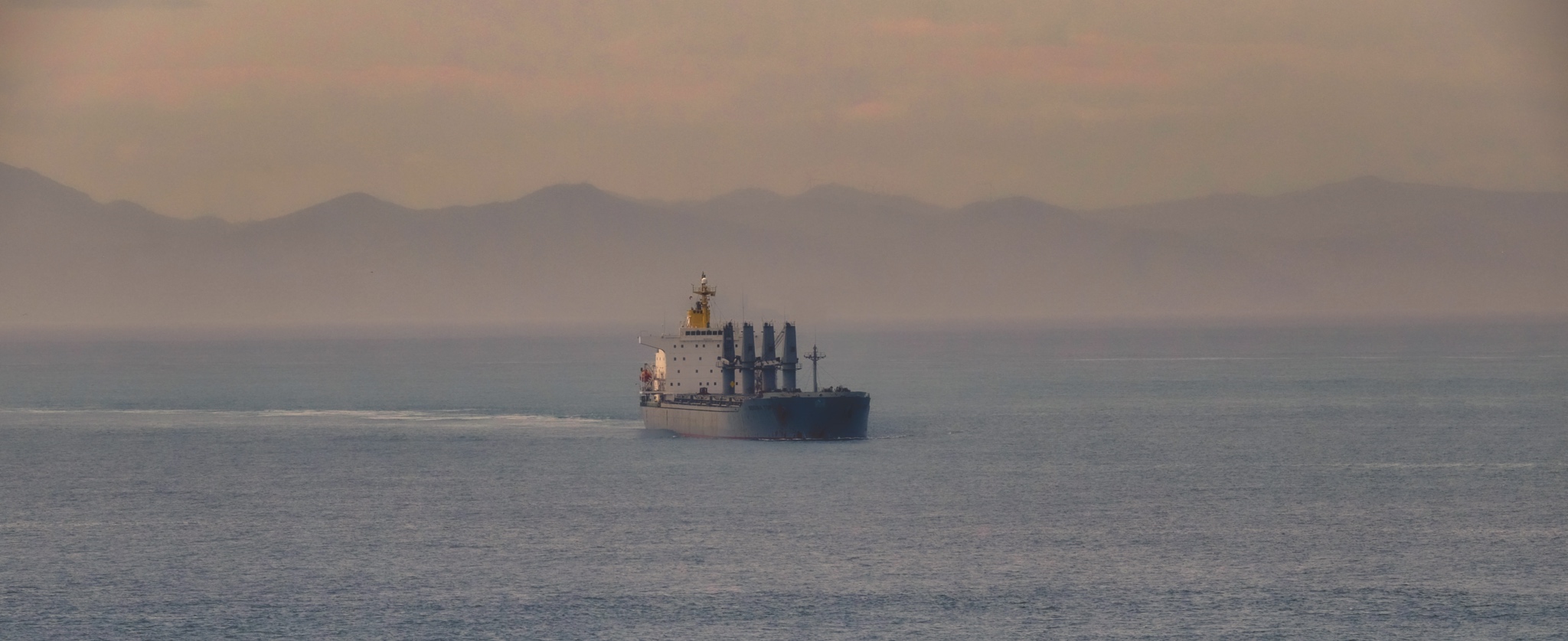 Gibraltar sits near the southern tip of Spain at the northern side of the Straight of Gibraltar. All ships that pass from the Mediterranean Sea to the Atlantic Ocean must pass through here. The North African coast can be seen across the Straight of Gibraltar.
Gibraltar sits near the southern tip of Spain at the northern side of the Straight of Gibraltar. All ships that pass from the Mediterranean Sea to the Atlantic Ocean must pass through here. The North African coast can be seen across the Straight of Gibraltar.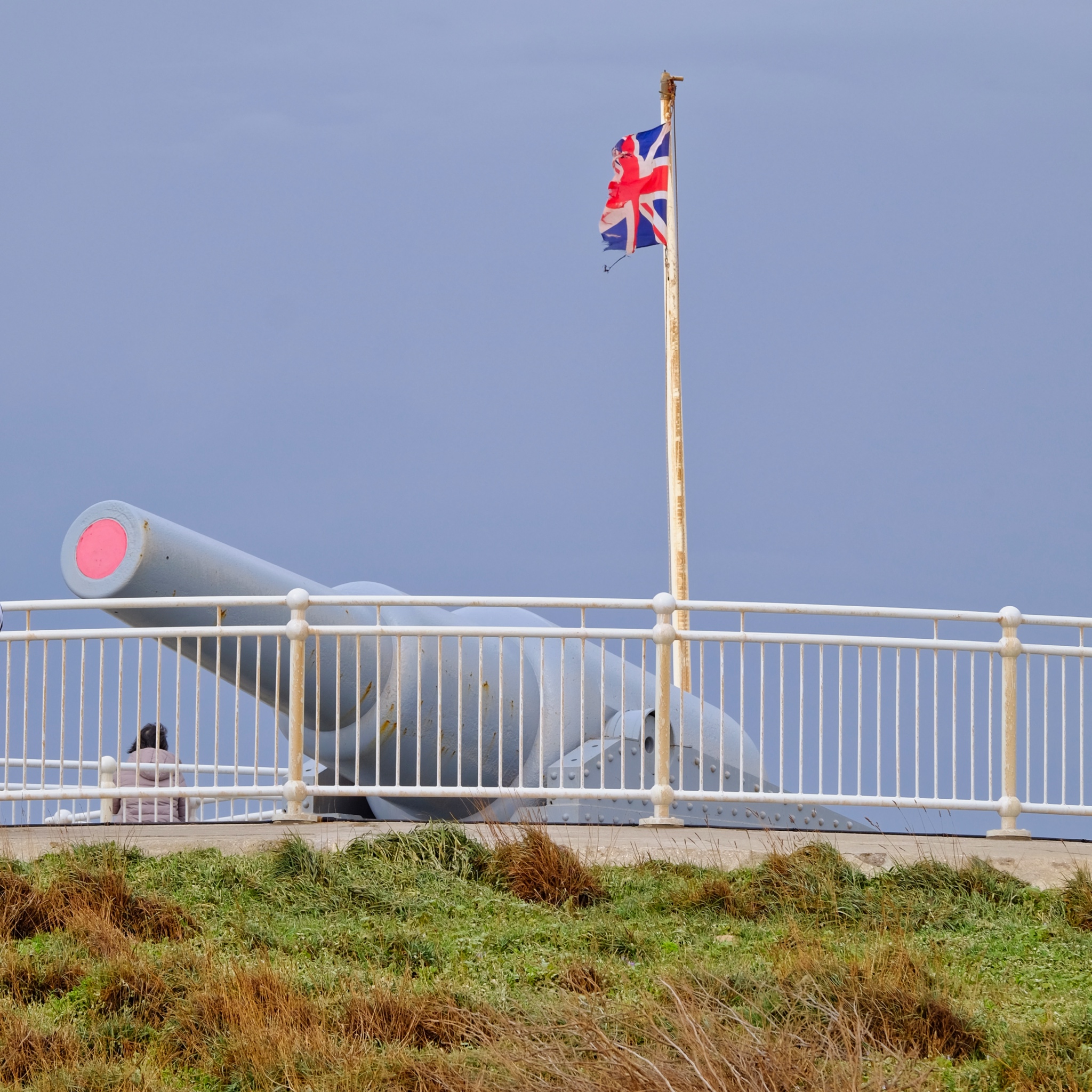 Gibraltar is a British territory . . . The residents recently voted 96% in favor of staying within the UK and not joining Spain . . . of course, they also voted 96% to stay within the EU during the Brexit vote!
Gibraltar is a British territory . . . The residents recently voted 96% in favor of staying within the UK and not joining Spain . . . of course, they also voted 96% to stay within the EU during the Brexit vote!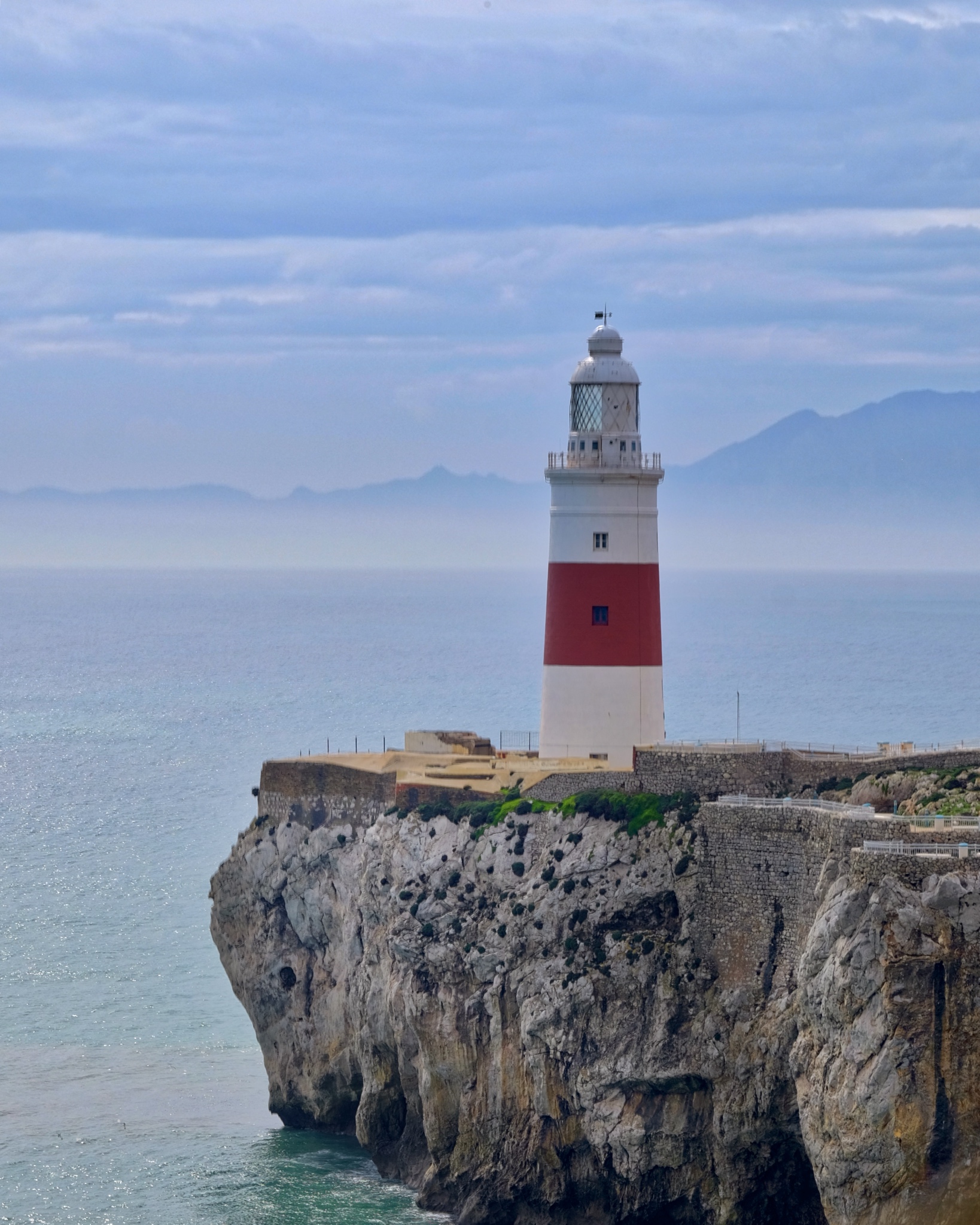 The lighthouse at the tip Gibraltar . . . this straight is also known as the Pillars of Hercules by the Greeks.
The lighthouse at the tip Gibraltar . . . this straight is also known as the Pillars of Hercules by the Greeks.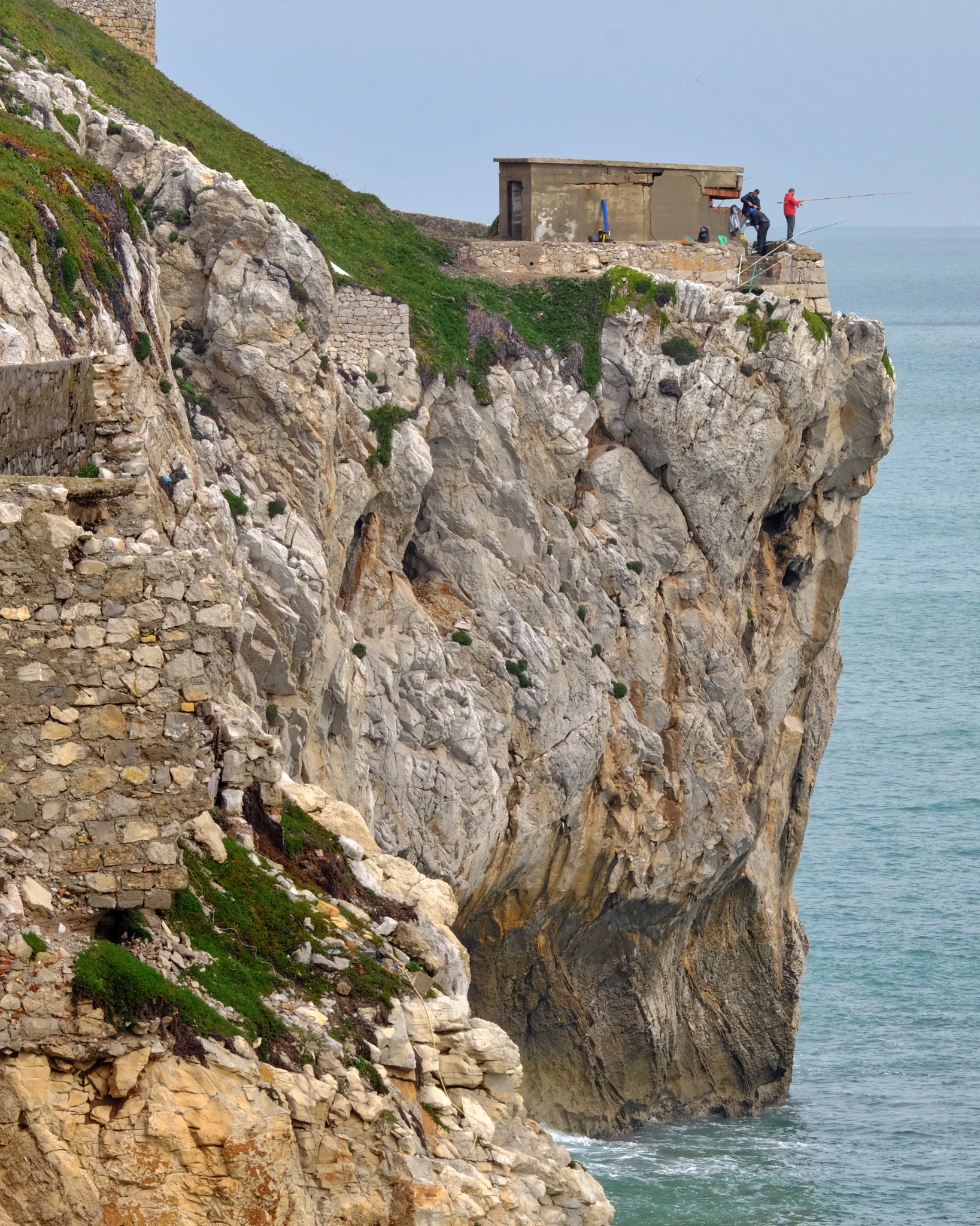 The 'rock' of Gibraltar falls directly into the Mediterranean Sea on the eastern side. Fishermen find good use of an old war pill box.
The 'rock' of Gibraltar falls directly into the Mediterranean Sea on the eastern side. Fishermen find good use of an old war pill box.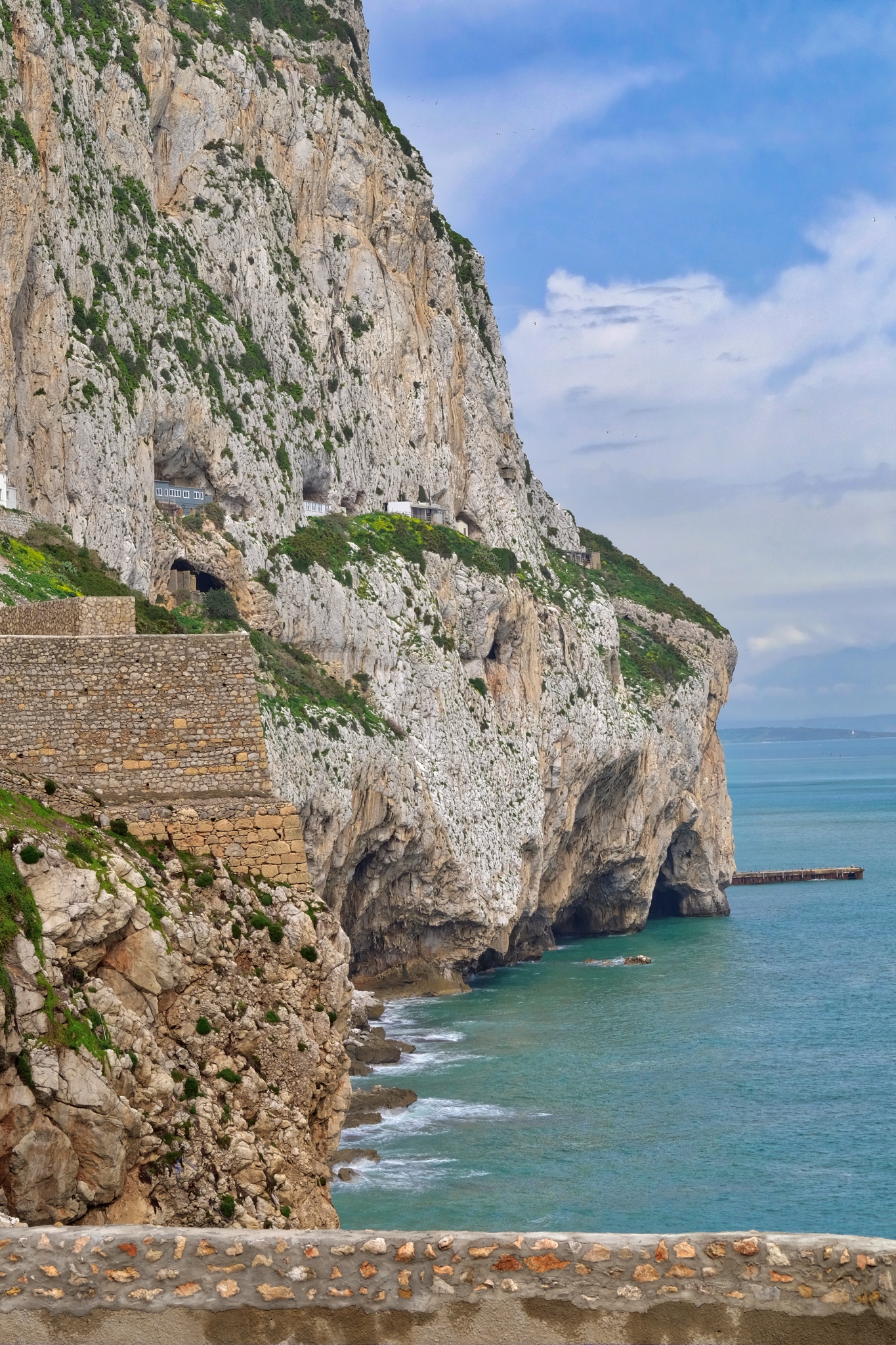 The cliffs of Gibraltar are compelling: their sheer size . . . and the remnants of structures left behind by the many former occupants over the millennia, draws the eye.
The cliffs of Gibraltar are compelling: their sheer size . . . and the remnants of structures left behind by the many former occupants over the millennia, draws the eye.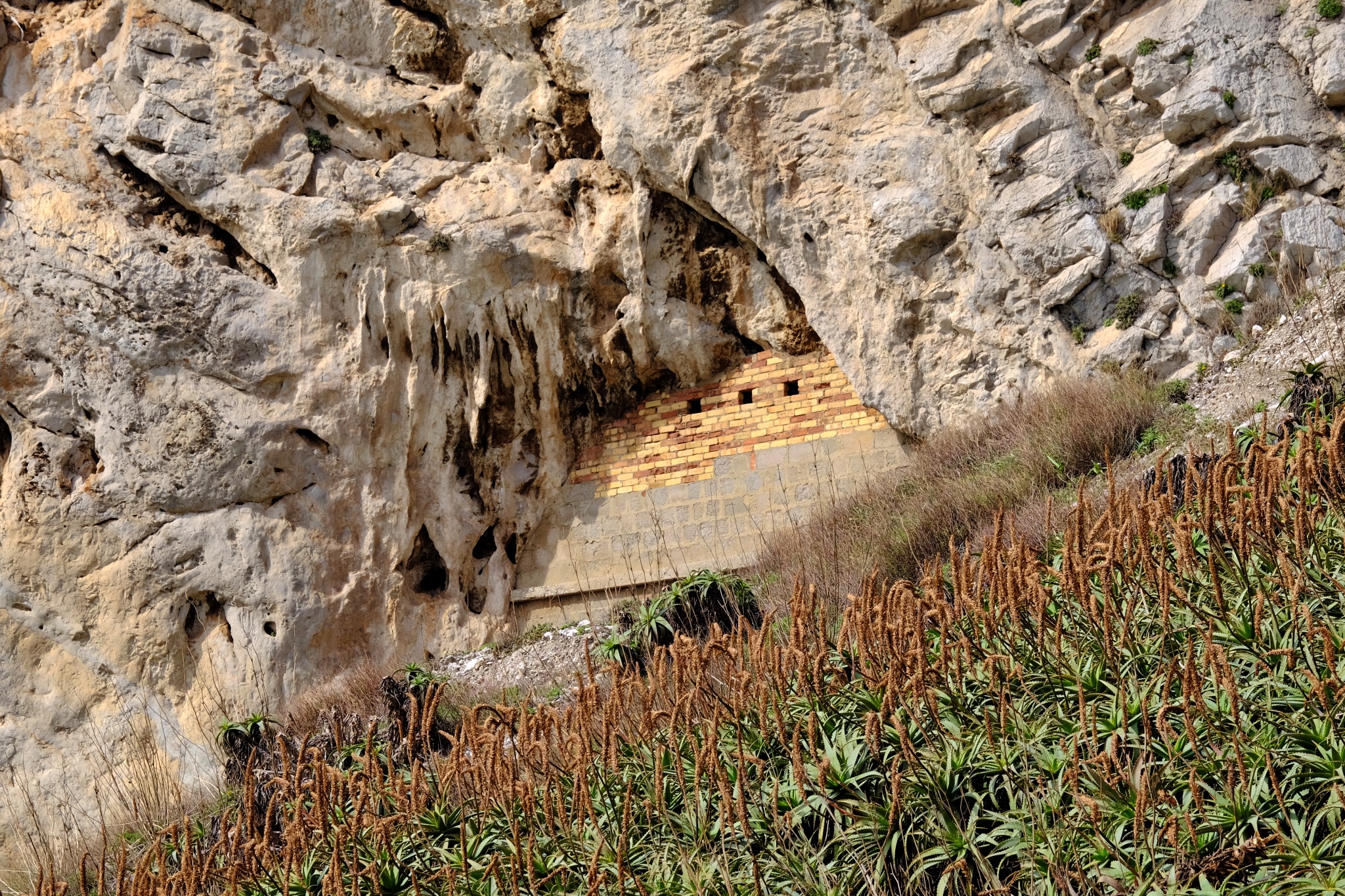 The whole of the rock is riddled with passages and tunnels used as fortified defensive emplacements.
The whole of the rock is riddled with passages and tunnels used as fortified defensive emplacements.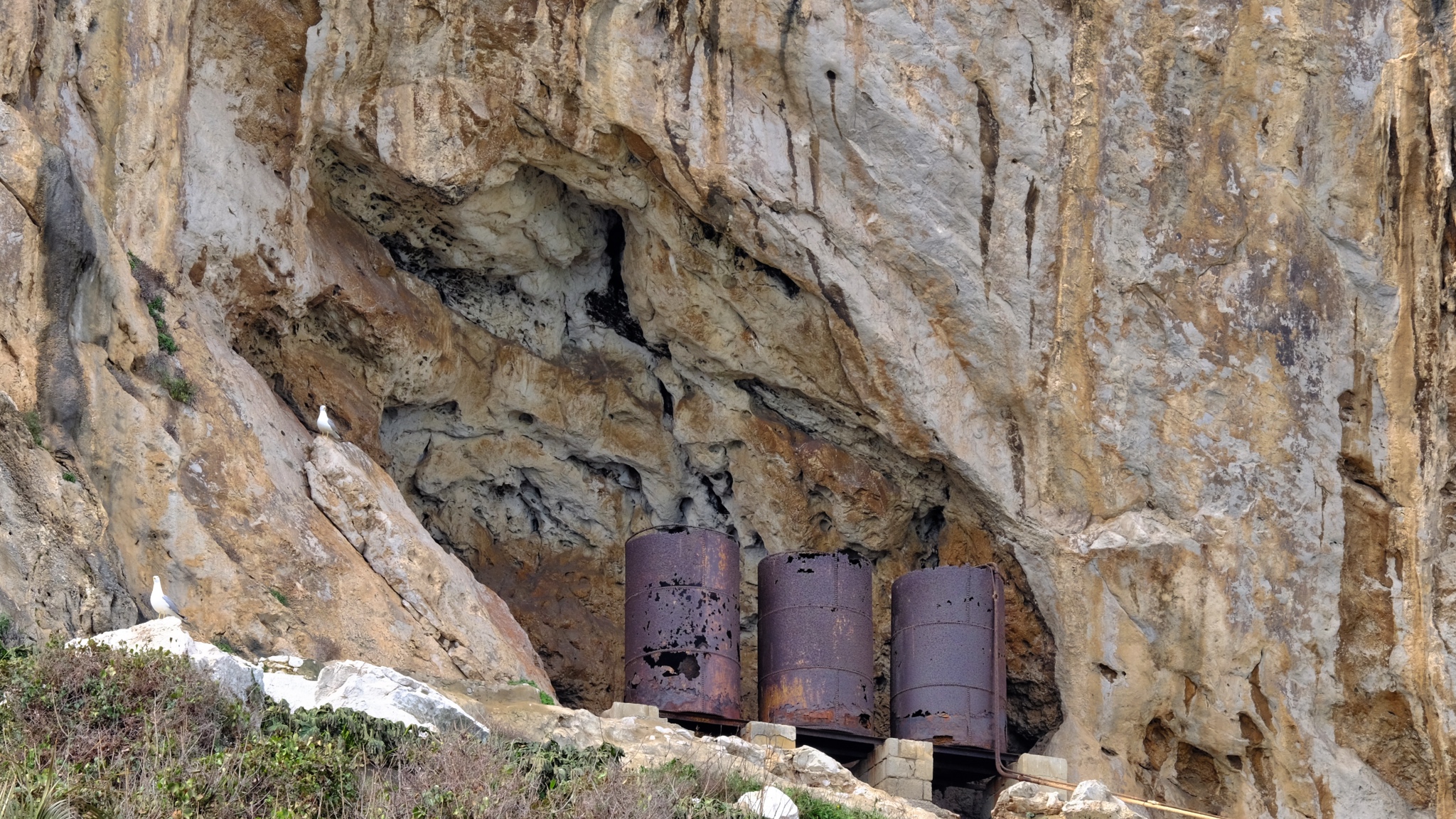 Some very old infrastructure left behind by a long forgotten project.
Some very old infrastructure left behind by a long forgotten project.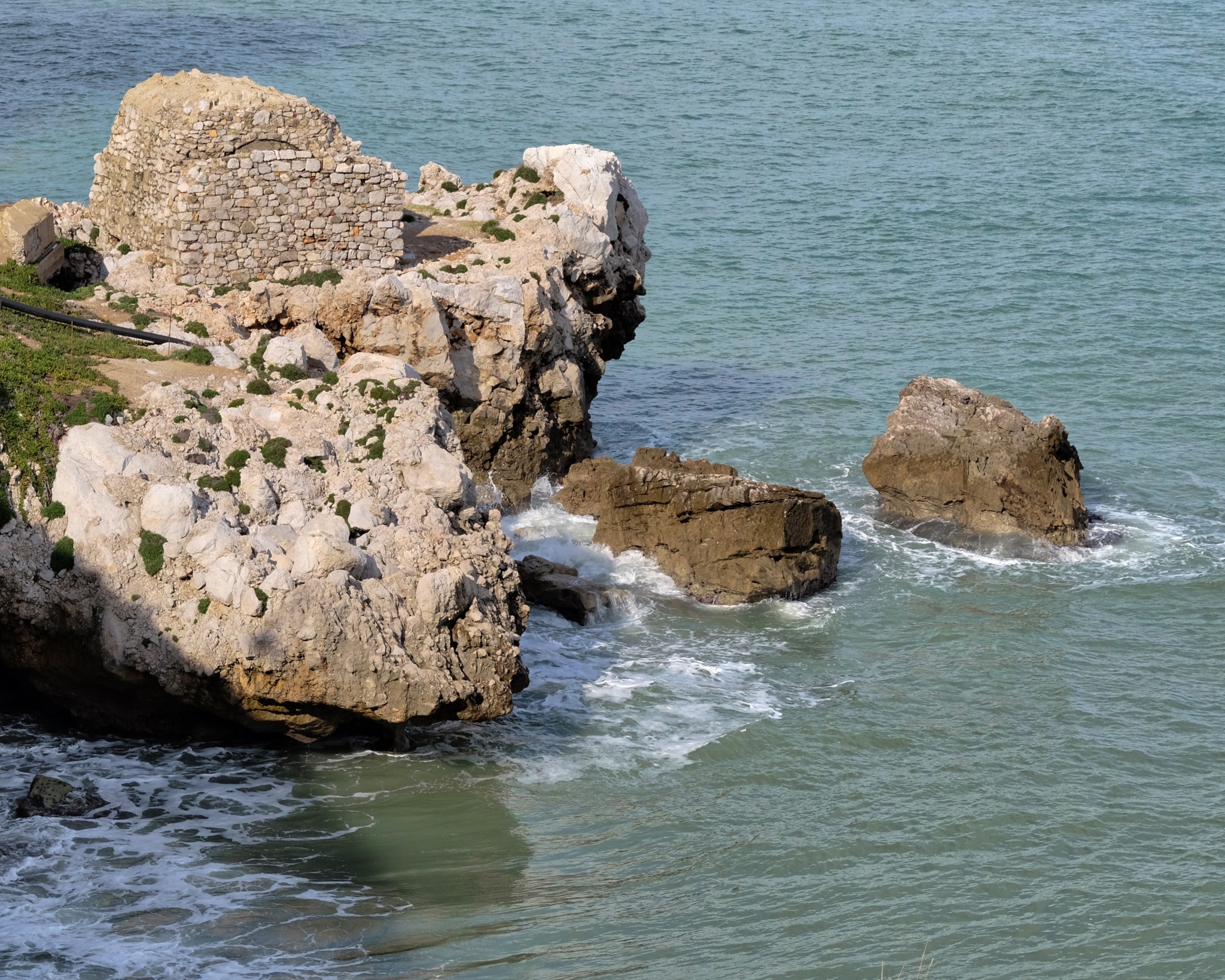 Everywhere a remnant of some previous occupier . . . Moorish?
Everywhere a remnant of some previous occupier . . . Moorish?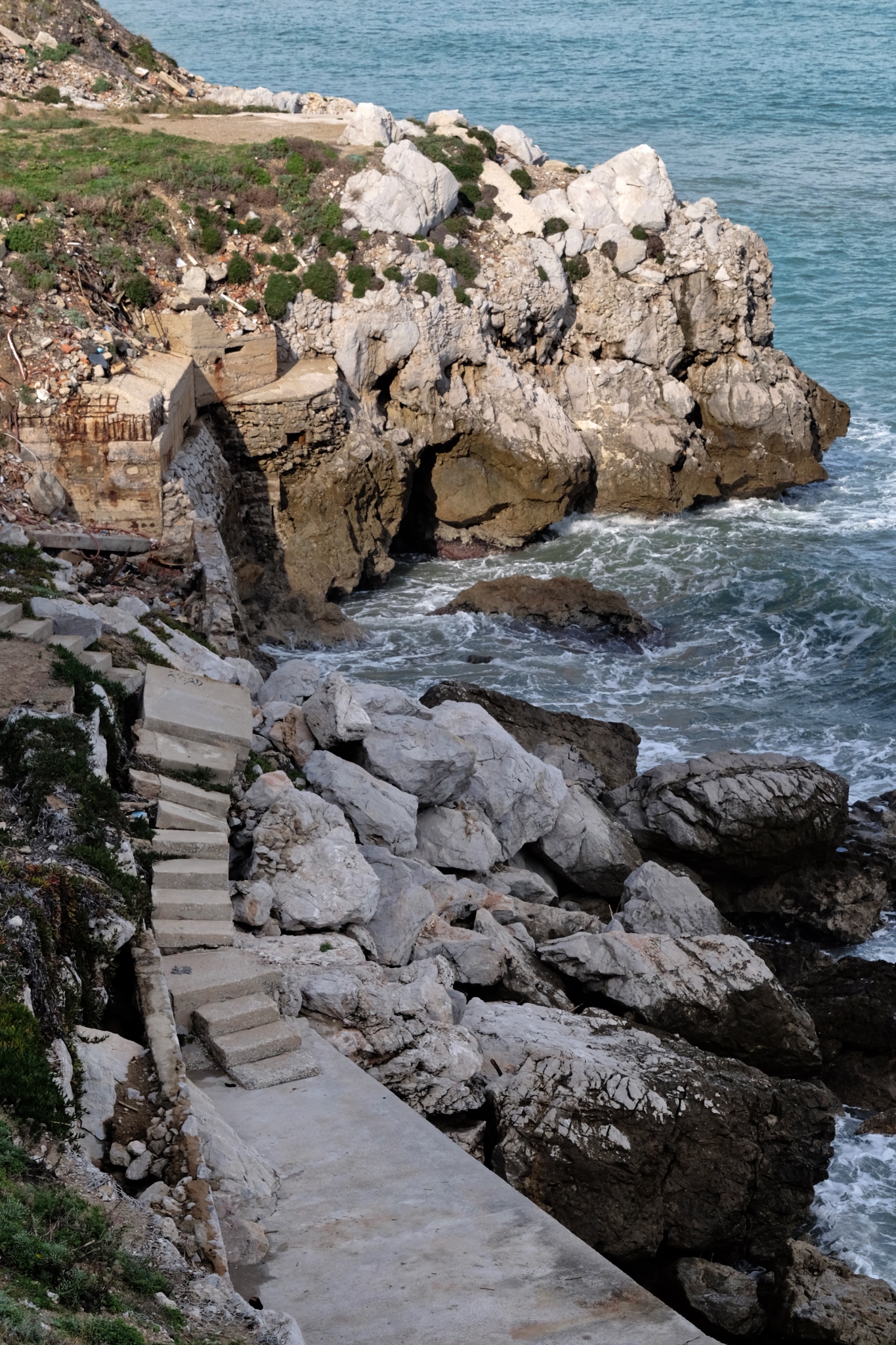 Many different building traces from many different eras all overlapping . . . . Gibraltar was occupied, at various times from 950BC, by the Phoneticians, Greeks, Carthaginians, Romans, Vandals, Goths, Visigoths, Moors, Nasrids, Medinas, Dutch, Spanish, and ultimately, the British.
Many different building traces from many different eras all overlapping . . . . Gibraltar was occupied, at various times from 950BC, by the Phoneticians, Greeks, Carthaginians, Romans, Vandals, Goths, Visigoths, Moors, Nasrids, Medinas, Dutch, Spanish, and ultimately, the British.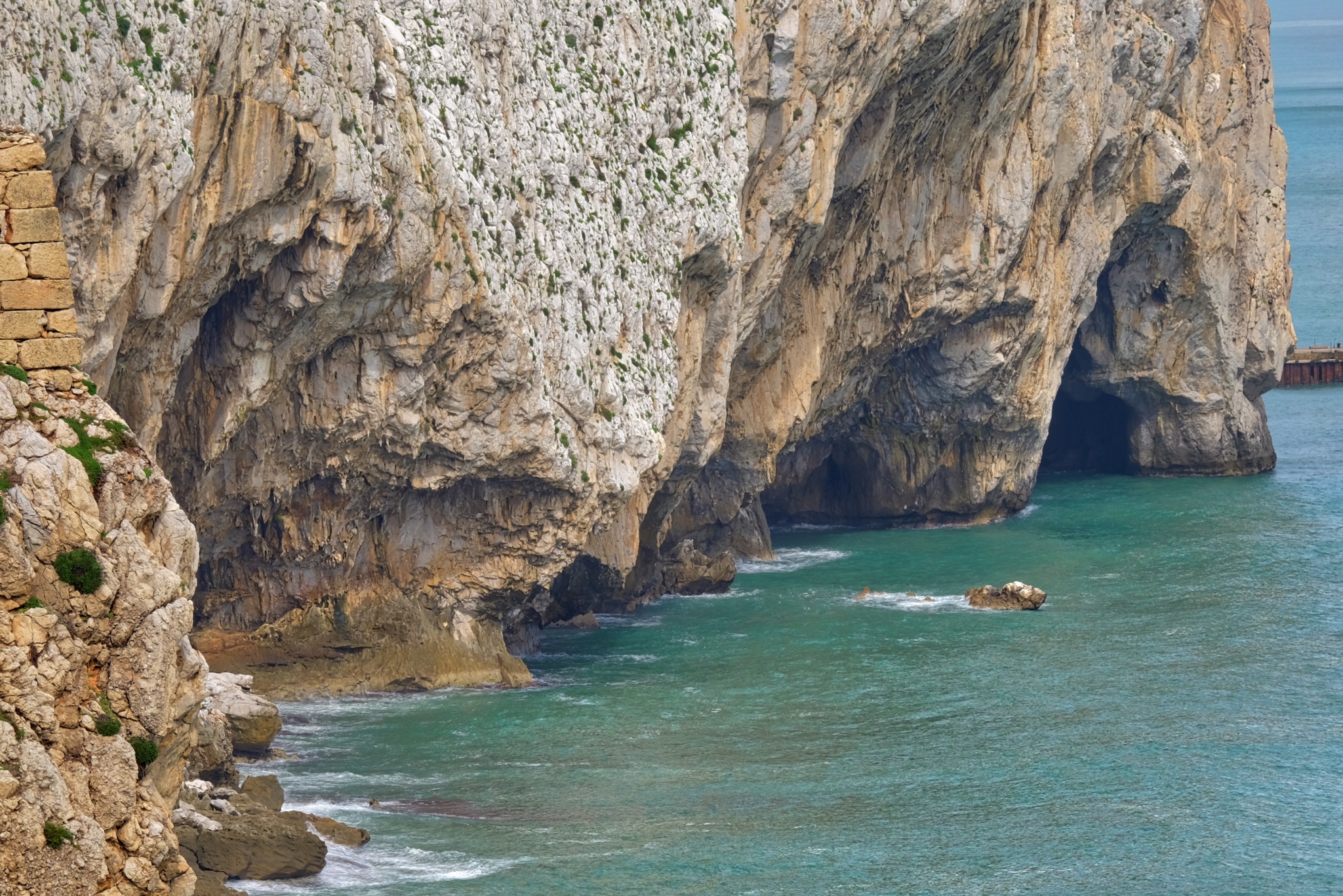 Near here, in Gorham's Cave, Neanderthal remains were found dating to 55,000 years ago.
Near here, in Gorham's Cave, Neanderthal remains were found dating to 55,000 years ago.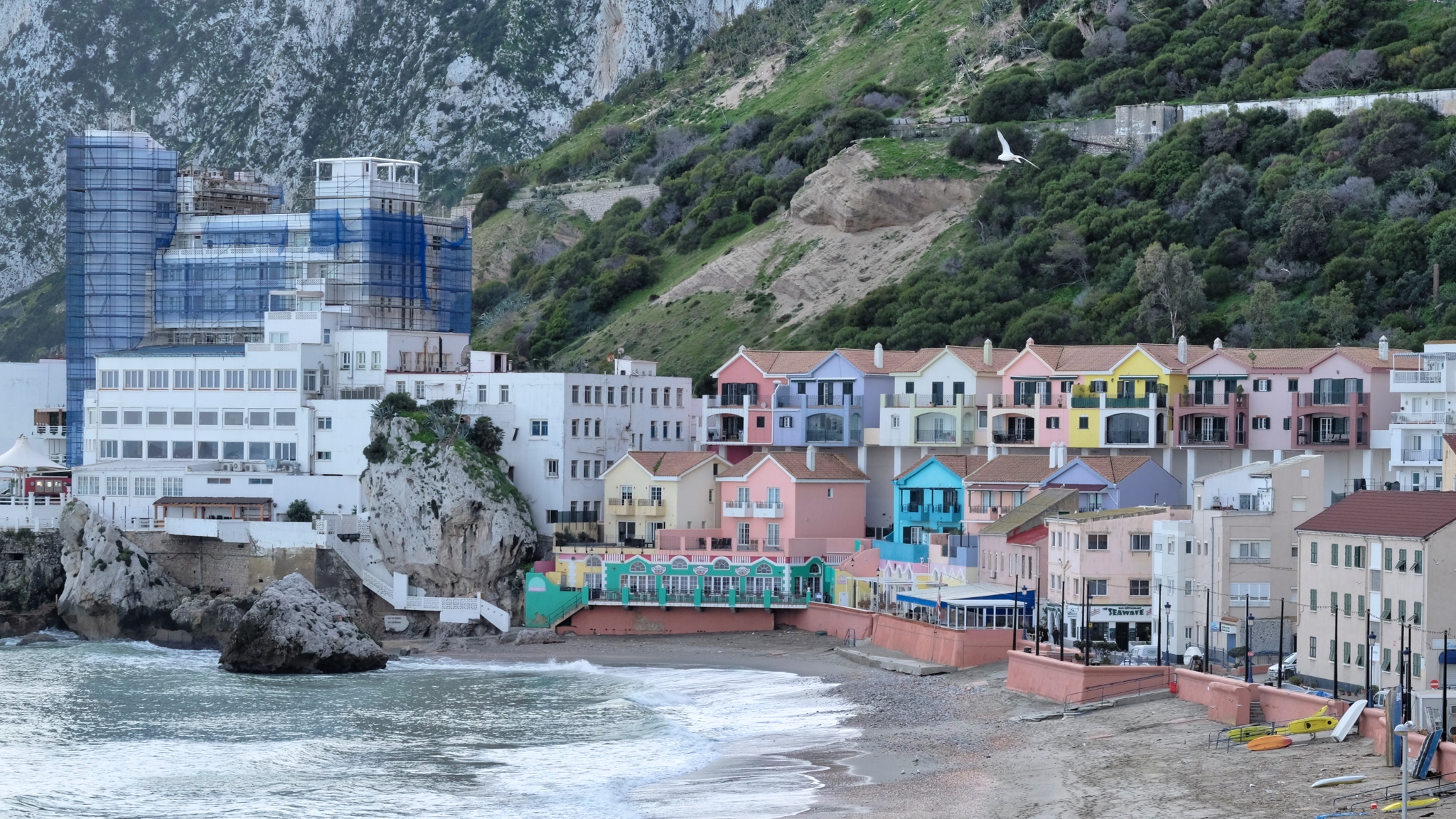 Today, Gibraltar is a Mecca for Mediterranean cruise ships and British retirees (pensioners).
Today, Gibraltar is a Mecca for Mediterranean cruise ships and British retirees (pensioners).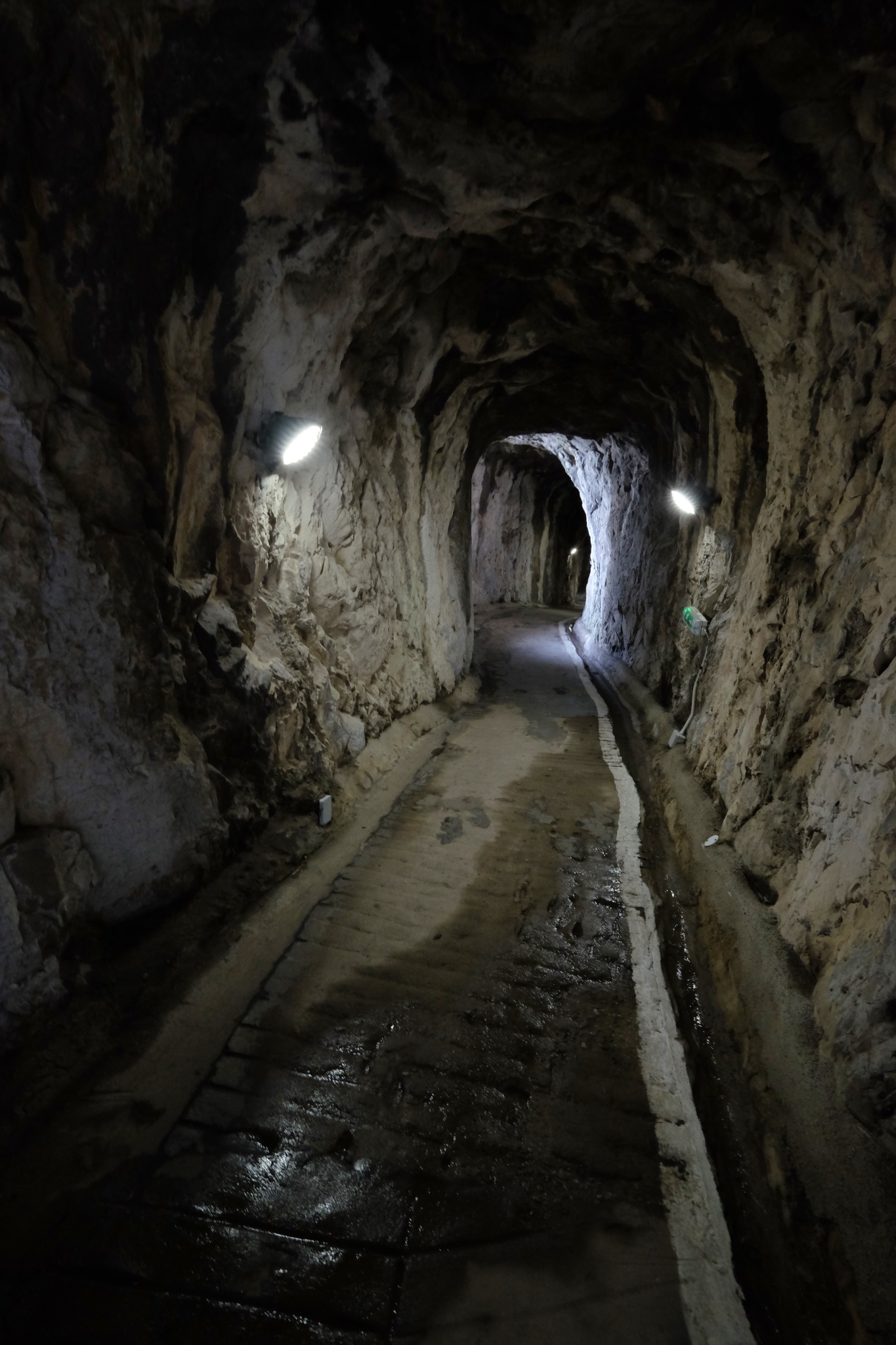 The Rock of Gibraltar is as riddled with caves and tunnels as a block of Swiss cheese. The massive rock was the ideal place to build hardened shelters during times of war, particularly during WWI and WWII. These tunnels date to even before those times when the British and the Spanish were at constant conflict.
The Rock of Gibraltar is as riddled with caves and tunnels as a block of Swiss cheese. The massive rock was the ideal place to build hardened shelters during times of war, particularly during WWI and WWII. These tunnels date to even before those times when the British and the Spanish were at constant conflict.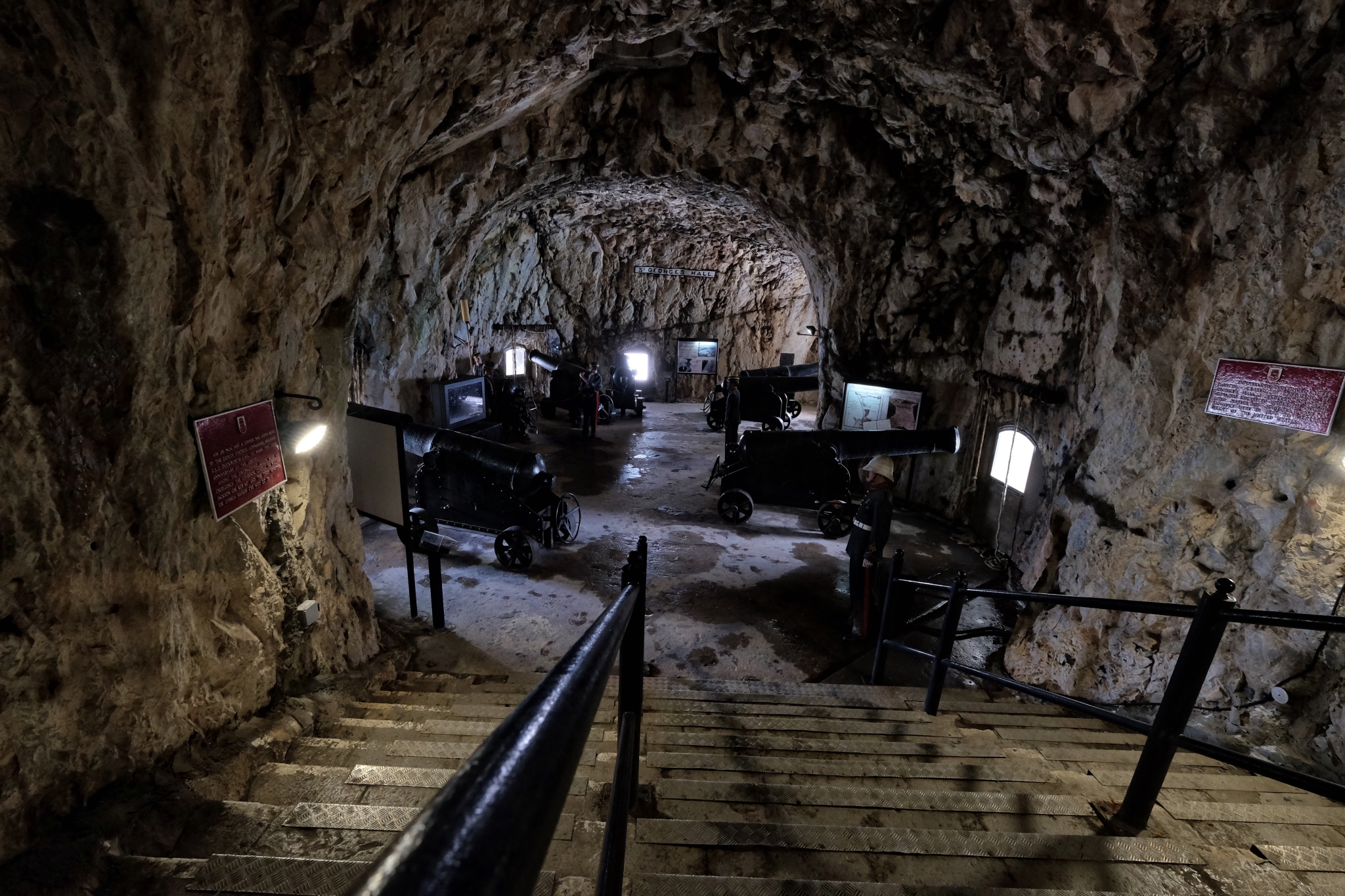 The St. George Tunnel is still equipped with the original cannon from the era.
The St. George Tunnel is still equipped with the original cannon from the era.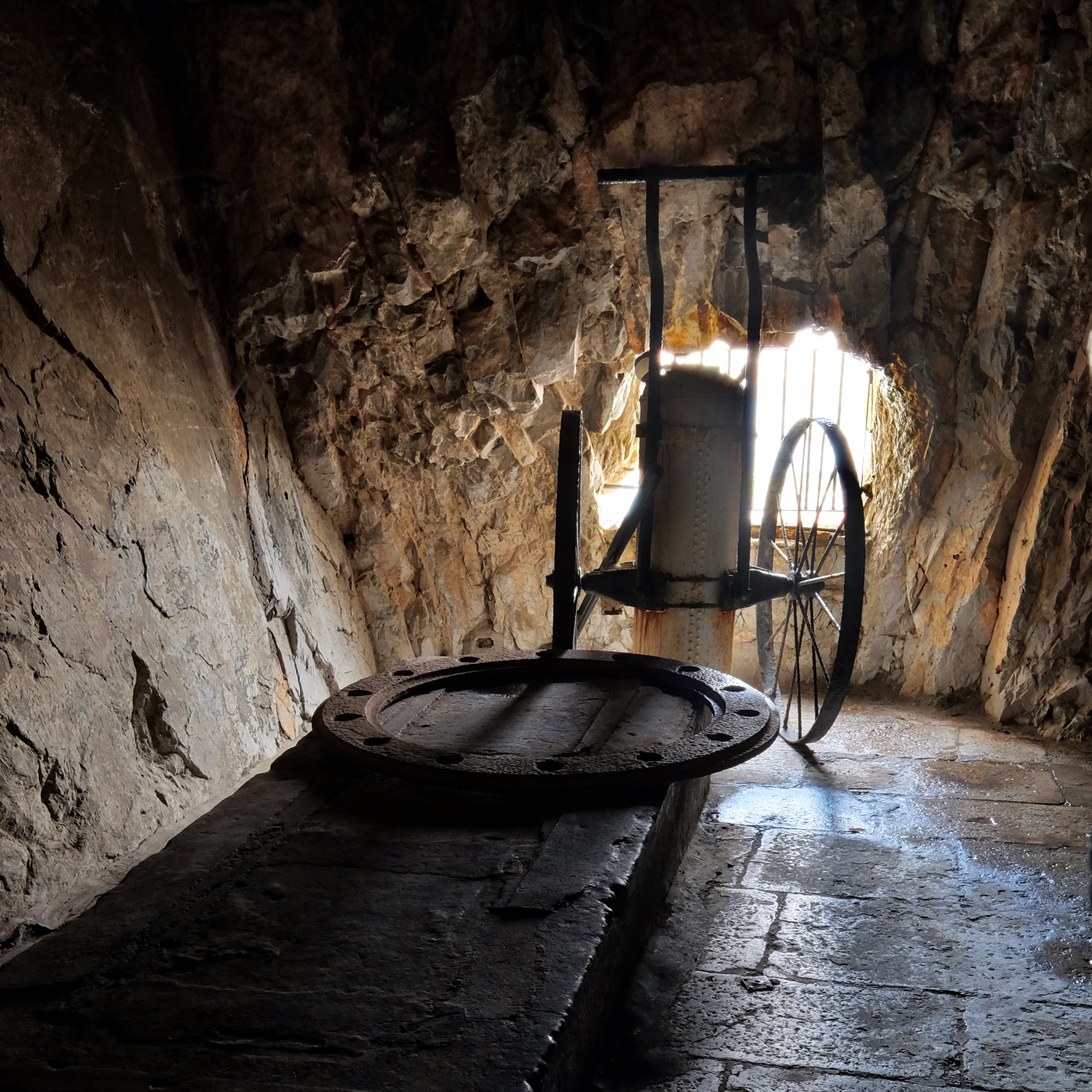 Although the cannon is missing, the turret and fire safety cart remains.
Although the cannon is missing, the turret and fire safety cart remains.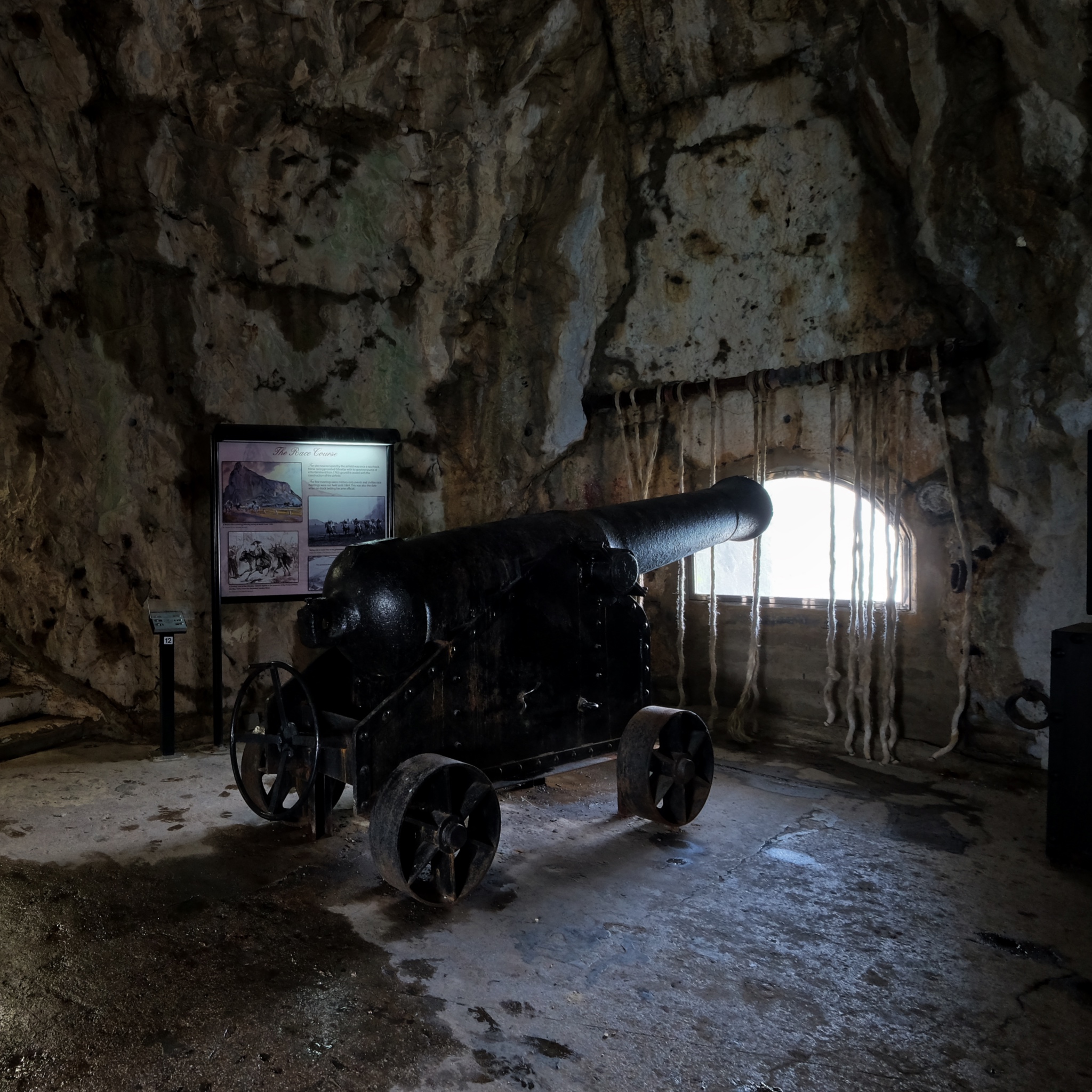 The historical placards were very informative and made the tunnel visit very interesting.
The historical placards were very informative and made the tunnel visit very interesting.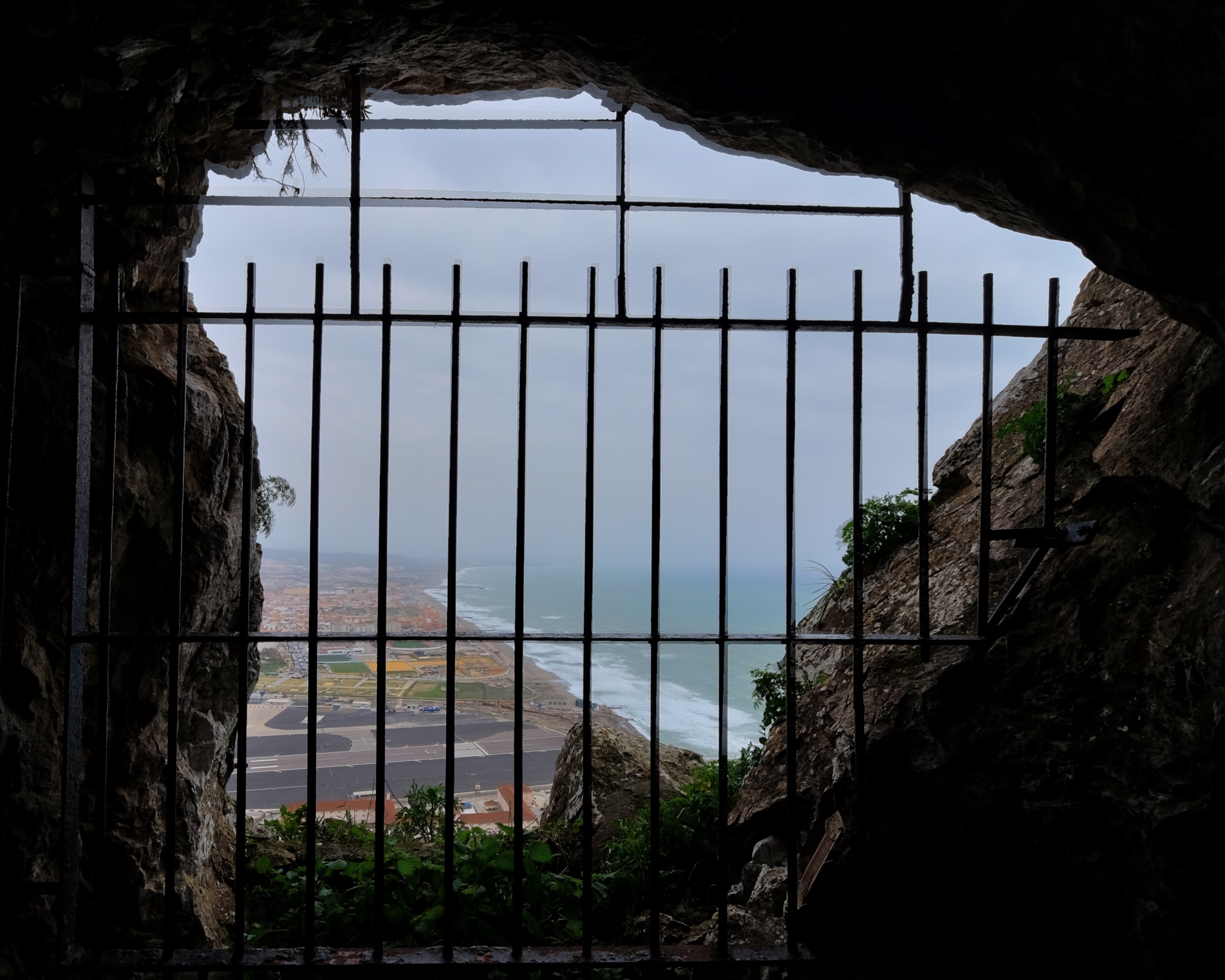 This view from a cannon emplacement is testimony to the strategic importance of these tunnels.
This view from a cannon emplacement is testimony to the strategic importance of these tunnels.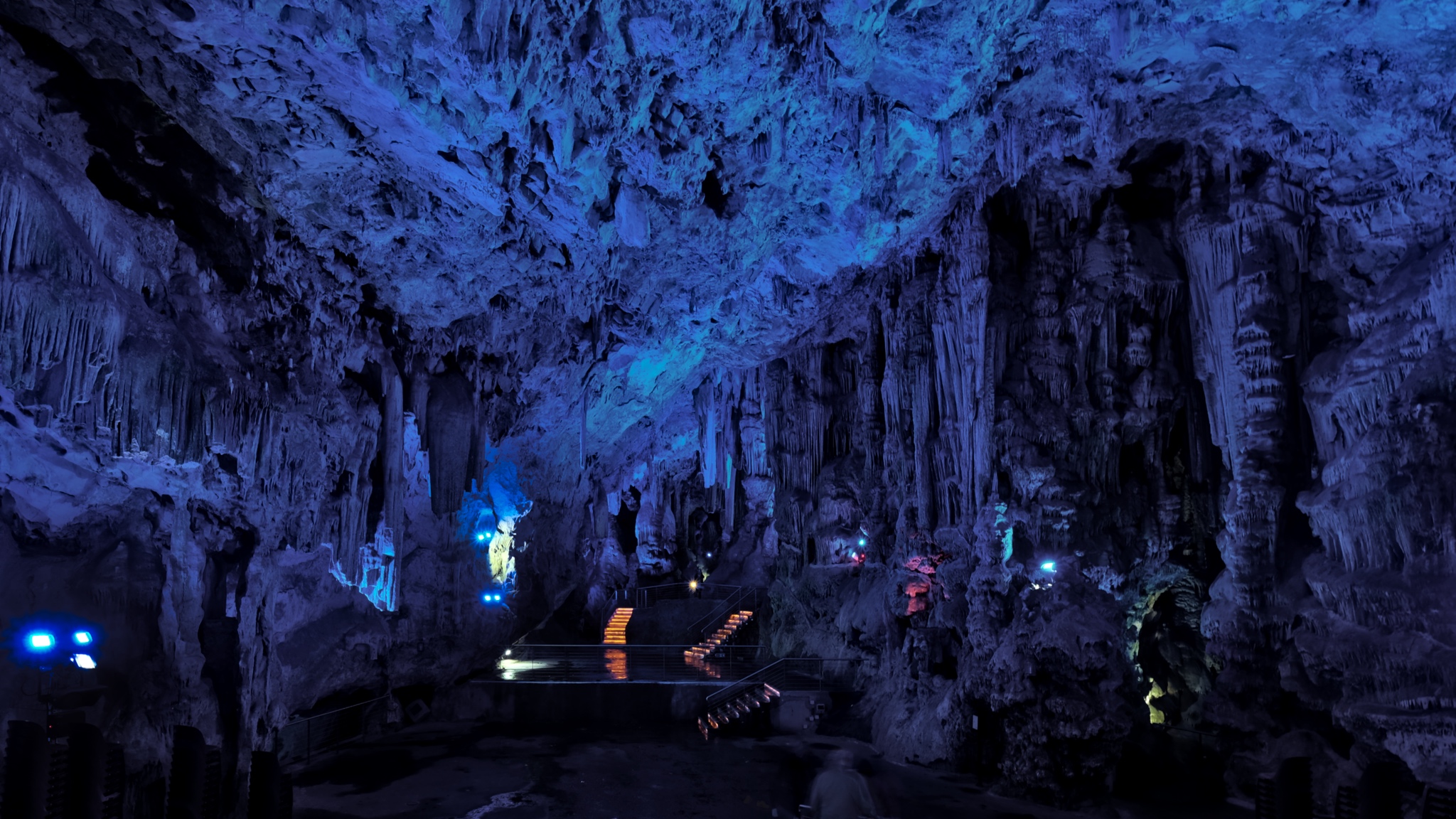 In addition to the military tunnels, there are also natural caves in the Rock of Gibraltar. For a nominal fee, you were treated to giant caverns lit by an ever-changing Xmas tree light.
In addition to the military tunnels, there are also natural caves in the Rock of Gibraltar. For a nominal fee, you were treated to giant caverns lit by an ever-changing Xmas tree light.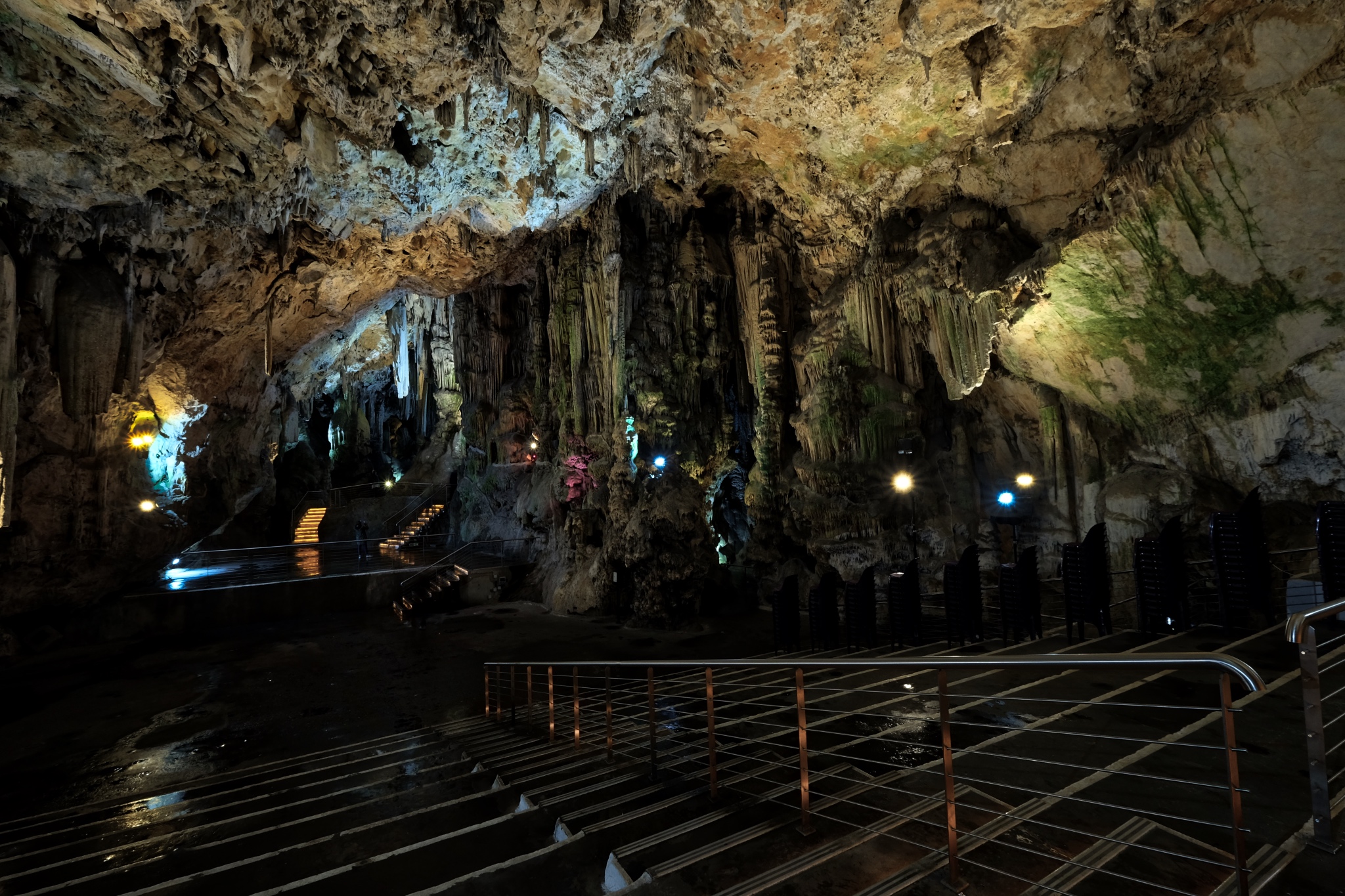 It appeared that they must hold musical events inside the cavern from time to time.
It appeared that they must hold musical events inside the cavern from time to time.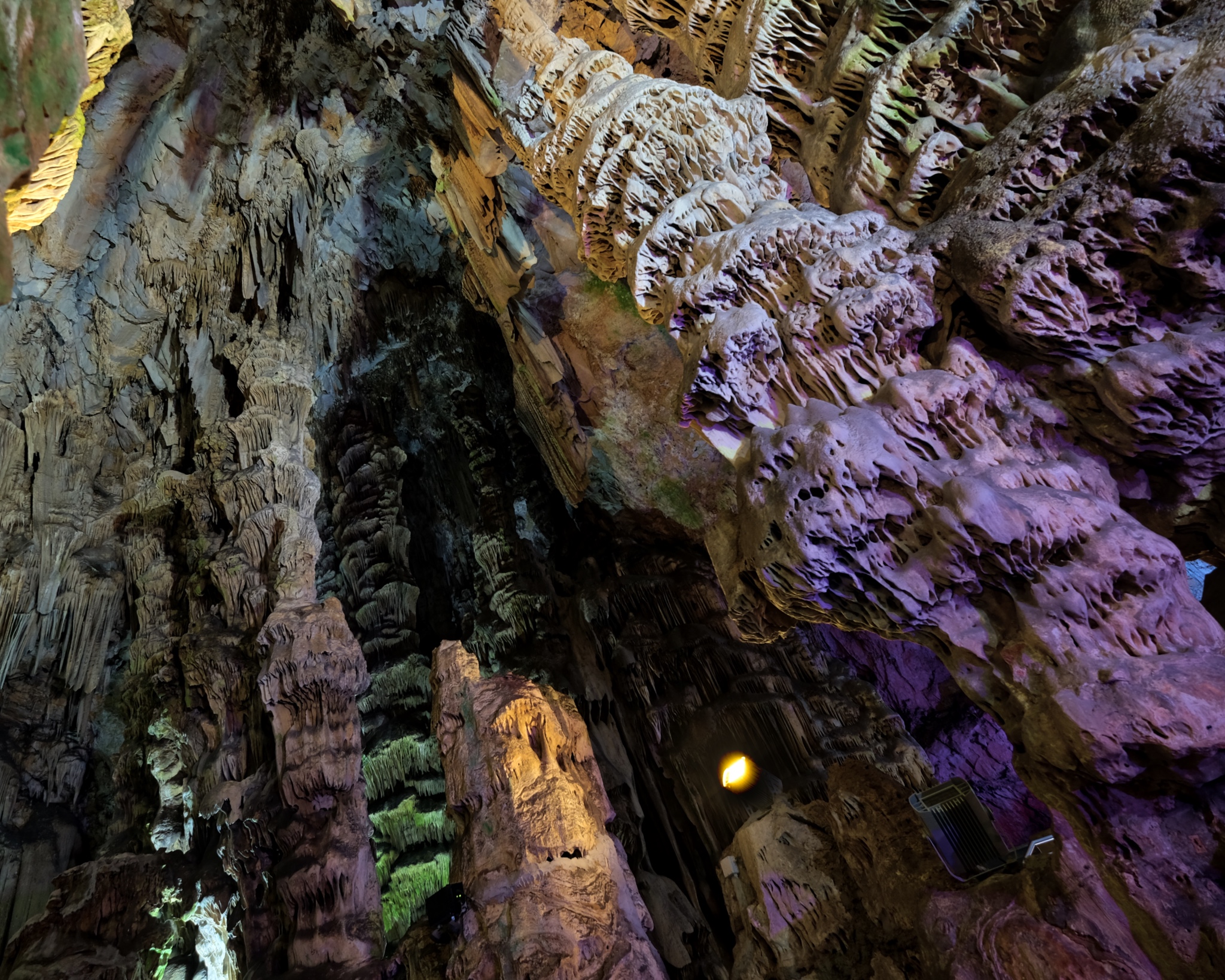 A very beautiful place indeed.
A very beautiful place indeed.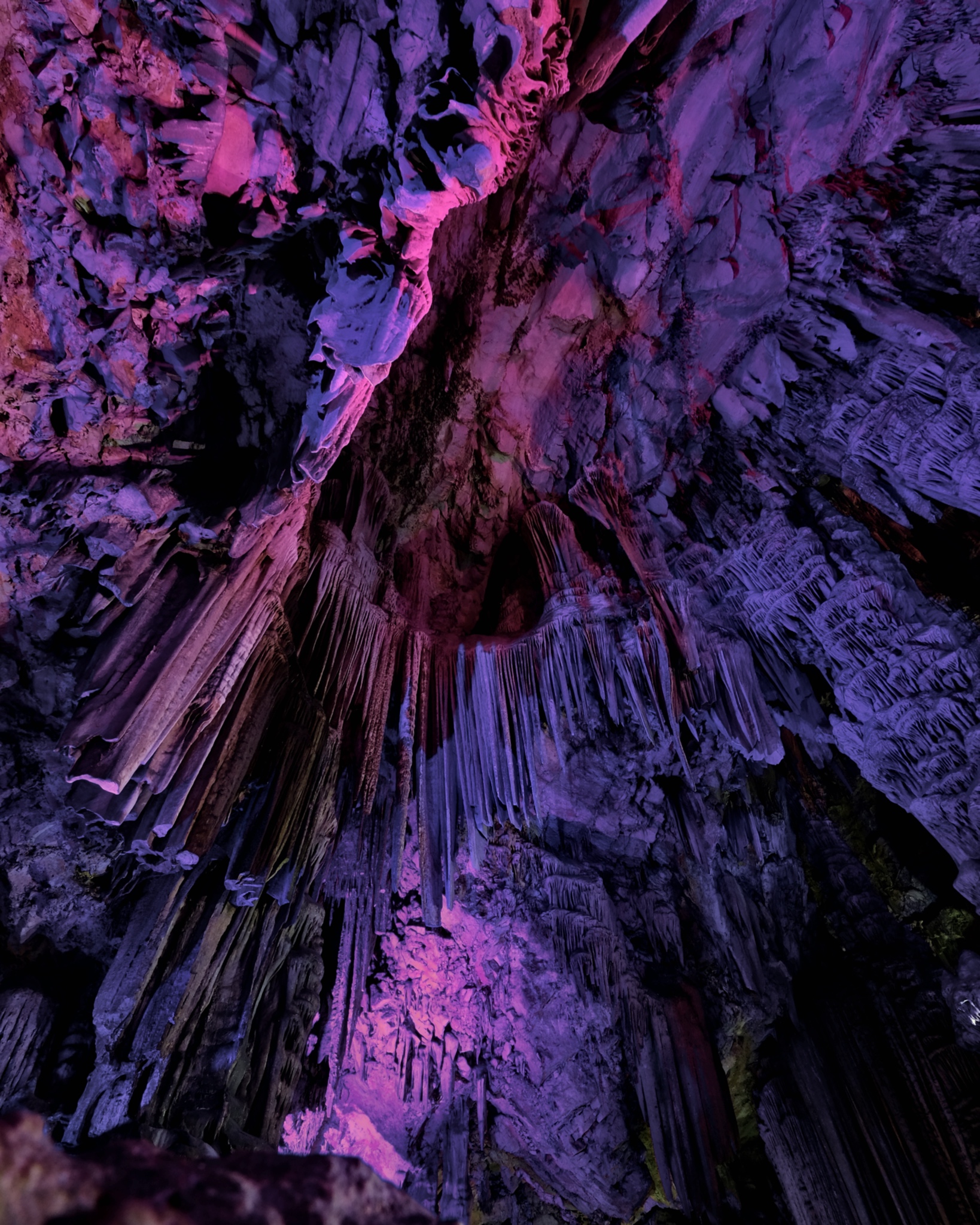 The colored lights grew on you after a while.
The colored lights grew on you after a while.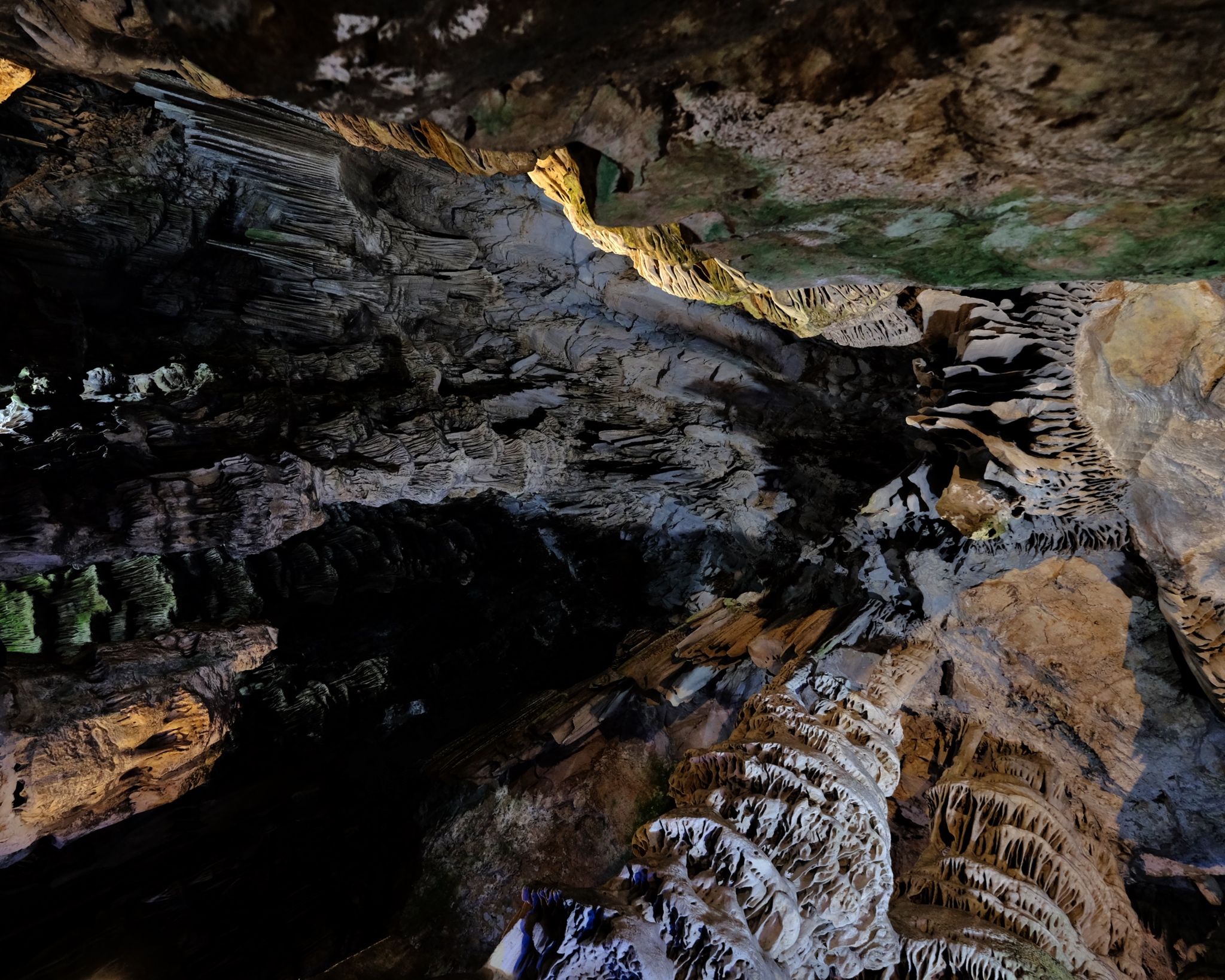 We enjoyed our walk-through of the caves. When we emerged were greeted by . . .
We enjoyed our walk-through of the caves. When we emerged were greeted by . . .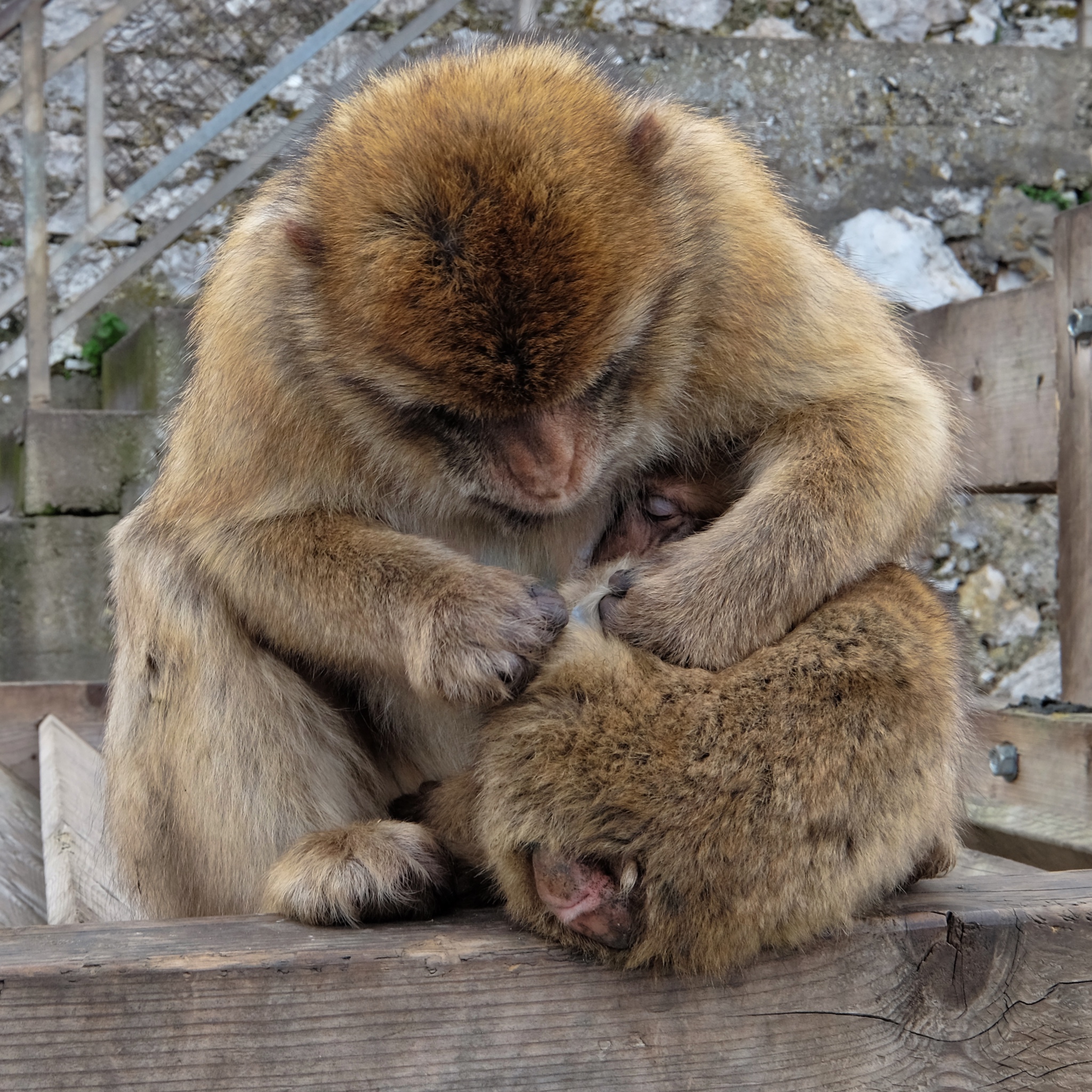 Monkeys! Lots of monkeys! We were warned about the monkeys . . . that they were little pickpockets! One does not associate monkeys with Europe . . . but there you are!
Monkeys! Lots of monkeys! We were warned about the monkeys . . . that they were little pickpockets! One does not associate monkeys with Europe . . . but there you are!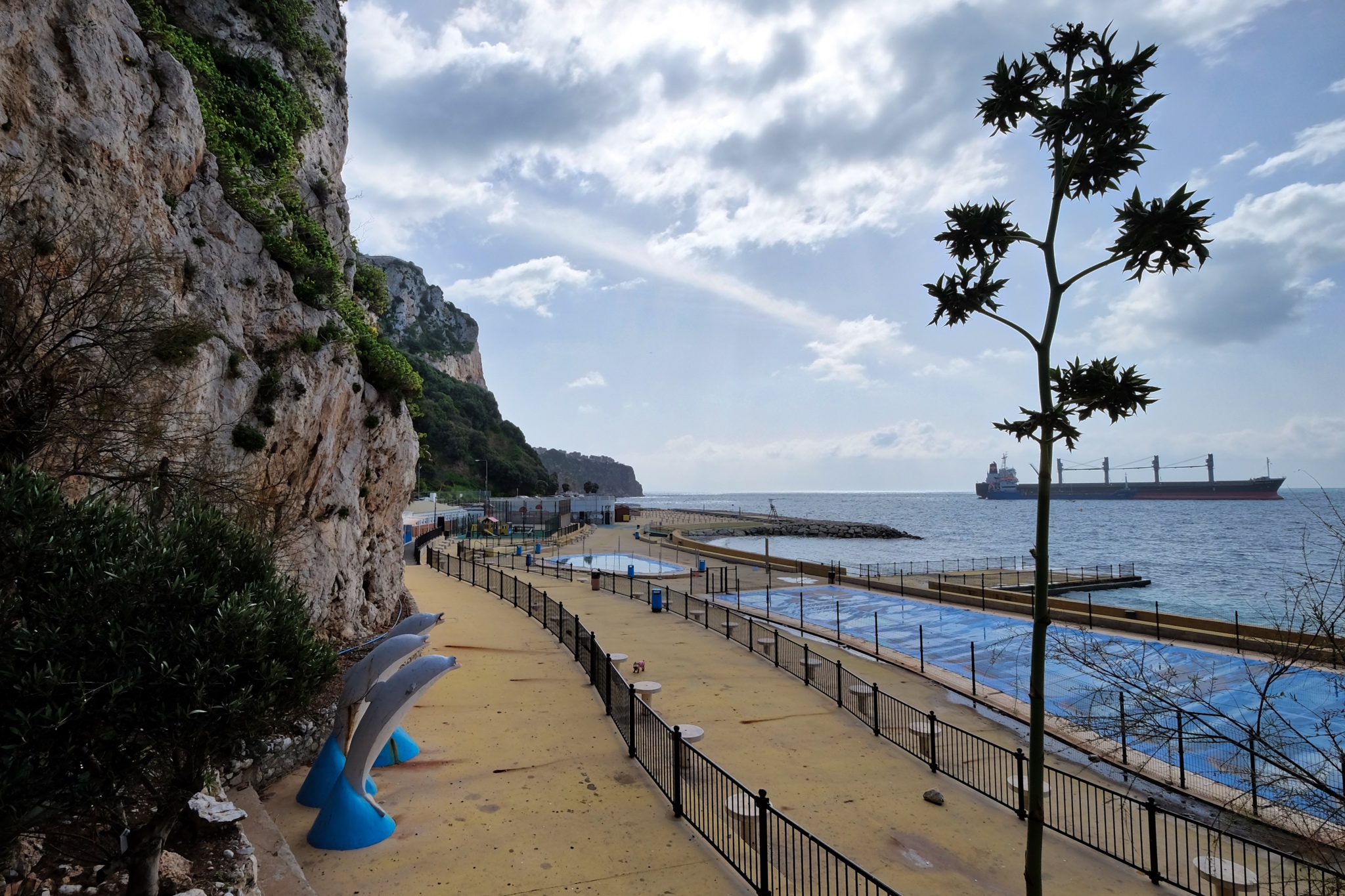
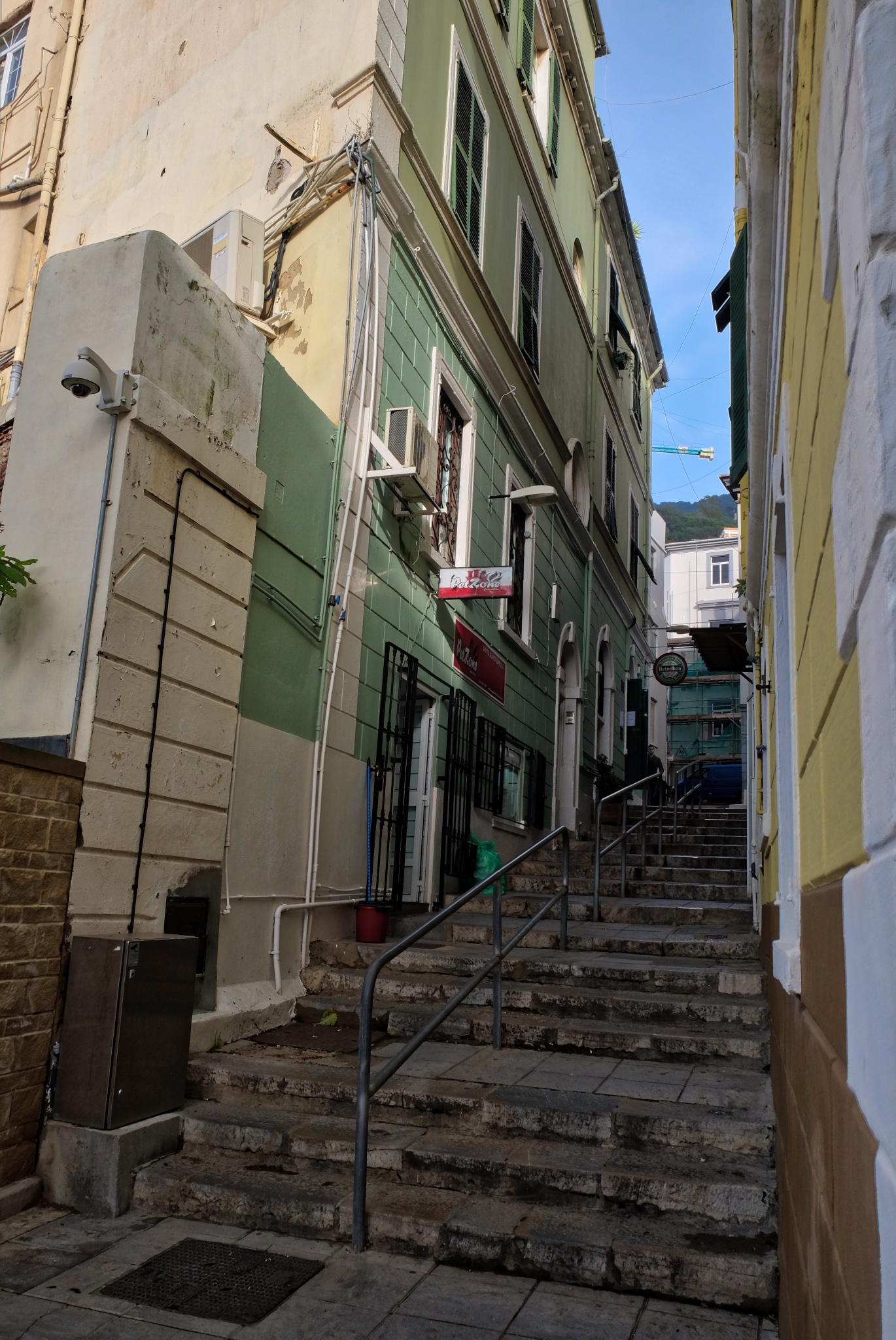 Gibraltar is, of course, built on the side of a big rock with little flat ground. As such, the streets and alleys are often just steep stairs.
Gibraltar is, of course, built on the side of a big rock with little flat ground. As such, the streets and alleys are often just steep stairs.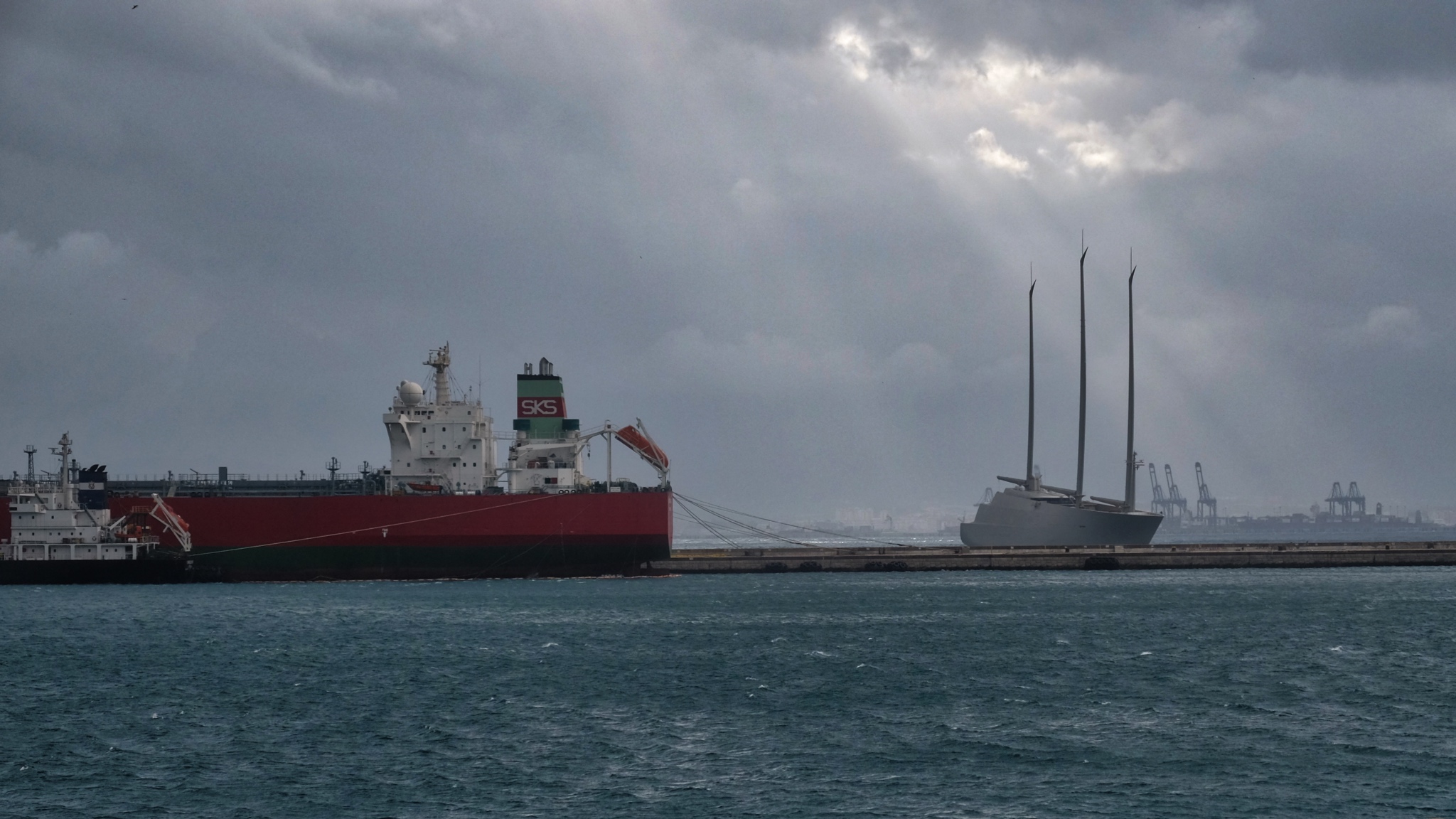 Gibraltar is also a port city . . . and a place for a 'mystery Russian' to came and try for sea trials and licensing of a stealth sailing ship. This Dark Boat was the talk of the town's permanent residents. It was gone in the morning.
Gibraltar is also a port city . . . and a place for a 'mystery Russian' to came and try for sea trials and licensing of a stealth sailing ship. This Dark Boat was the talk of the town's permanent residents. It was gone in the morning.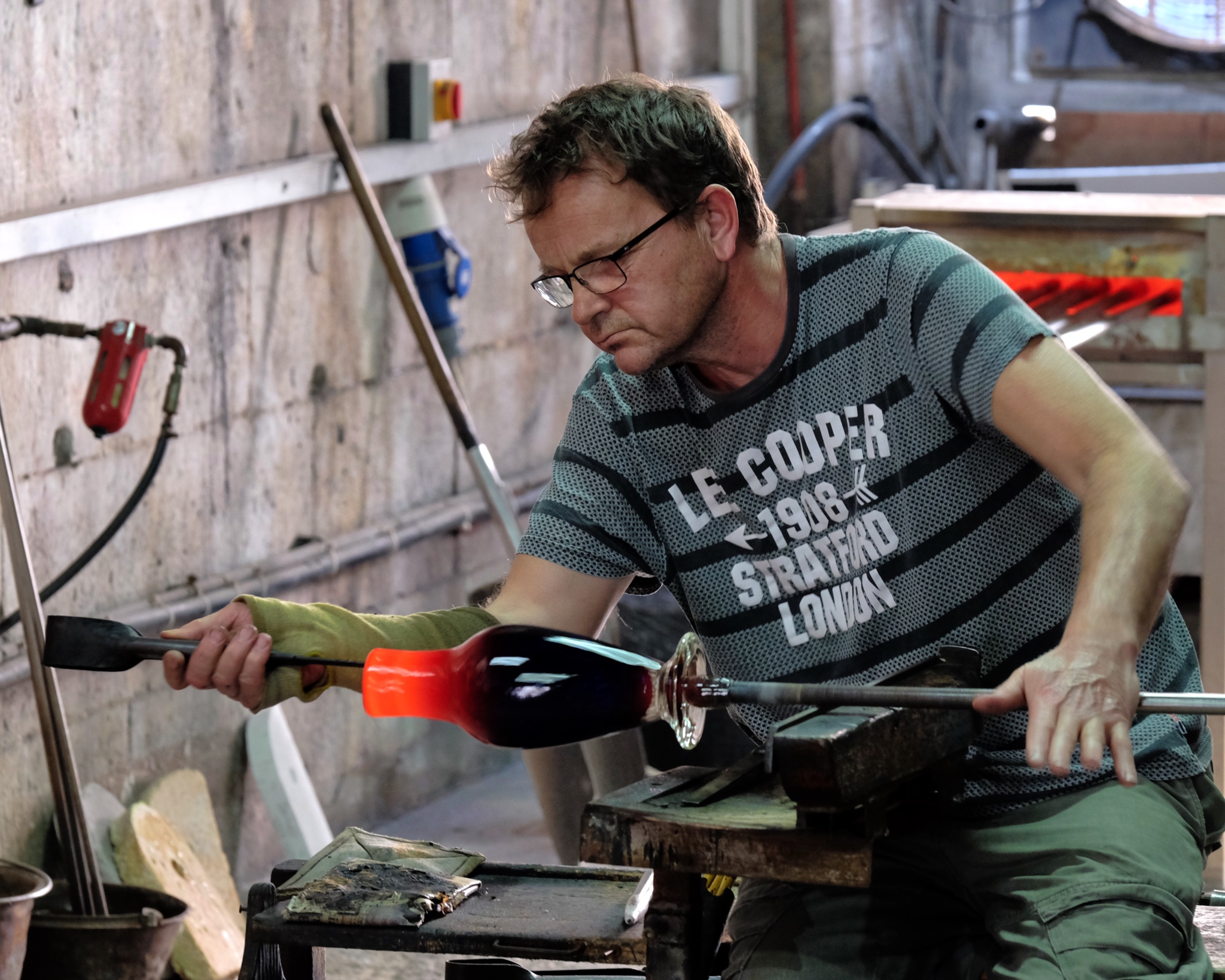 There are craft shops open to the public. Here a famous glassblower plys his trade.
There are craft shops open to the public. Here a famous glassblower plys his trade.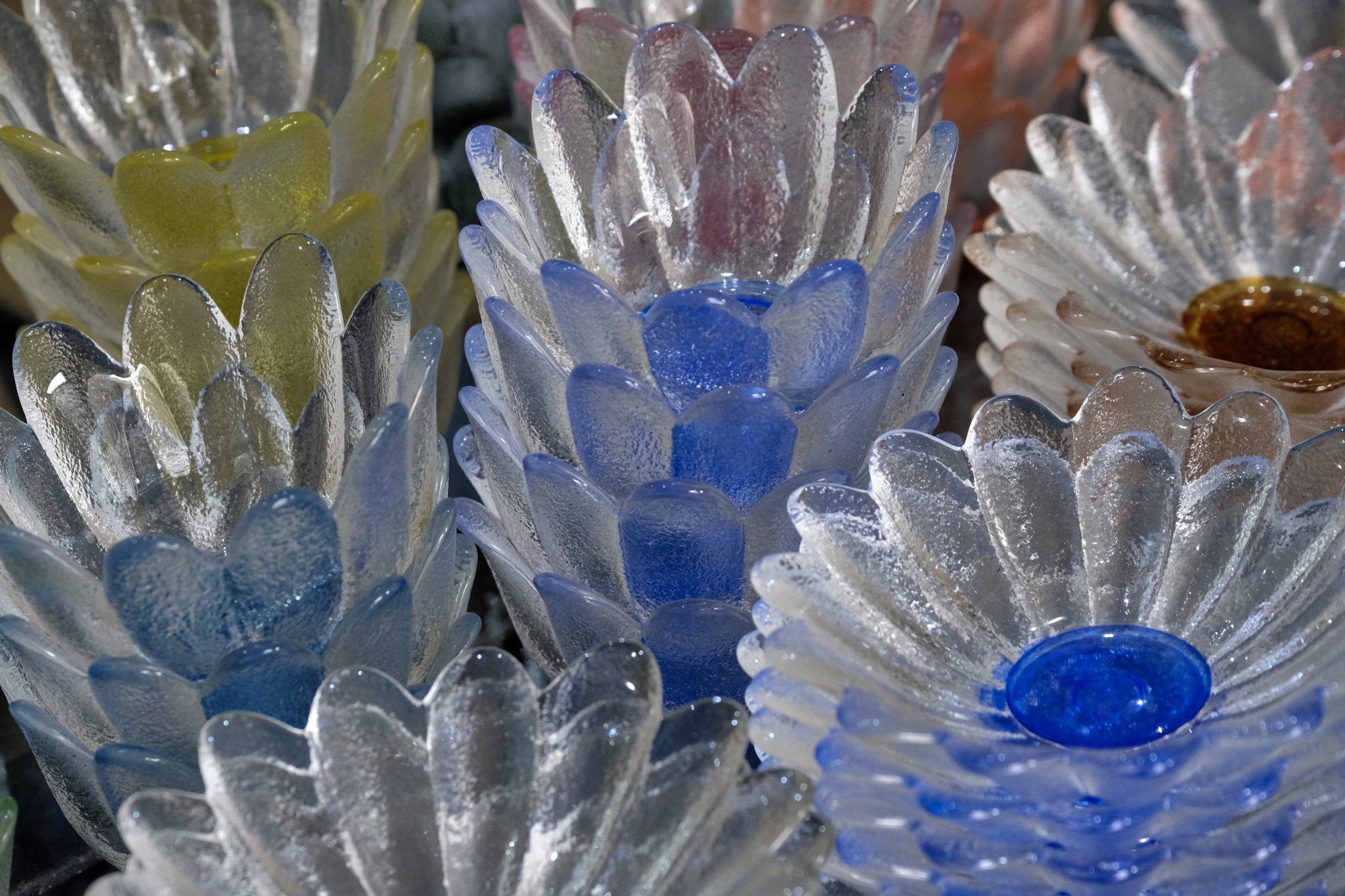 Beautiful work too . . .
Beautiful work too . . .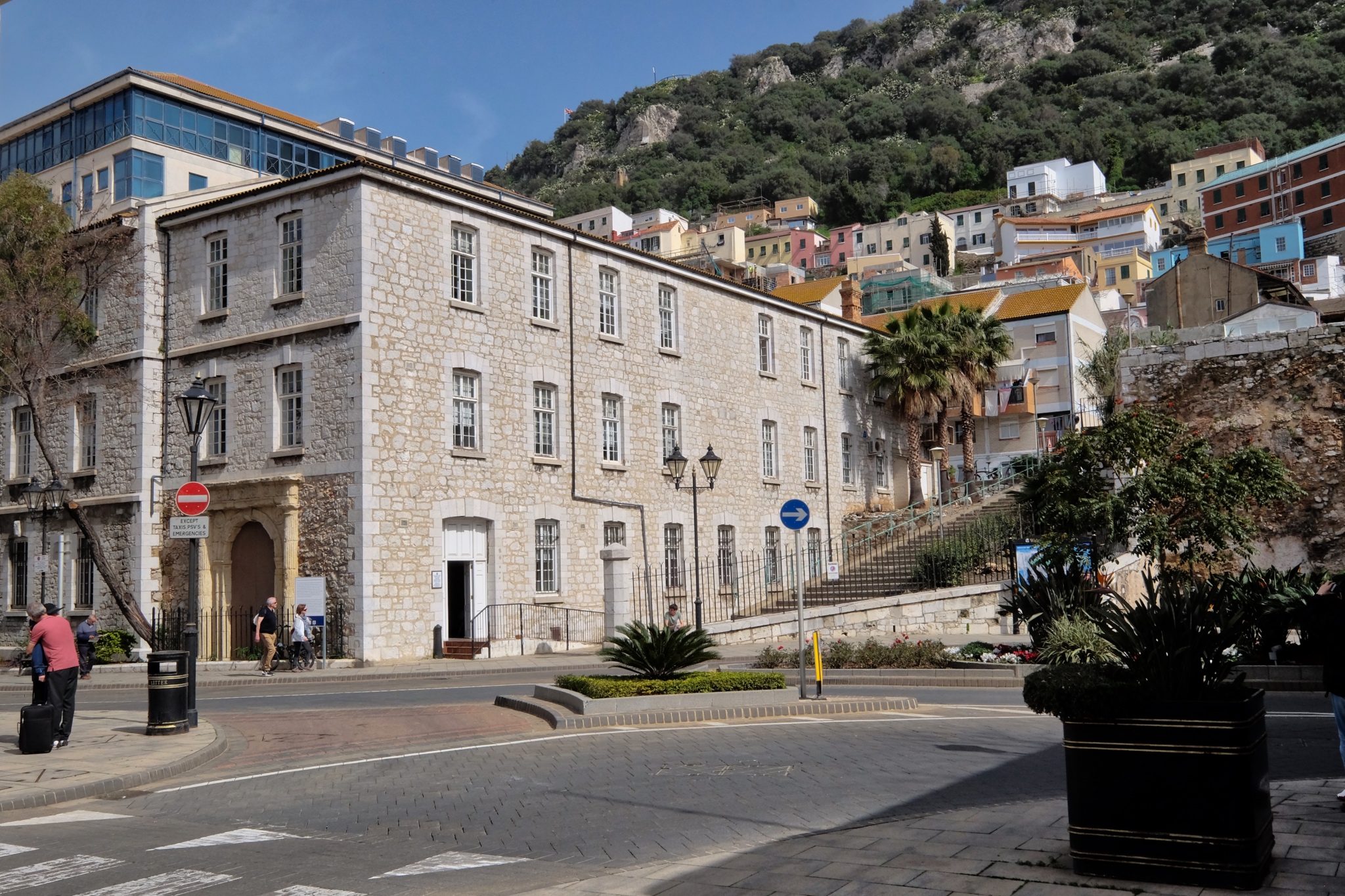 Gibraltar town sits fast against the famous 'Rock.'
Gibraltar town sits fast against the famous 'Rock.'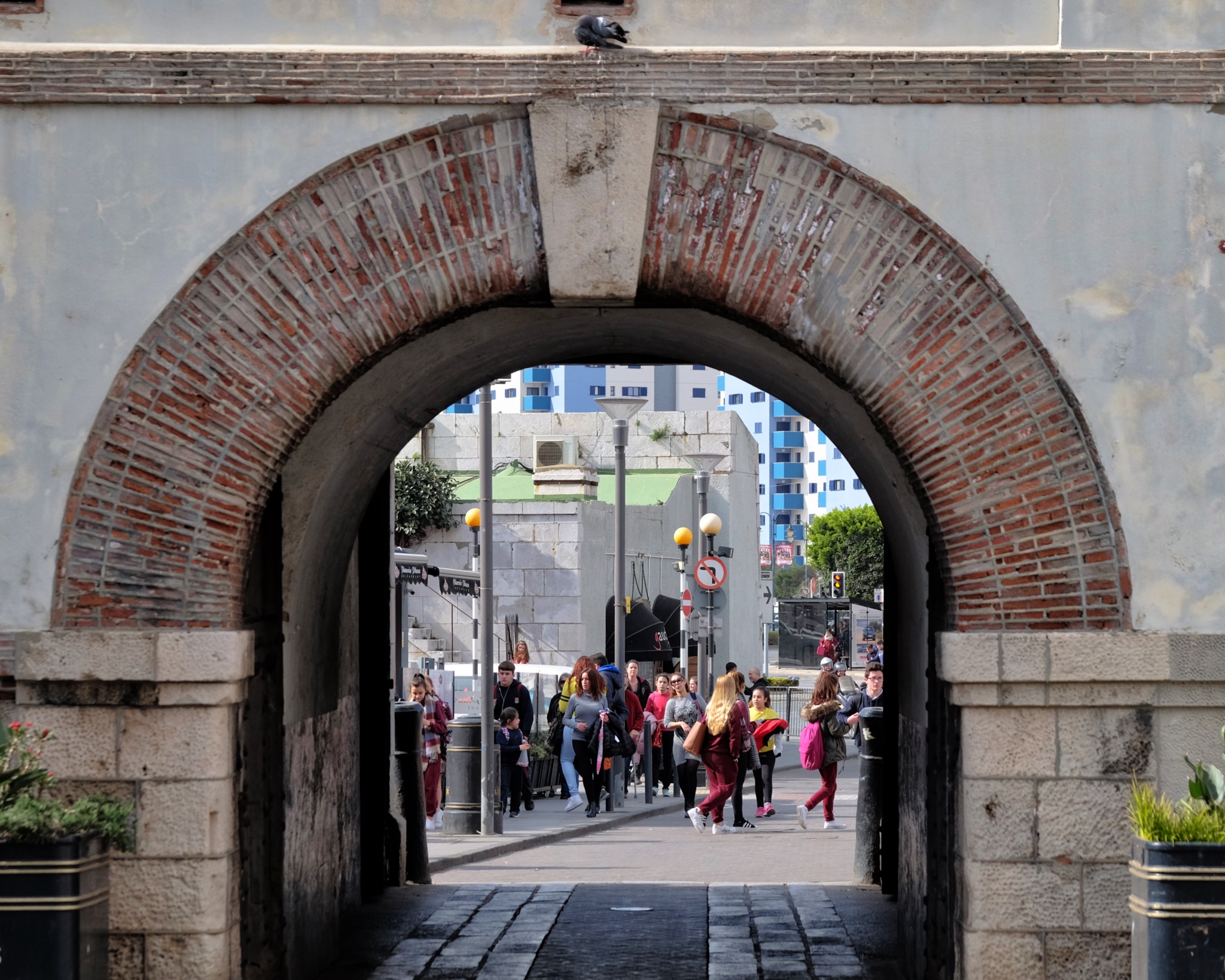 The south city gate . . . already a few tourists mixed in with the locals . . .
The south city gate . . . already a few tourists mixed in with the locals . . .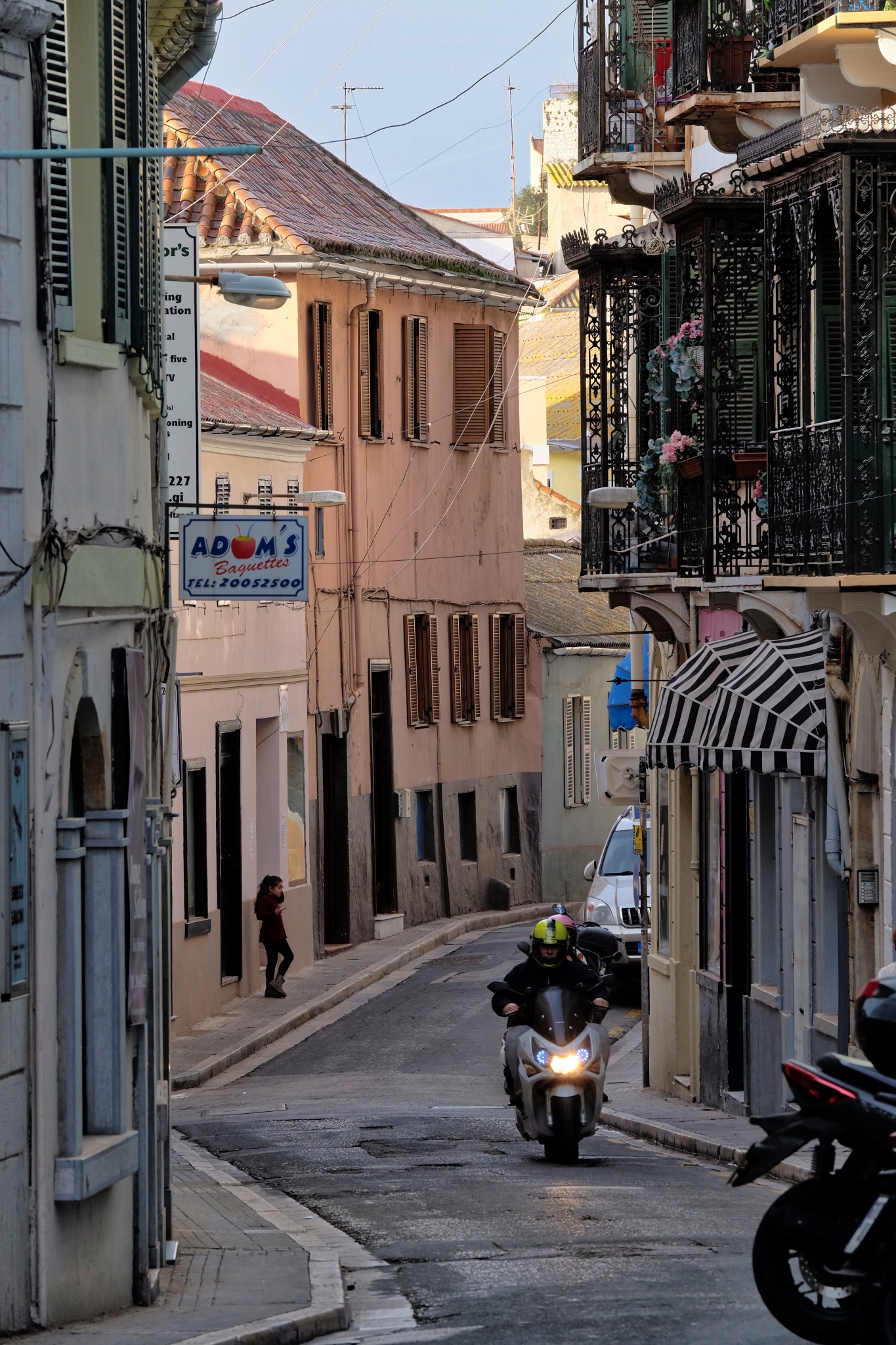 There are some beautiful curving streets through the old town.
There are some beautiful curving streets through the old town.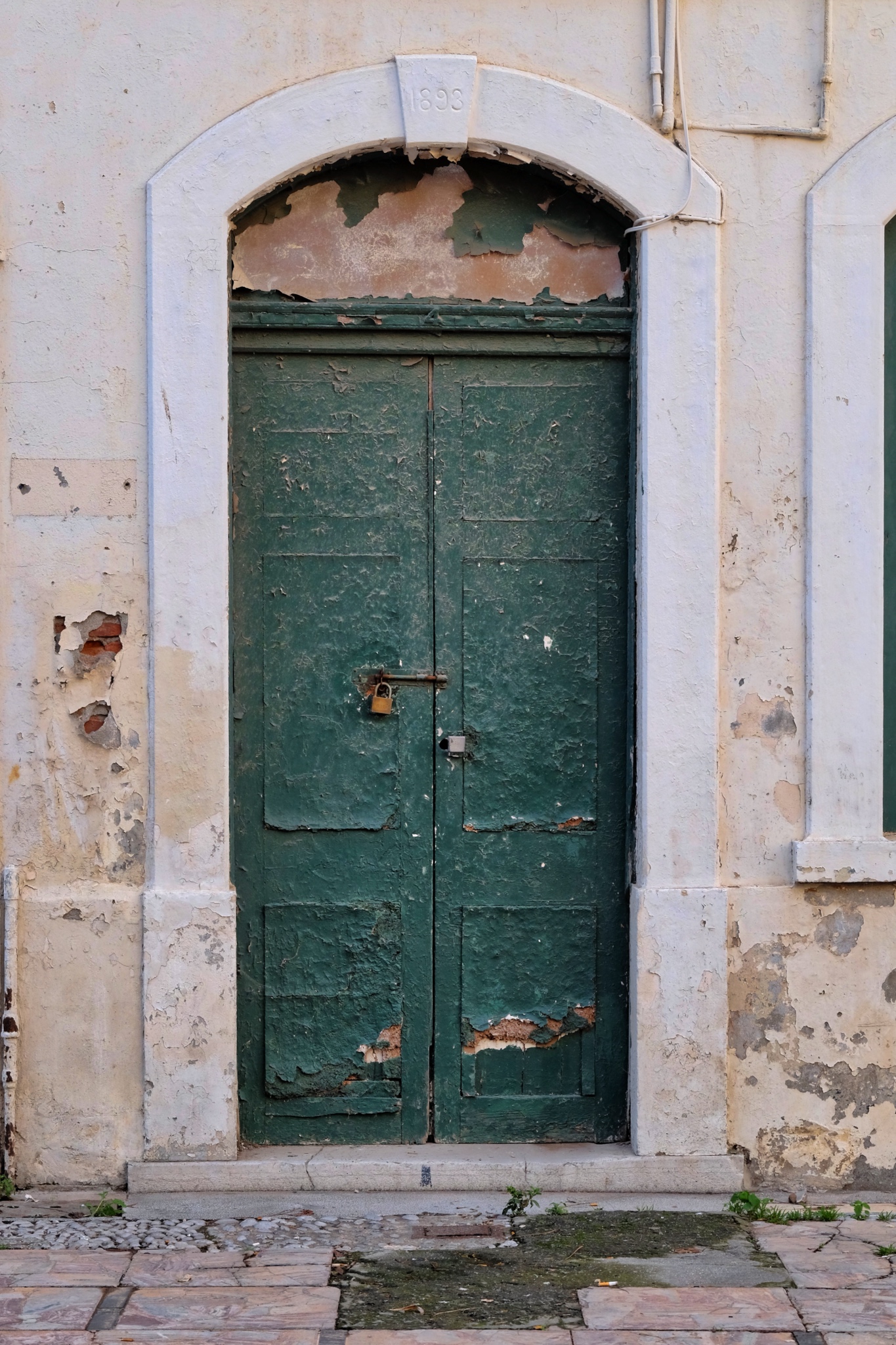 My Old Door Photo Fetish (ODPF) was completely satisfied in Gibraltar!
My Old Door Photo Fetish (ODPF) was completely satisfied in Gibraltar!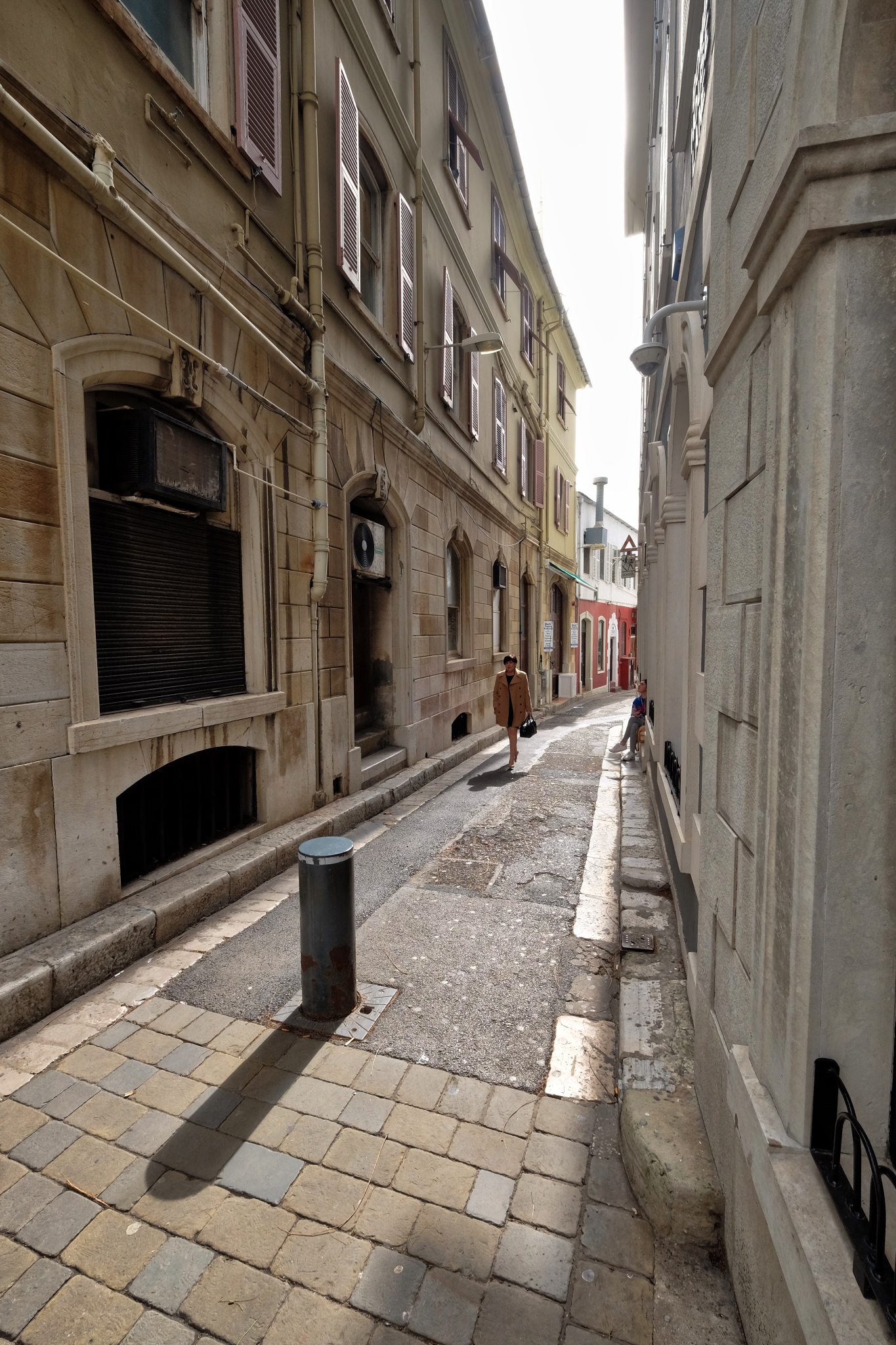 A pleasant place to stroll around . . . before the throngs of tourists arrived, the locals told us.
A pleasant place to stroll around . . . before the throngs of tourists arrived, the locals told us.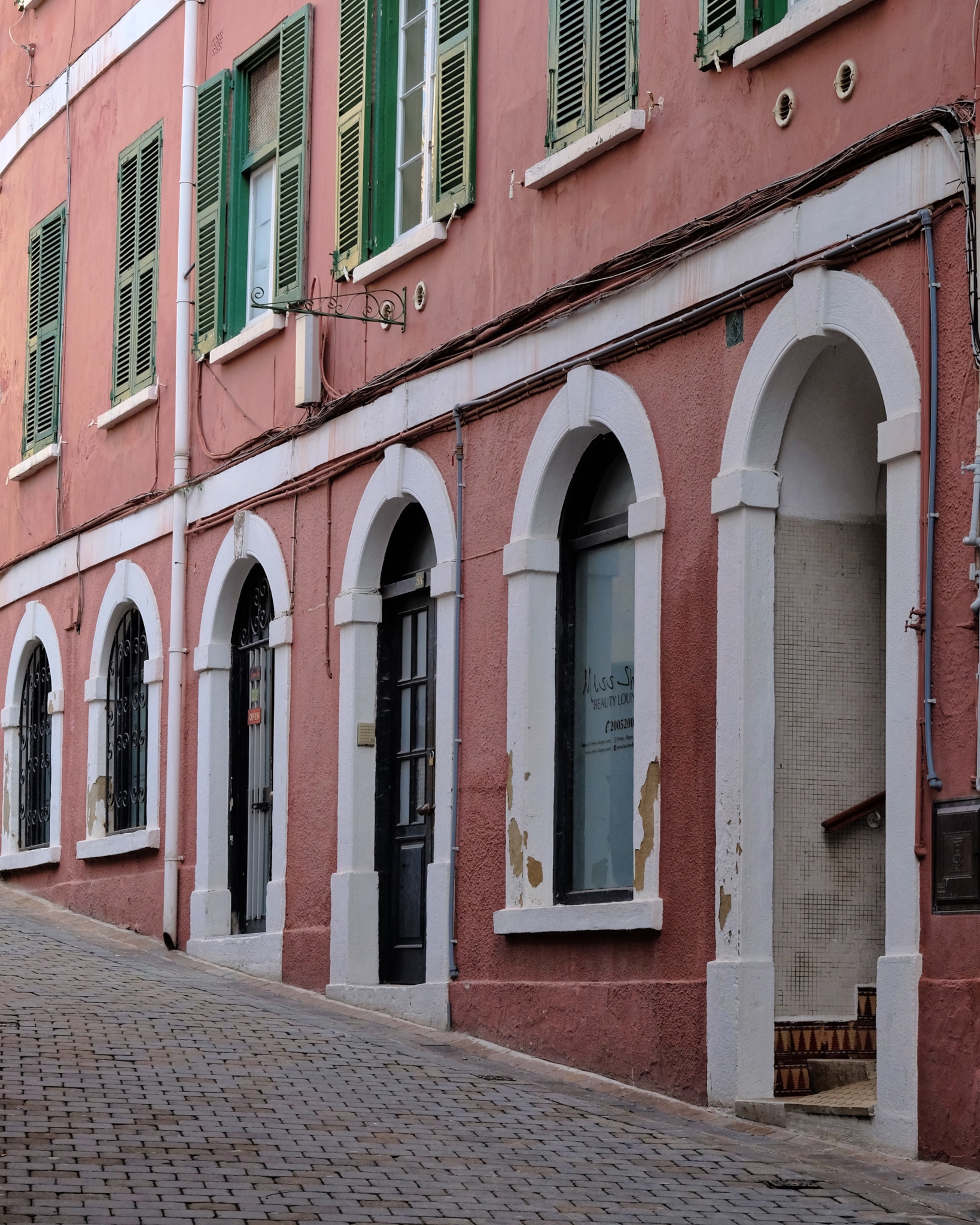 Steep streets . . . .
Steep streets . . . .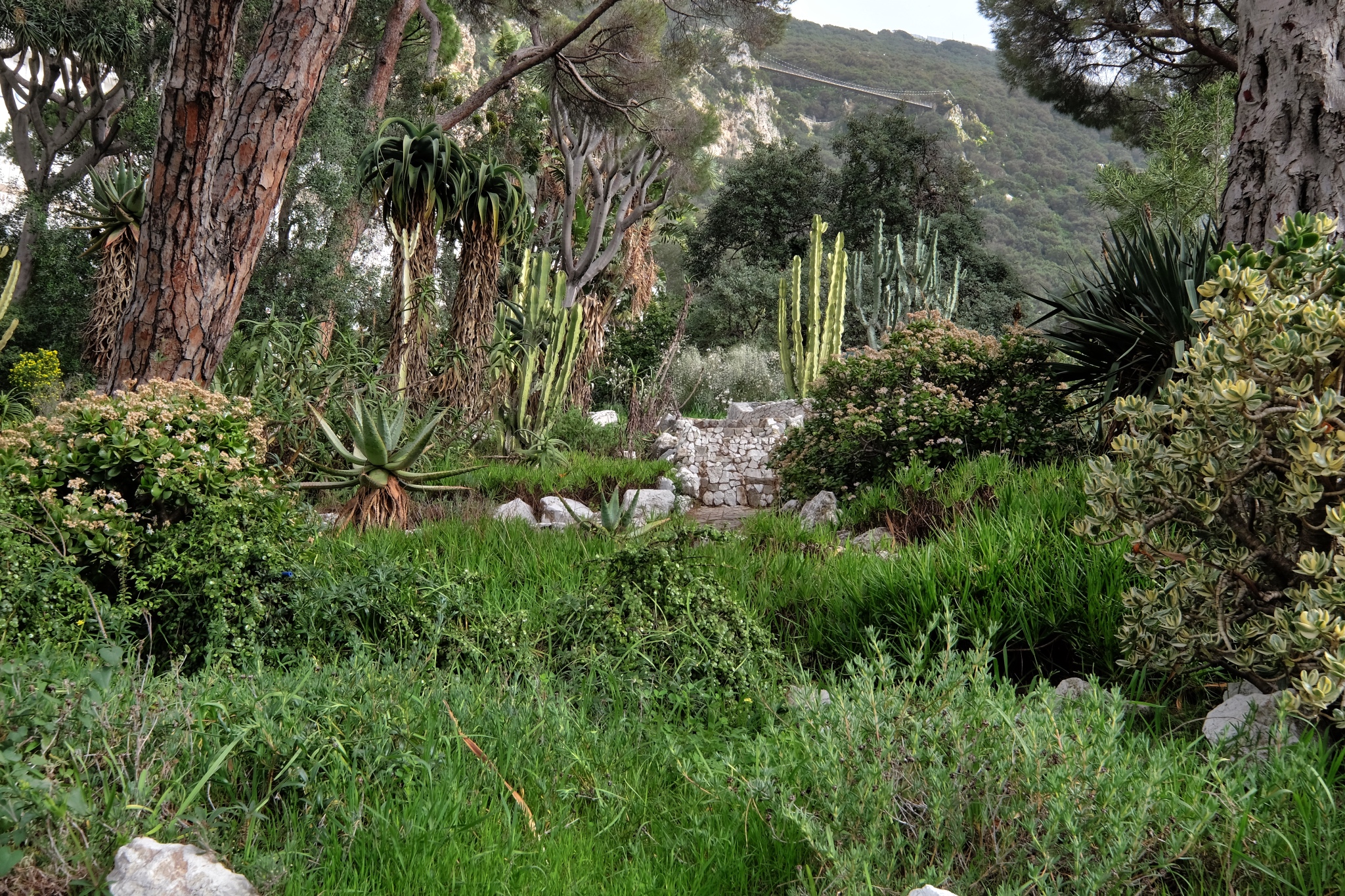 Gibraltar has a fine Botanical Garden . . . a favorite place to visit on all my travels.
Gibraltar has a fine Botanical Garden . . . a favorite place to visit on all my travels.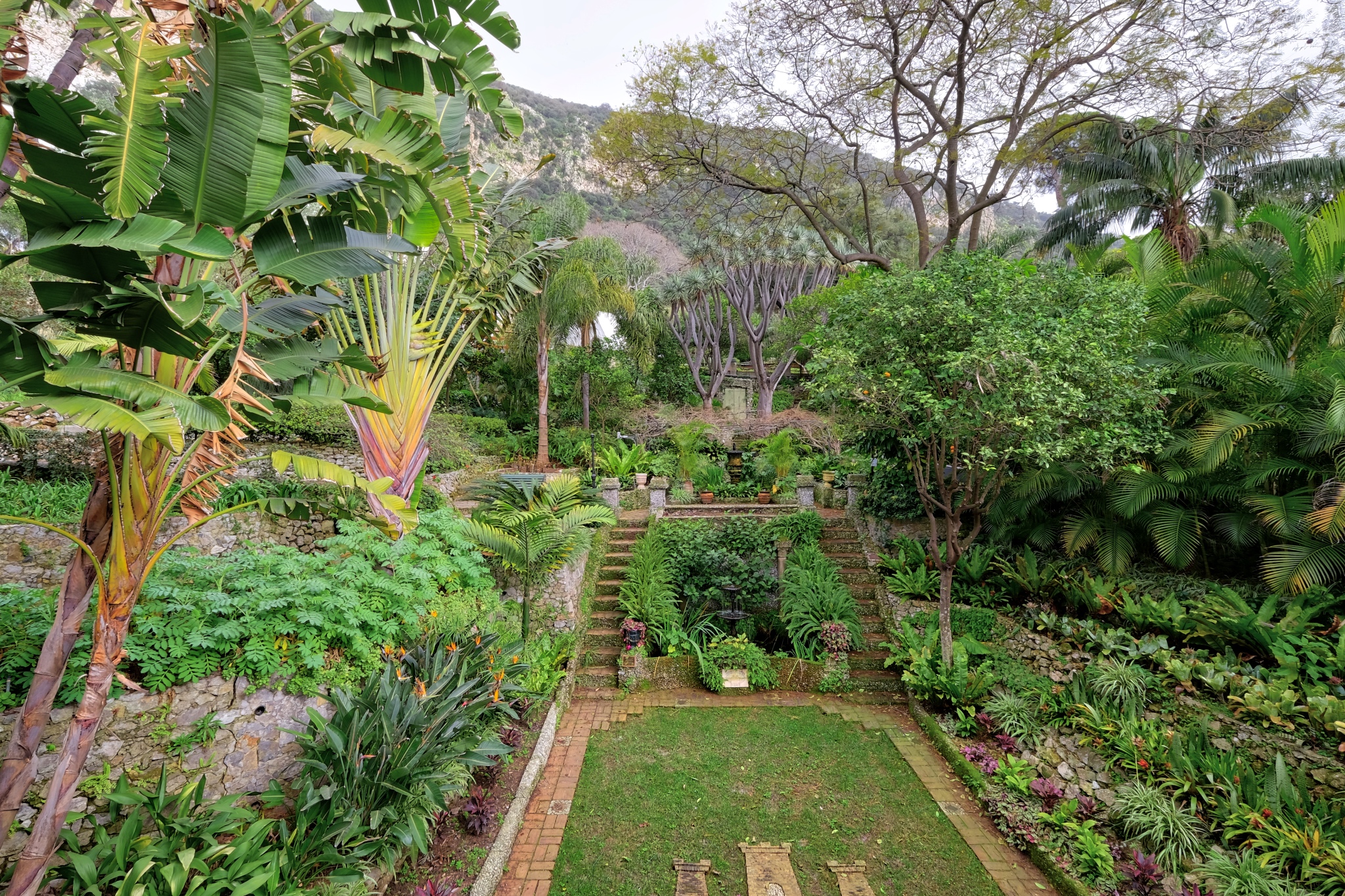 There is hardly any unused land on Gibraltar, so it was nice to see they valued their botanical garden enough to not build on it or pave it over.
There is hardly any unused land on Gibraltar, so it was nice to see they valued their botanical garden enough to not build on it or pave it over.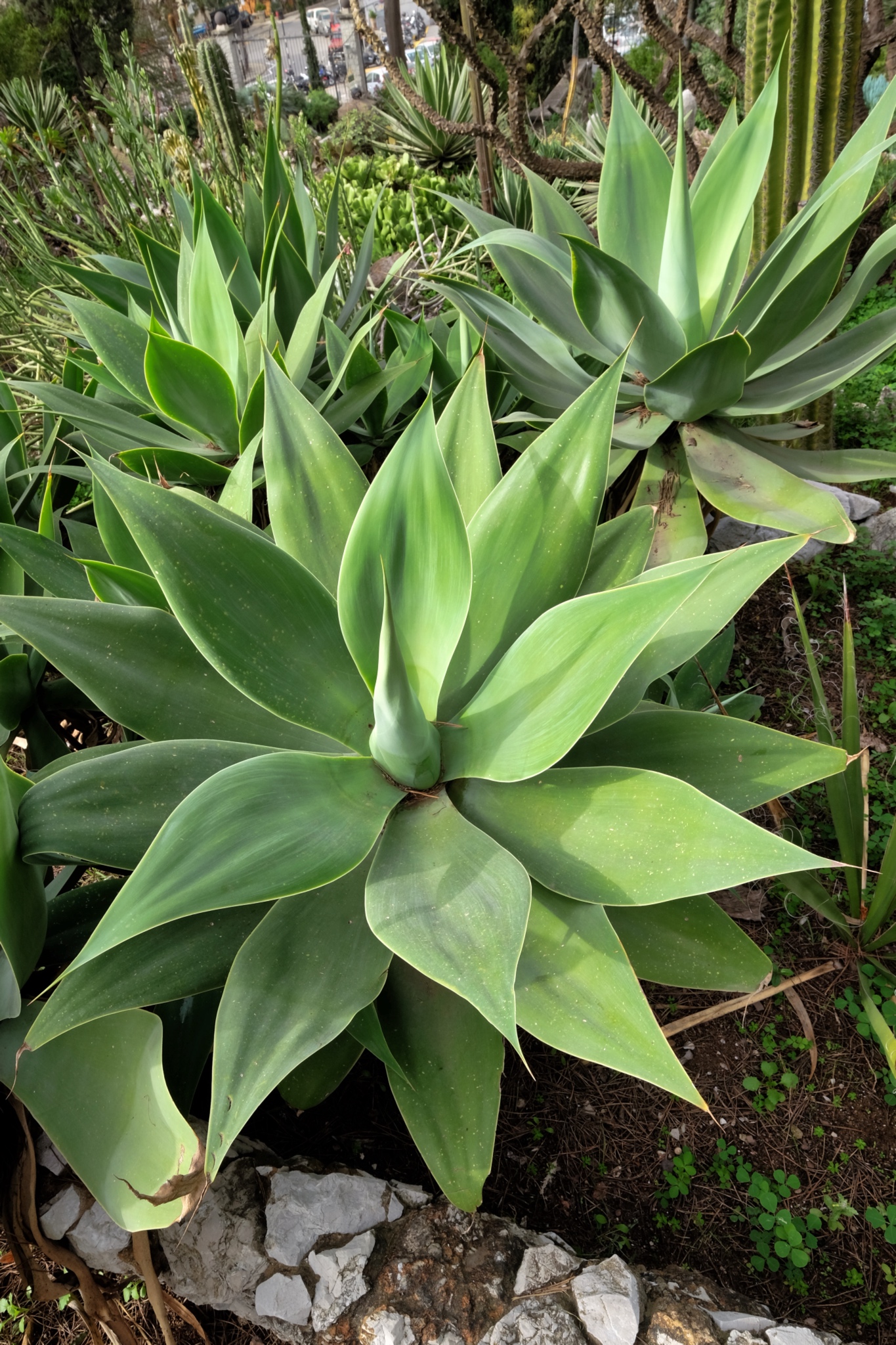 Being on the southern to of Spain, the climate is very mild. Many kinds of semi-tropical plants grow very well here.
Being on the southern to of Spain, the climate is very mild. Many kinds of semi-tropical plants grow very well here.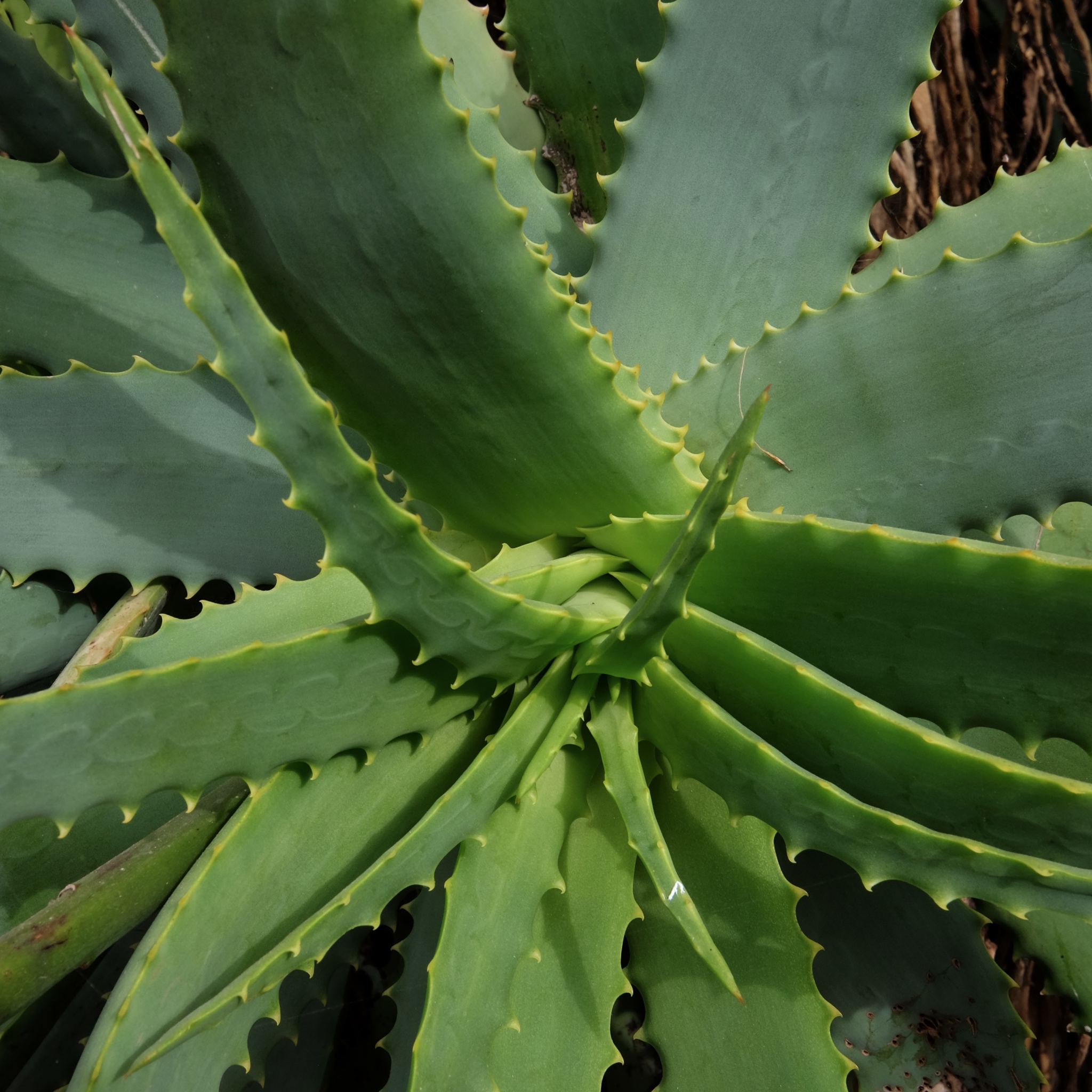 Aloe grew everywhere.
Aloe grew everywhere.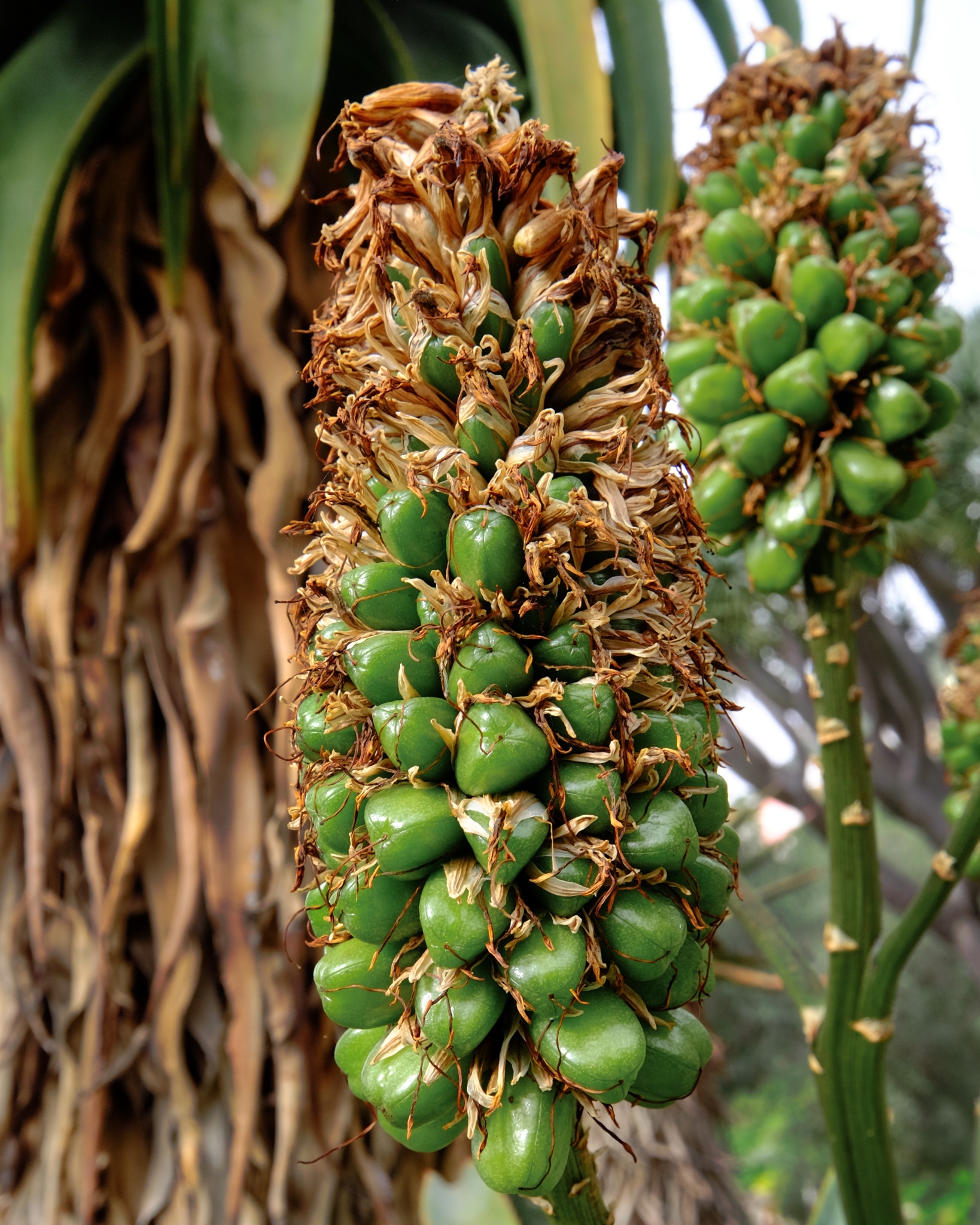 A few of the tropical plants were in flower or bud.
A few of the tropical plants were in flower or bud.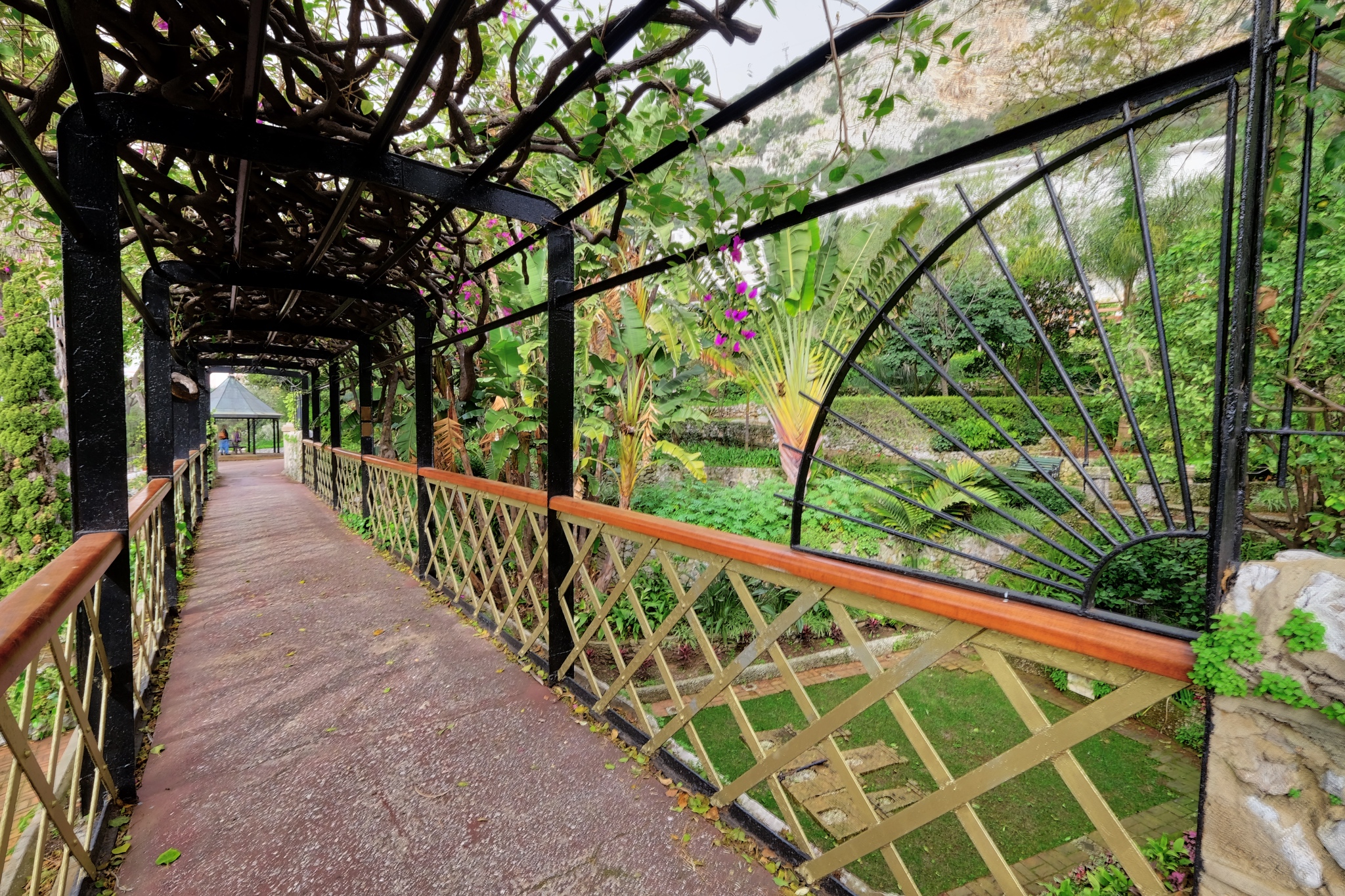 We spent art of a wonderful afternoon here . . .
We spent art of a wonderful afternoon here . . .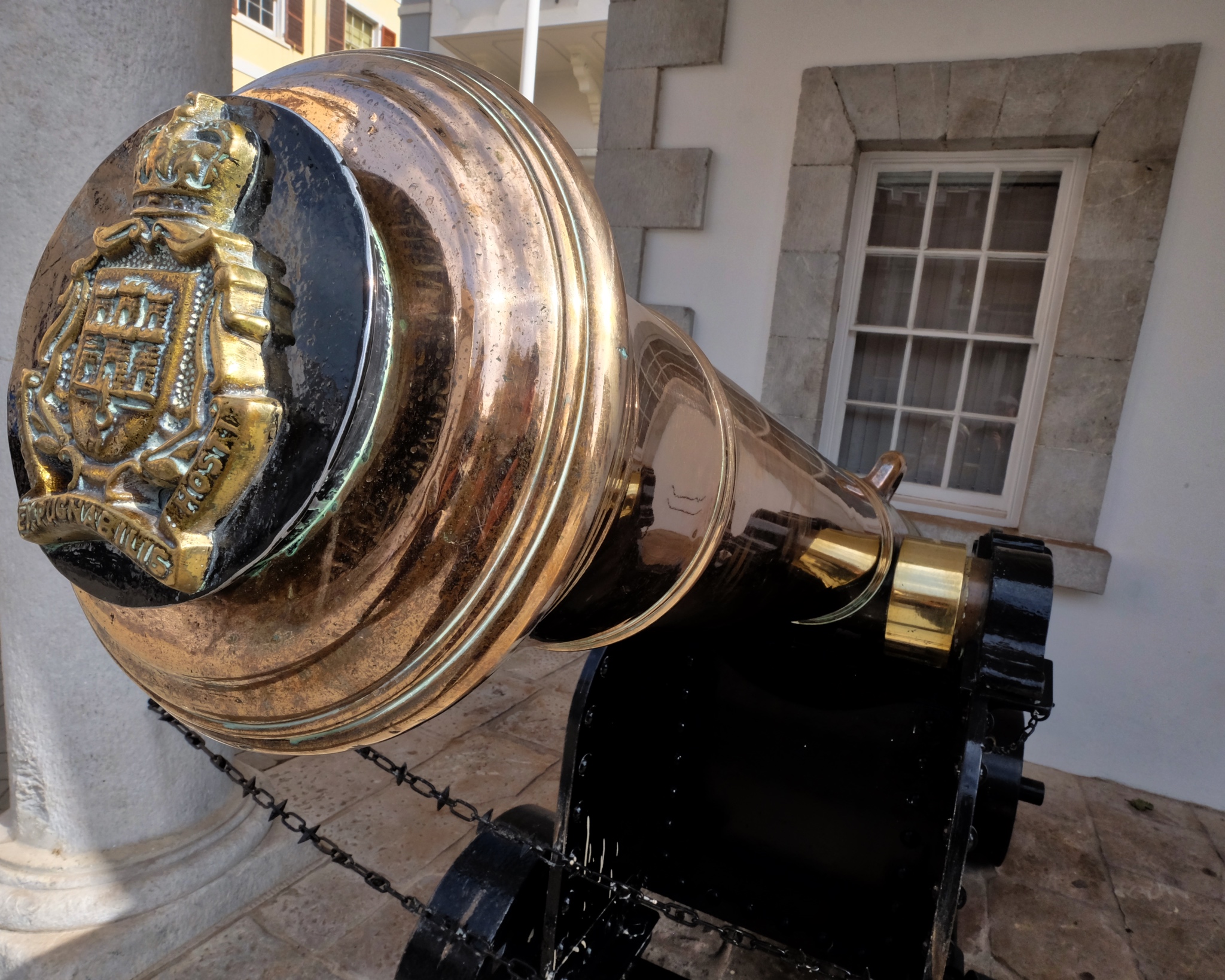 There is still a British military garrison on Gibraltar . . . complete with daily-polished brass cannon.
There is still a British military garrison on Gibraltar . . . complete with daily-polished brass cannon.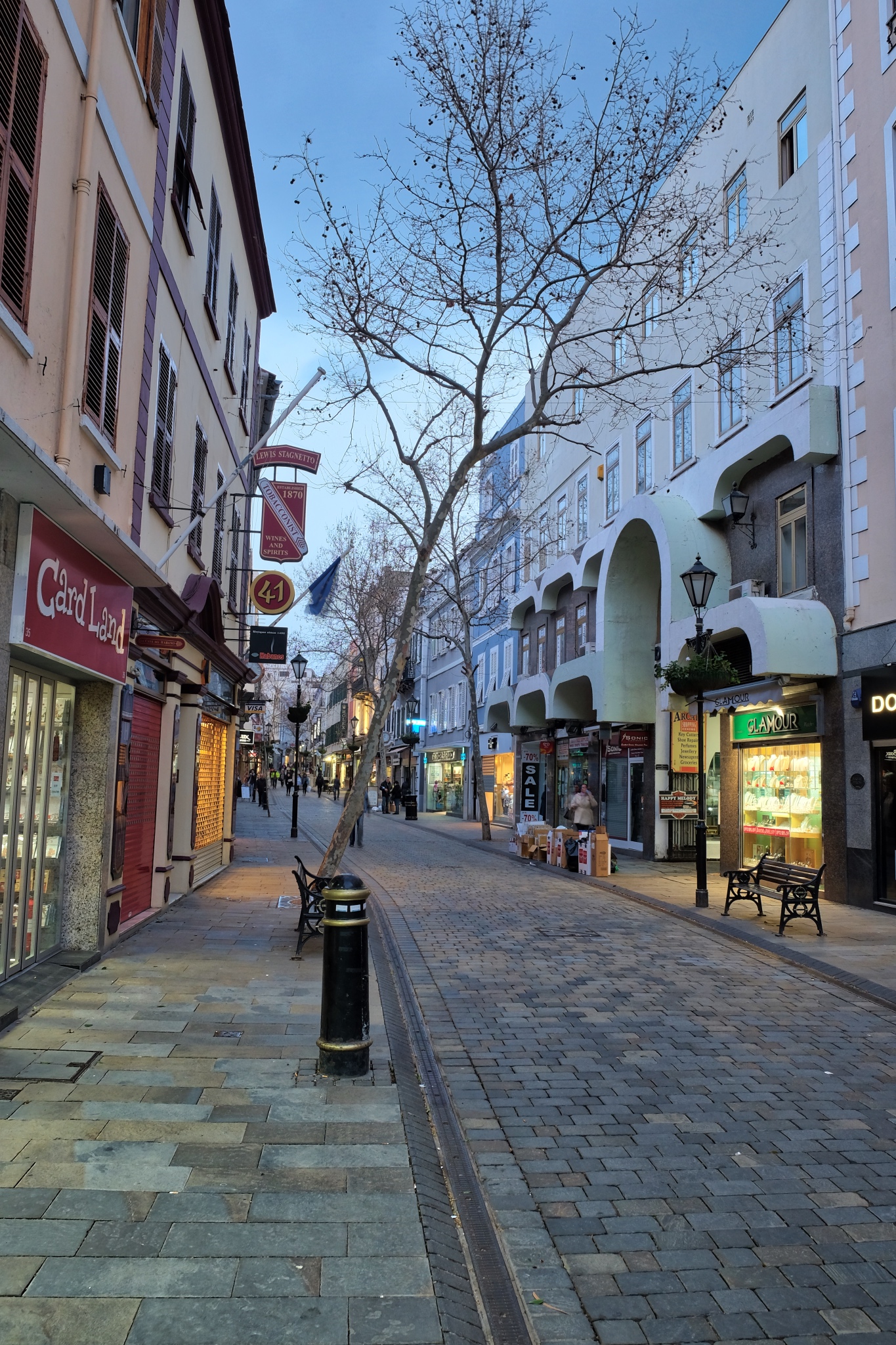 The central walking street is the focus of the town and the only developed commercial area. There are sweet cafes, bakeries, and shops all along here . . . as well as tawdry tourist curios shops where I bought a refrigerator magnet.
The central walking street is the focus of the town and the only developed commercial area. There are sweet cafes, bakeries, and shops all along here . . . as well as tawdry tourist curios shops where I bought a refrigerator magnet.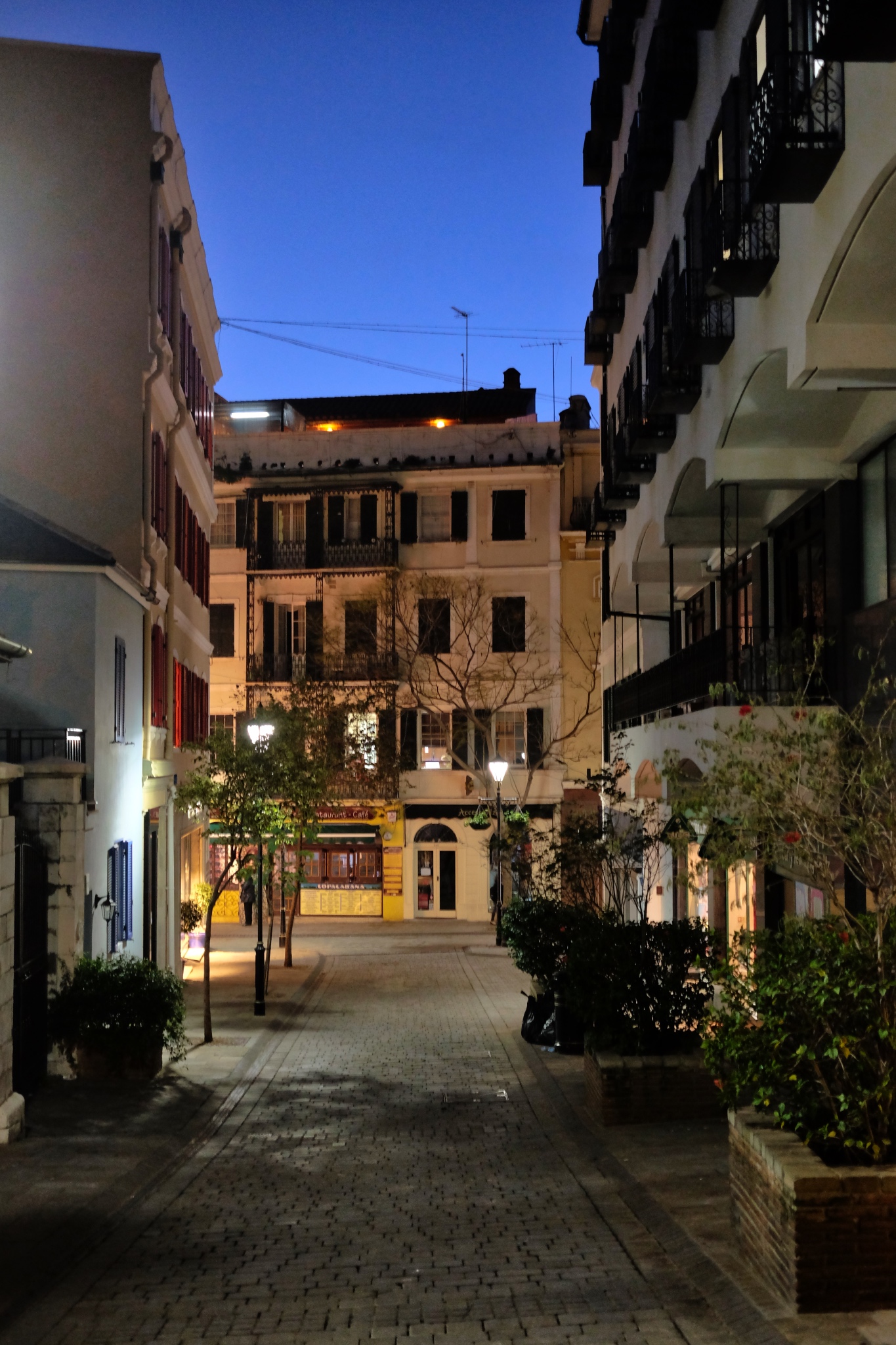 In my opinion, Gibraltar becomes even more interesting, and beautiful, when the sun sets.
In my opinion, Gibraltar becomes even more interesting, and beautiful, when the sun sets.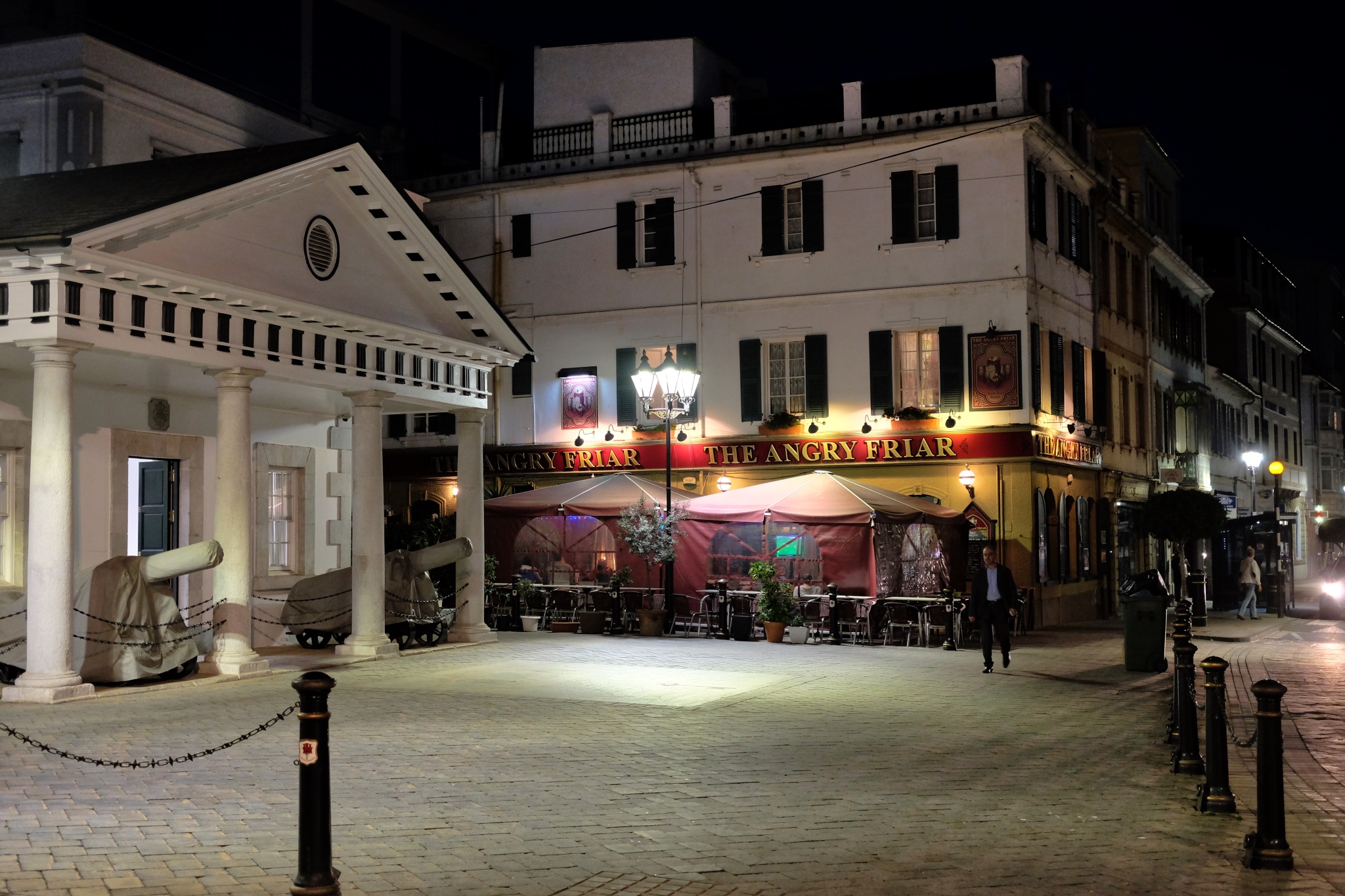 At night the squares are lit and the old government buildings stand out in all their old glory.
At night the squares are lit and the old government buildings stand out in all their old glory.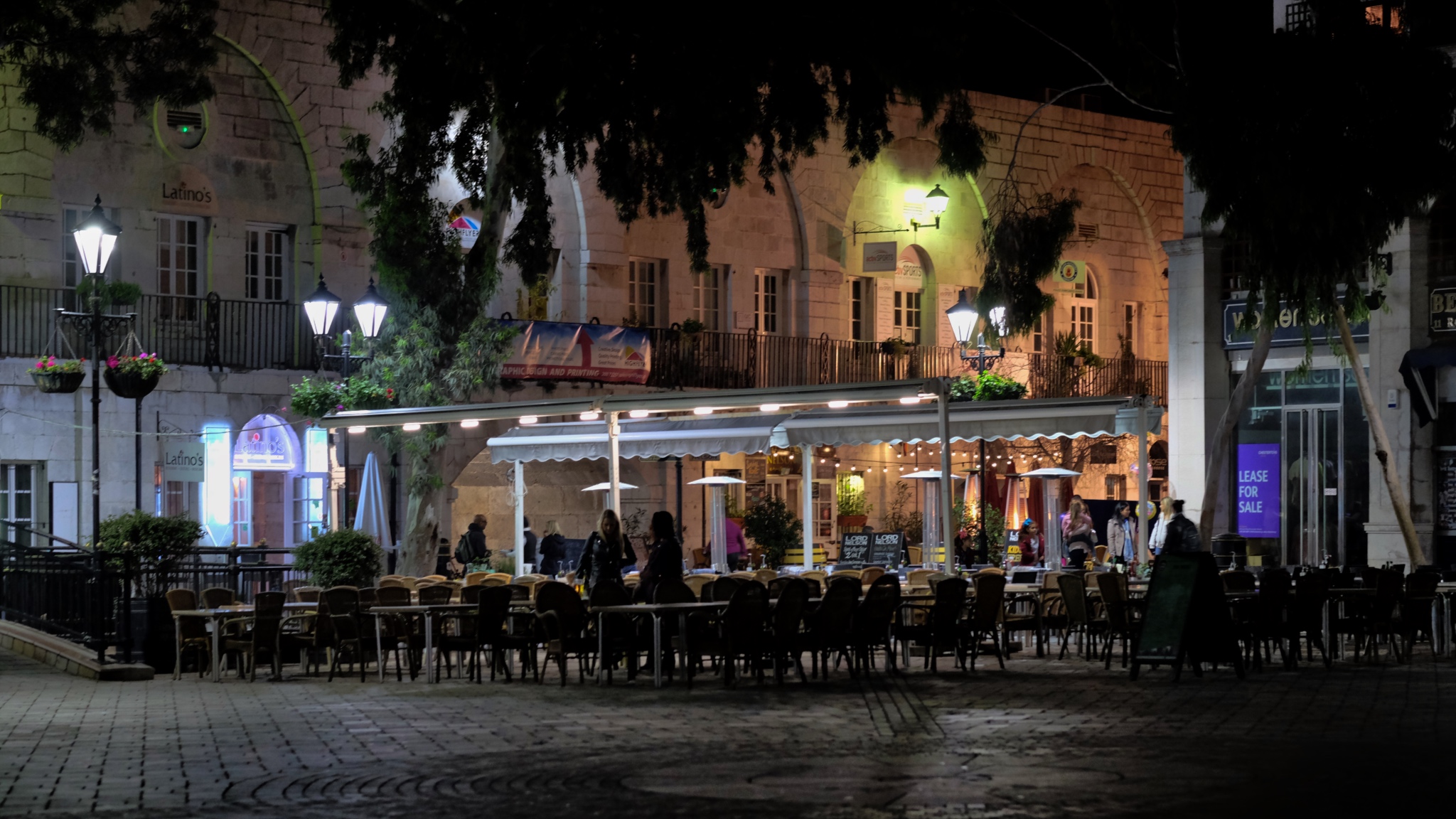 In the evening people, tourists and locals, come out to the cafes in Casement Square. One can imagine this space filled with thousands of cruise ship passengers later in the summer.
In the evening people, tourists and locals, come out to the cafes in Casement Square. One can imagine this space filled with thousands of cruise ship passengers later in the summer.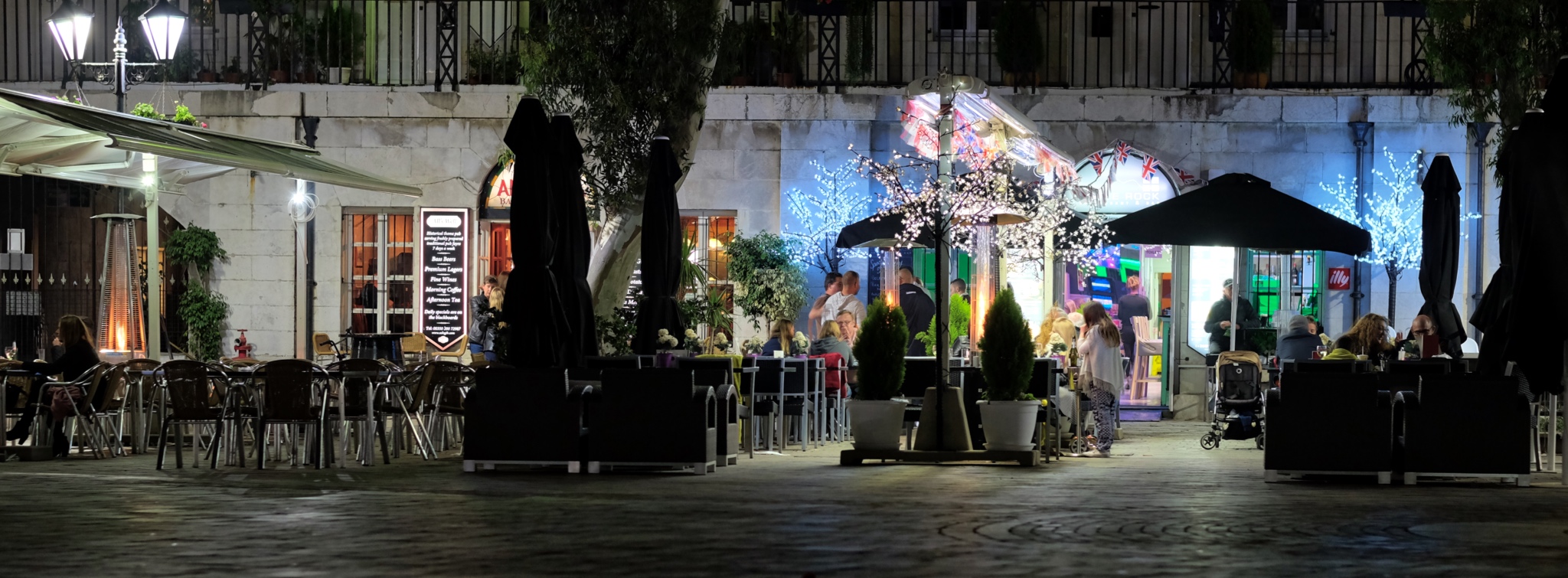
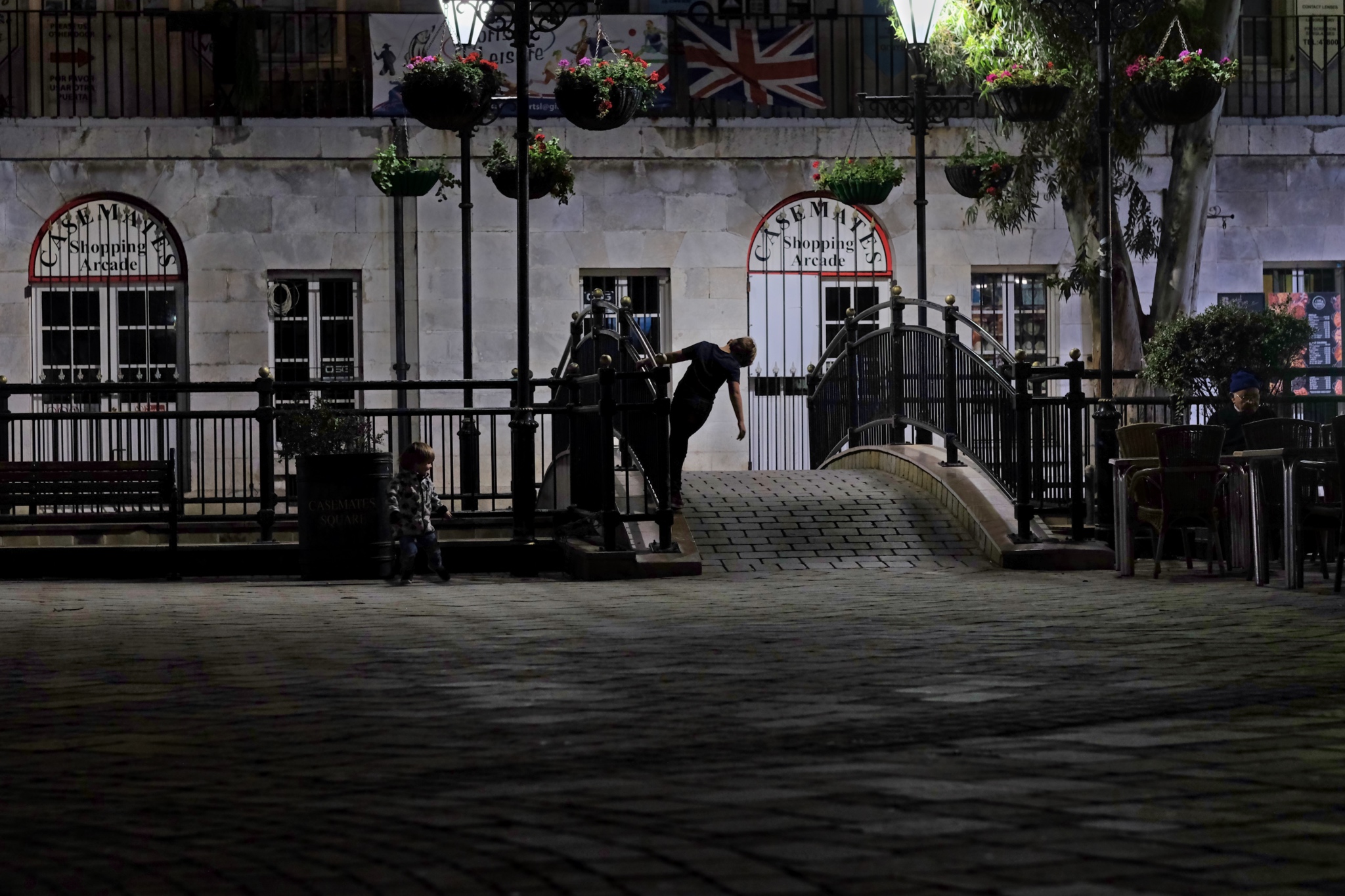 The children wandered free around the square as the adults conversed over wine.
The children wandered free around the square as the adults conversed over wine. A happy girl skipped into my photo . . .
A happy girl skipped into my photo . . .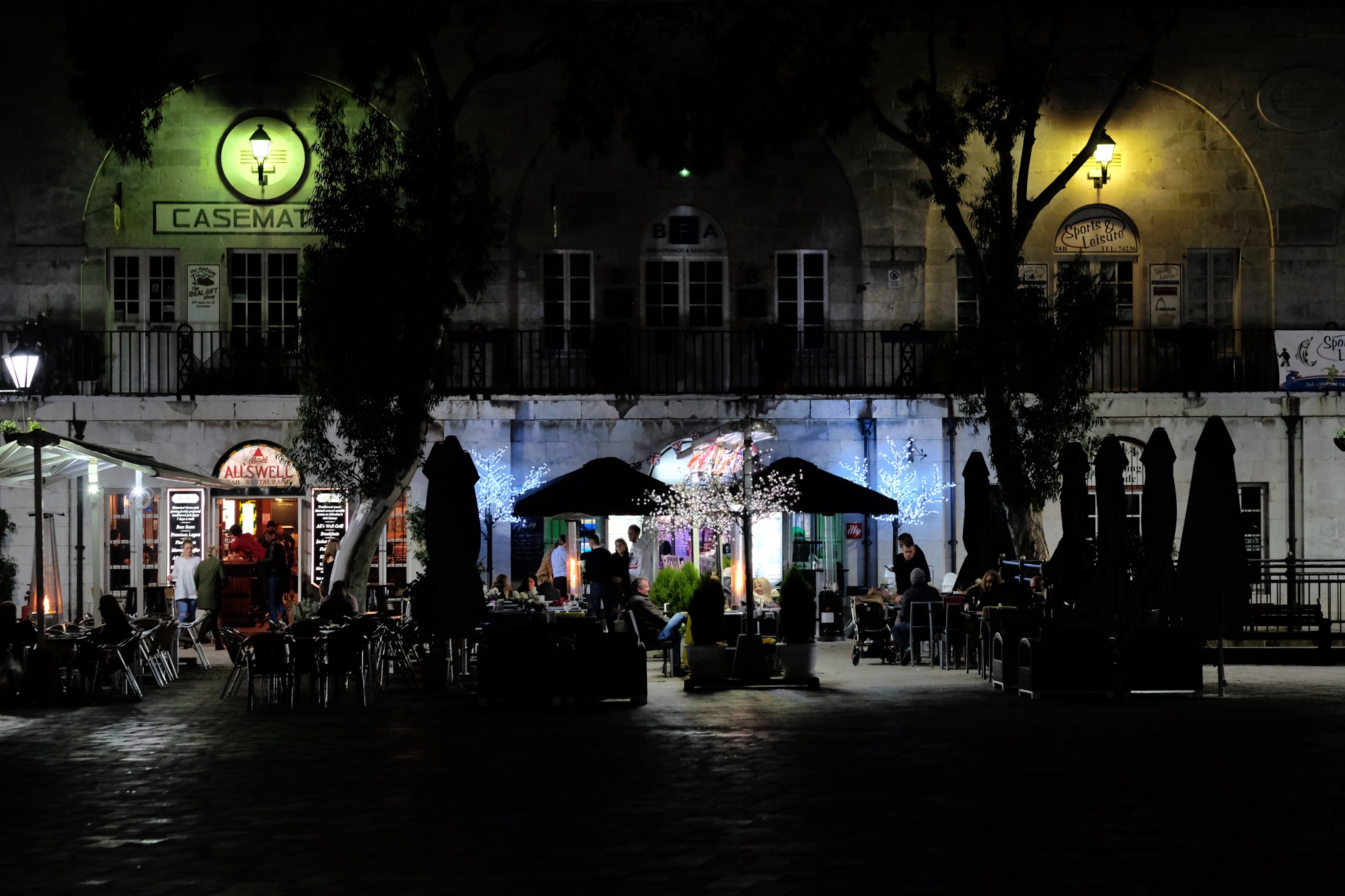 Casement Square.
Casement Square.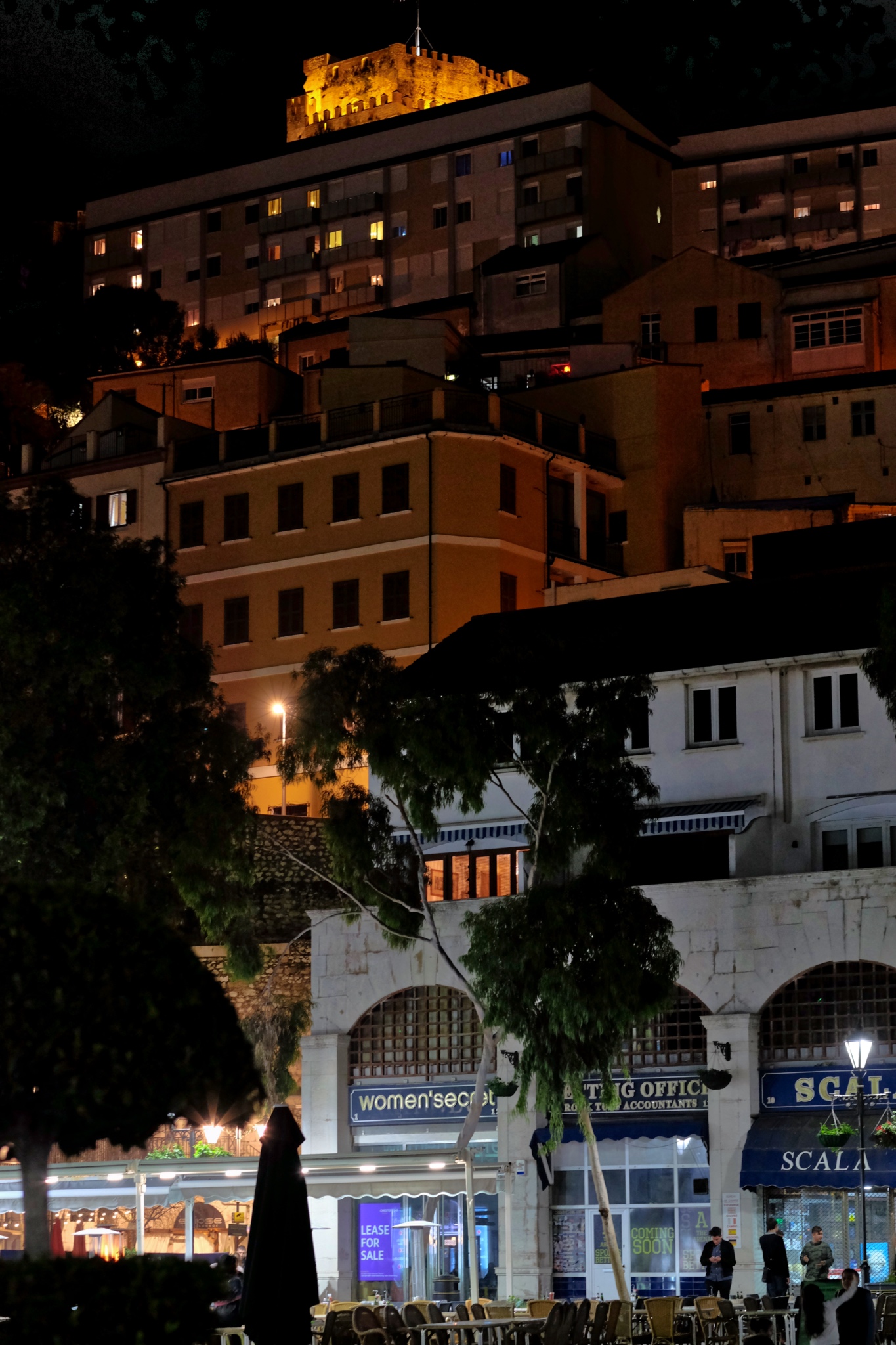 High above Casement Square, a Moorish castle looks on . . . .
High above Casement Square, a Moorish castle looks on . . . .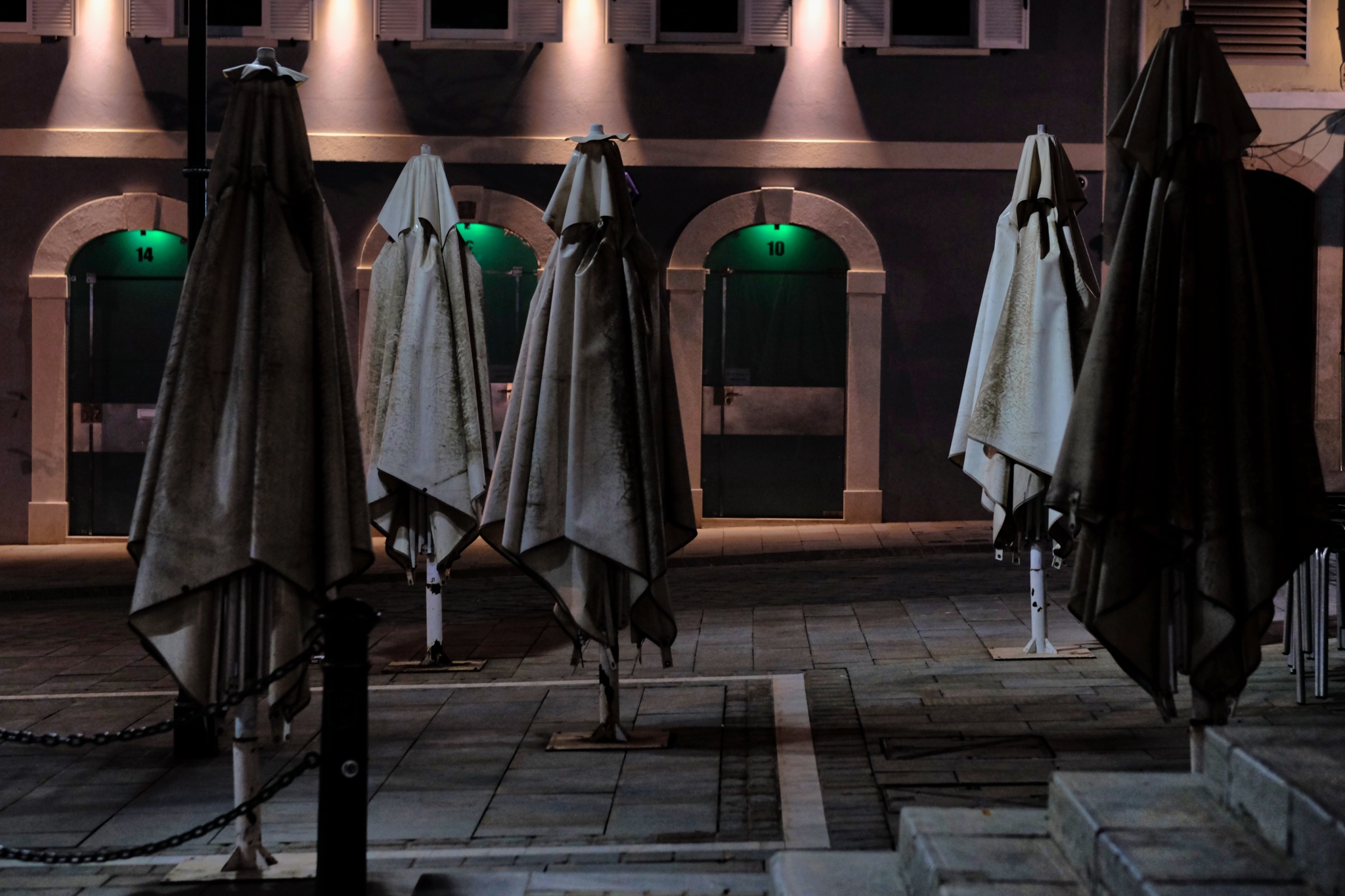 Later in the evening, the restaurants and cafes closed up . . . leaving their umbrellas like forlorn soldiers in a strange night.
Later in the evening, the restaurants and cafes closed up . . . leaving their umbrellas like forlorn soldiers in a strange night.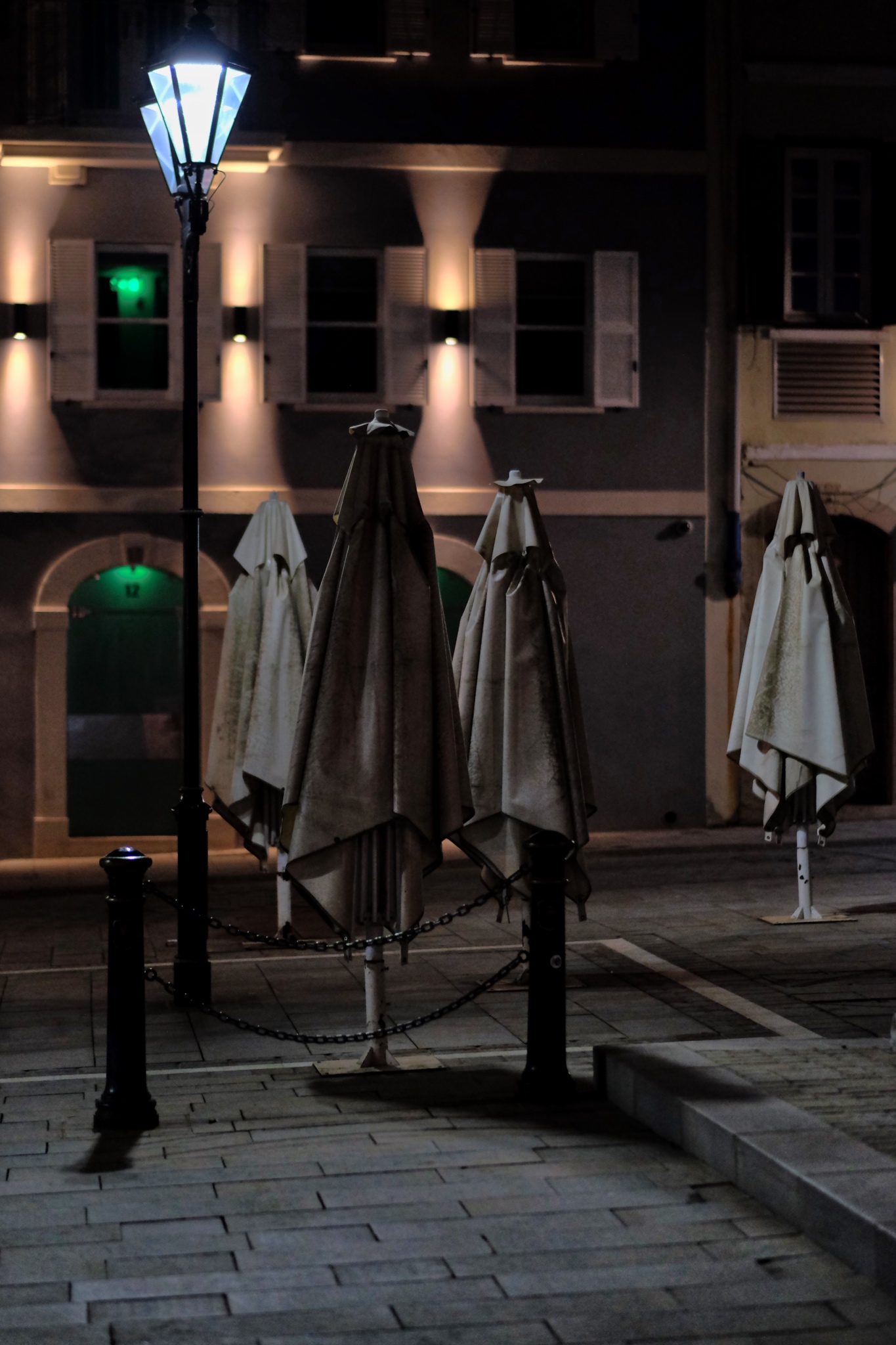 I was startled when I first saw these visages of another world!
I was startled when I first saw these visages of another world!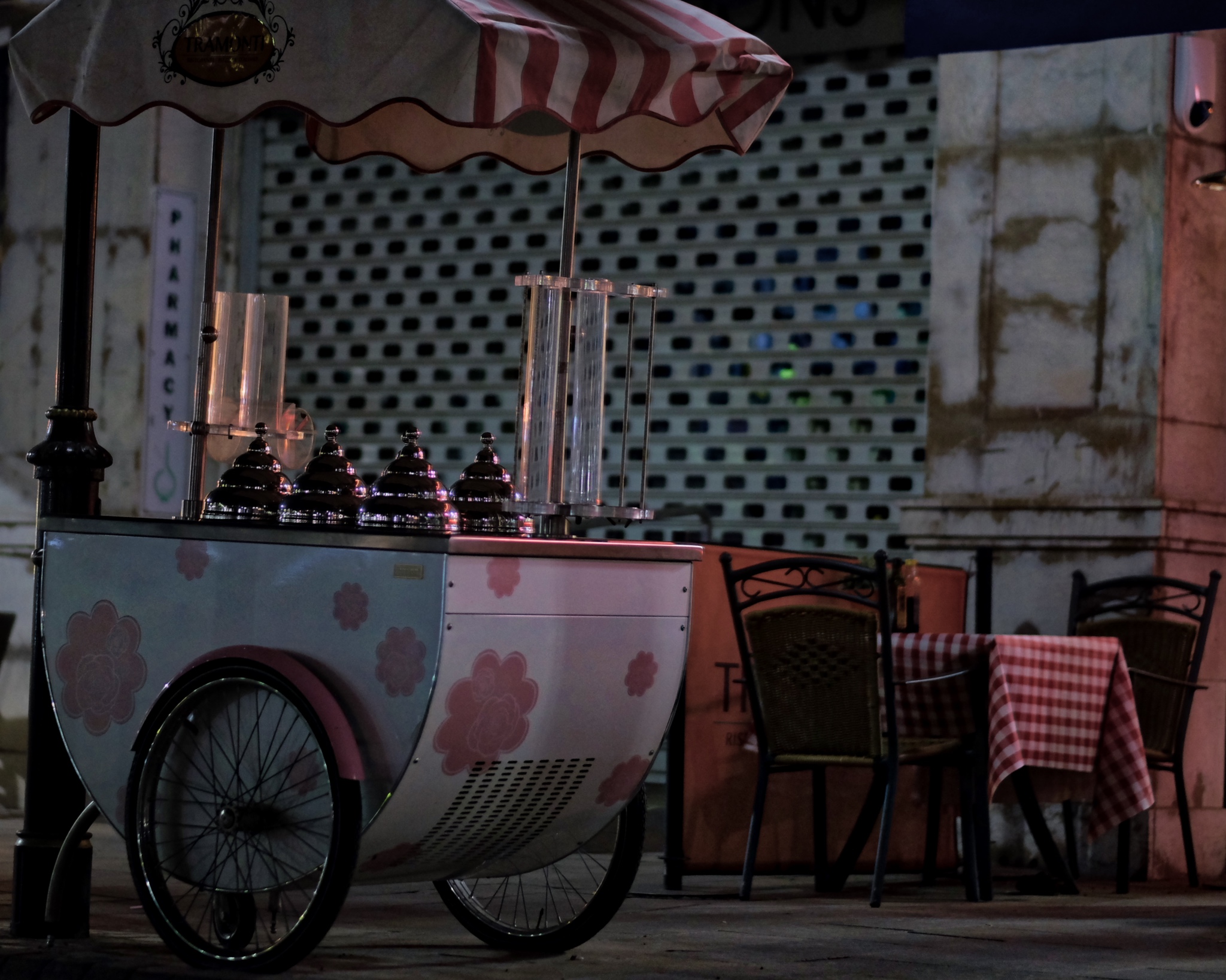 My other photographic subject obsession are push carts of all kinds. This ice cream cart waiting for another day was just fantastic.
My other photographic subject obsession are push carts of all kinds. This ice cream cart waiting for another day was just fantastic.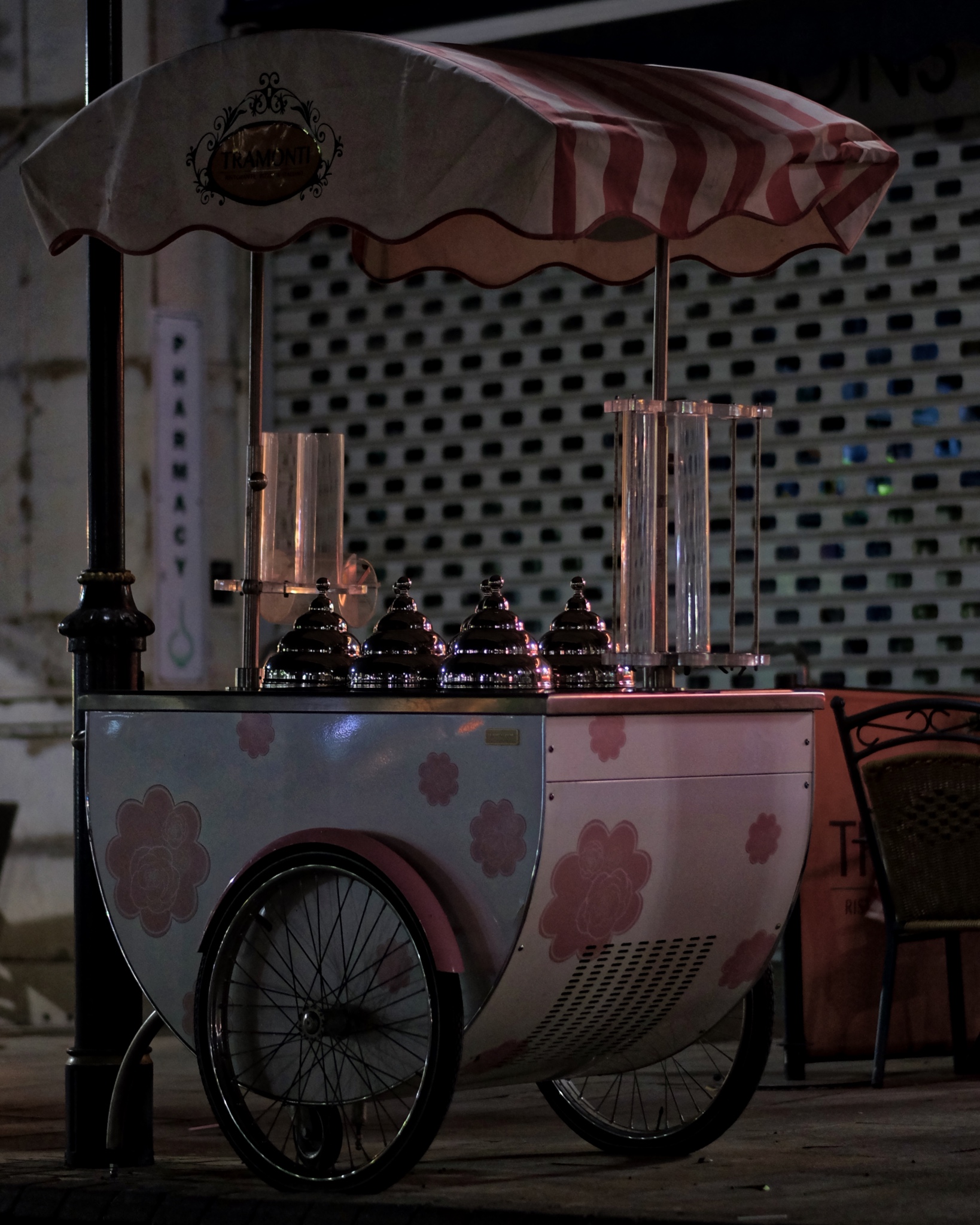
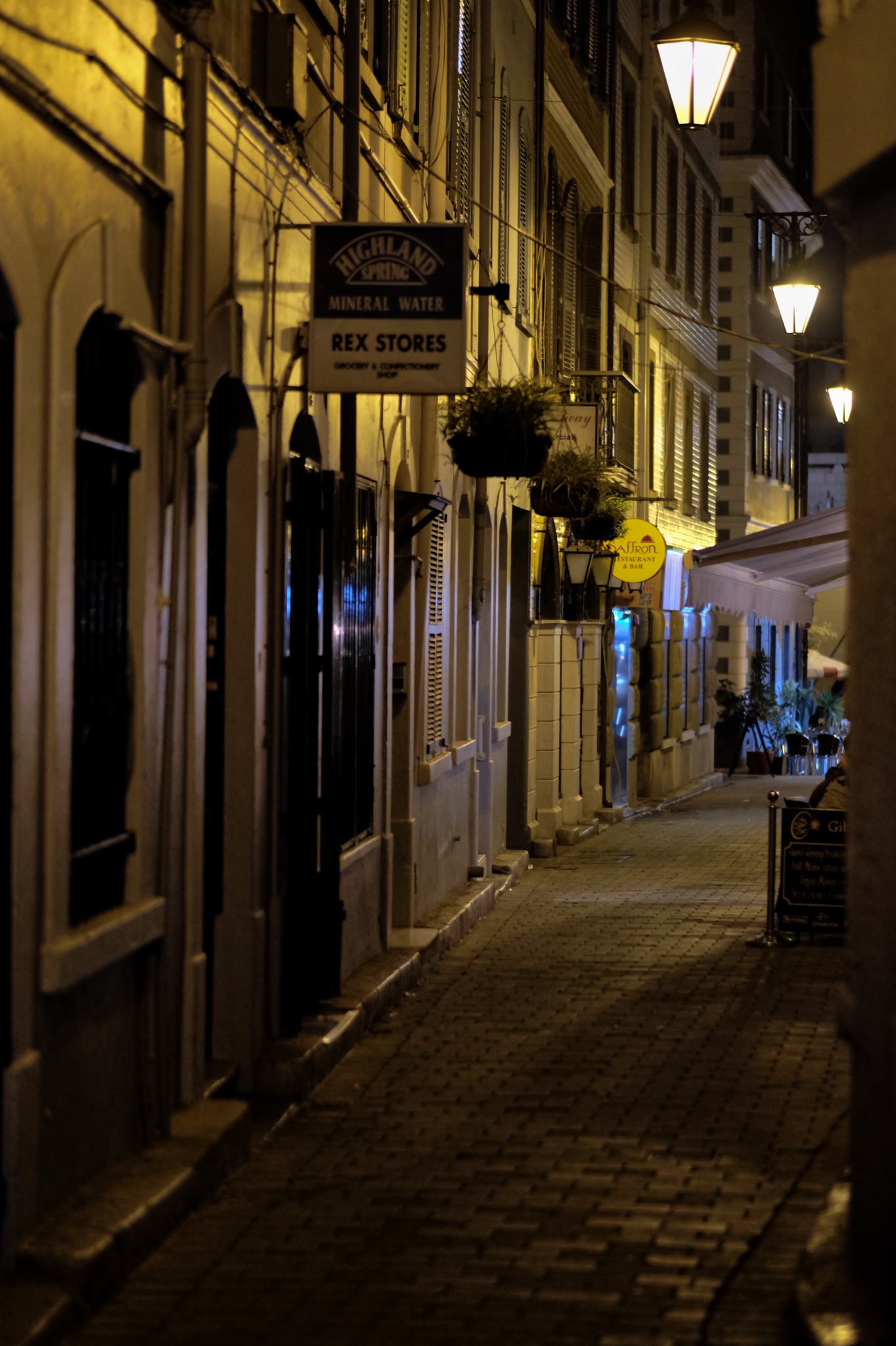 One evening (of the three) I went back out of the hotel late at night . . . to capture the abandoned streets and alleys.
One evening (of the three) I went back out of the hotel late at night . . . to capture the abandoned streets and alleys.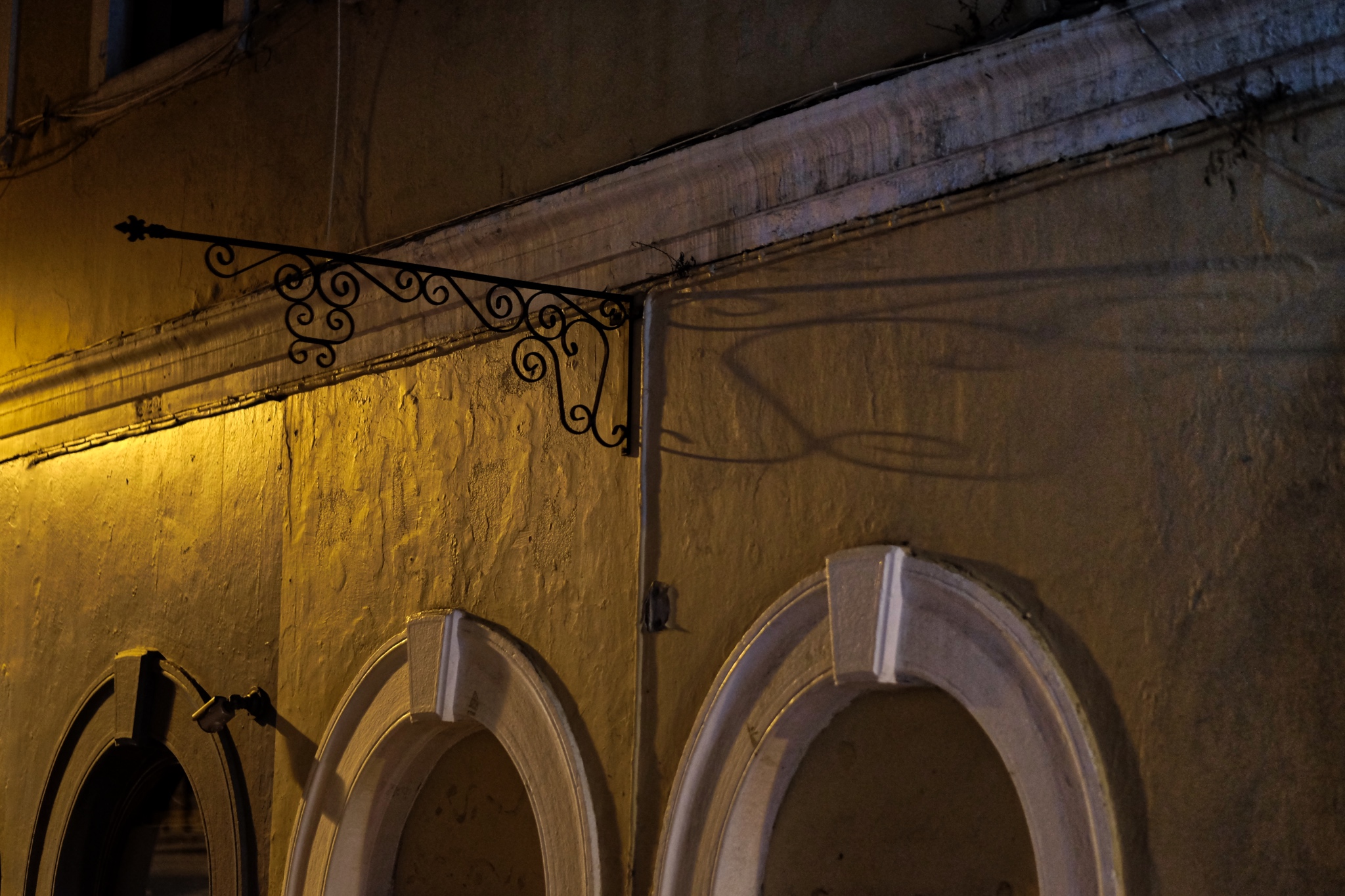 Light, textured surfaces, shadow, arches, color . . . wonderful.
Light, textured surfaces, shadow, arches, color . . . wonderful.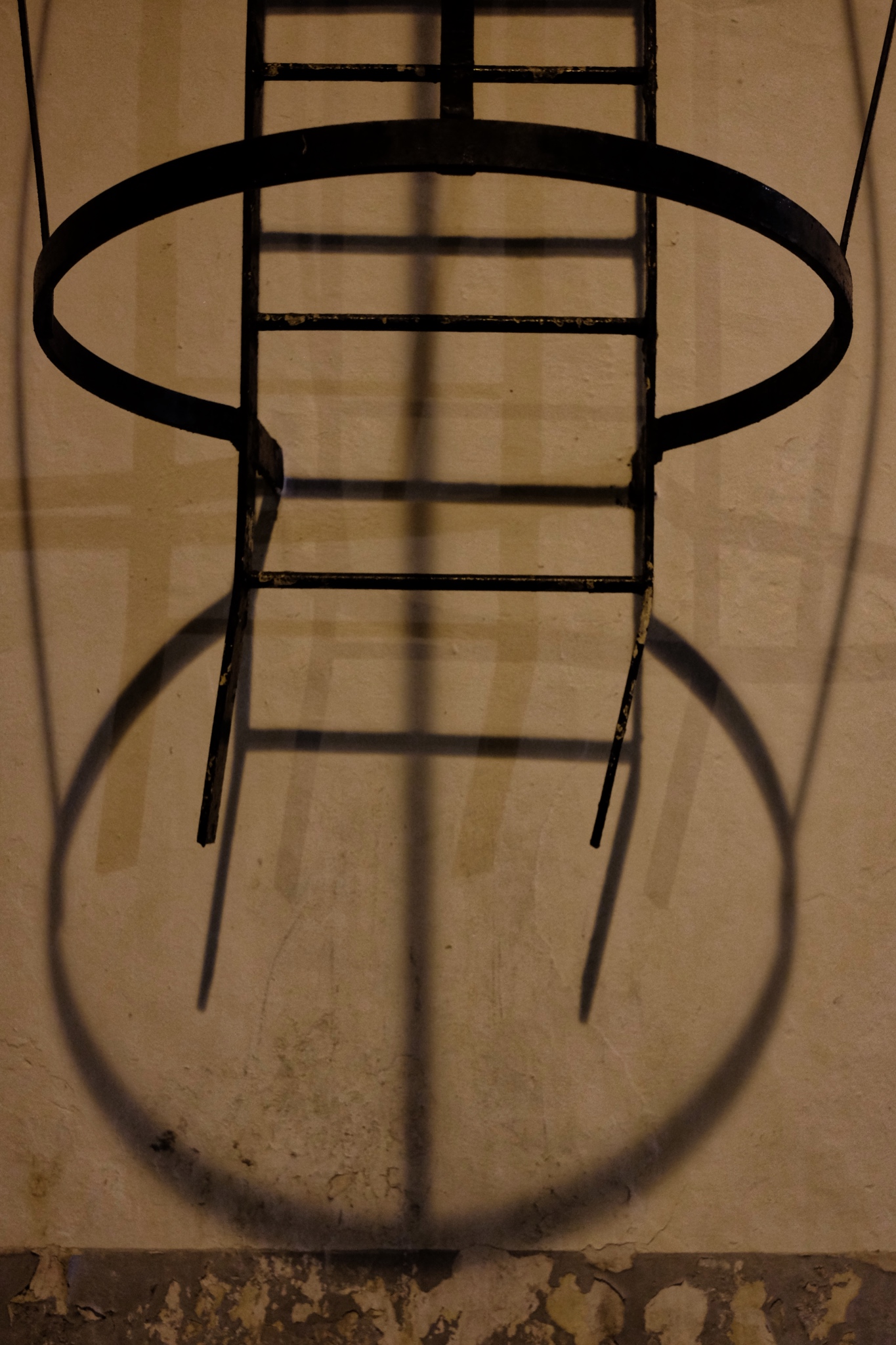 Ladder, light, shadow, and wall!
Ladder, light, shadow, and wall!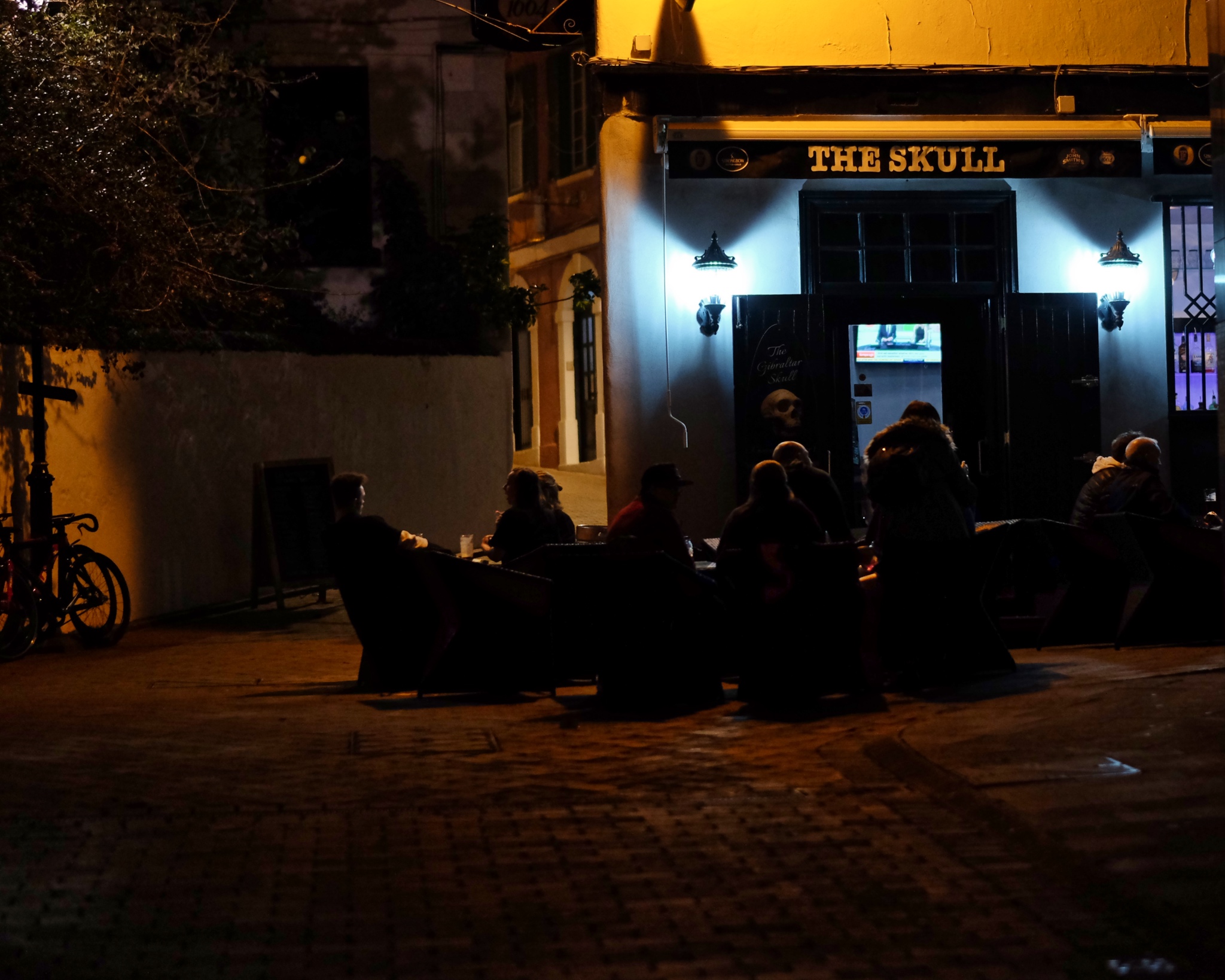 If the conversation is good, why go home? Well after midnight in Gibraltar.
If the conversation is good, why go home? Well after midnight in Gibraltar.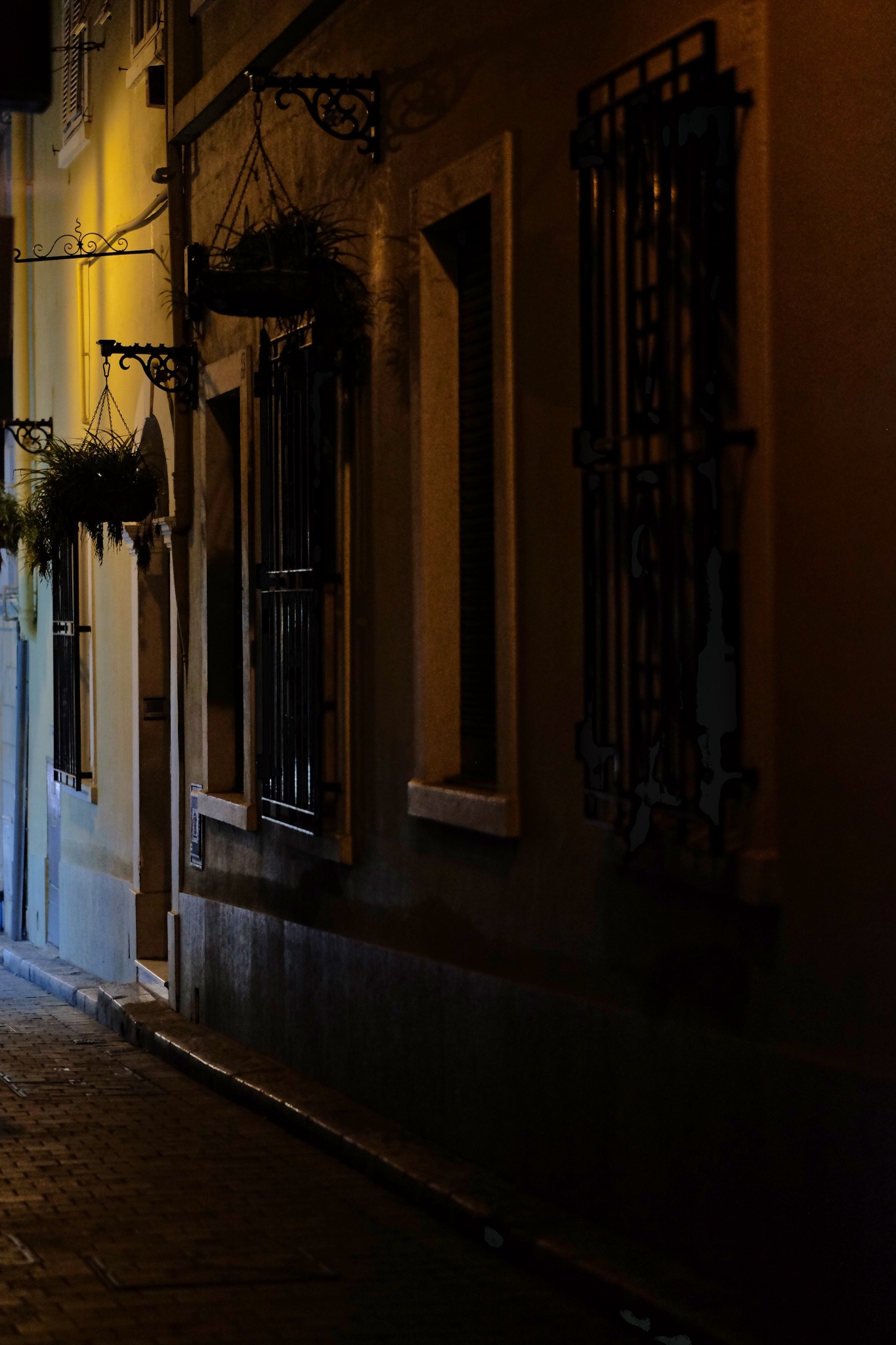 The dark streets where the only sounds were my footsteps.
The dark streets where the only sounds were my footsteps.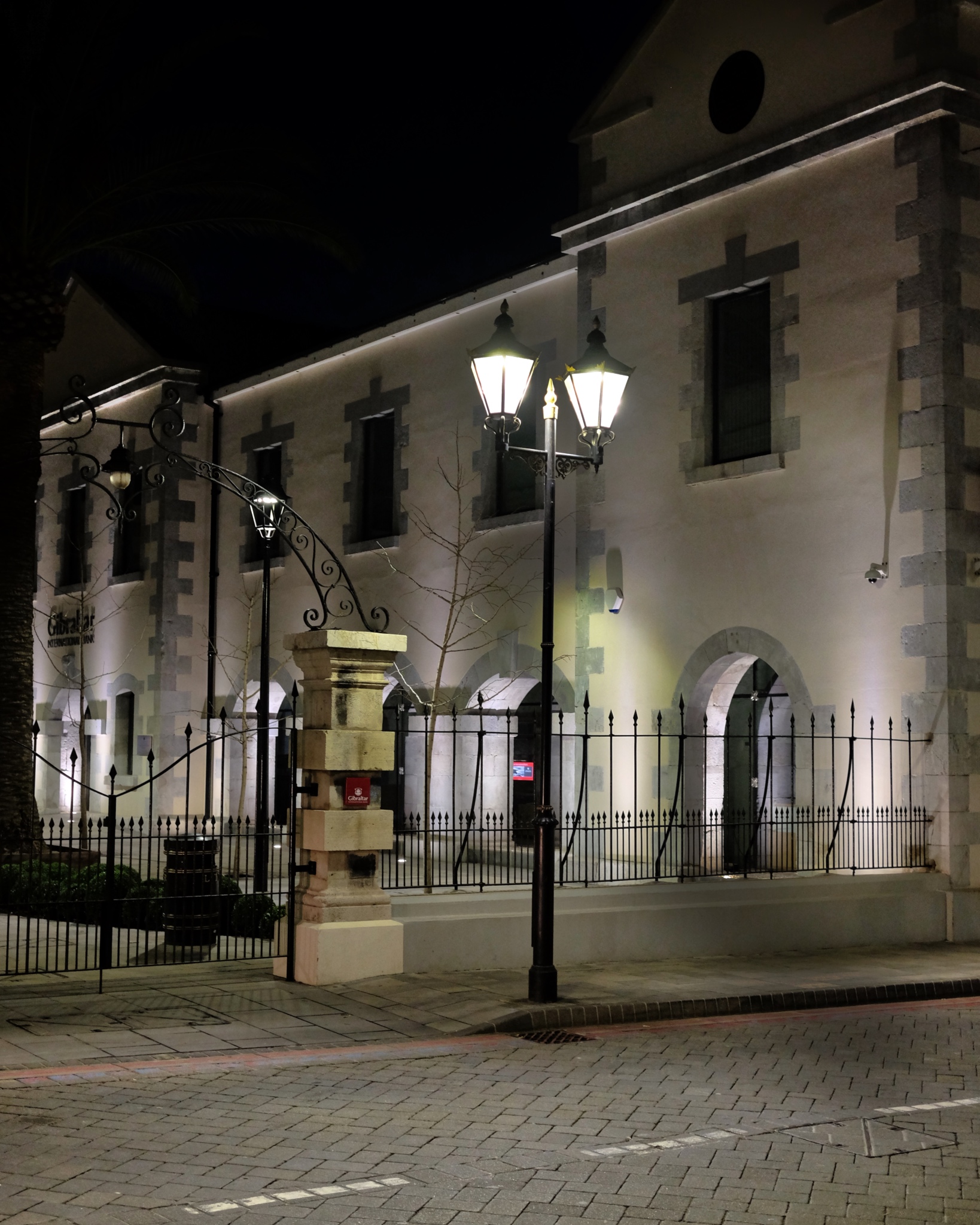 The historic government buildings were closed. Not a soul around.
The historic government buildings were closed. Not a soul around.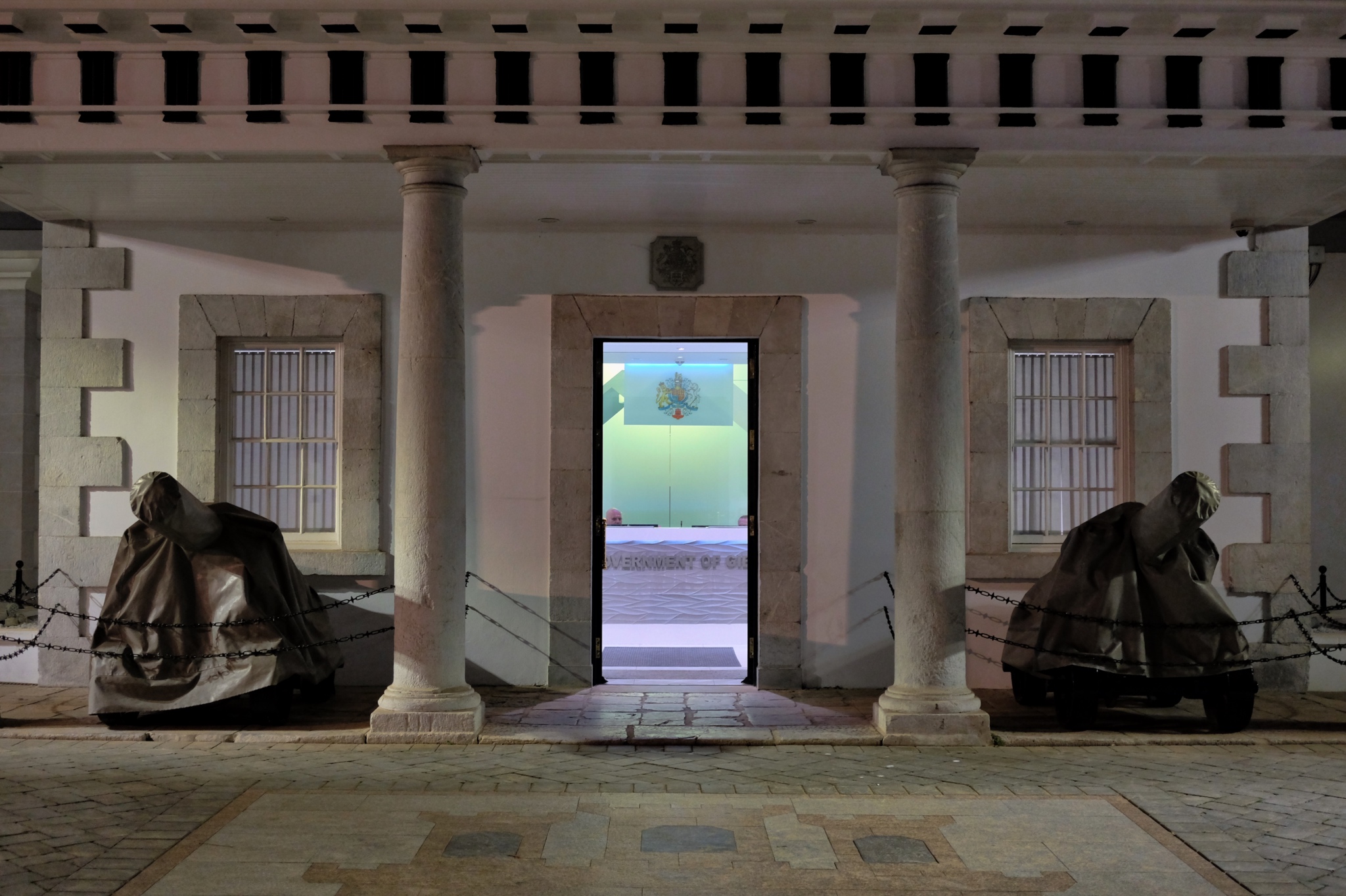 The "Government Of" . . . something or other at 01:00. Wonderful lighting . . . and only me there to see it. This must have been the police station; otherwise why were there still two men sitting behind the counter at that late hour?
The "Government Of" . . . something or other at 01:00. Wonderful lighting . . . and only me there to see it. This must have been the police station; otherwise why were there still two men sitting behind the counter at that late hour?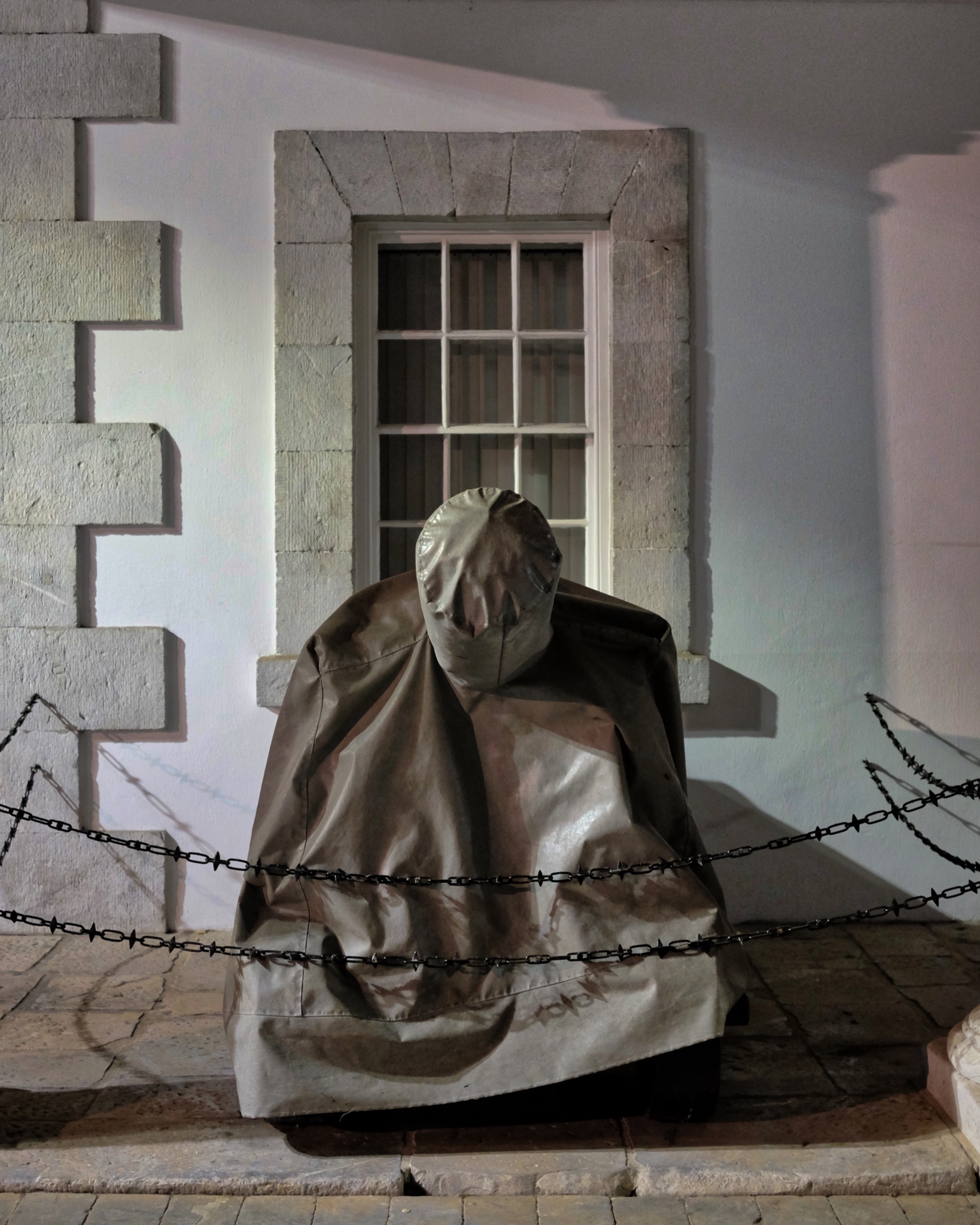 Such scrumptious shapes, line, color, shadow, and light.
Such scrumptious shapes, line, color, shadow, and light.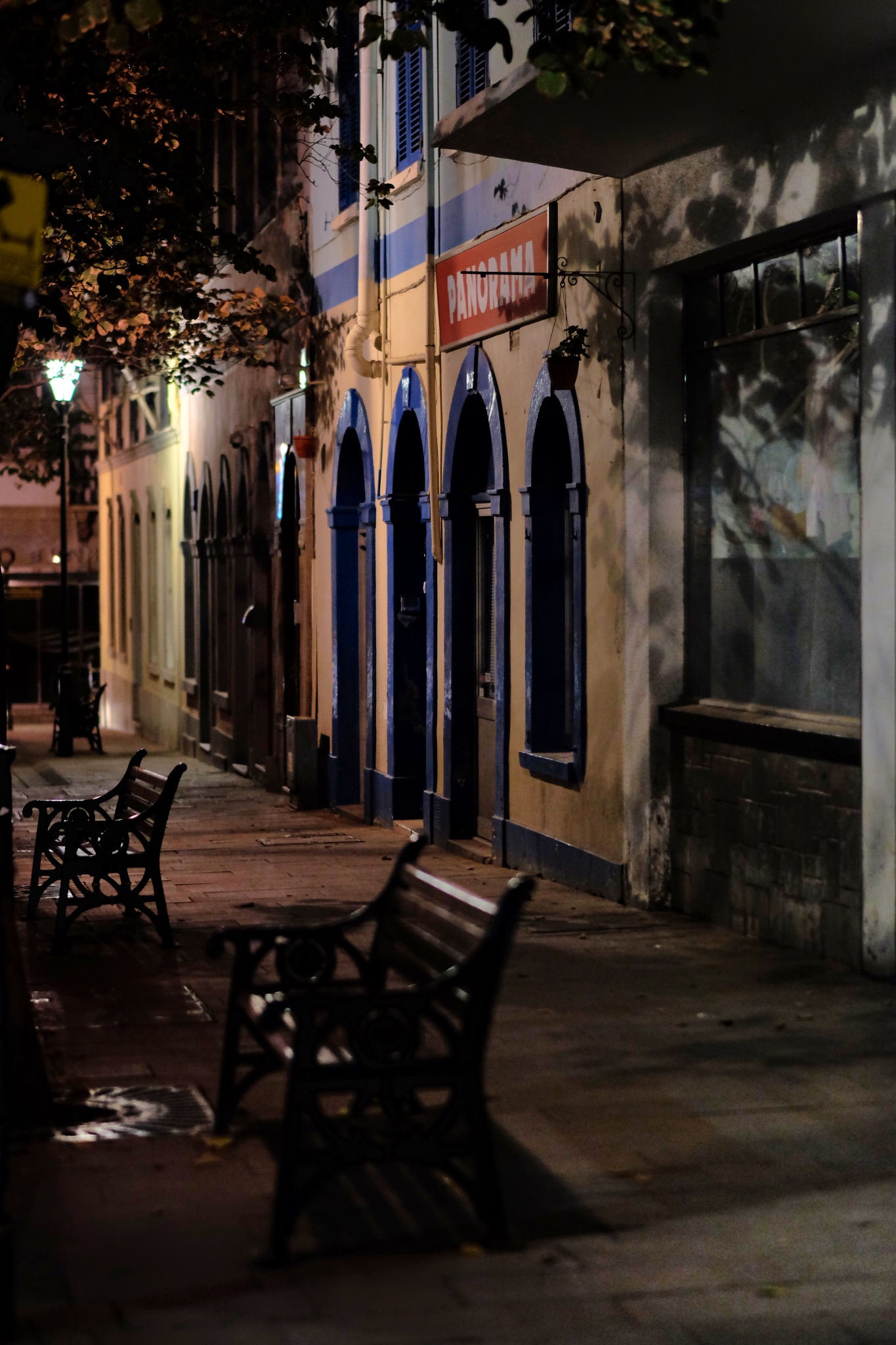 I walked through these same streets several times during the day without really noticing the relationships between shapes and structures . . .
I walked through these same streets several times during the day without really noticing the relationships between shapes and structures . . .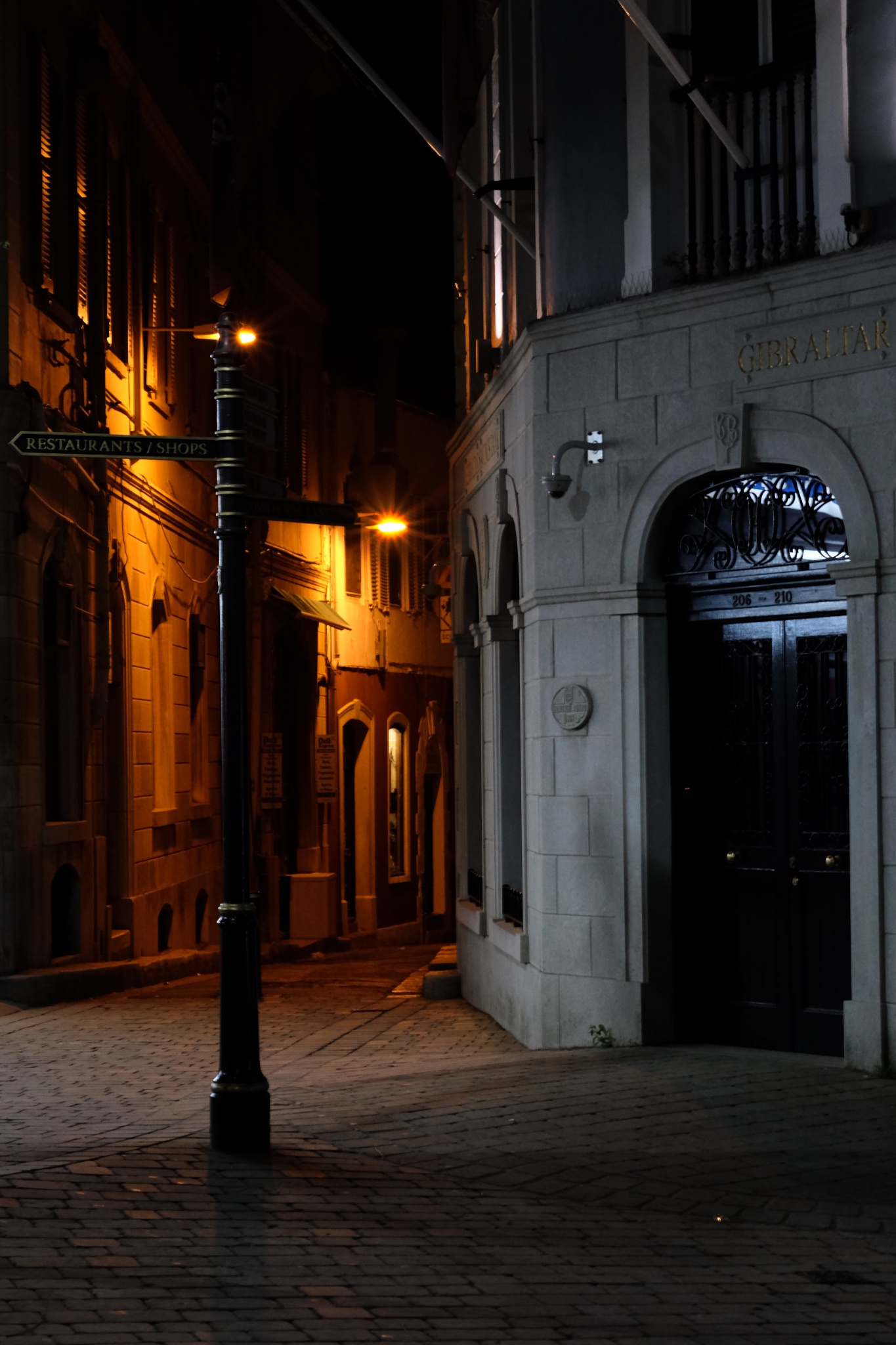 An inviting passage to . . . . who knows where.
An inviting passage to . . . . who knows where.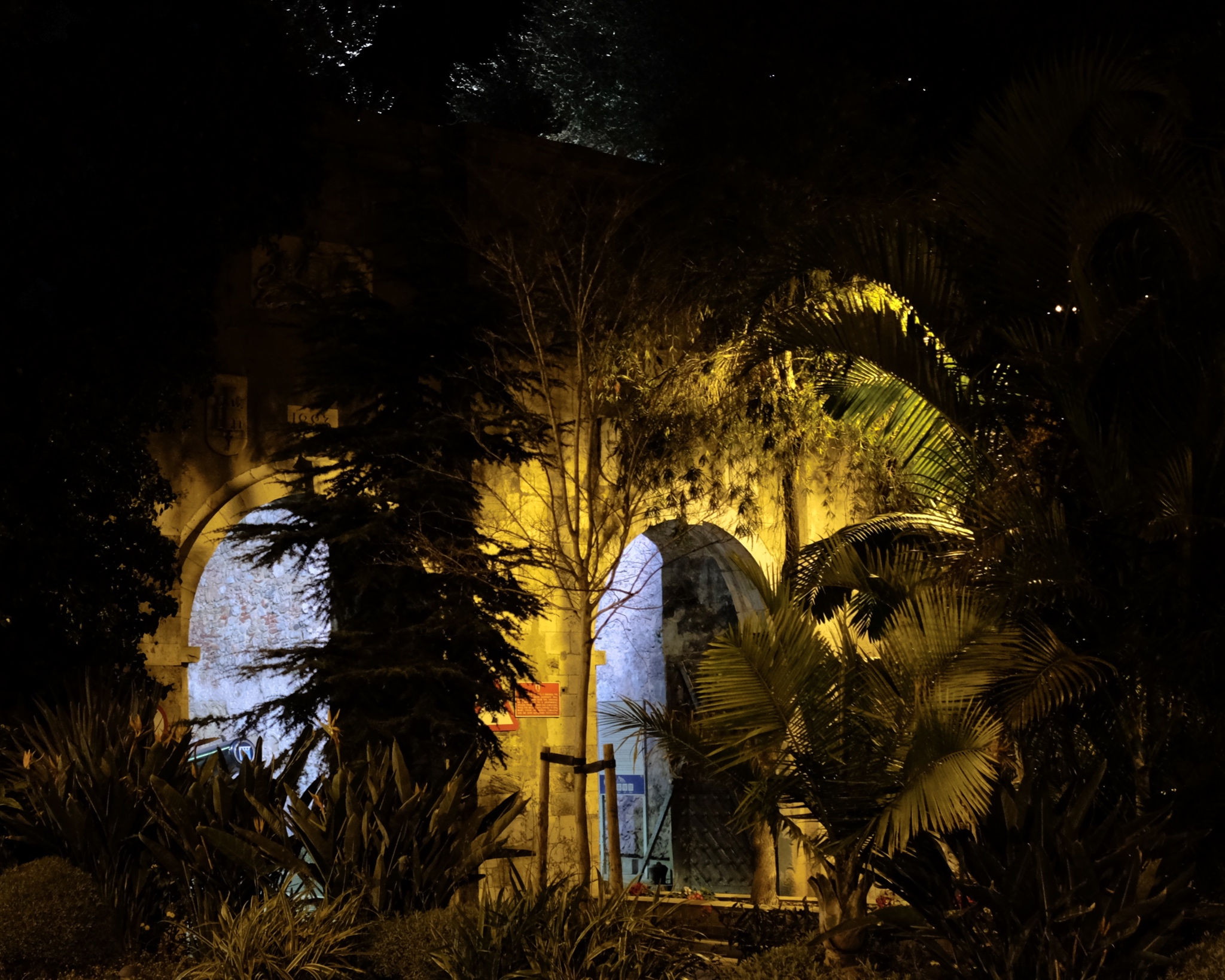 I literally walked from one end of the town to the other in only two hours . . . back out the southern city gate . . .
I literally walked from one end of the town to the other in only two hours . . . back out the southern city gate . . .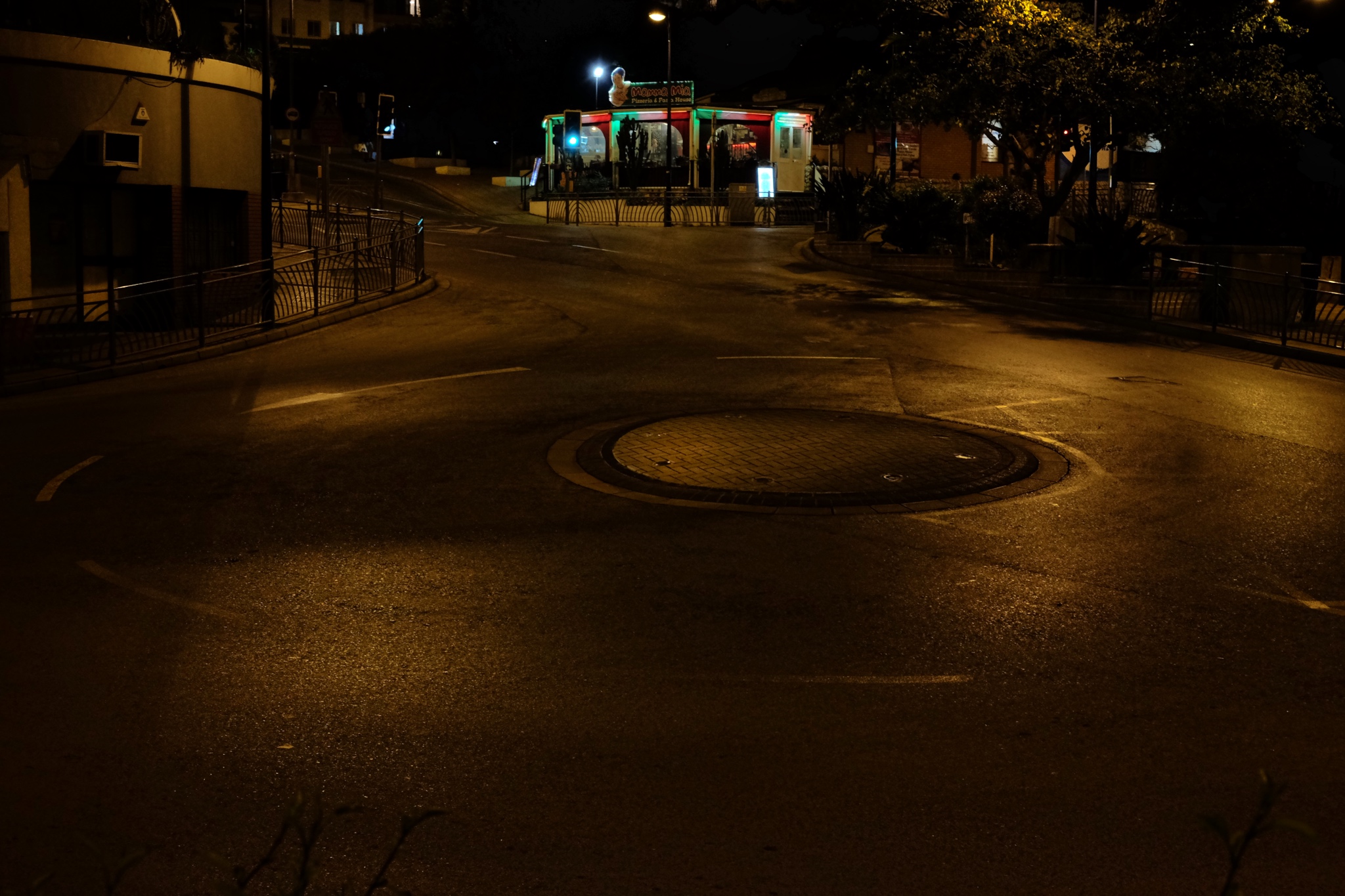 I walked all the eay back an abandoned traffic circle . . . and then back to my nearby hotel. I had had such an inspiring walkabout in the night streets of Gibraltar.
I walked all the eay back an abandoned traffic circle . . . and then back to my nearby hotel. I had had such an inspiring walkabout in the night streets of Gibraltar.